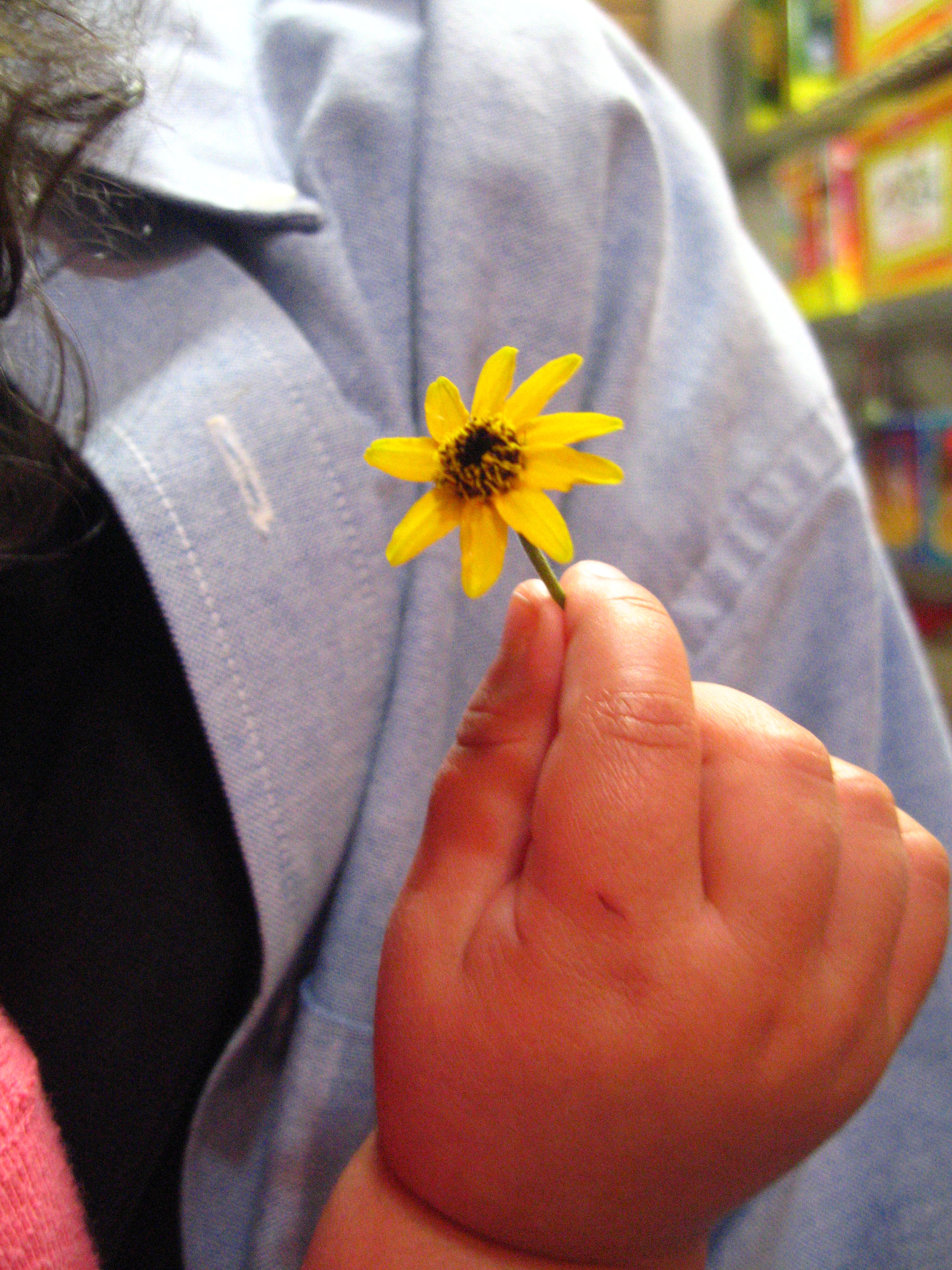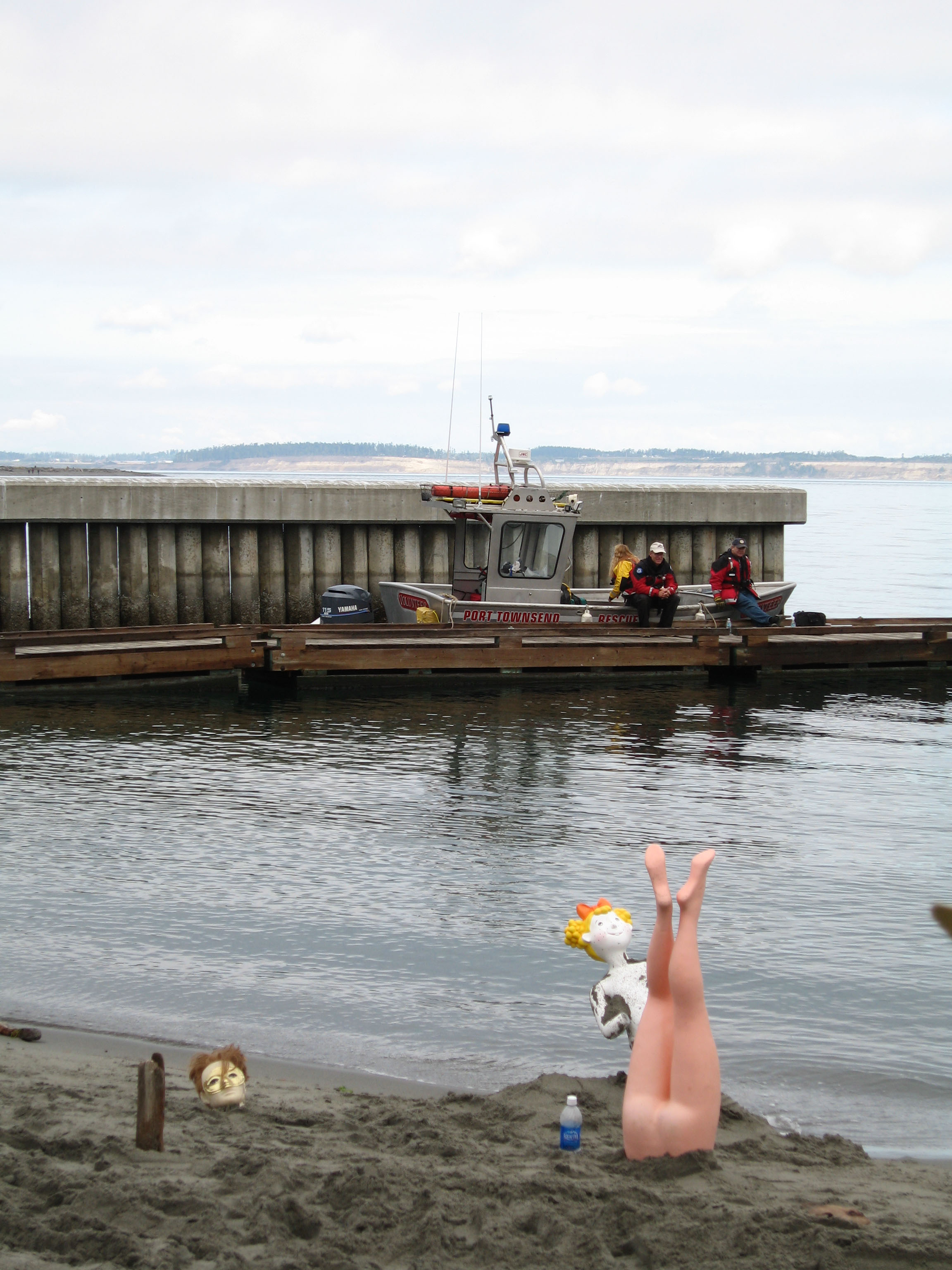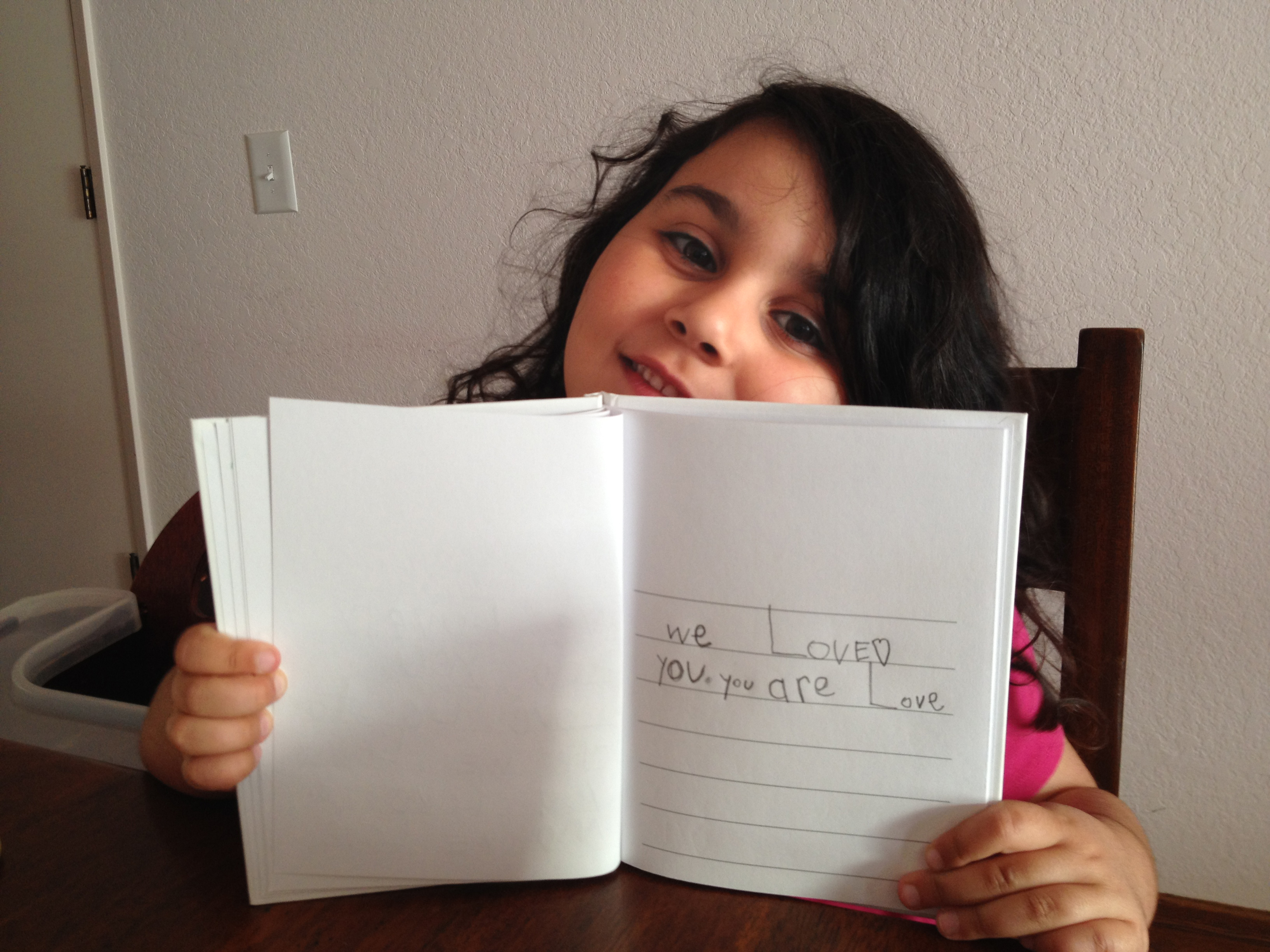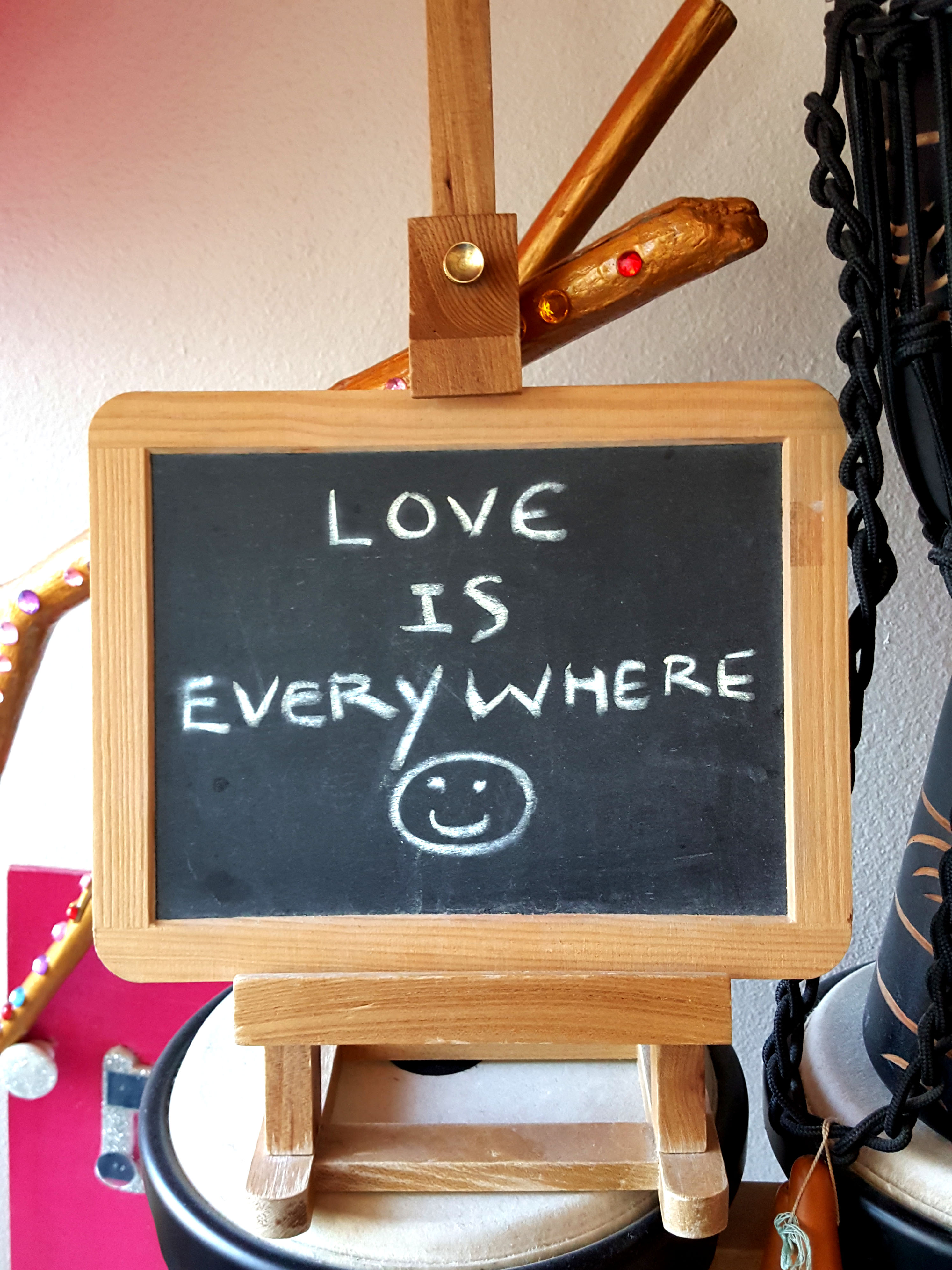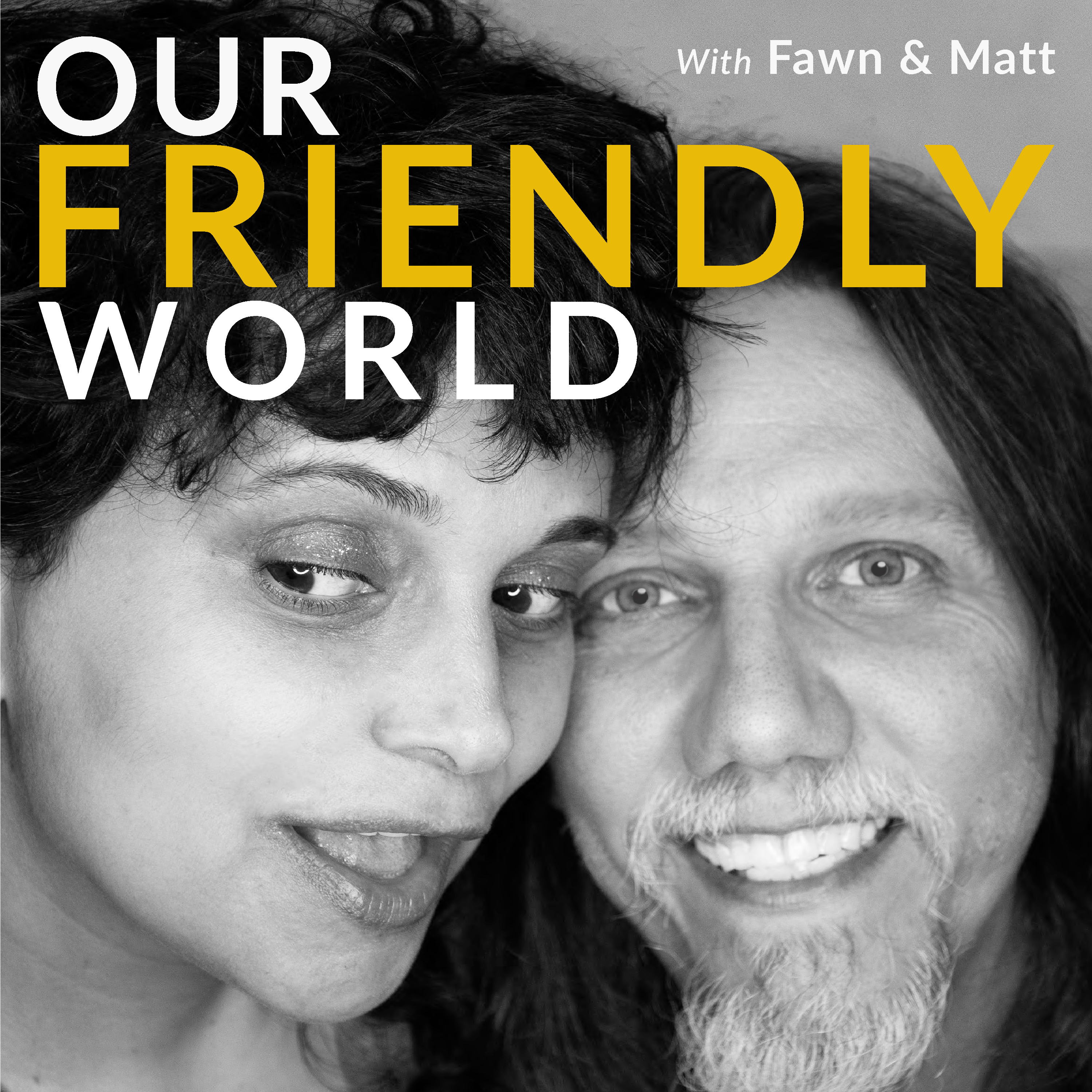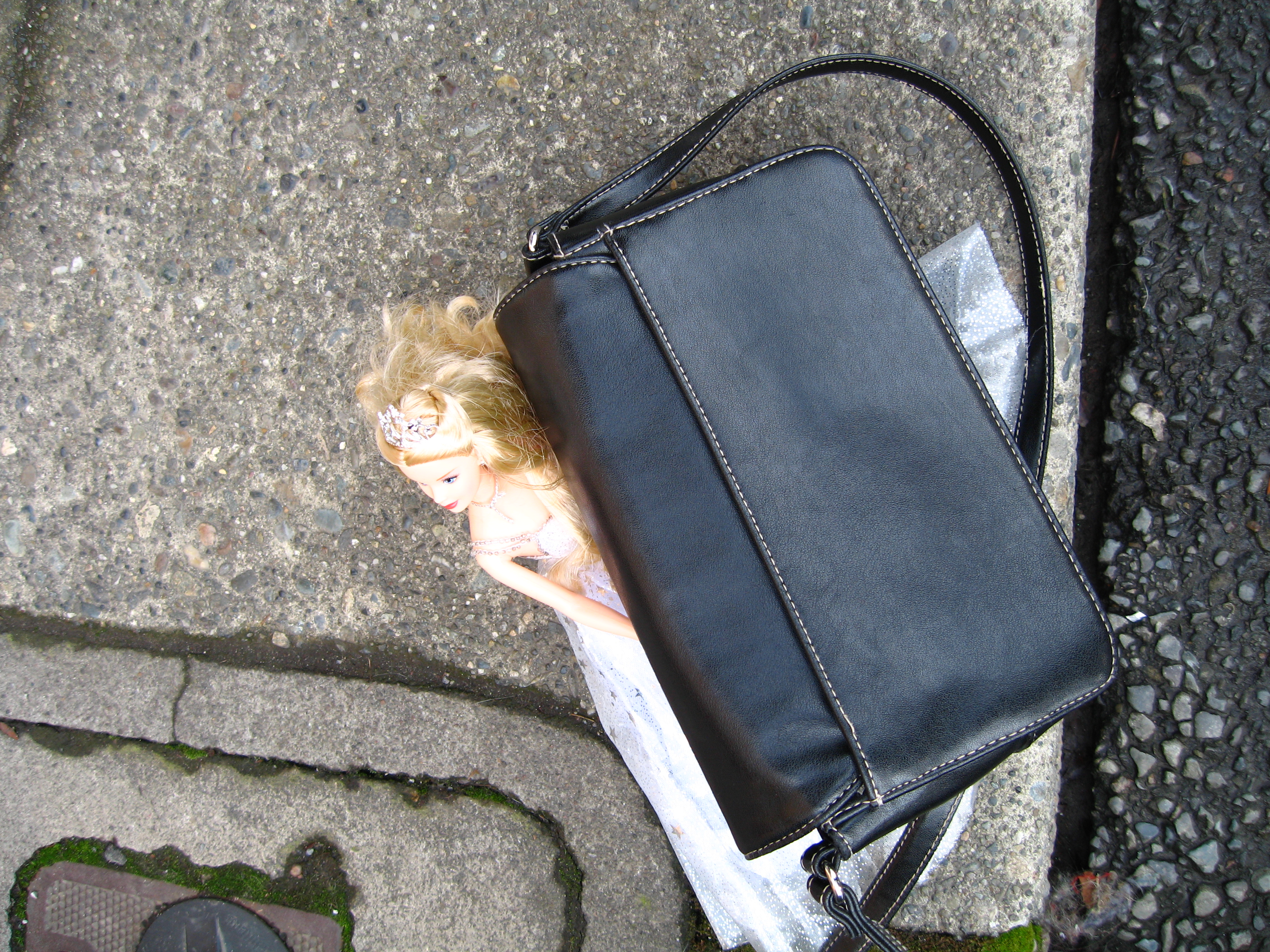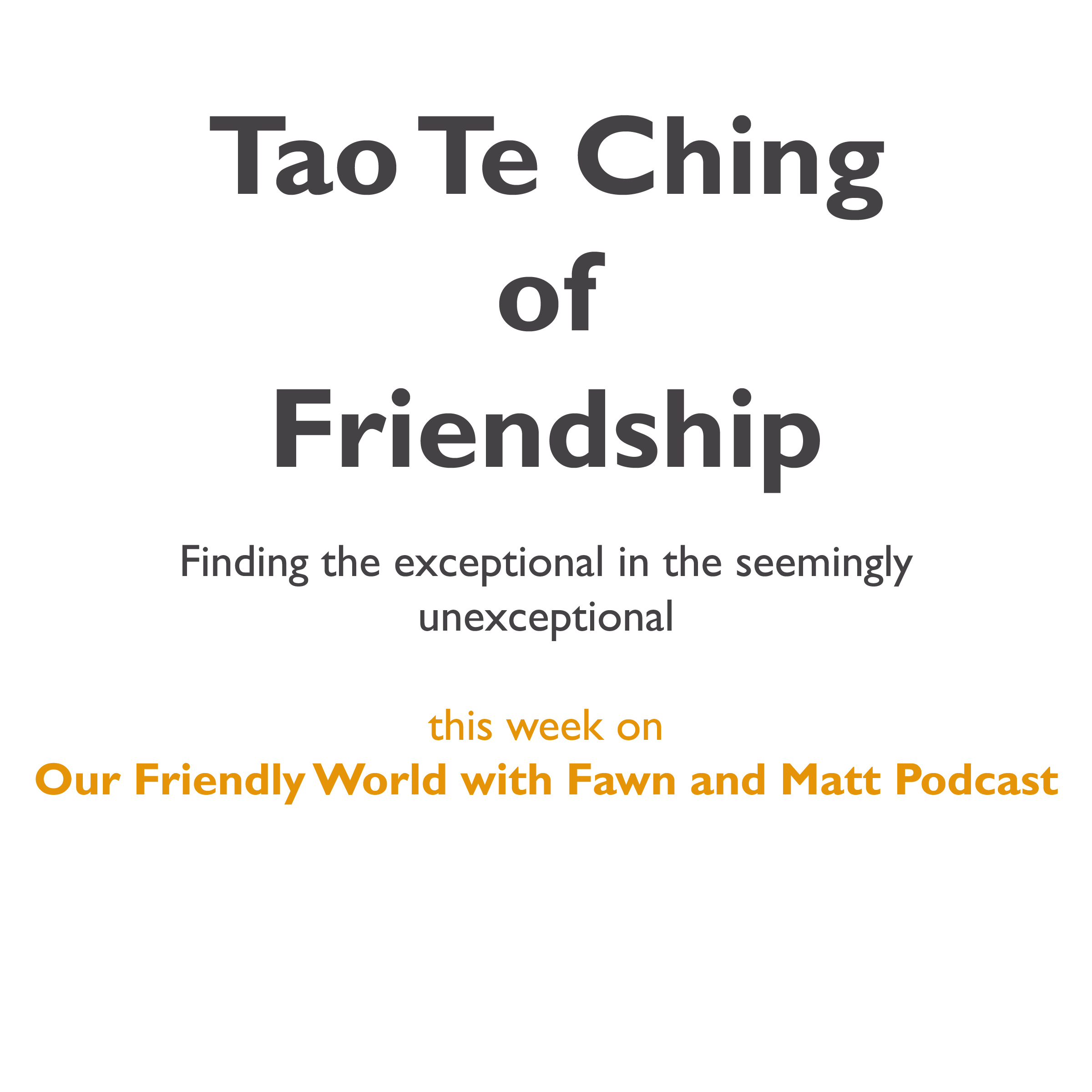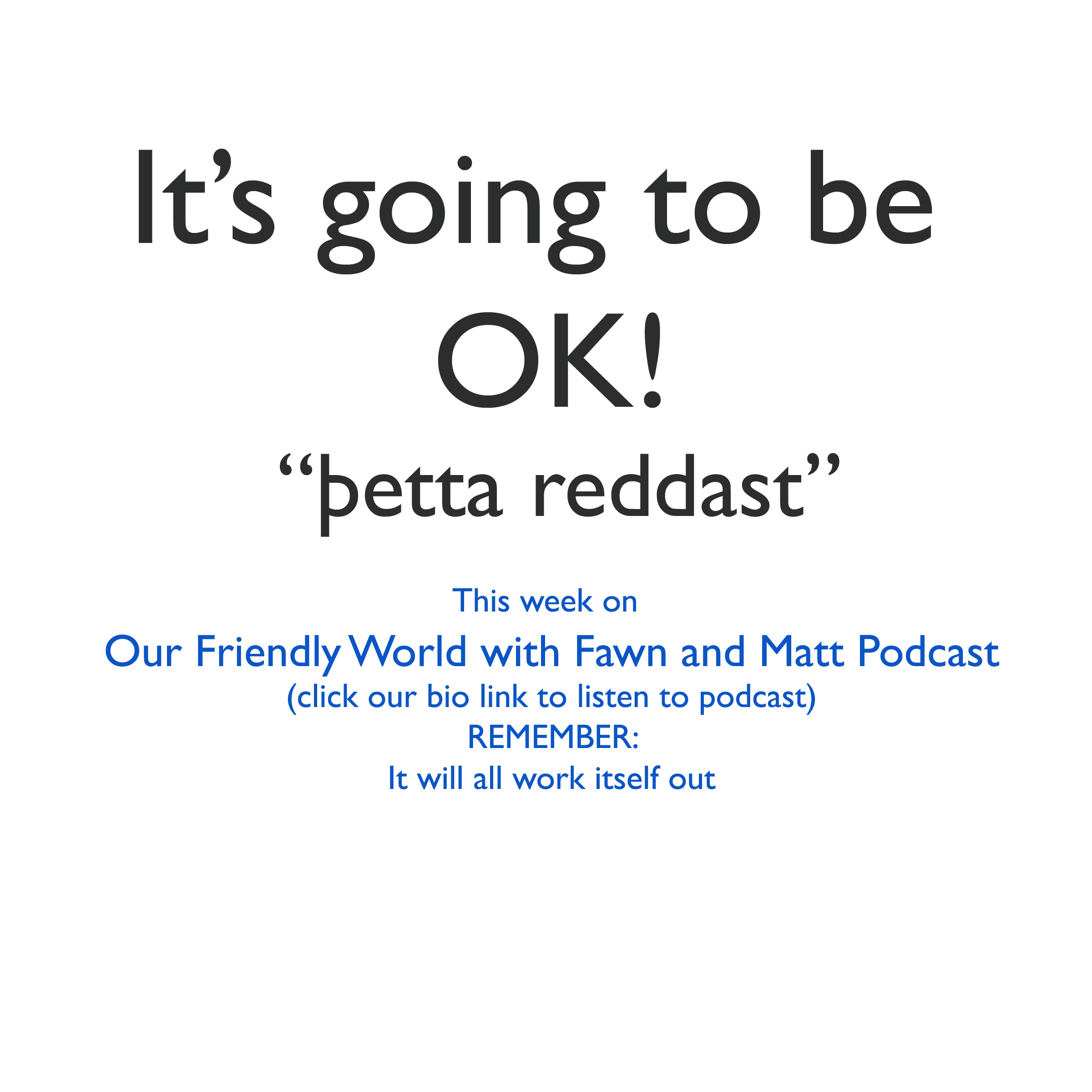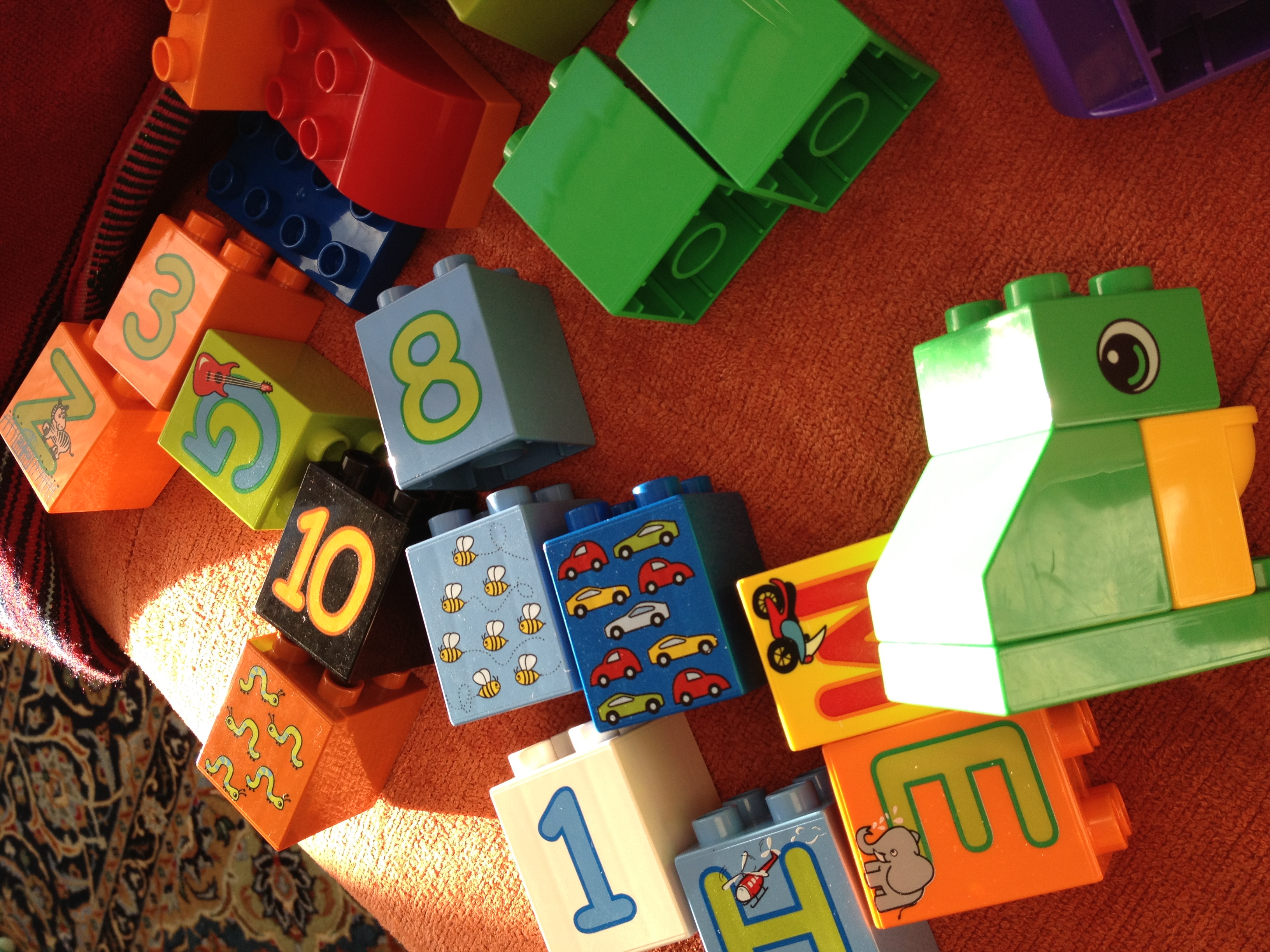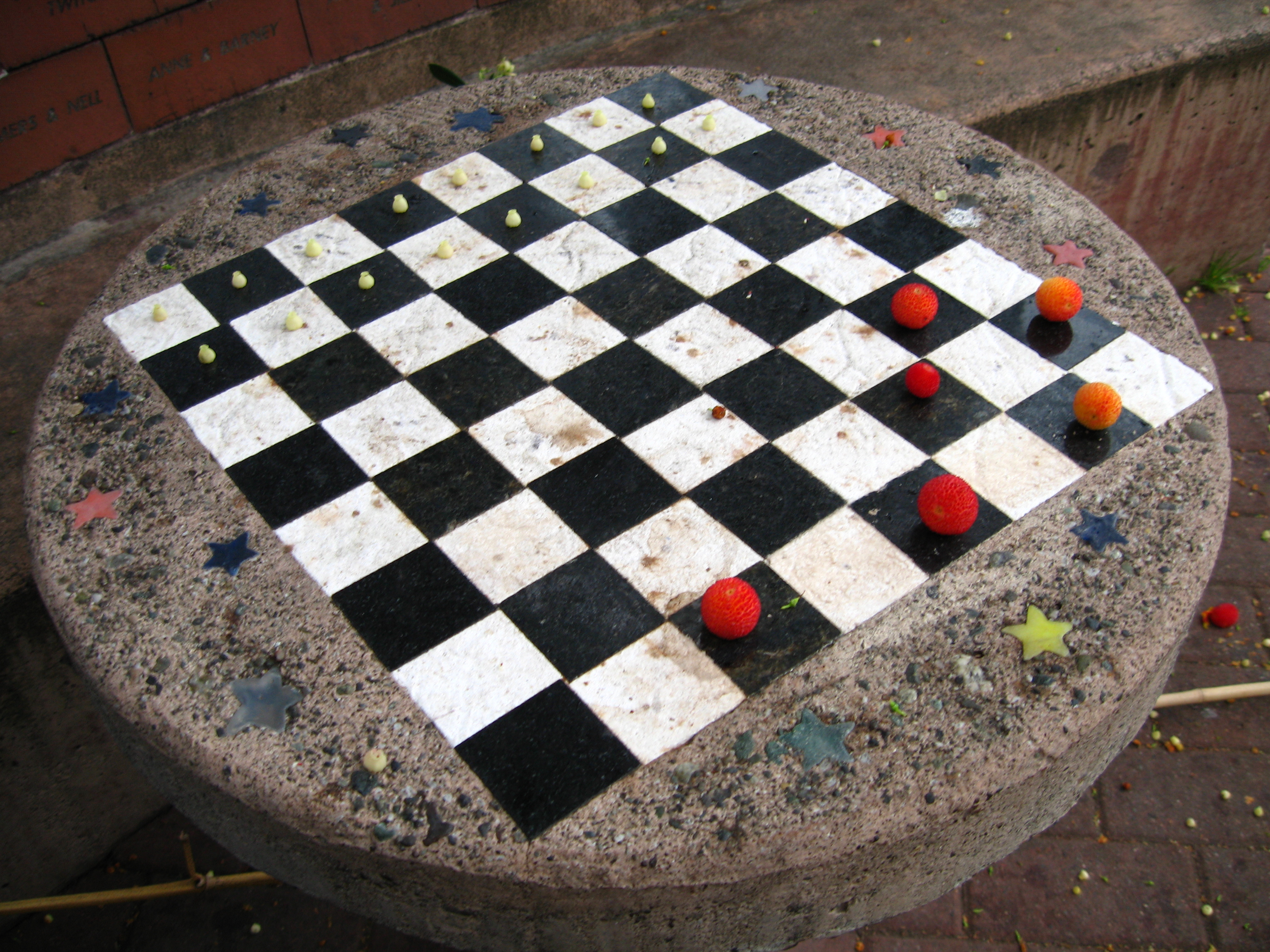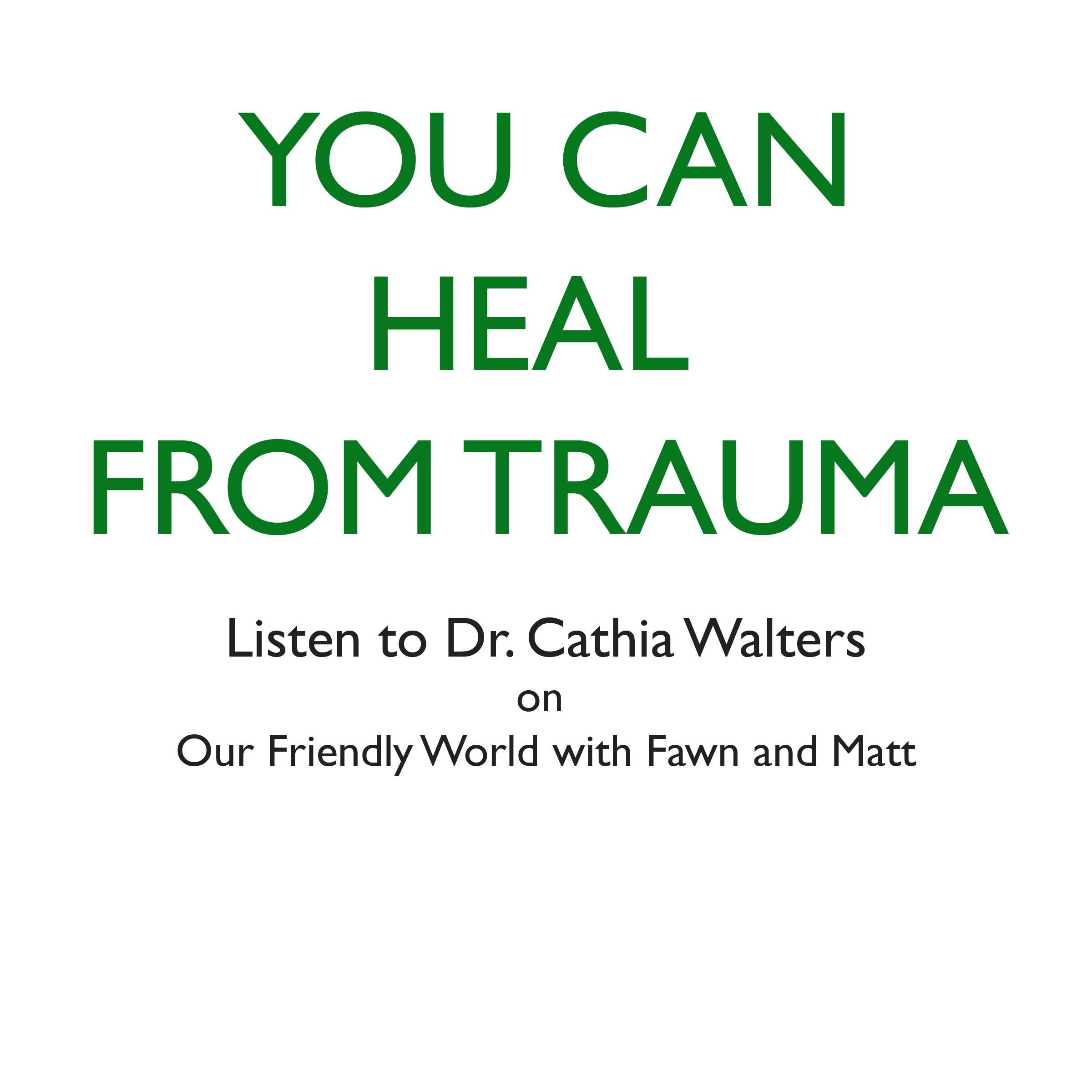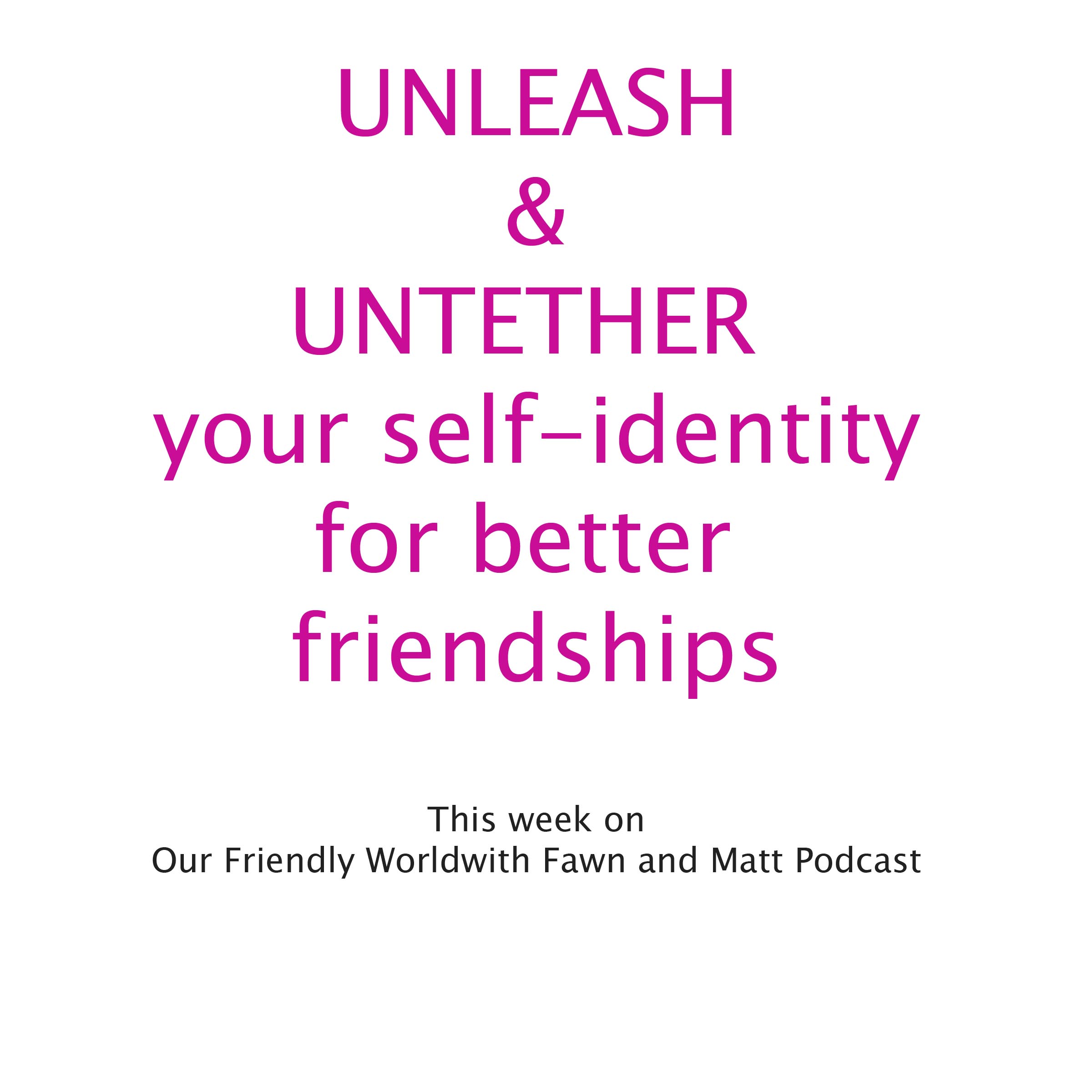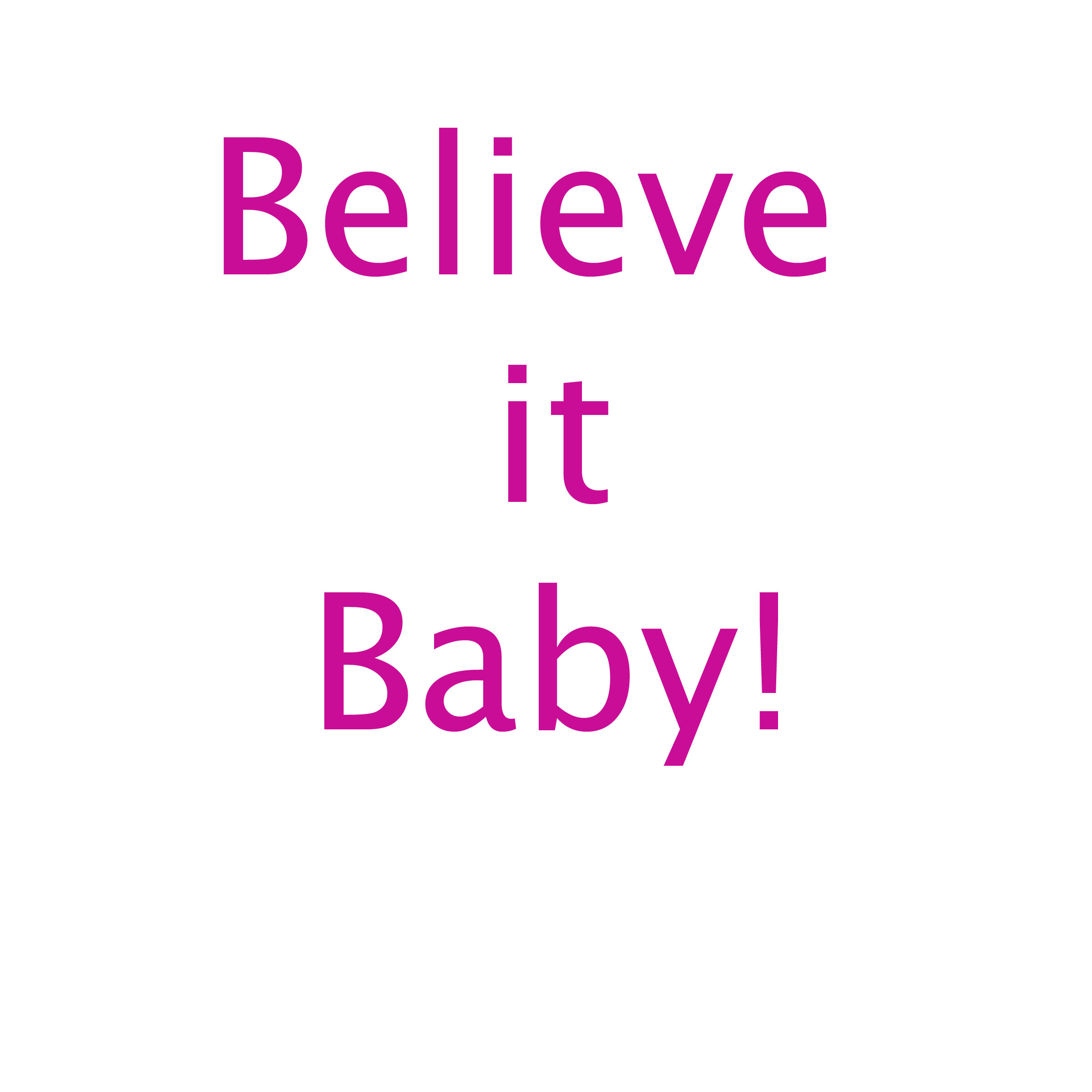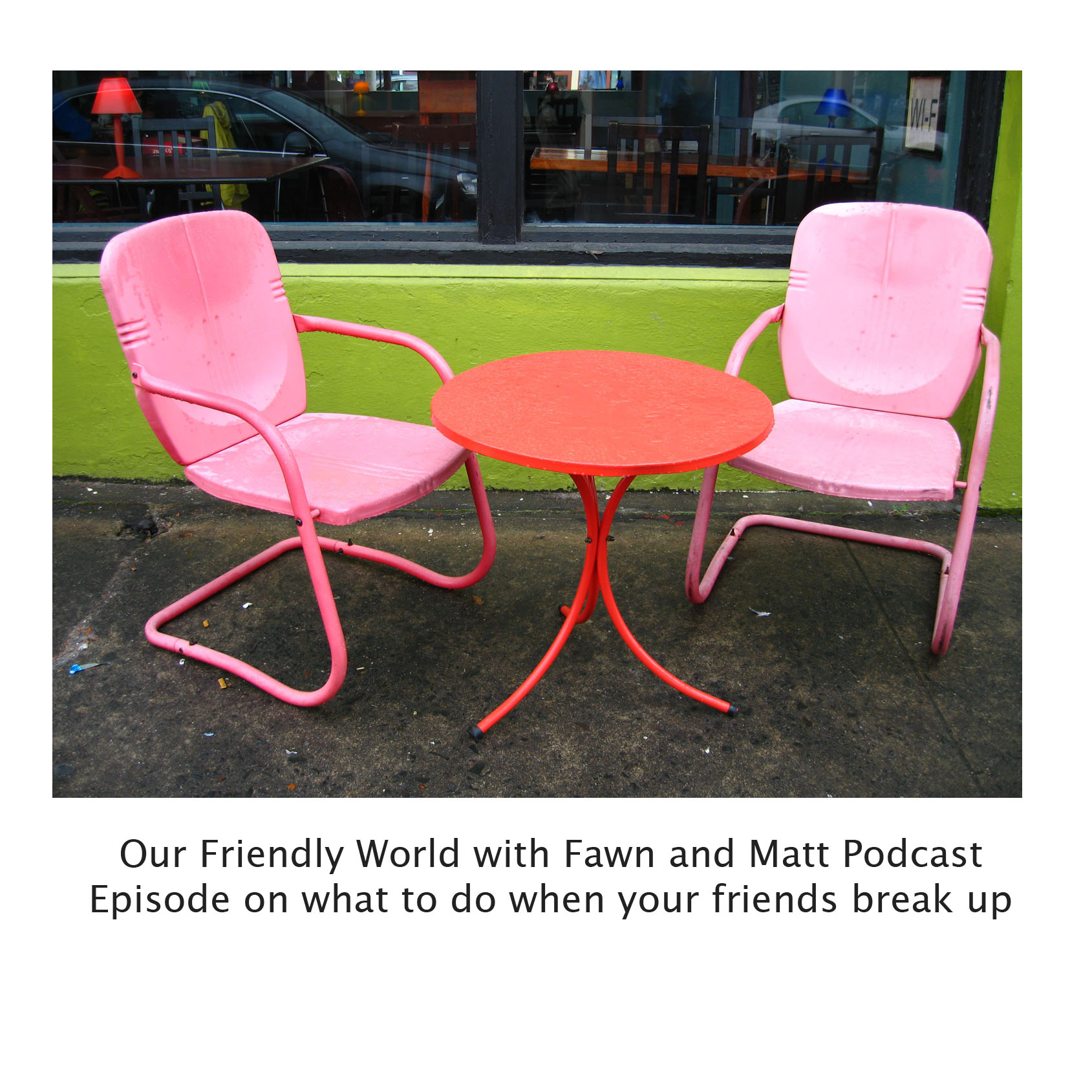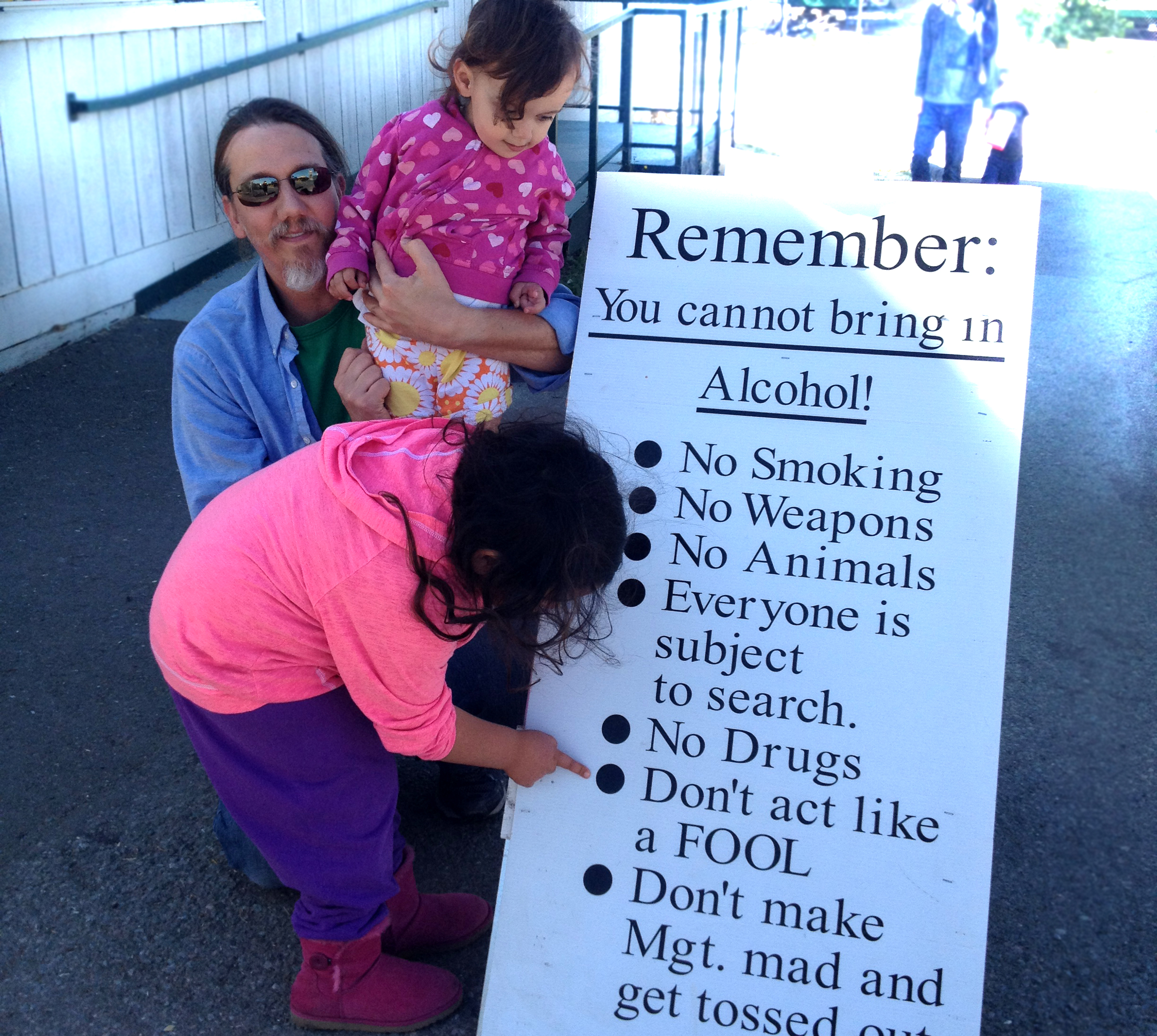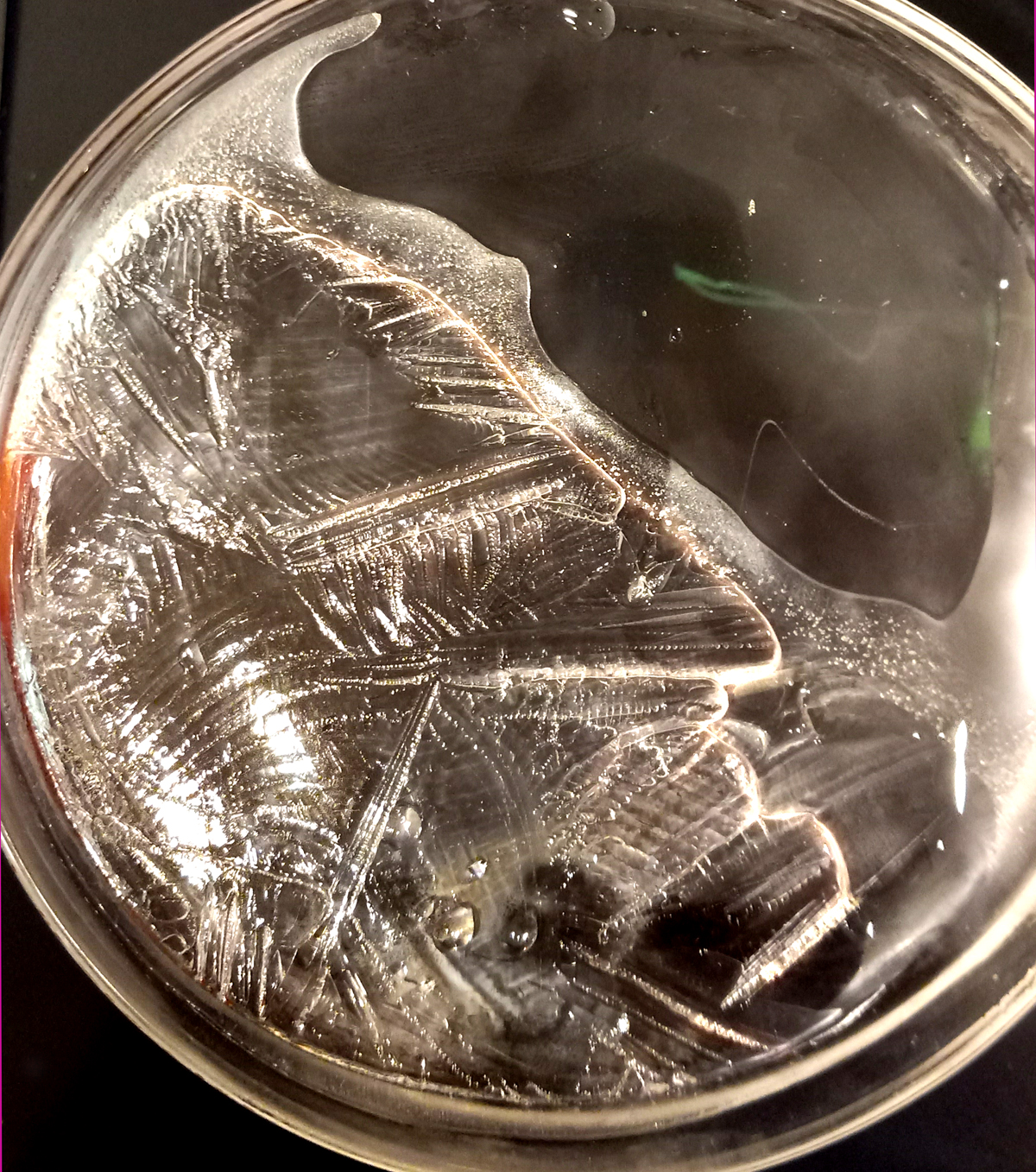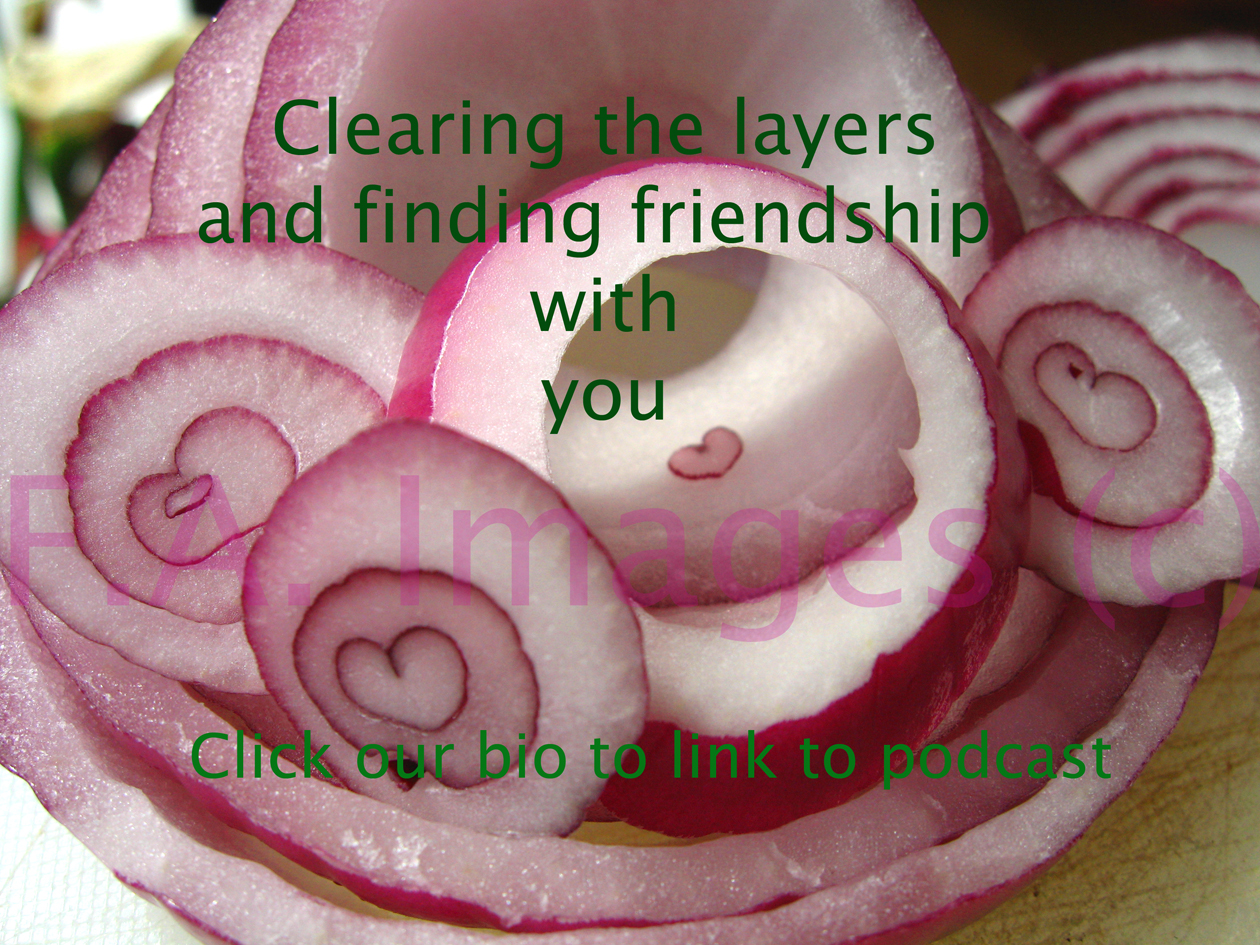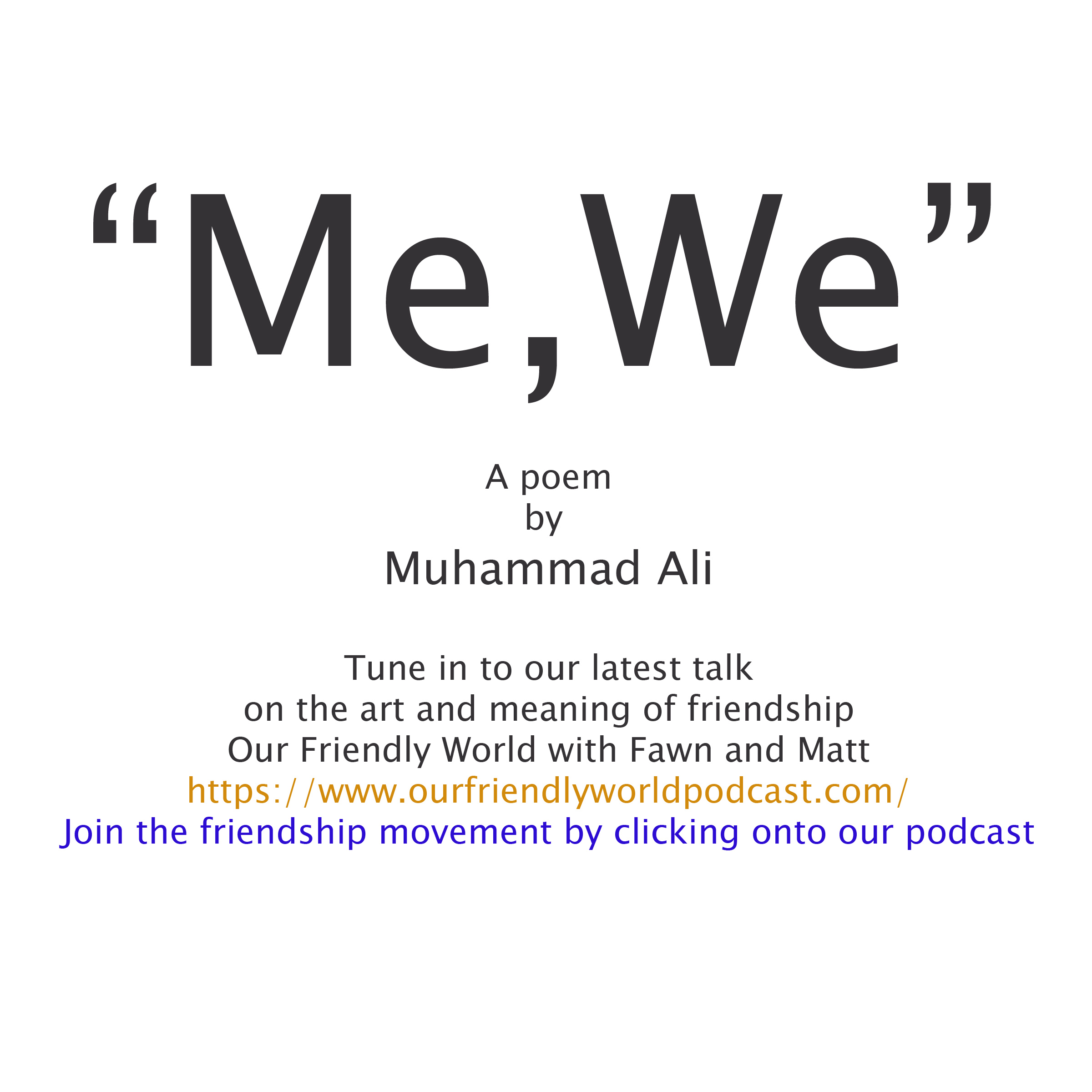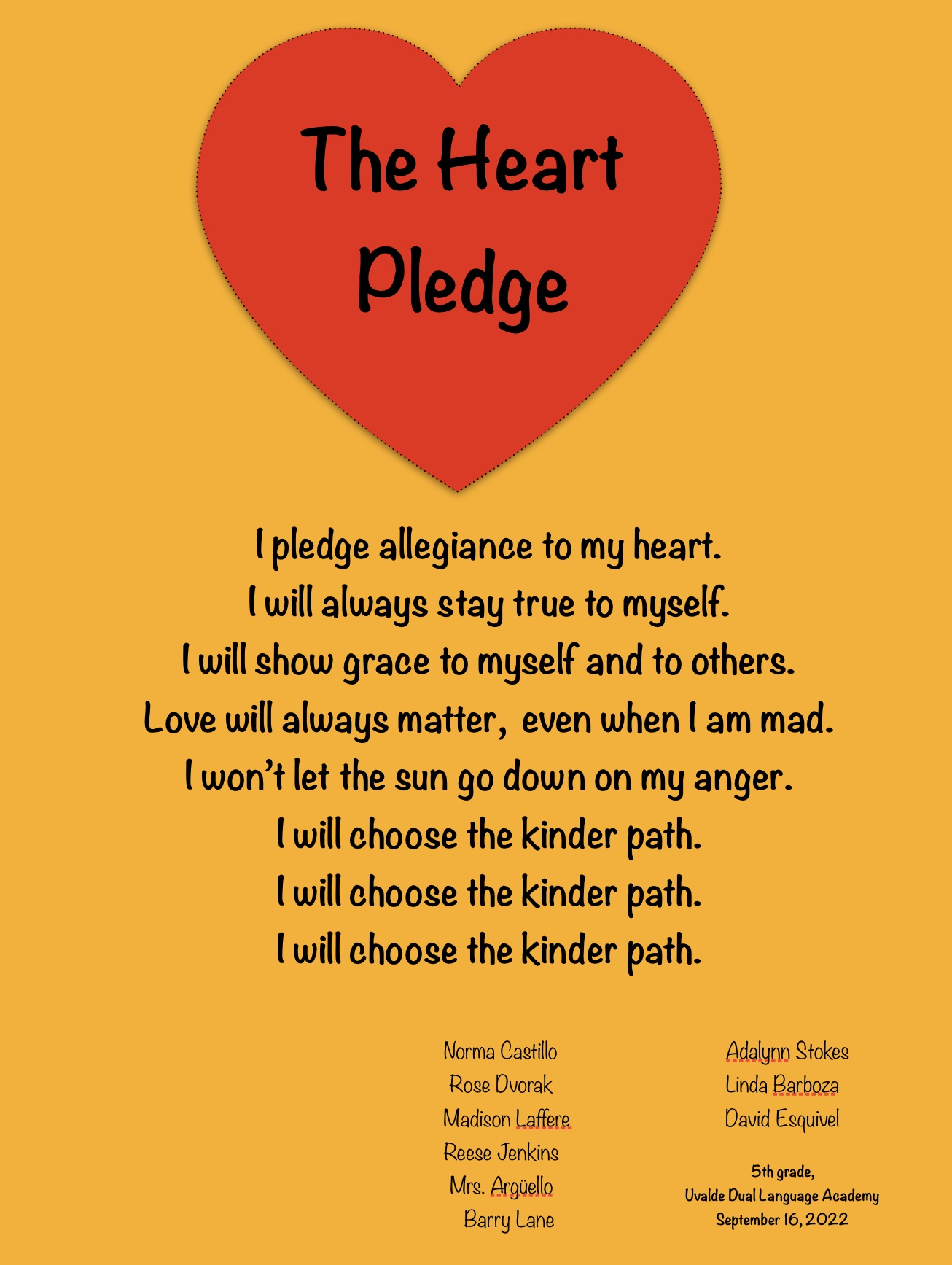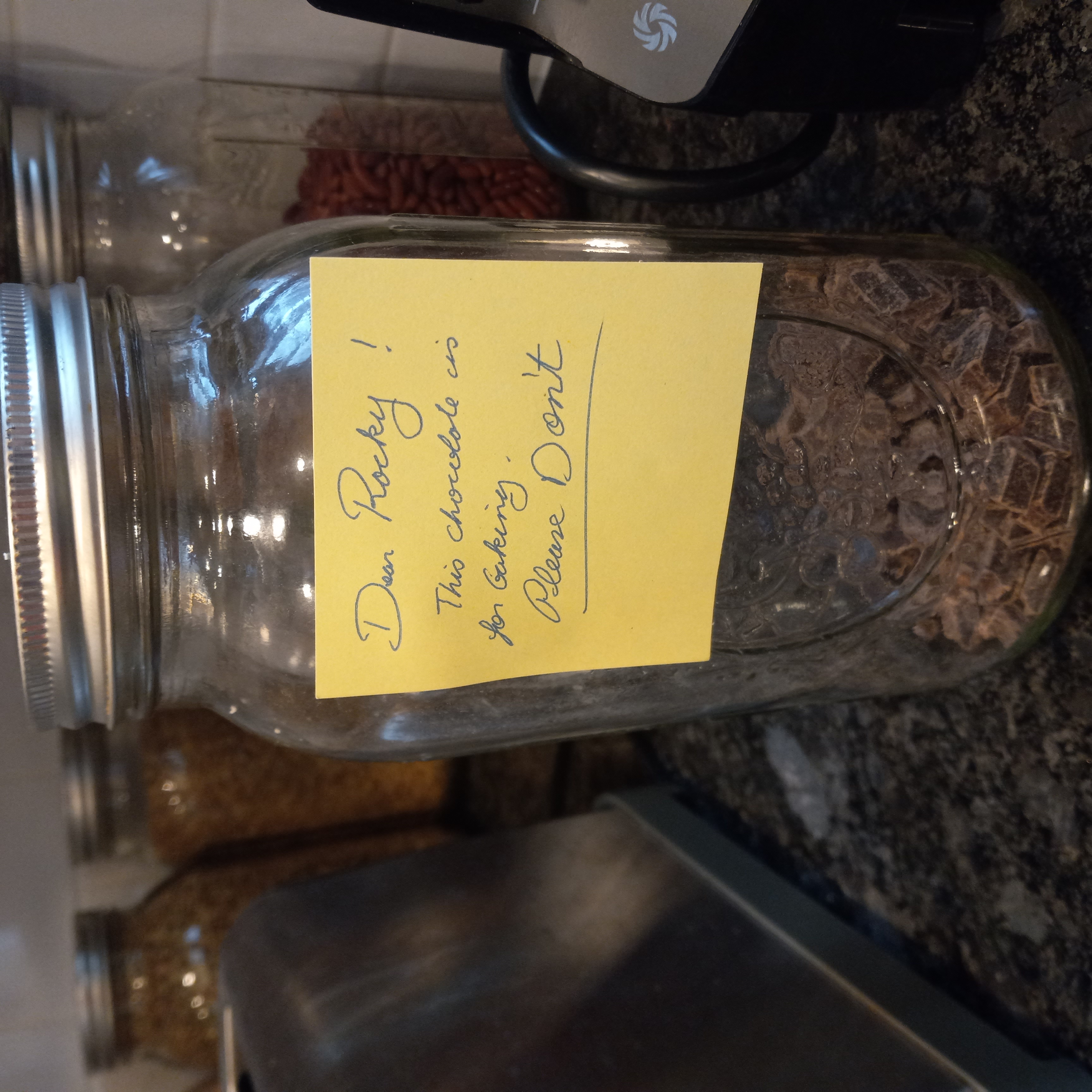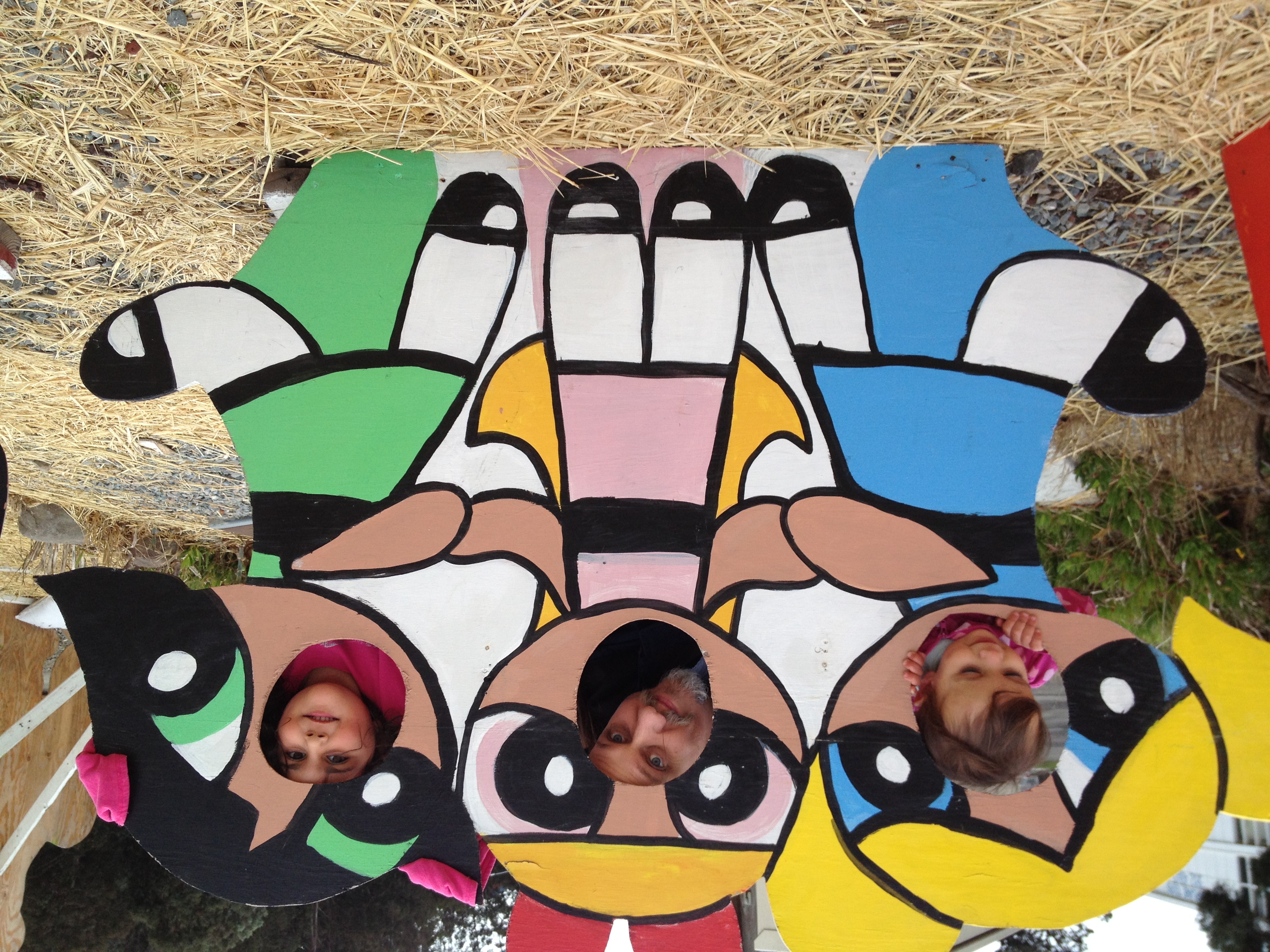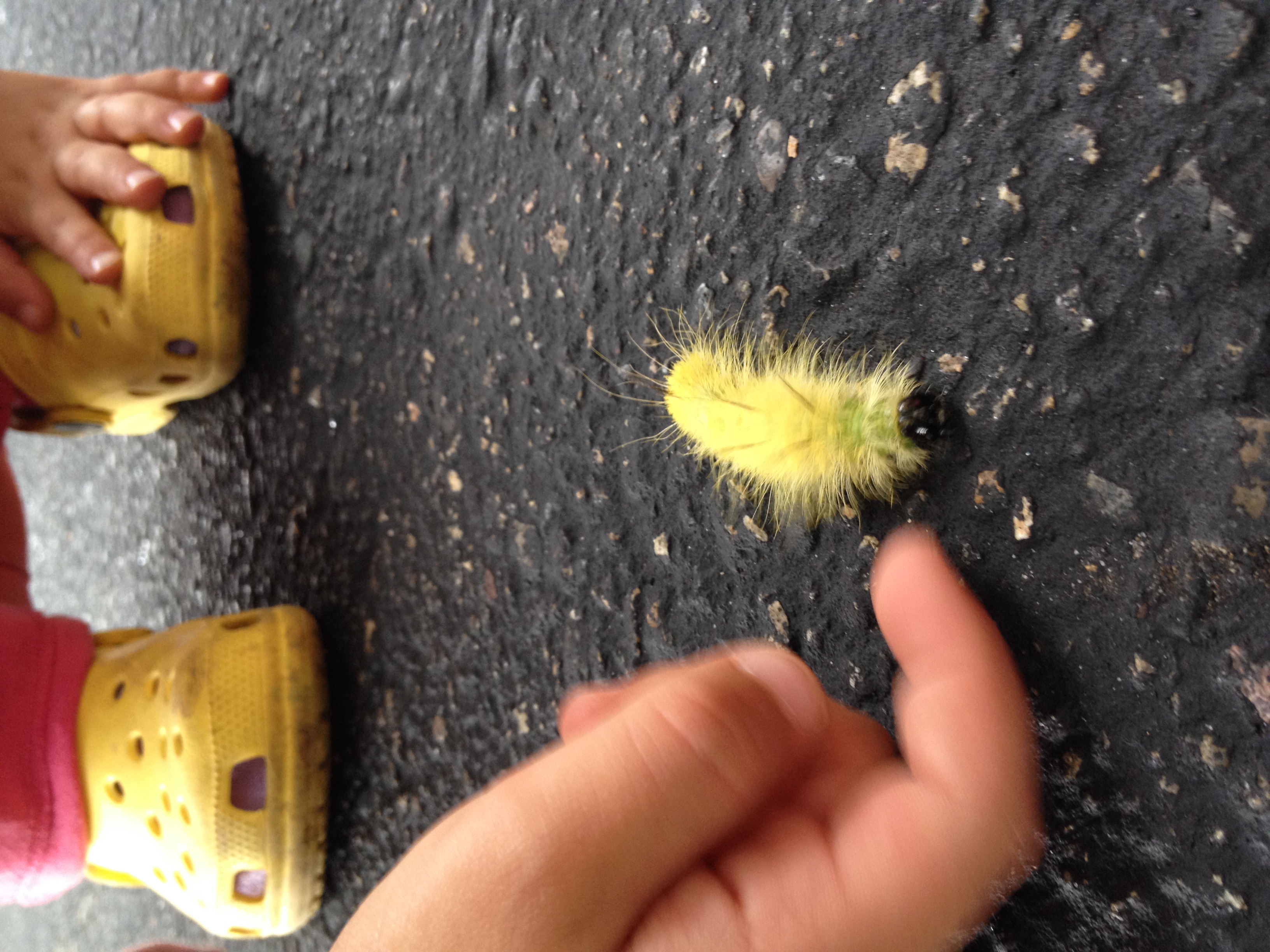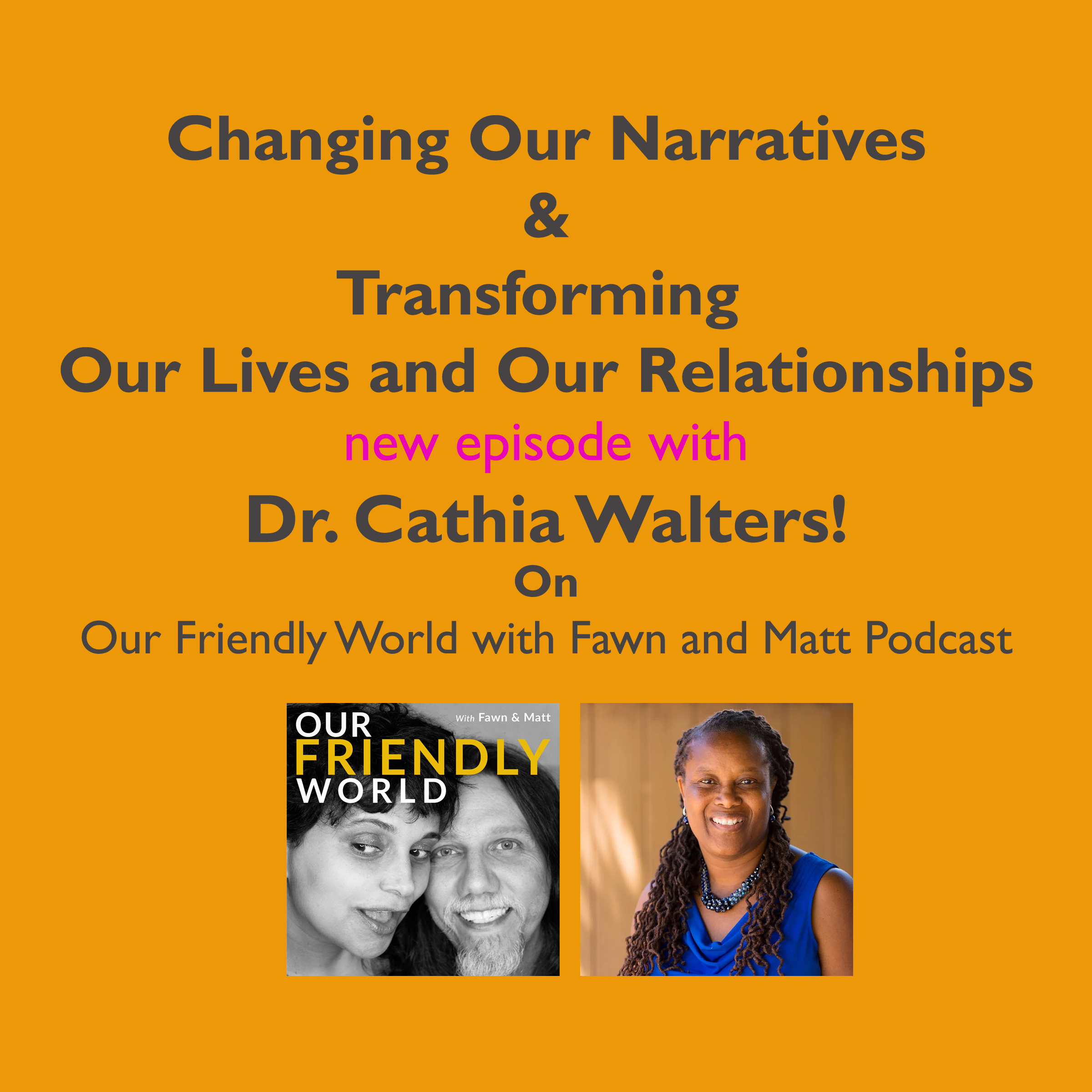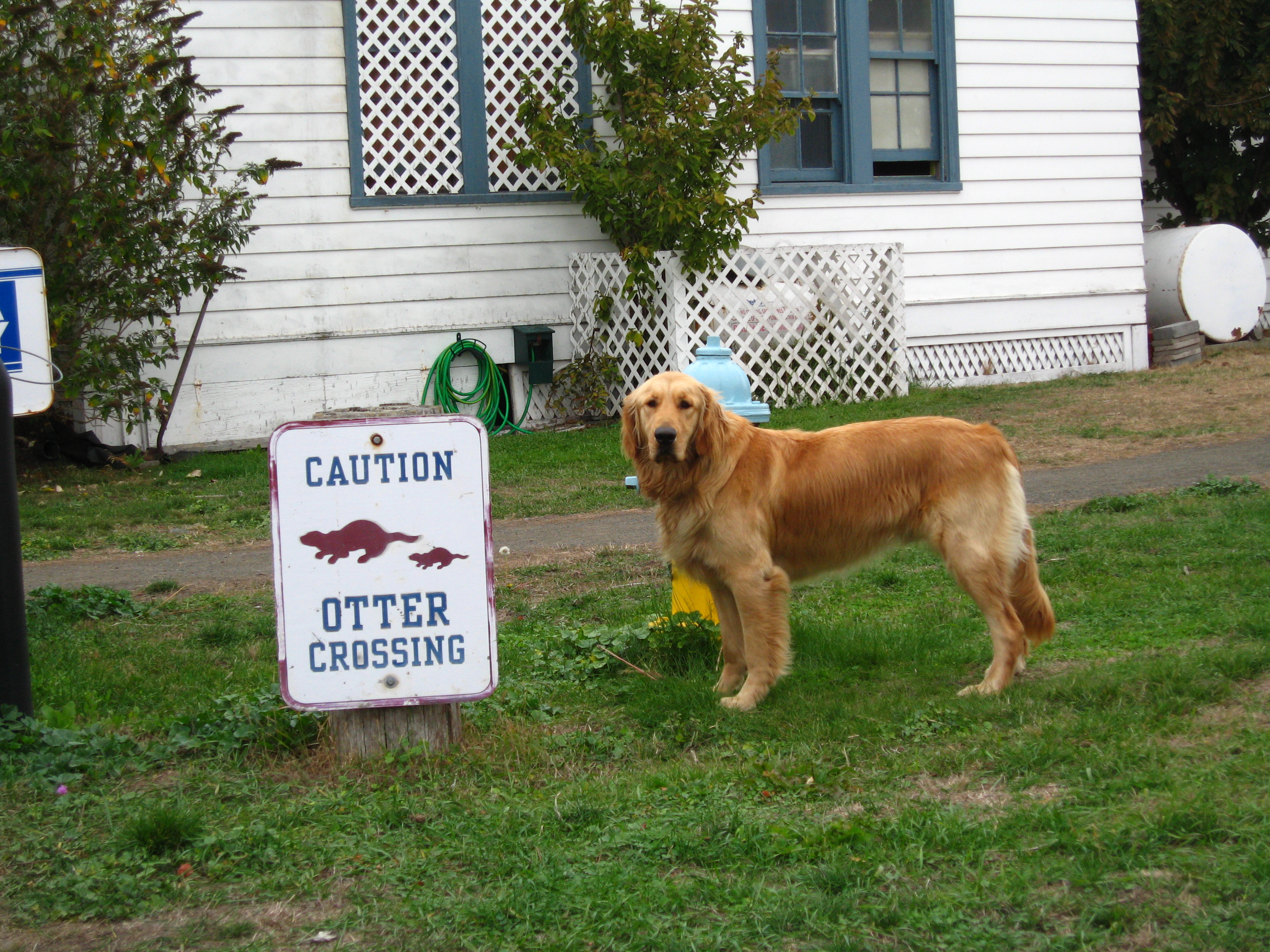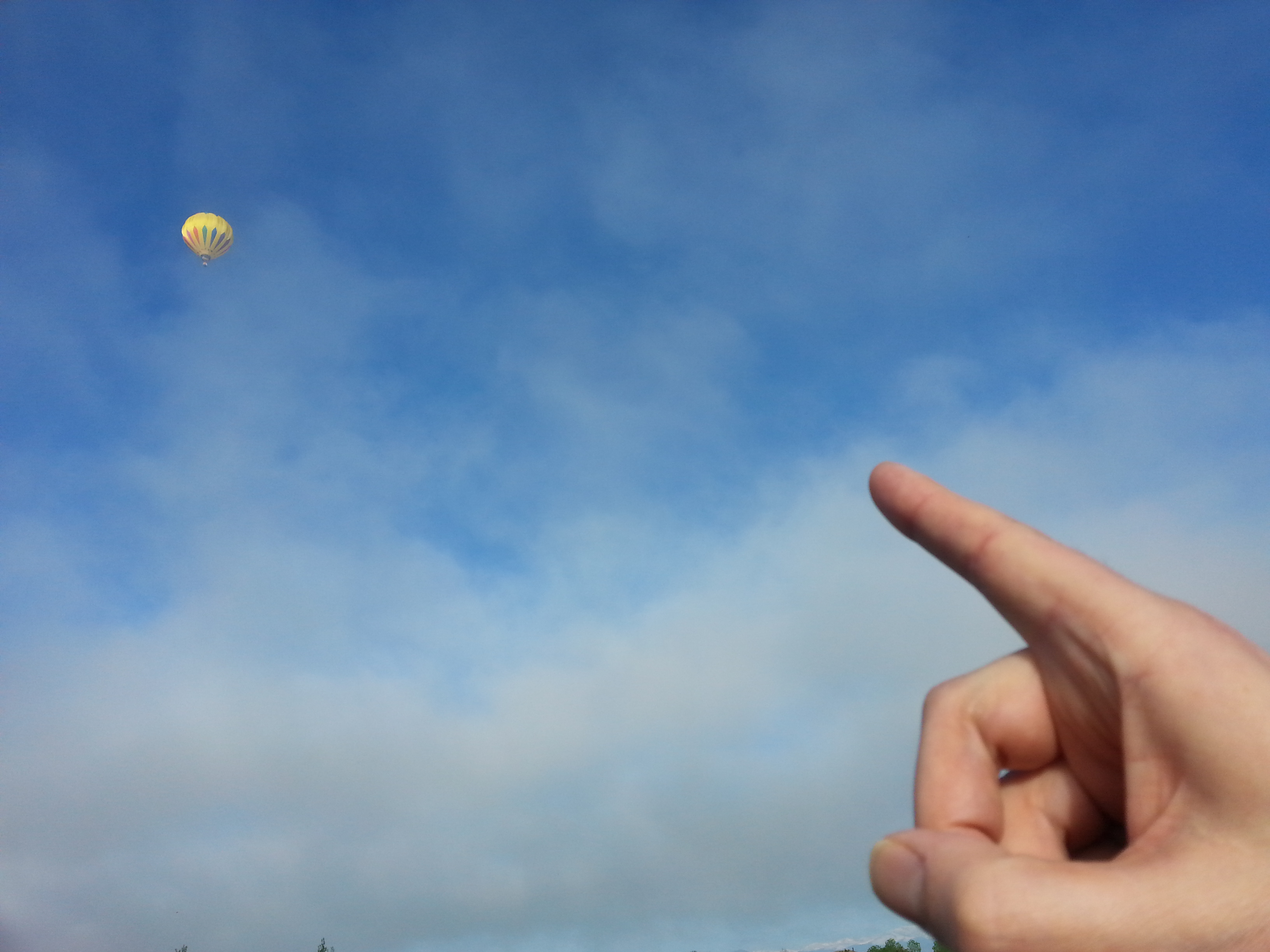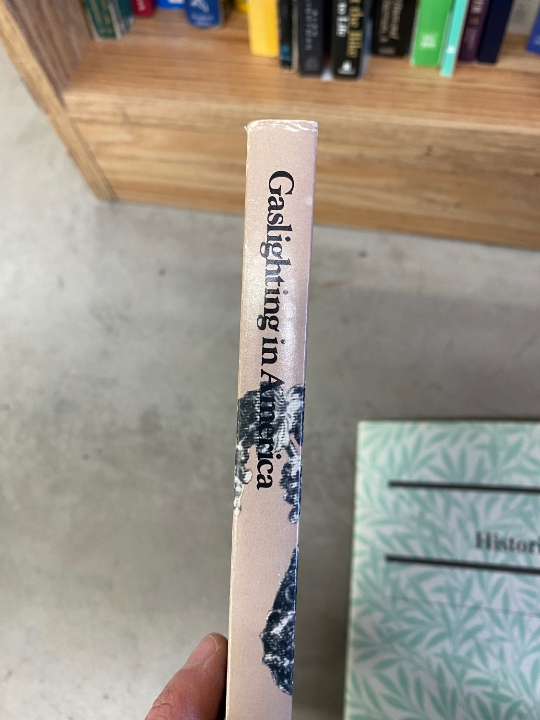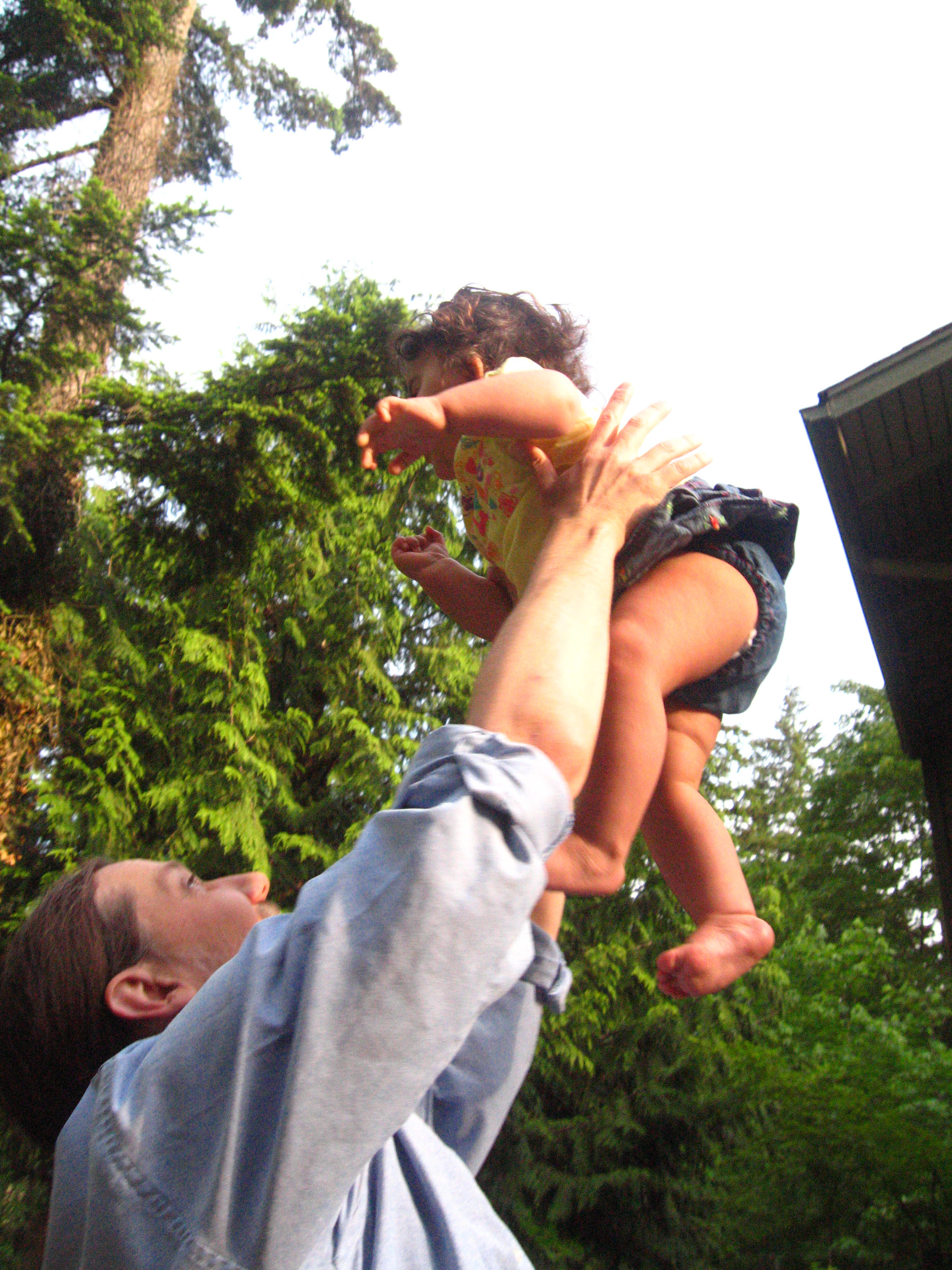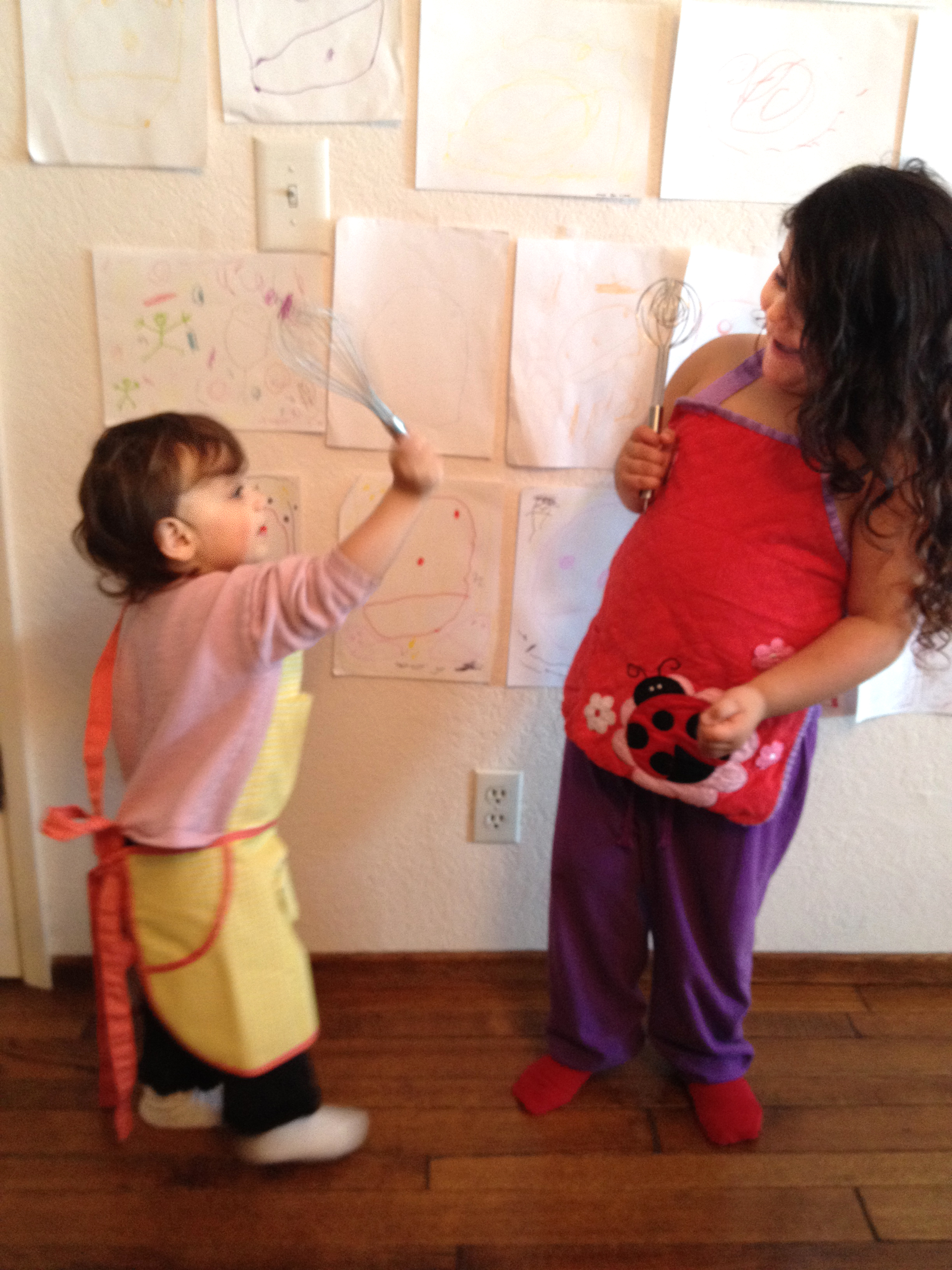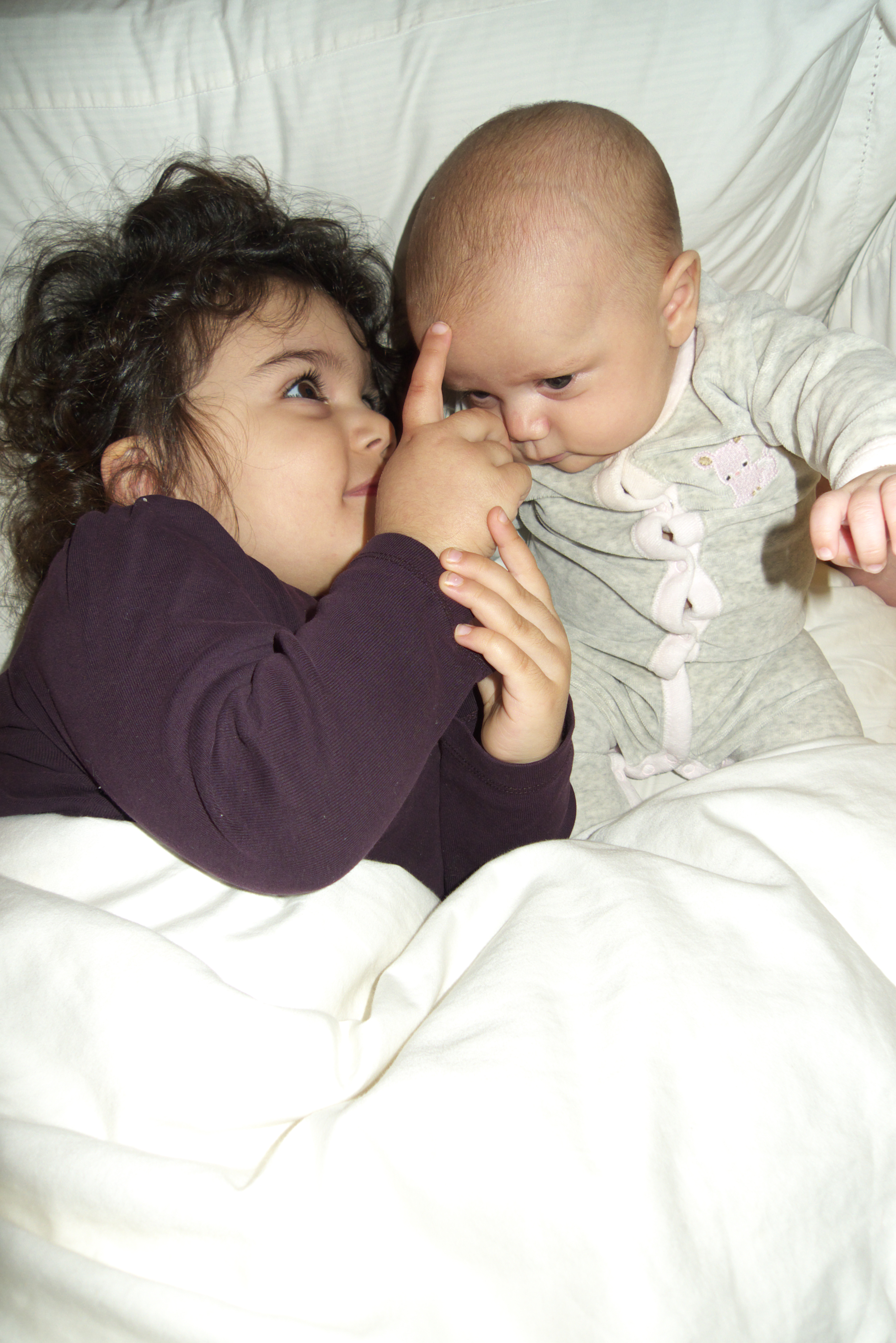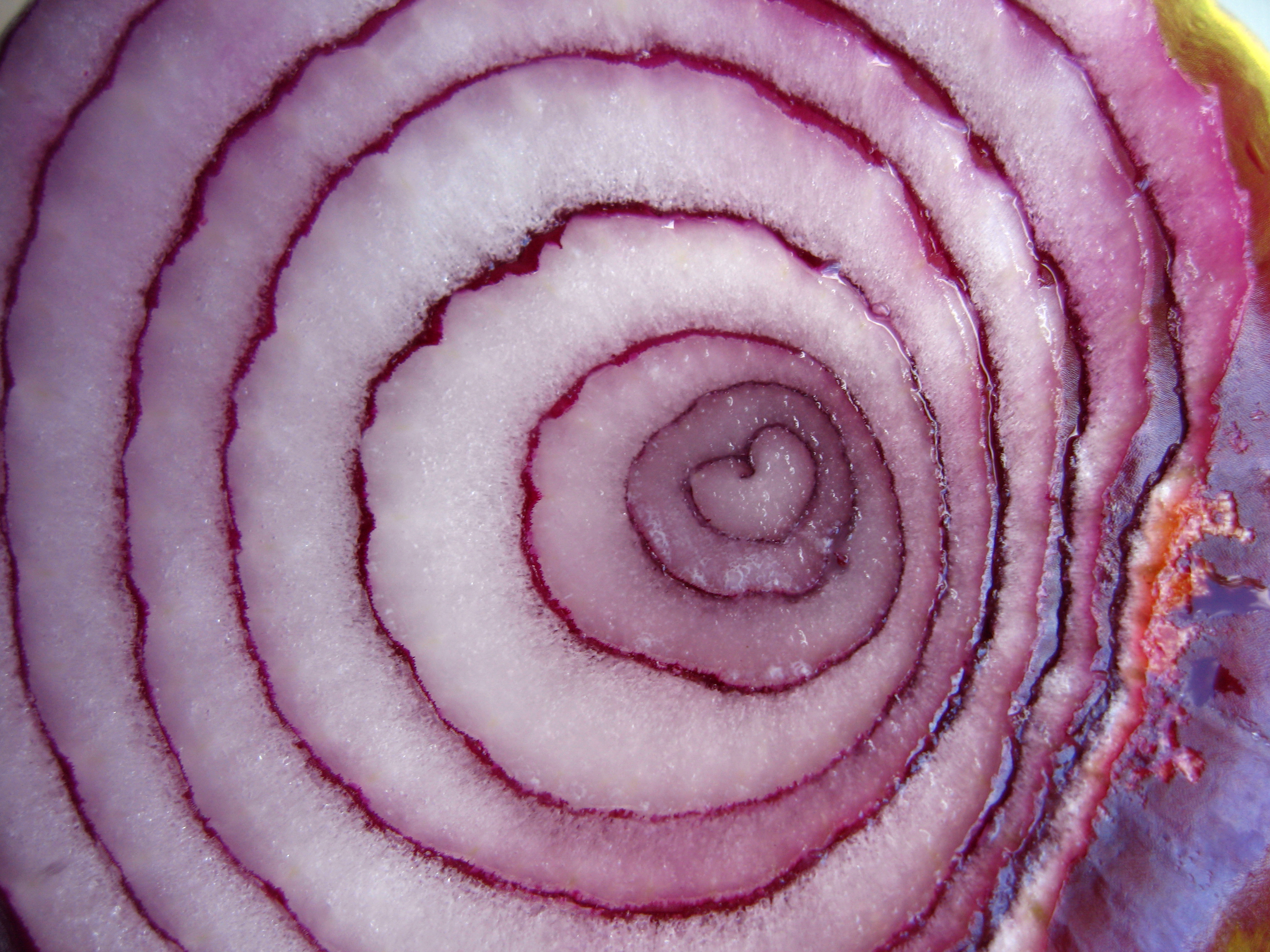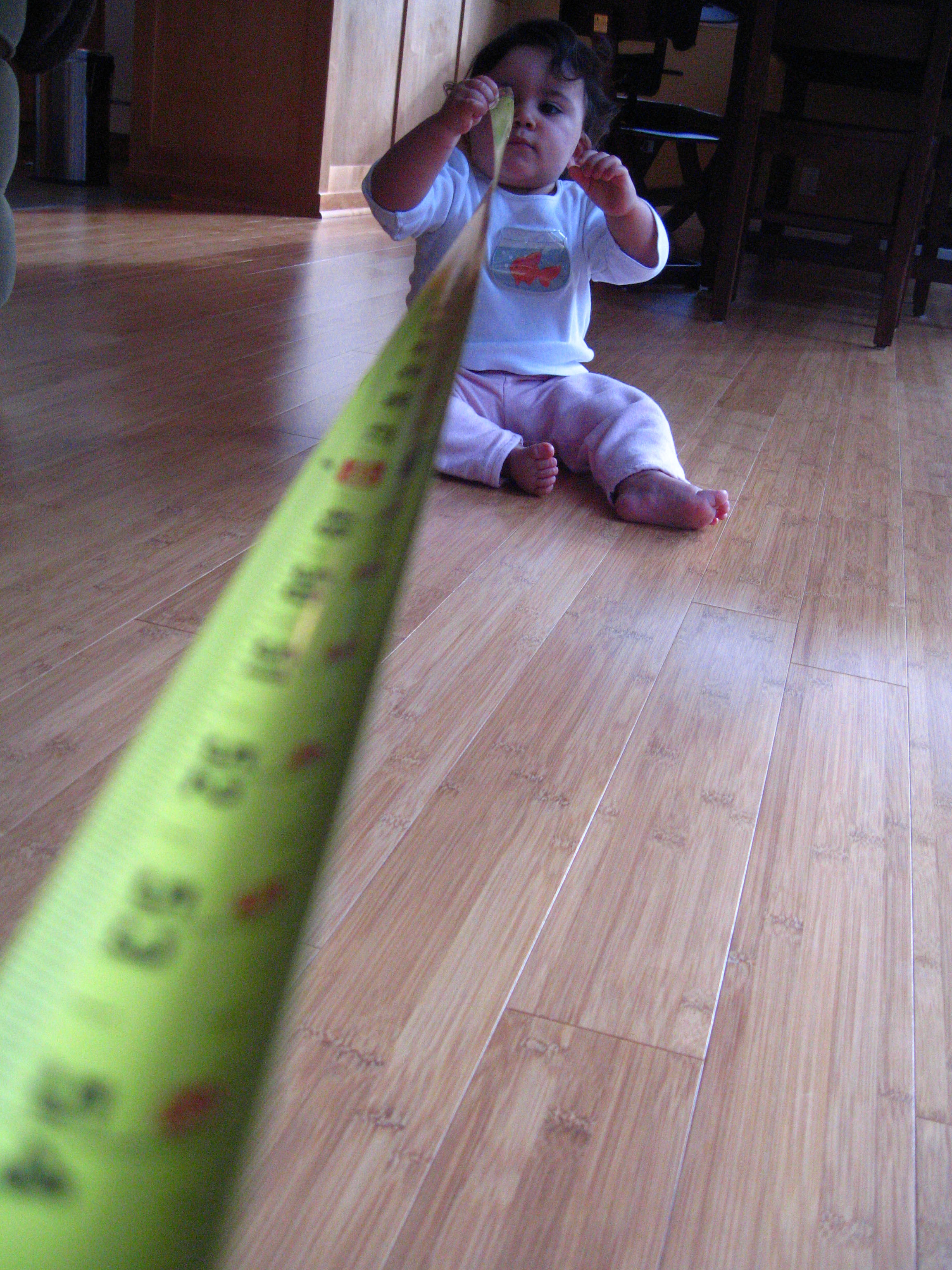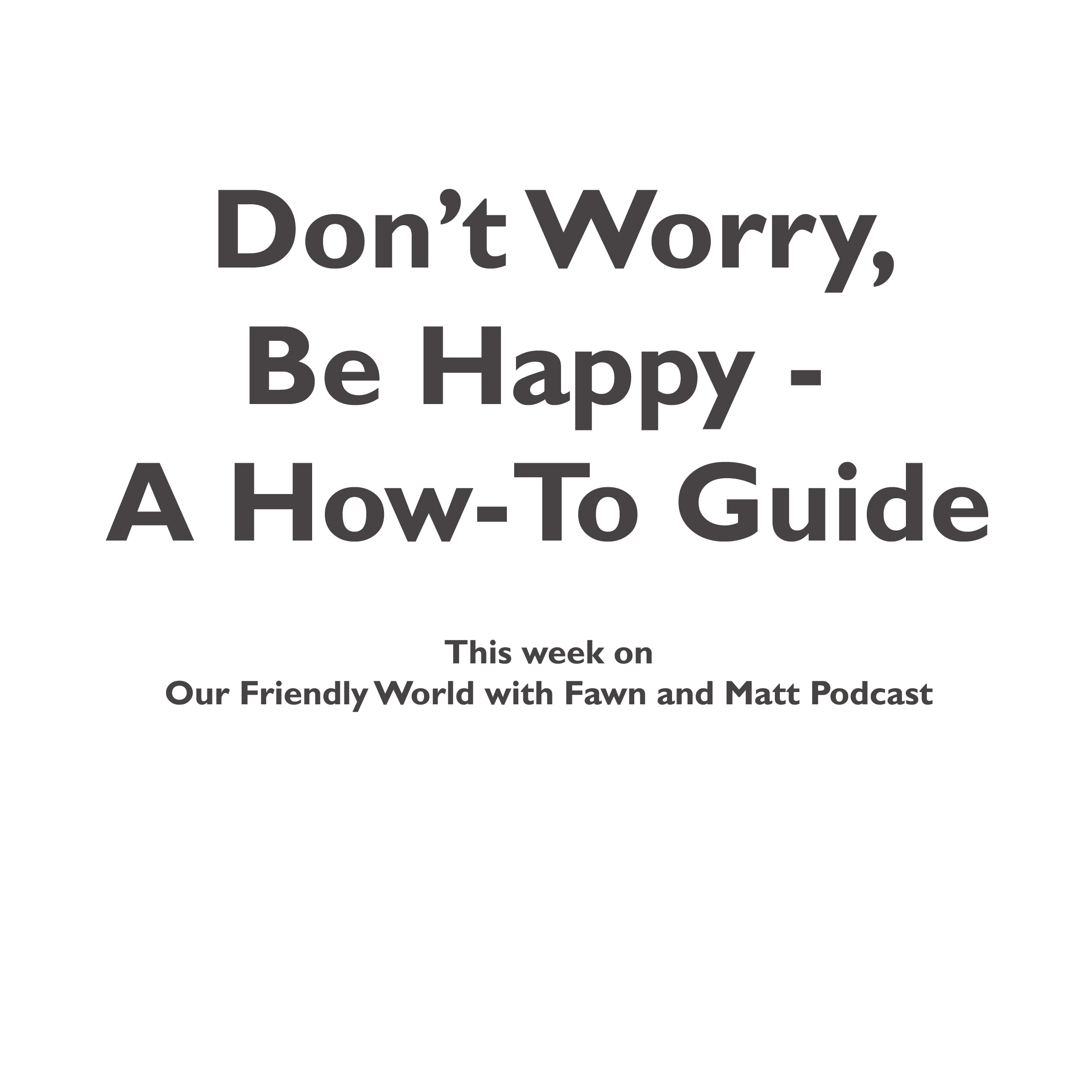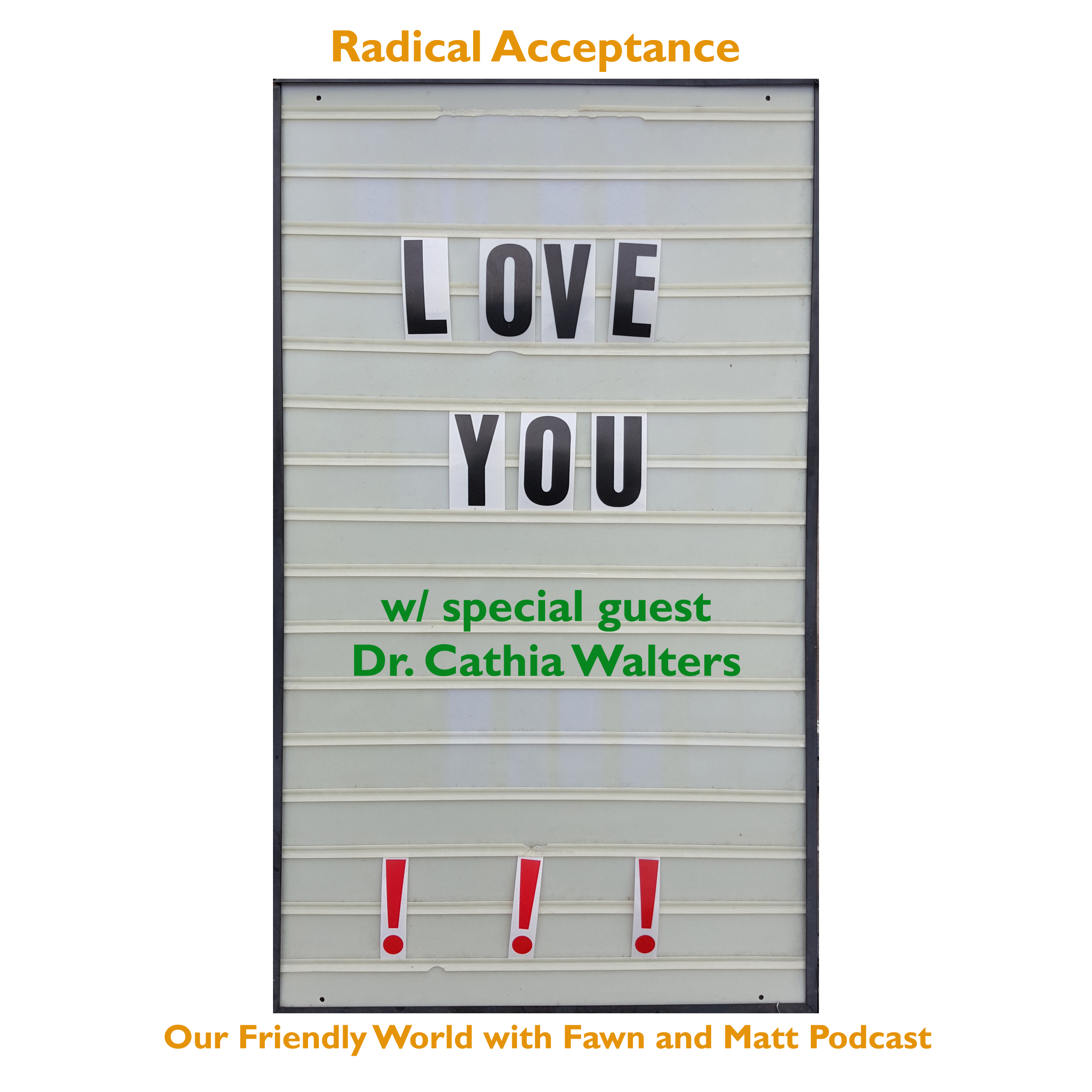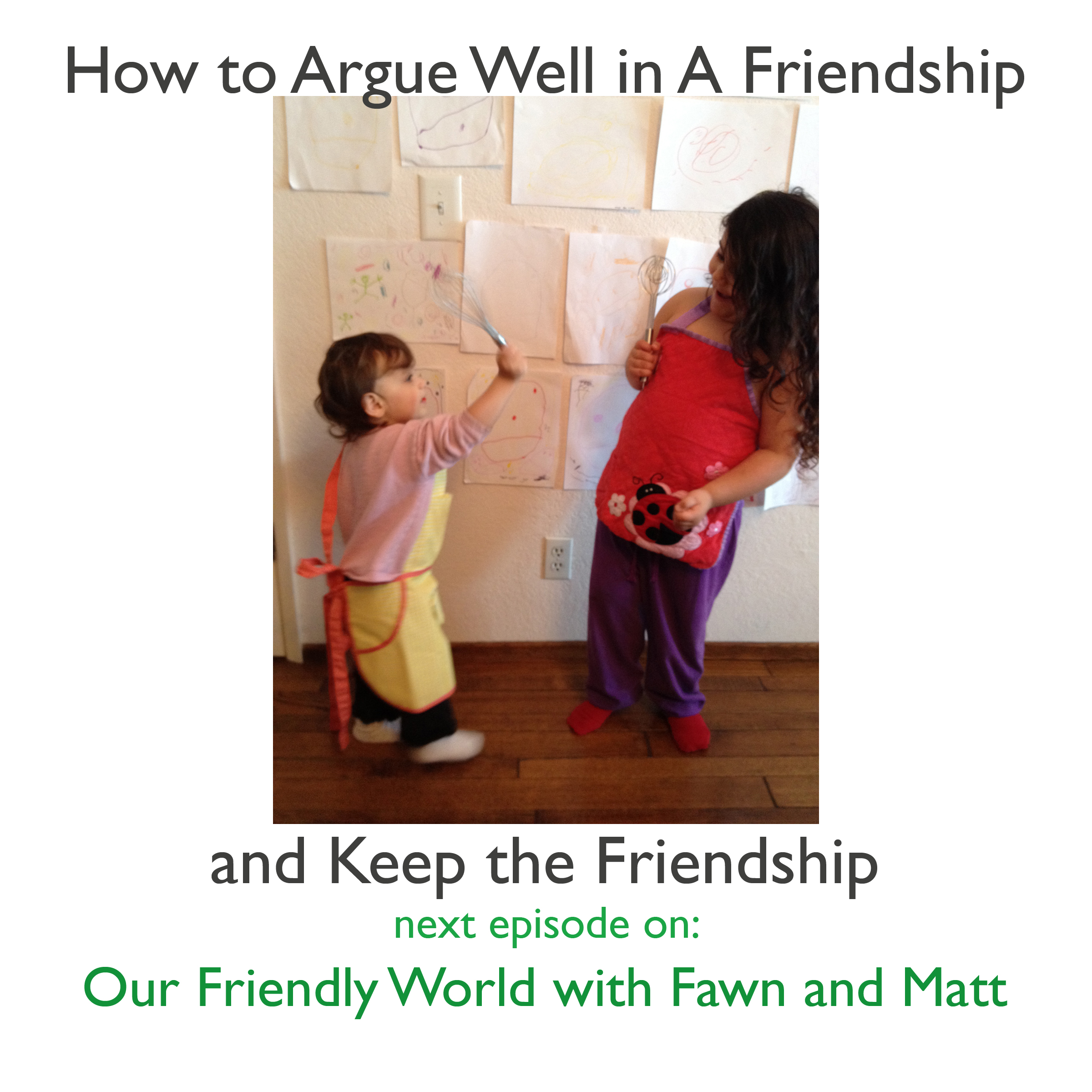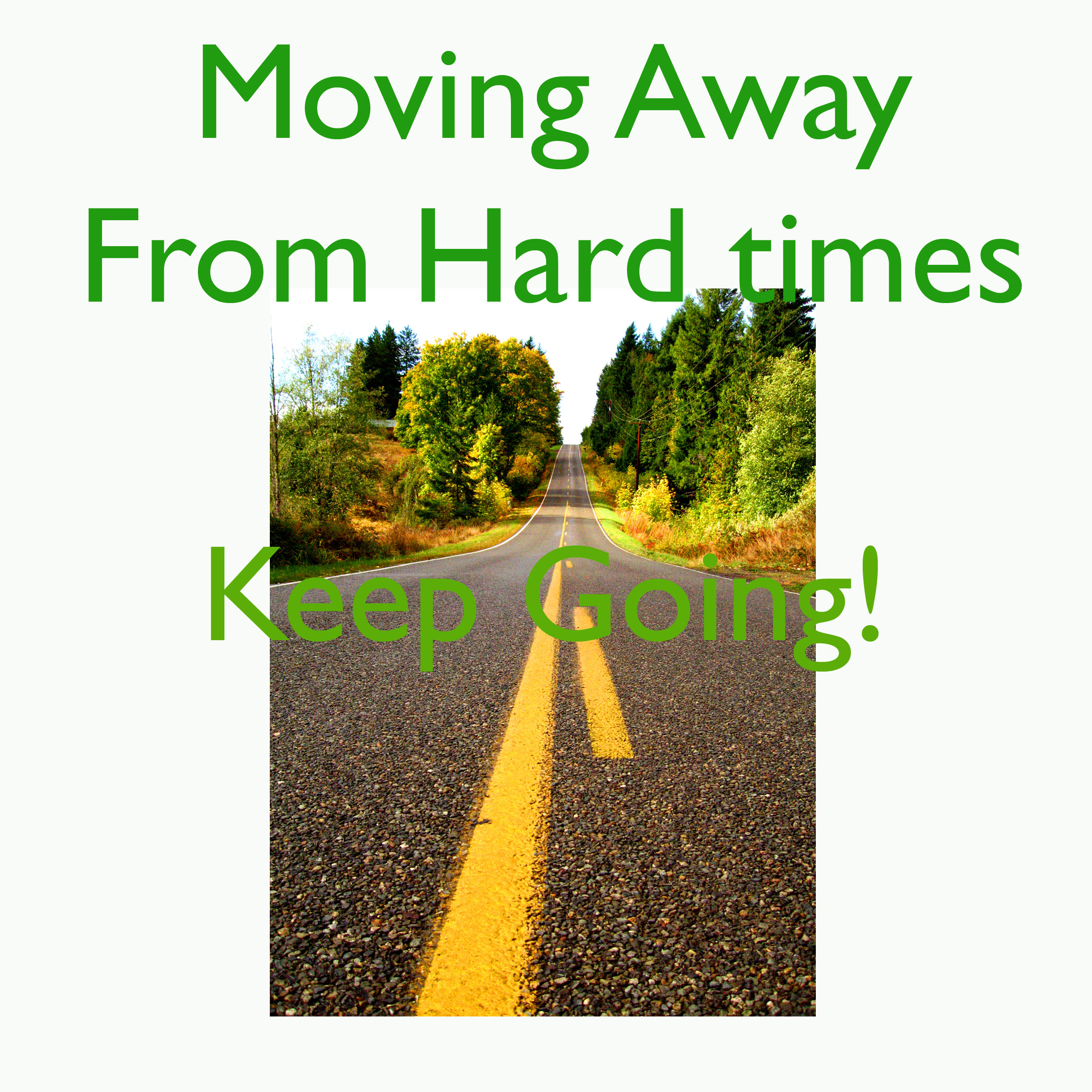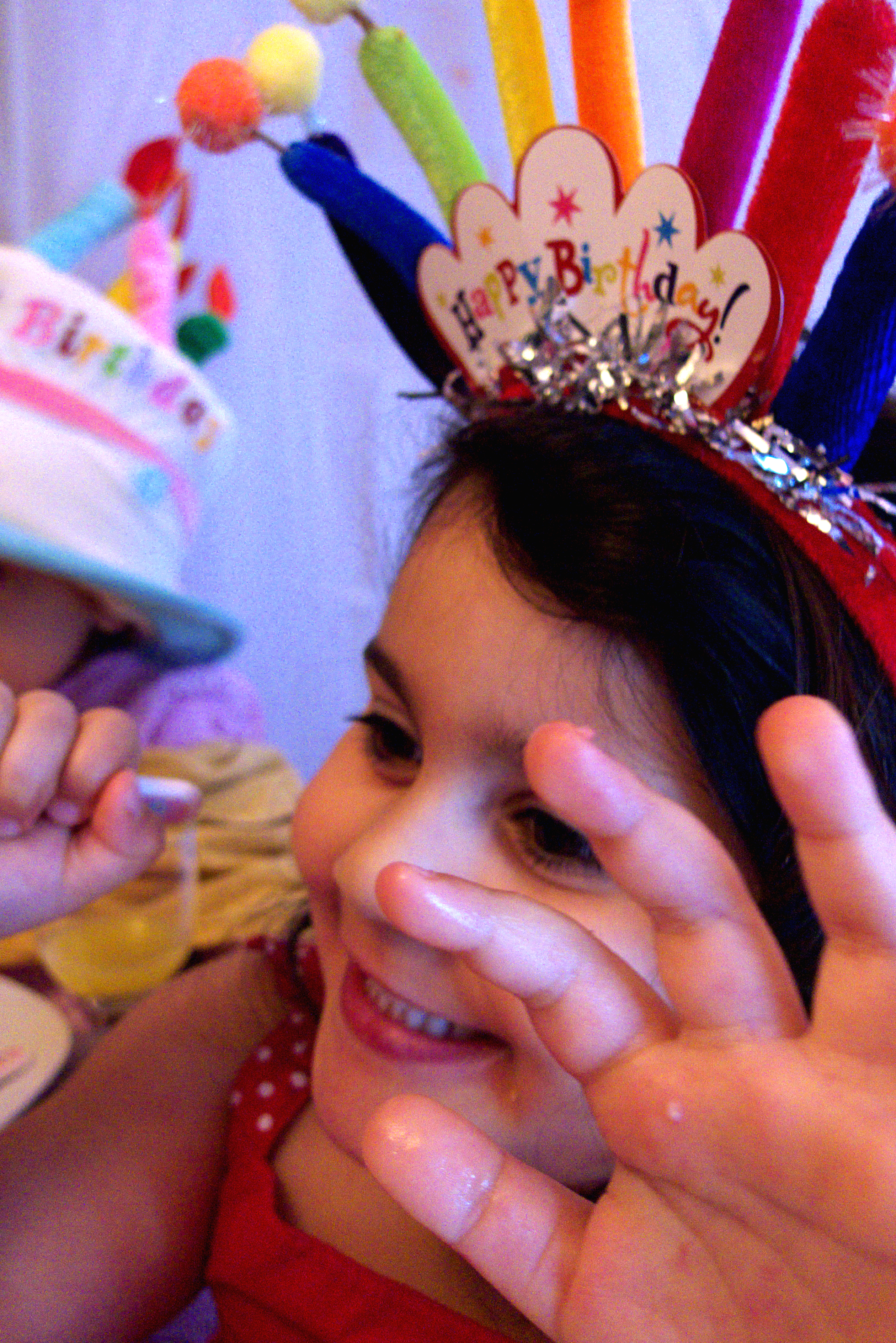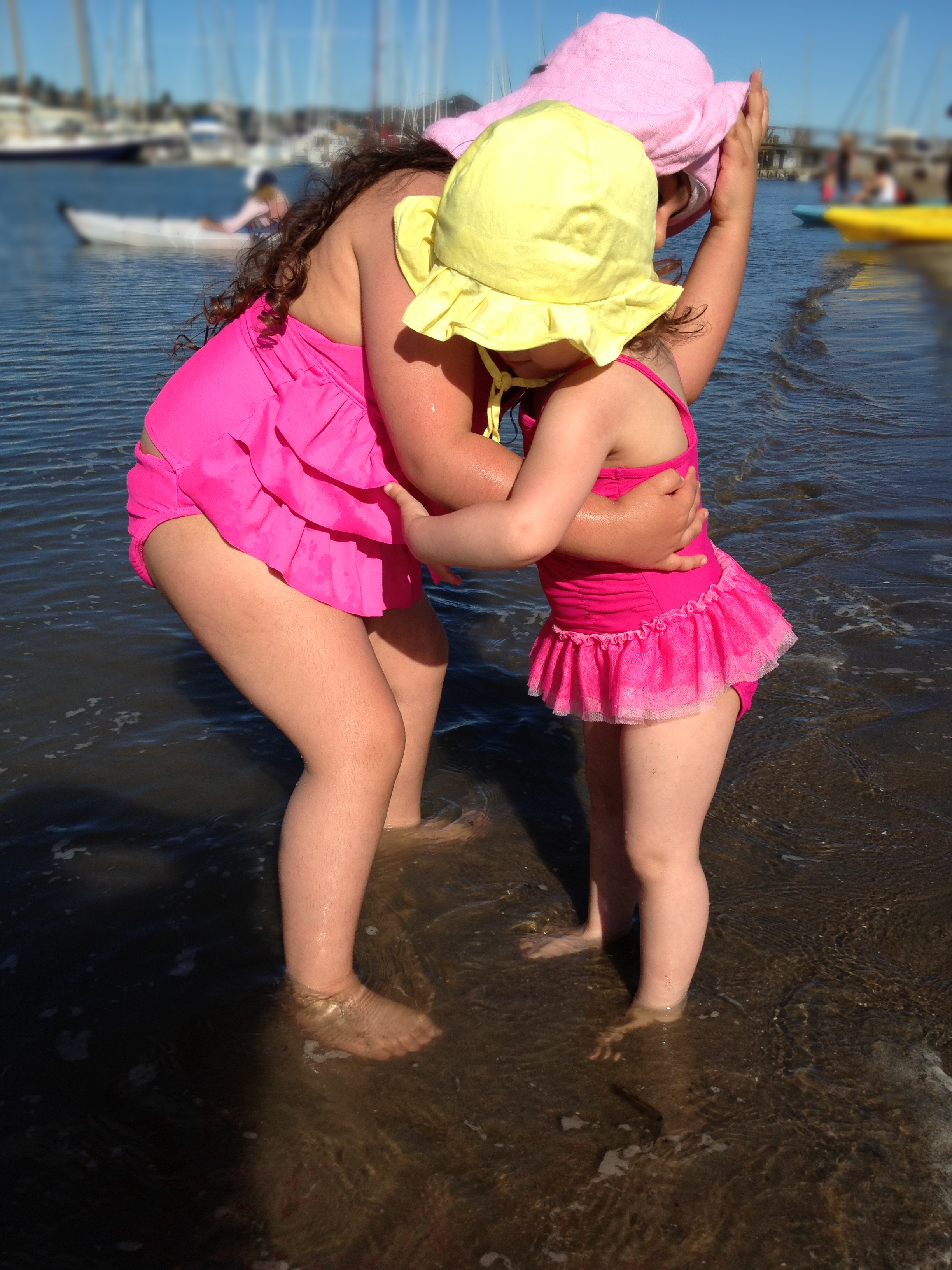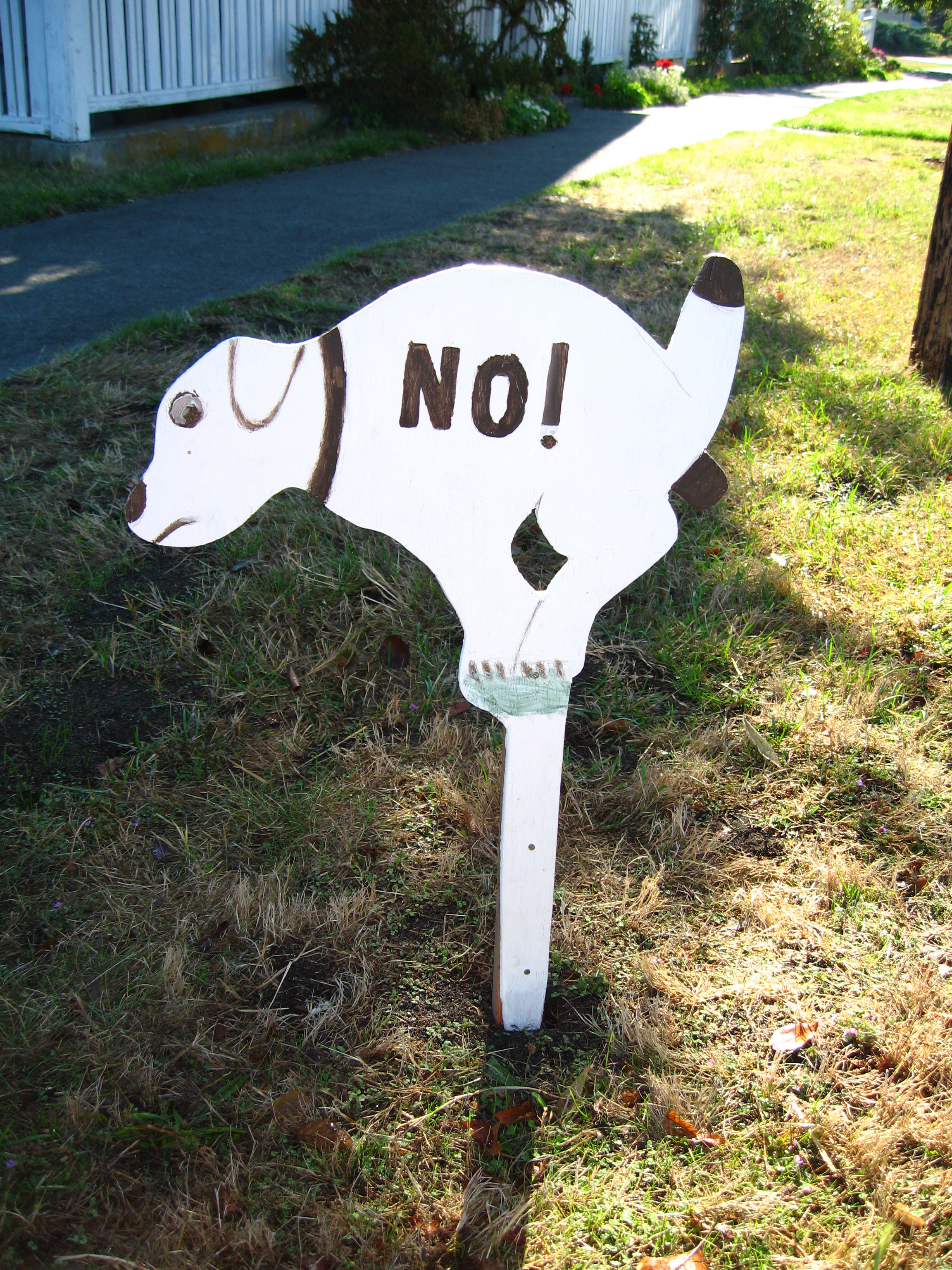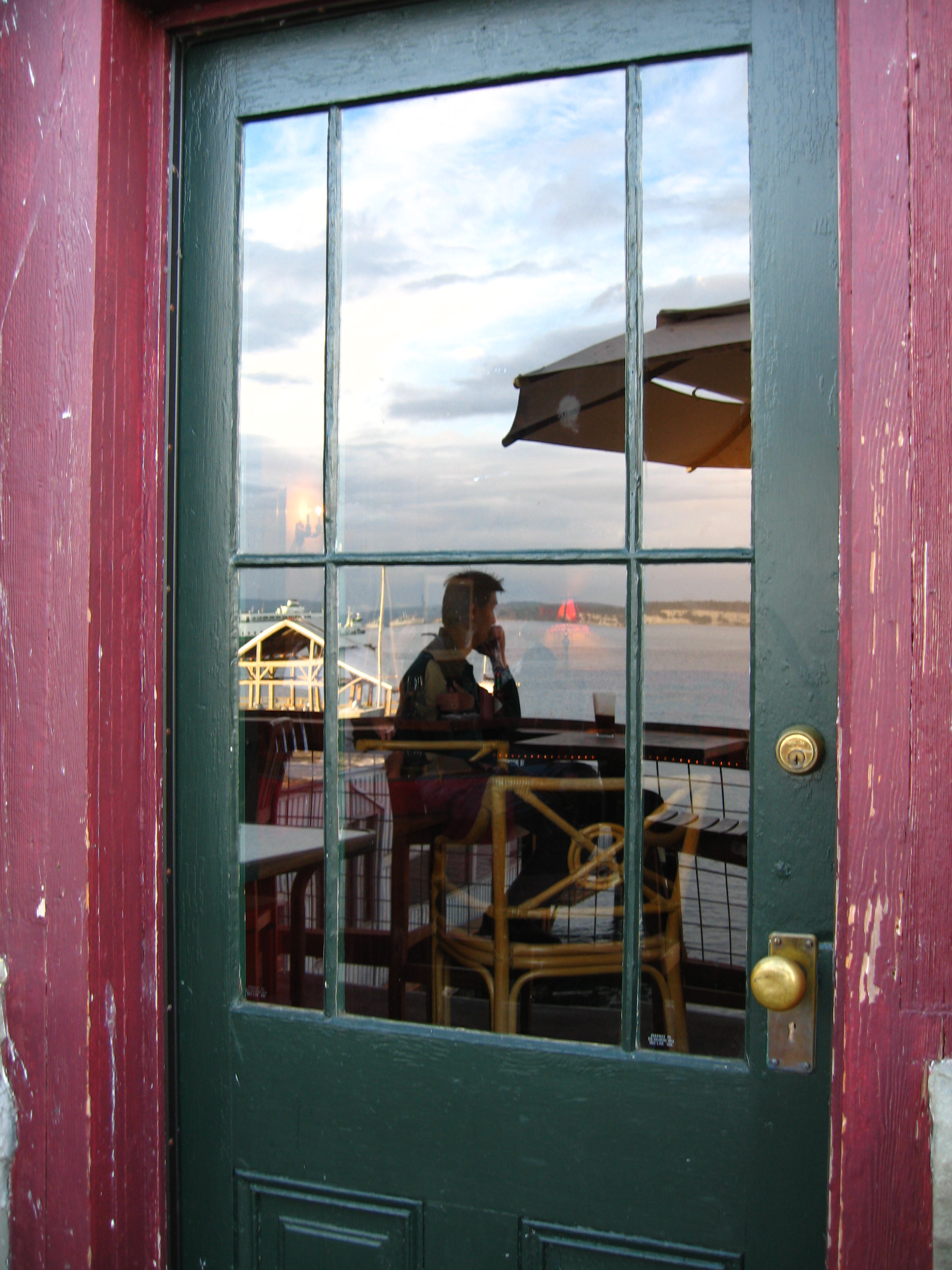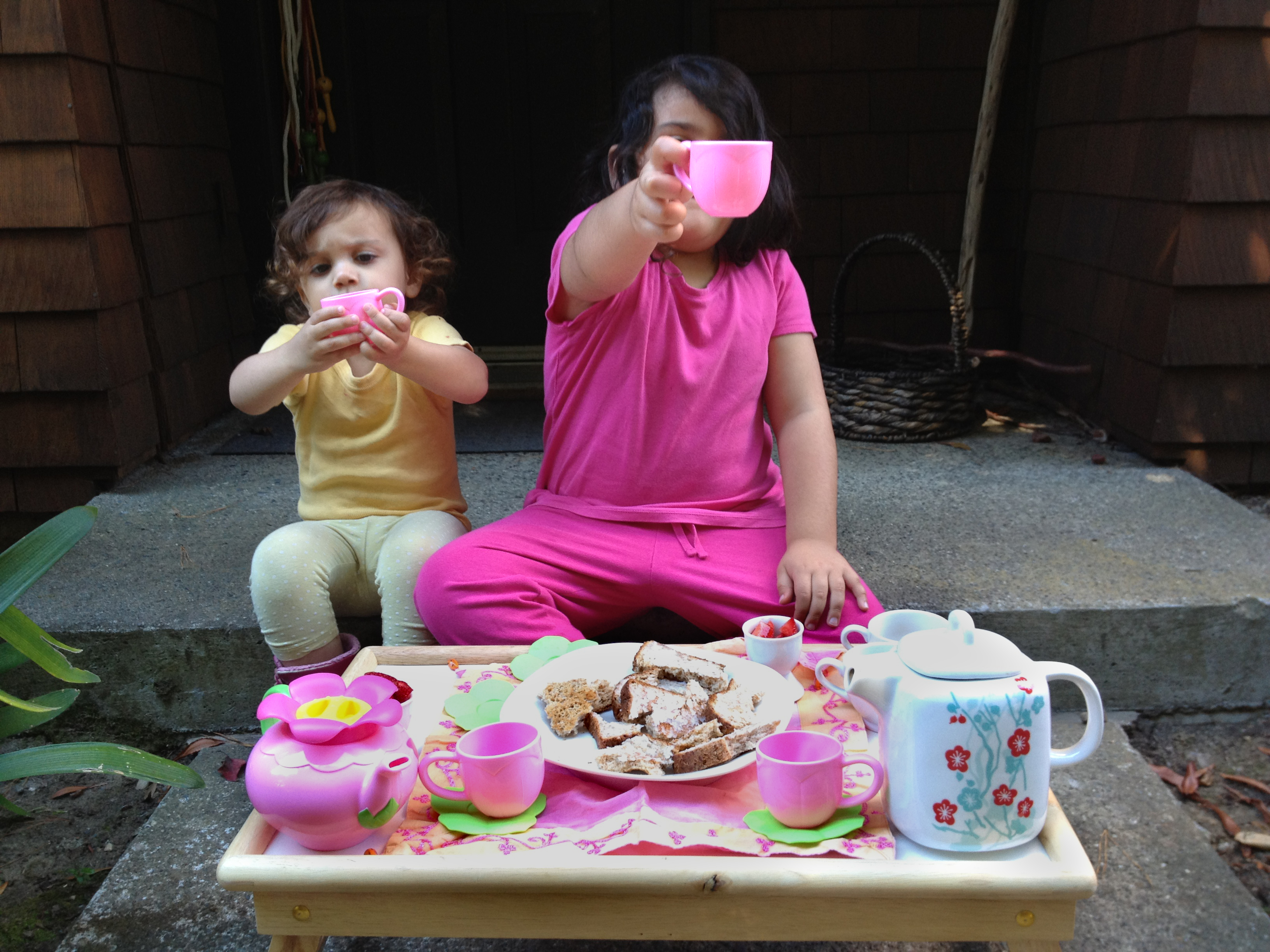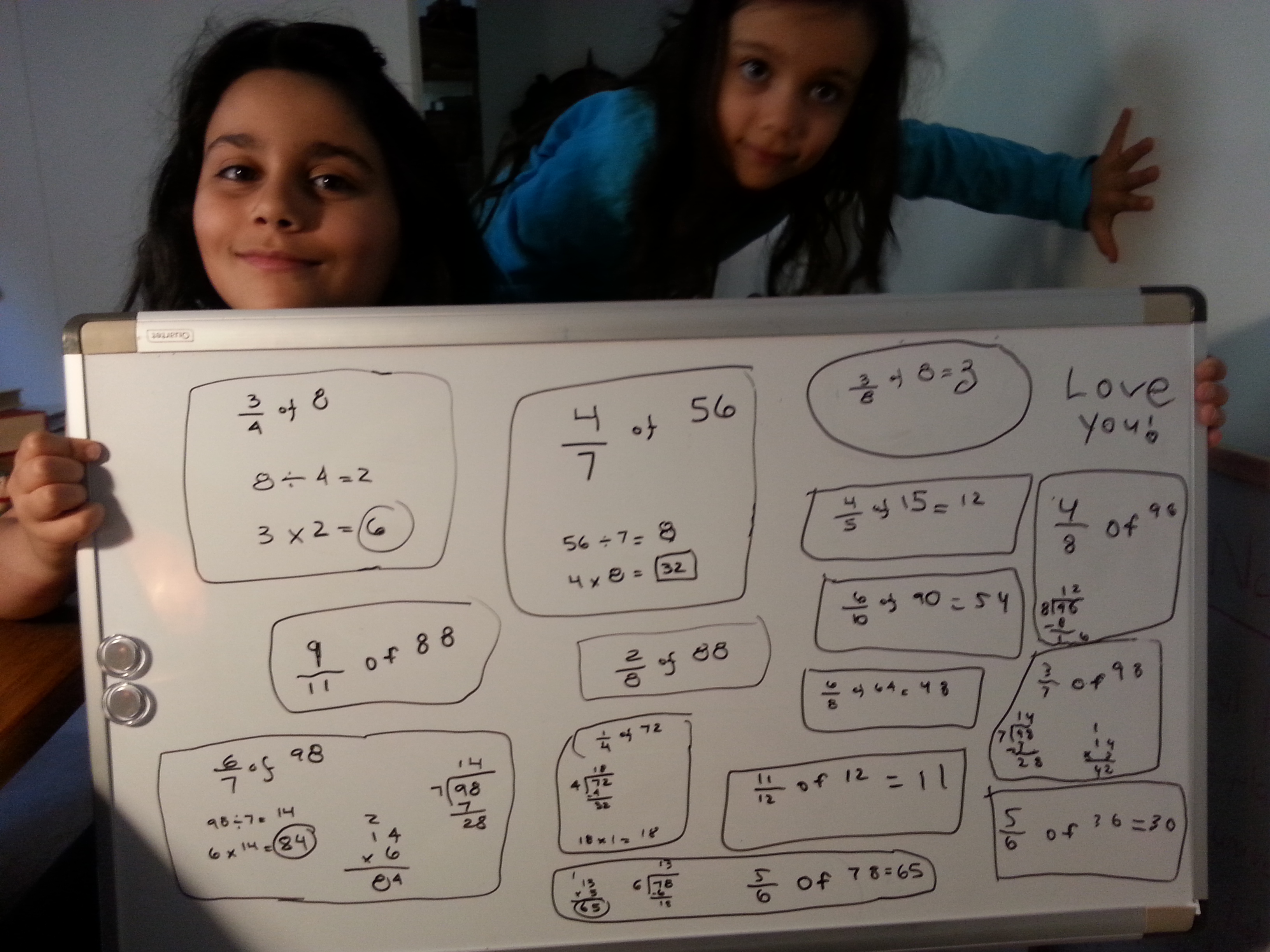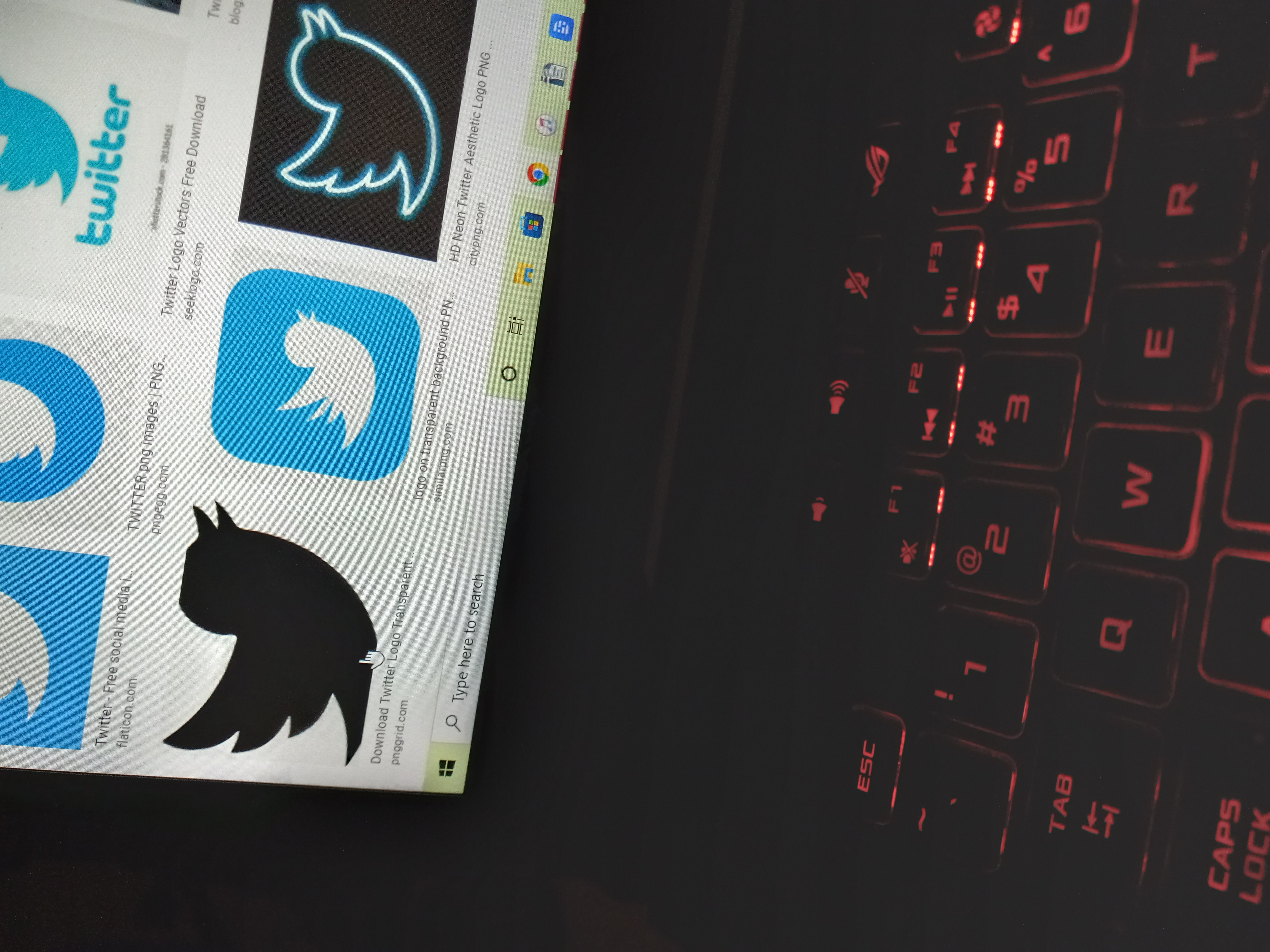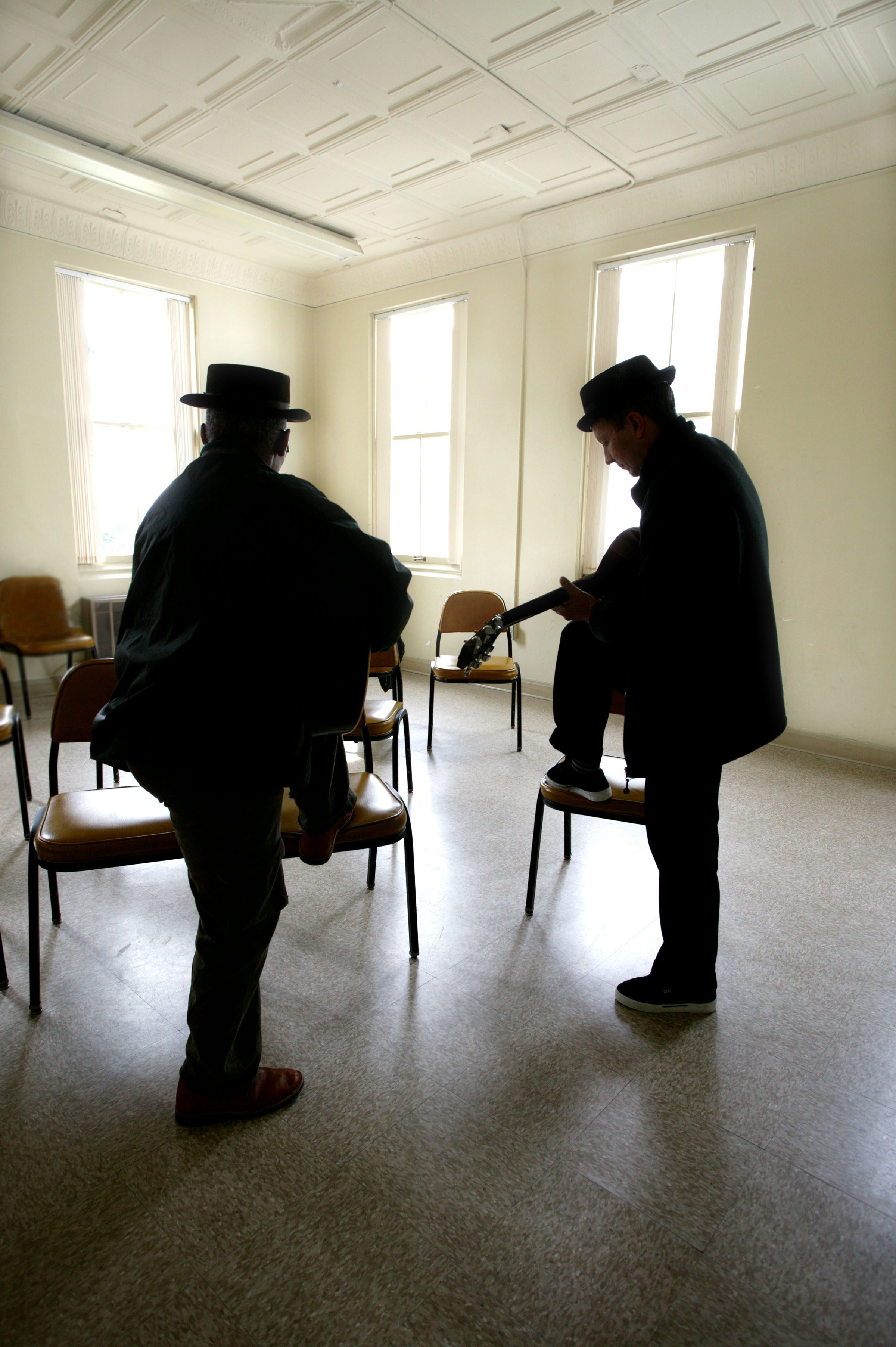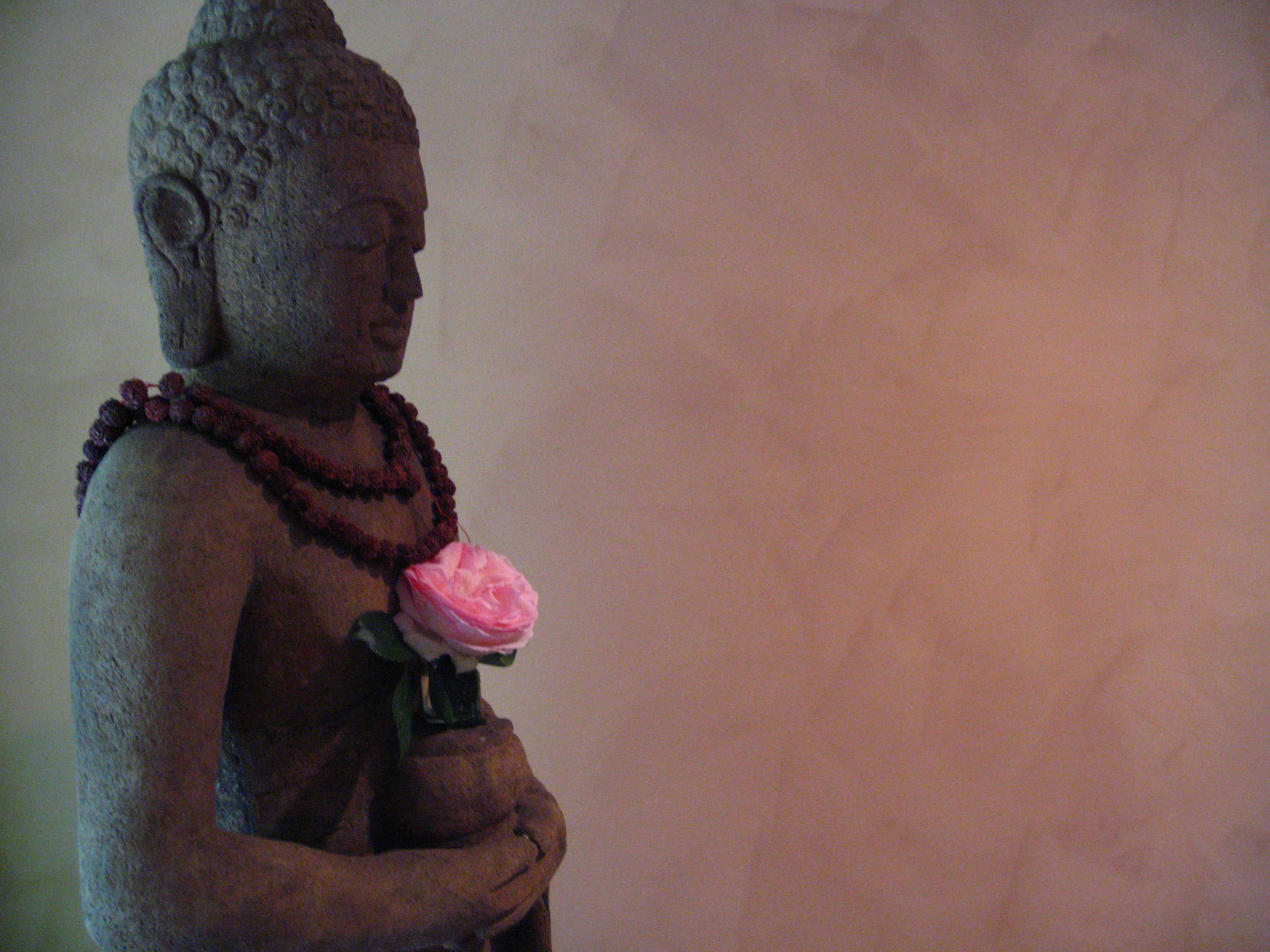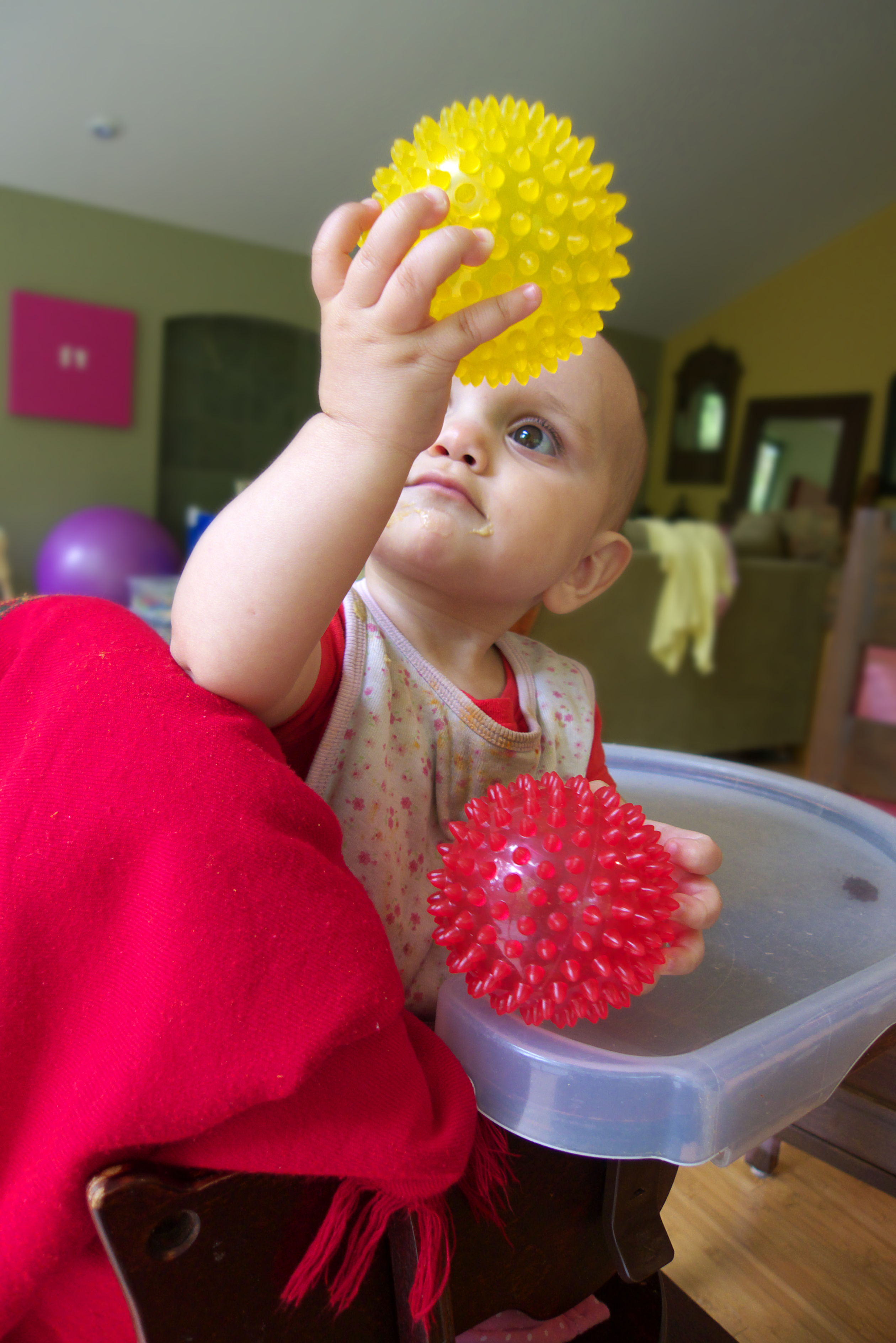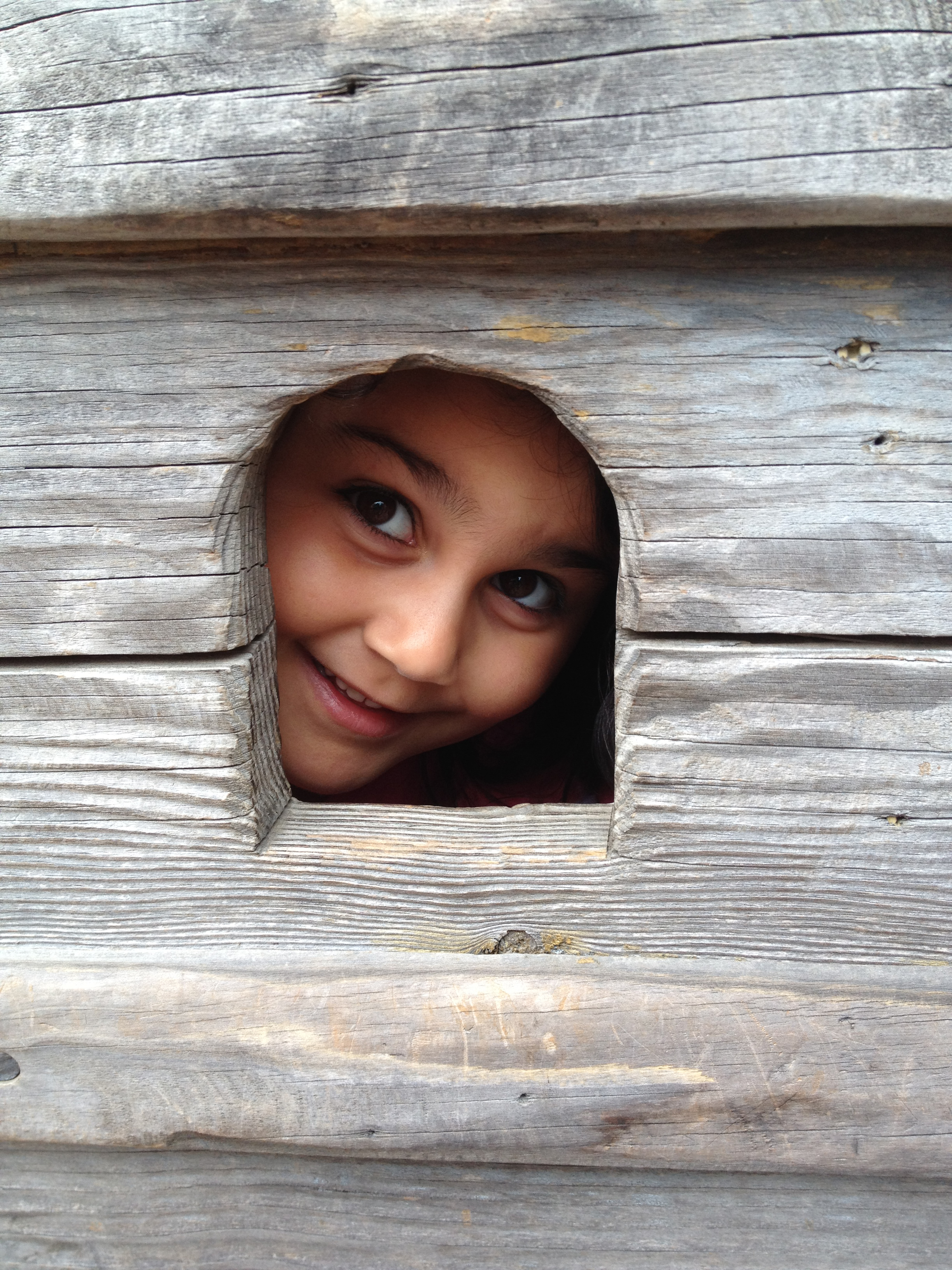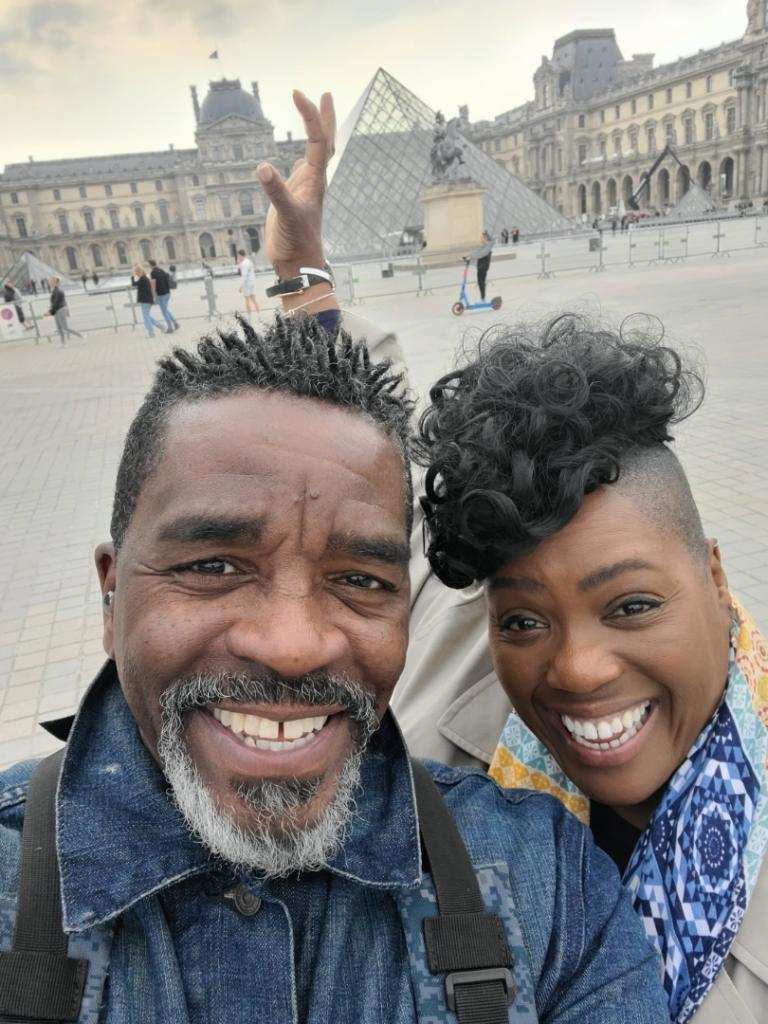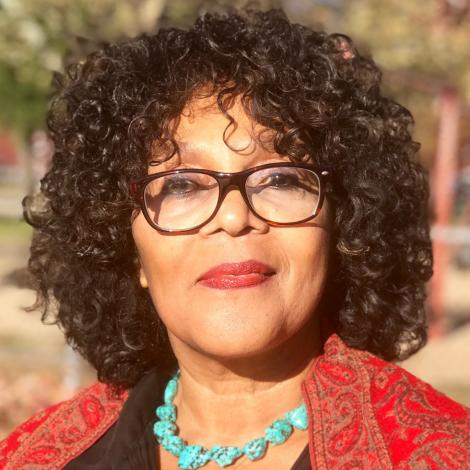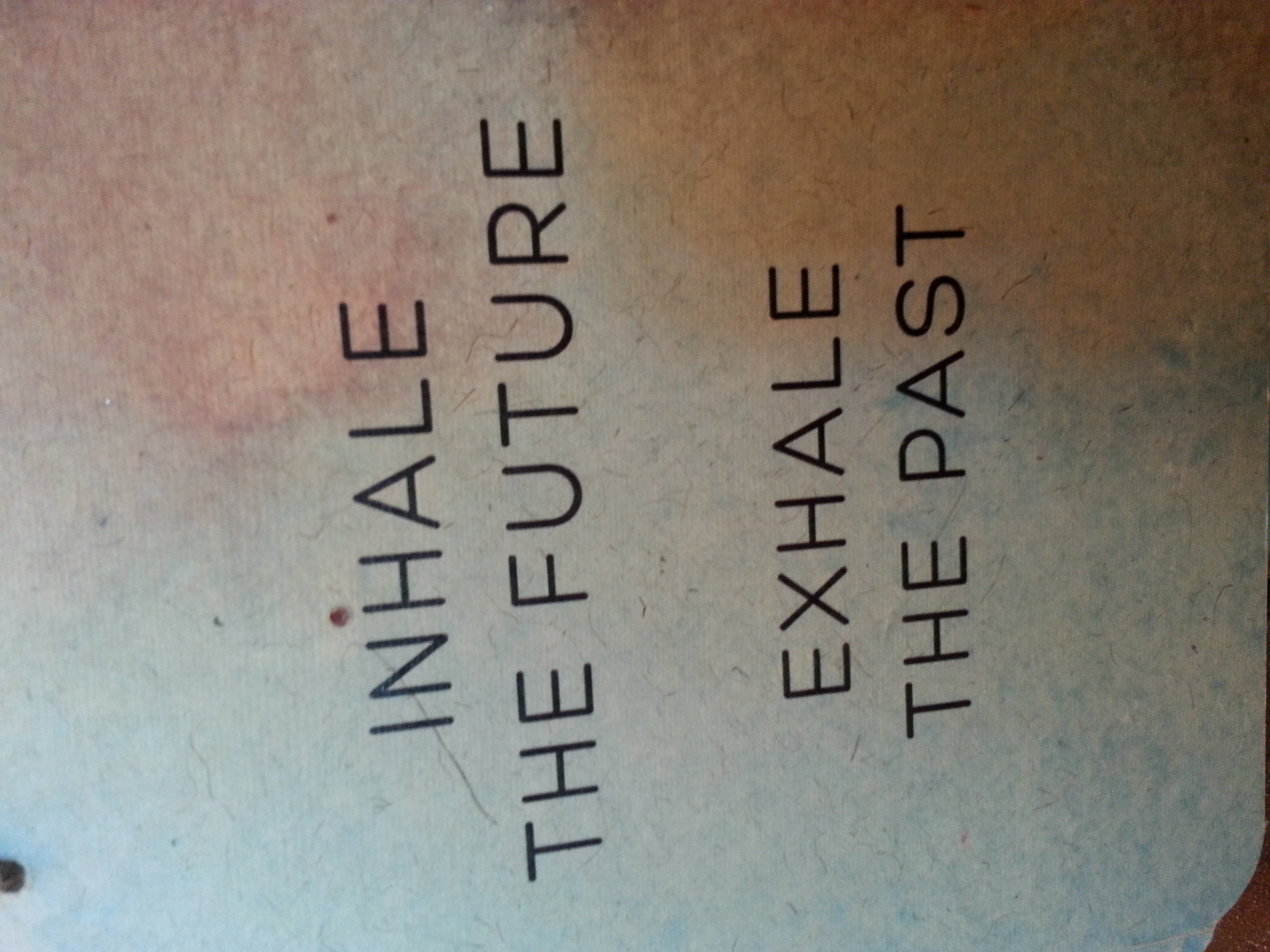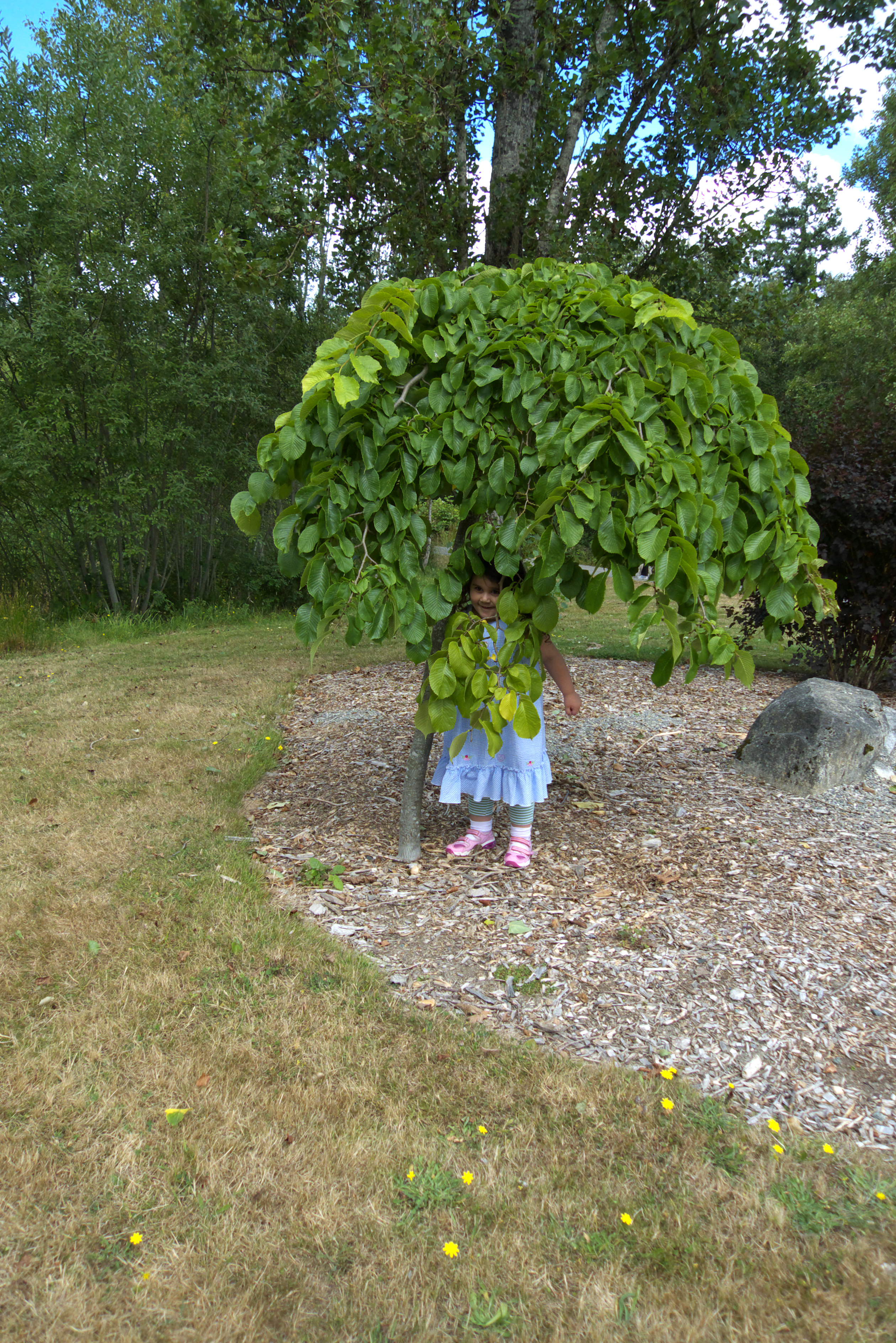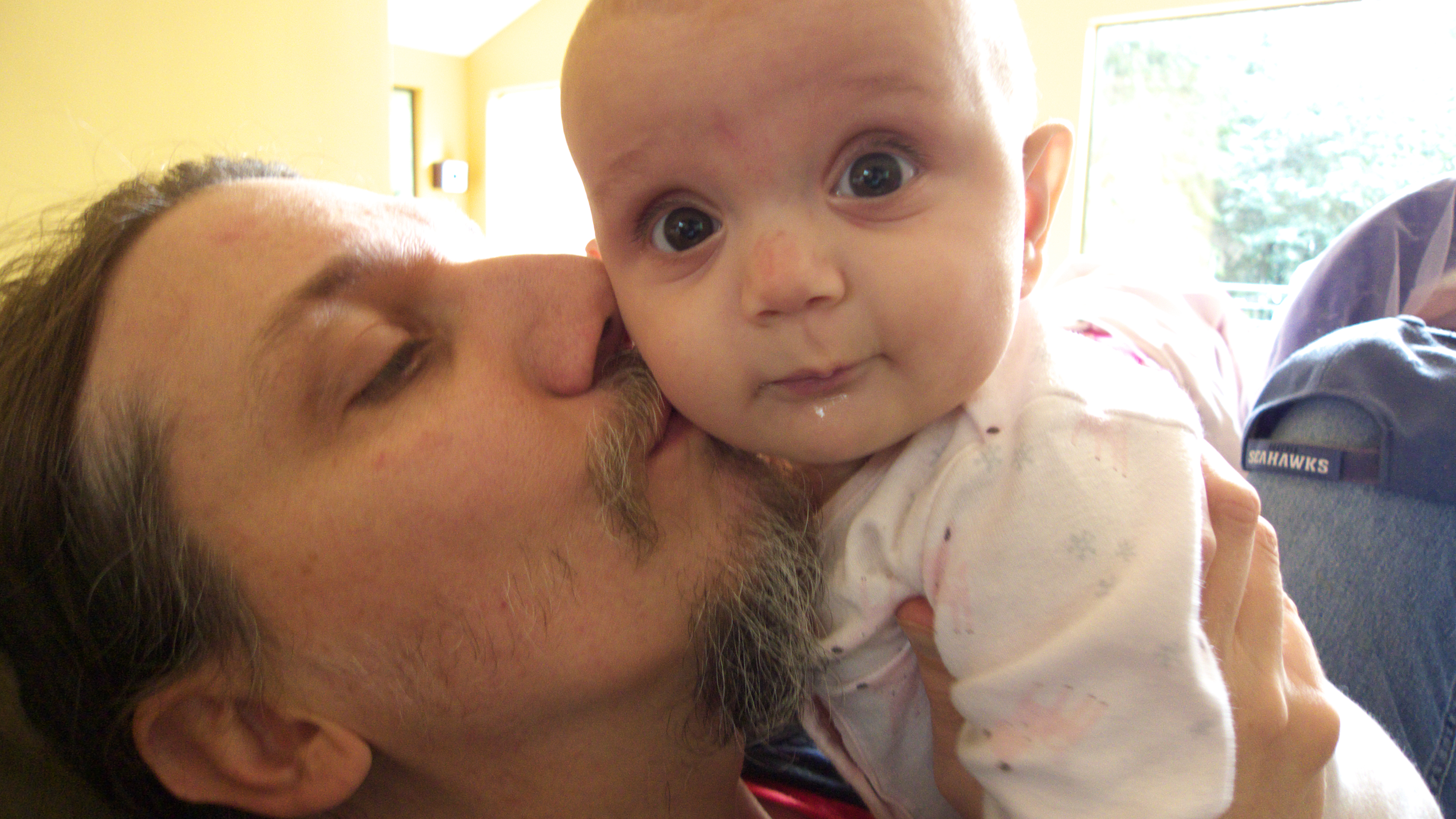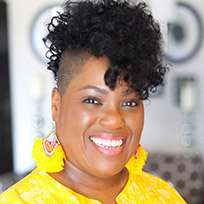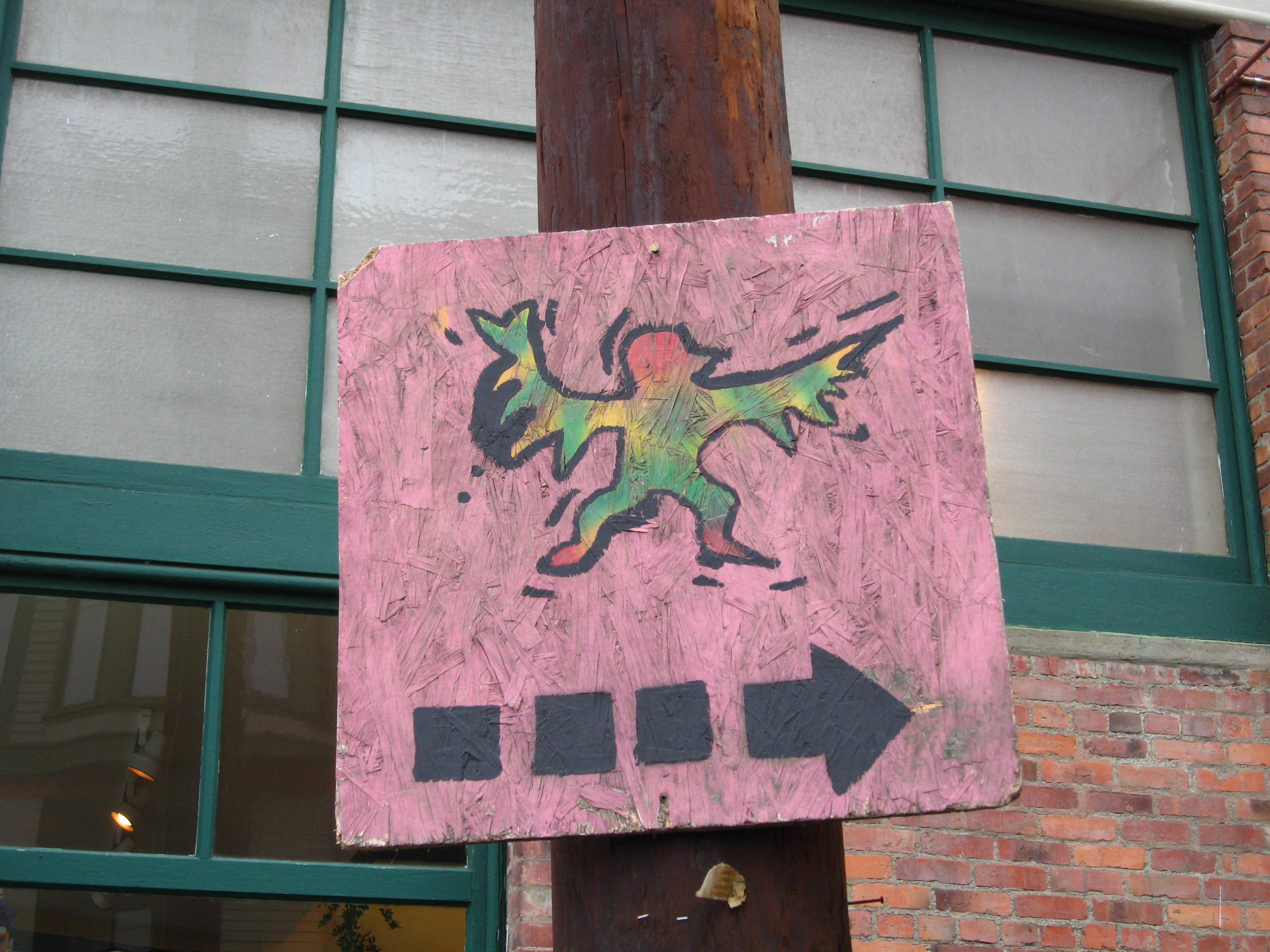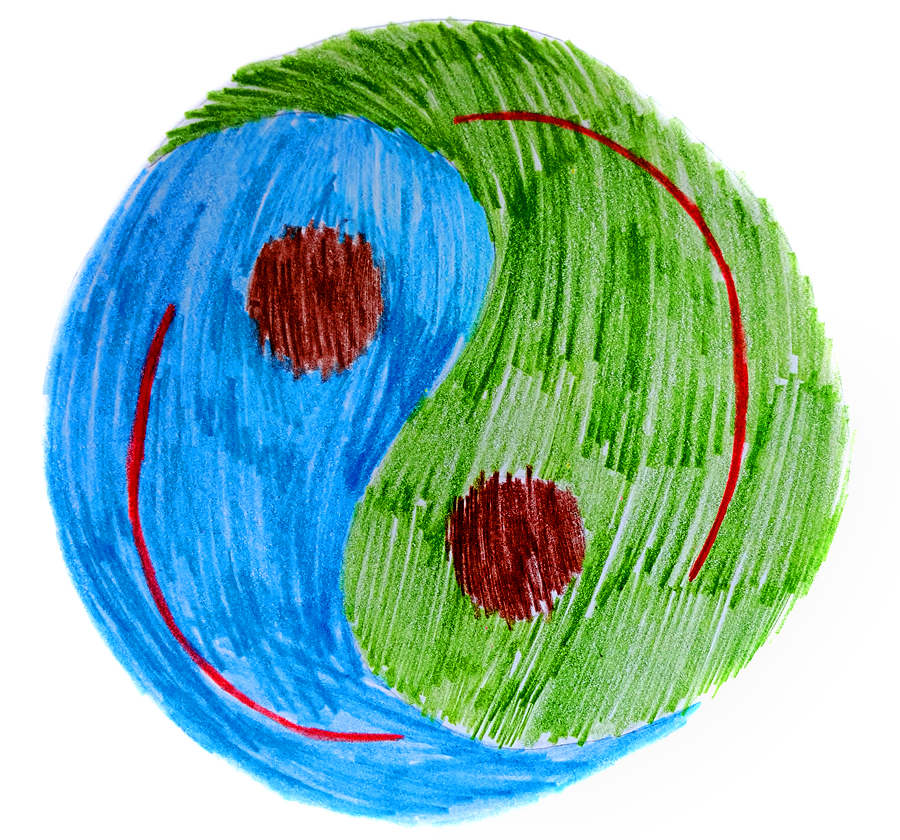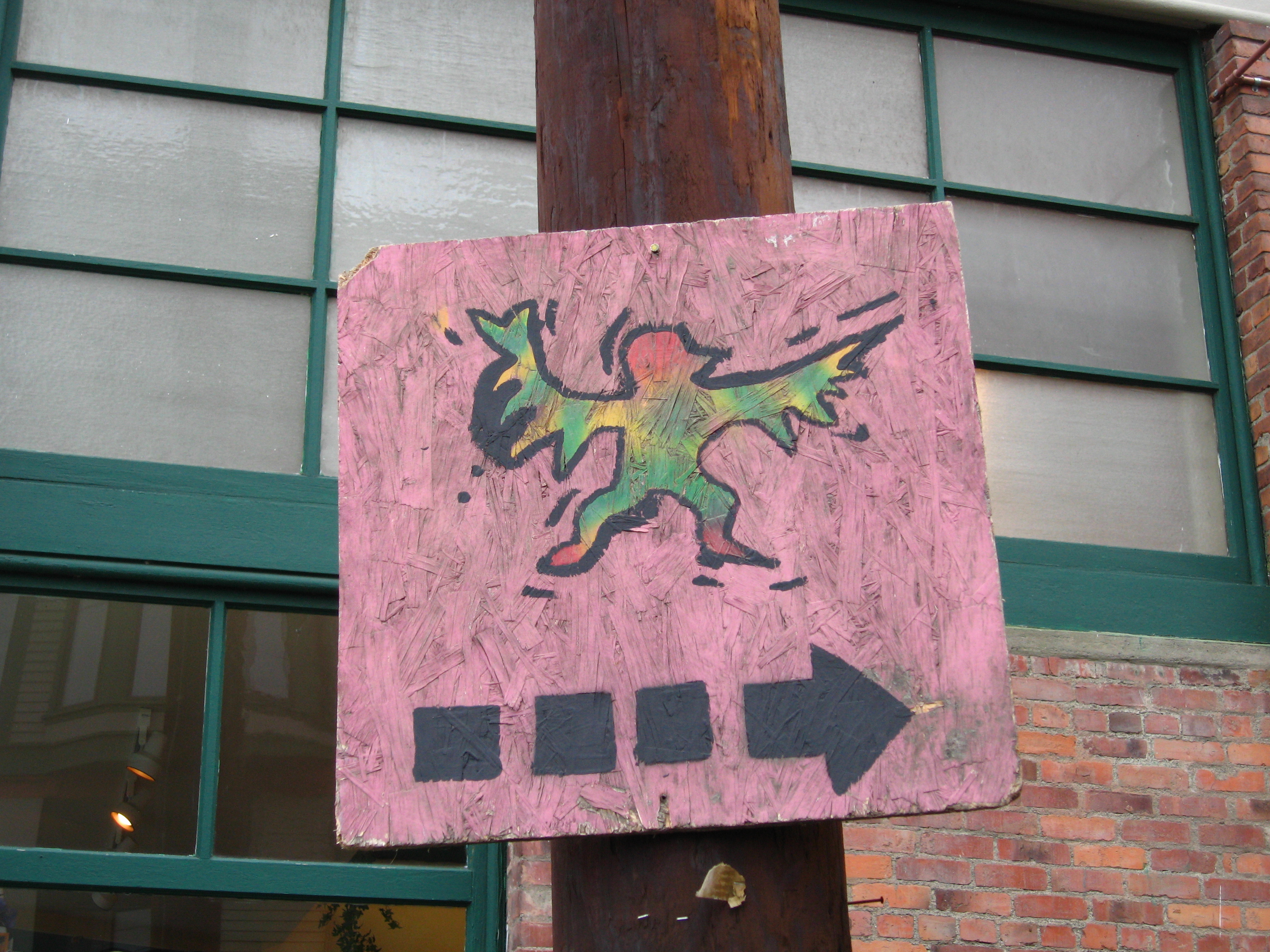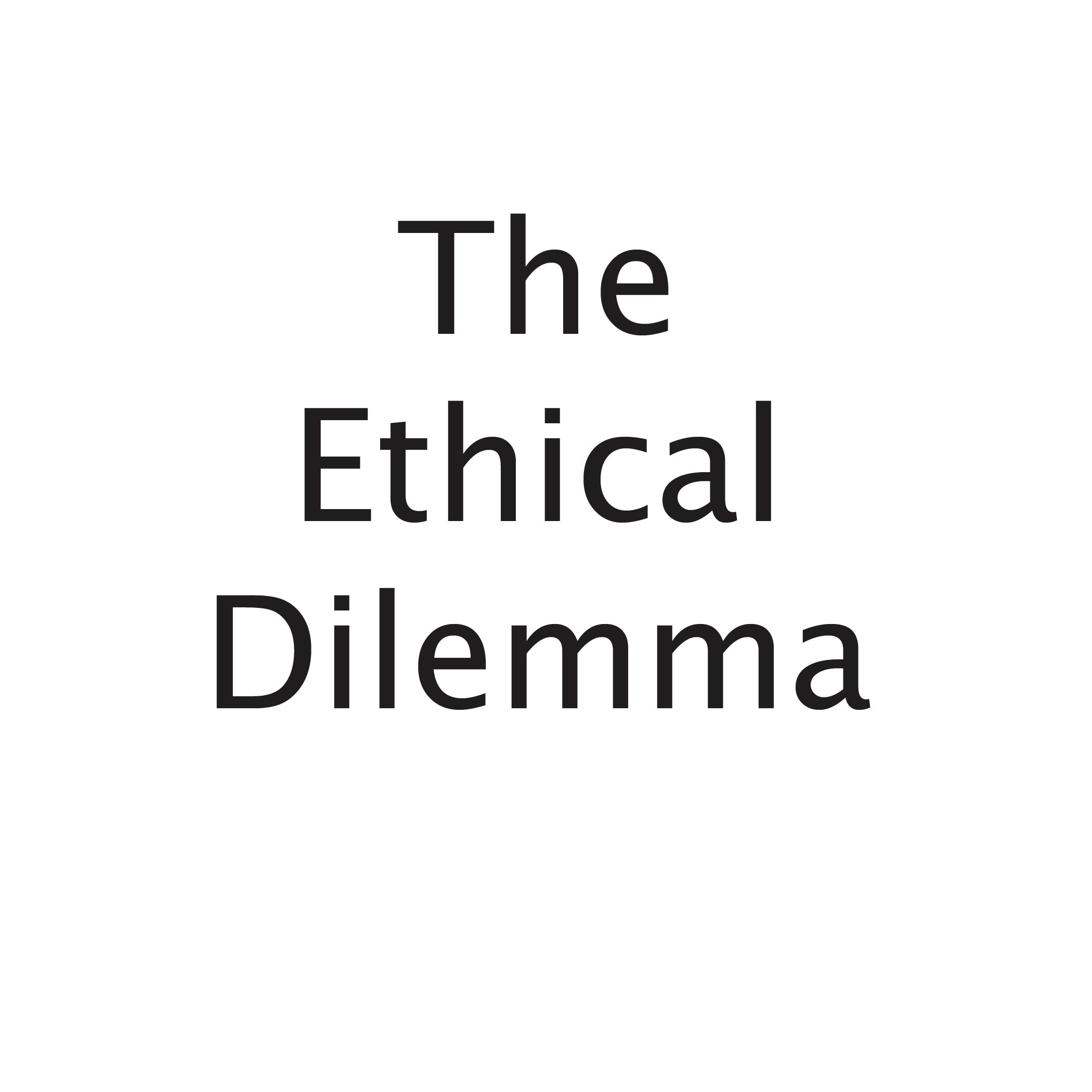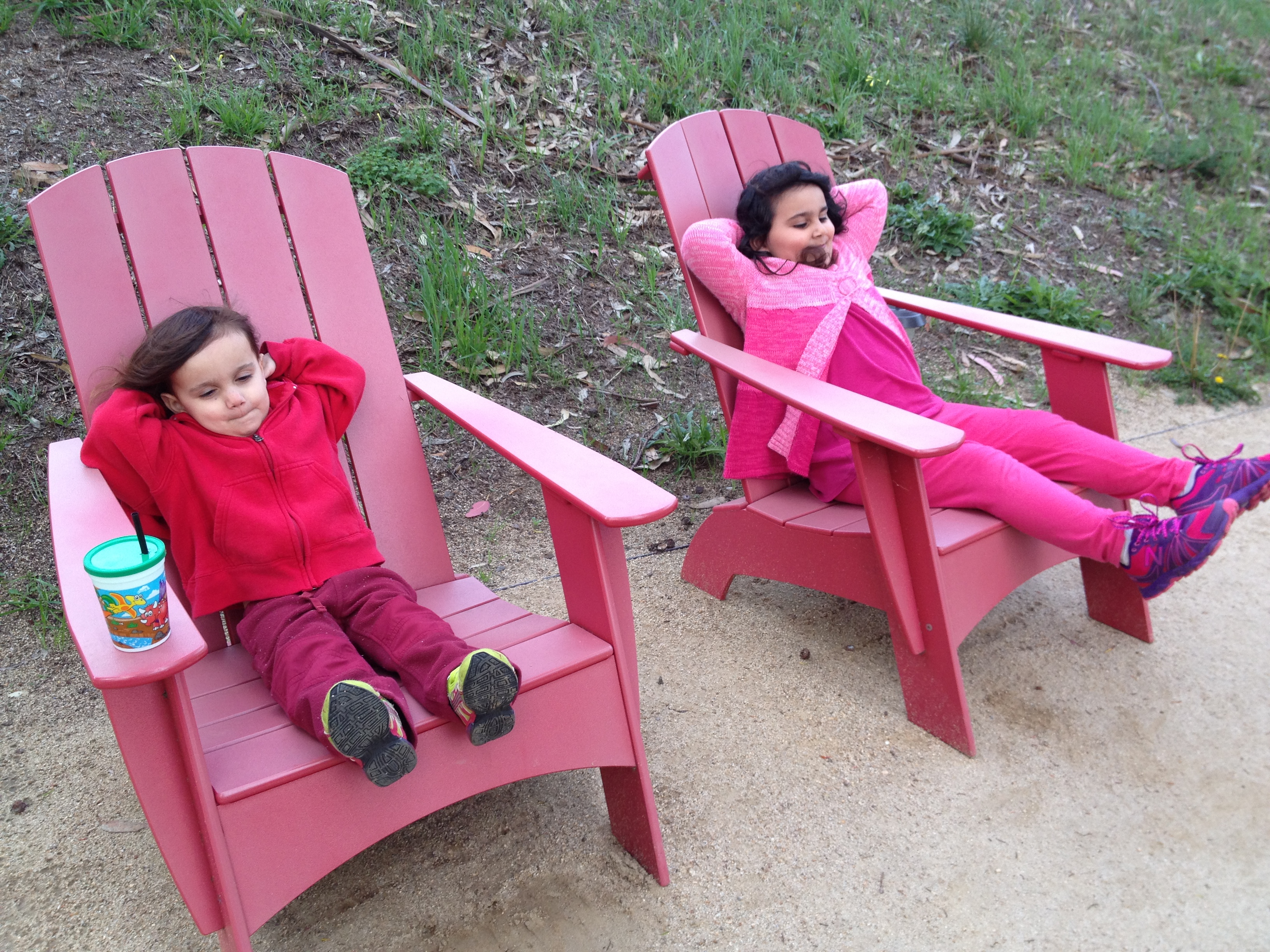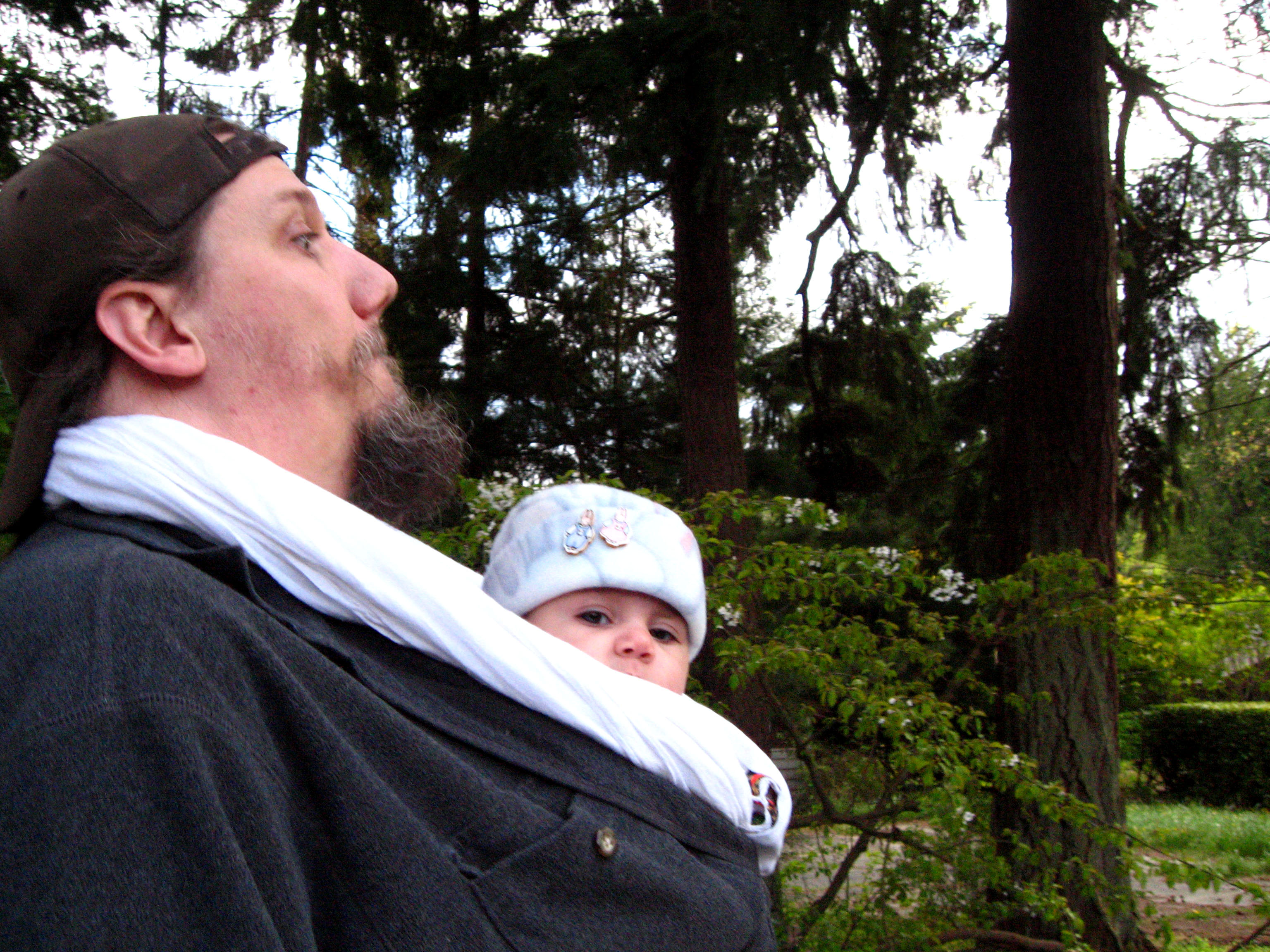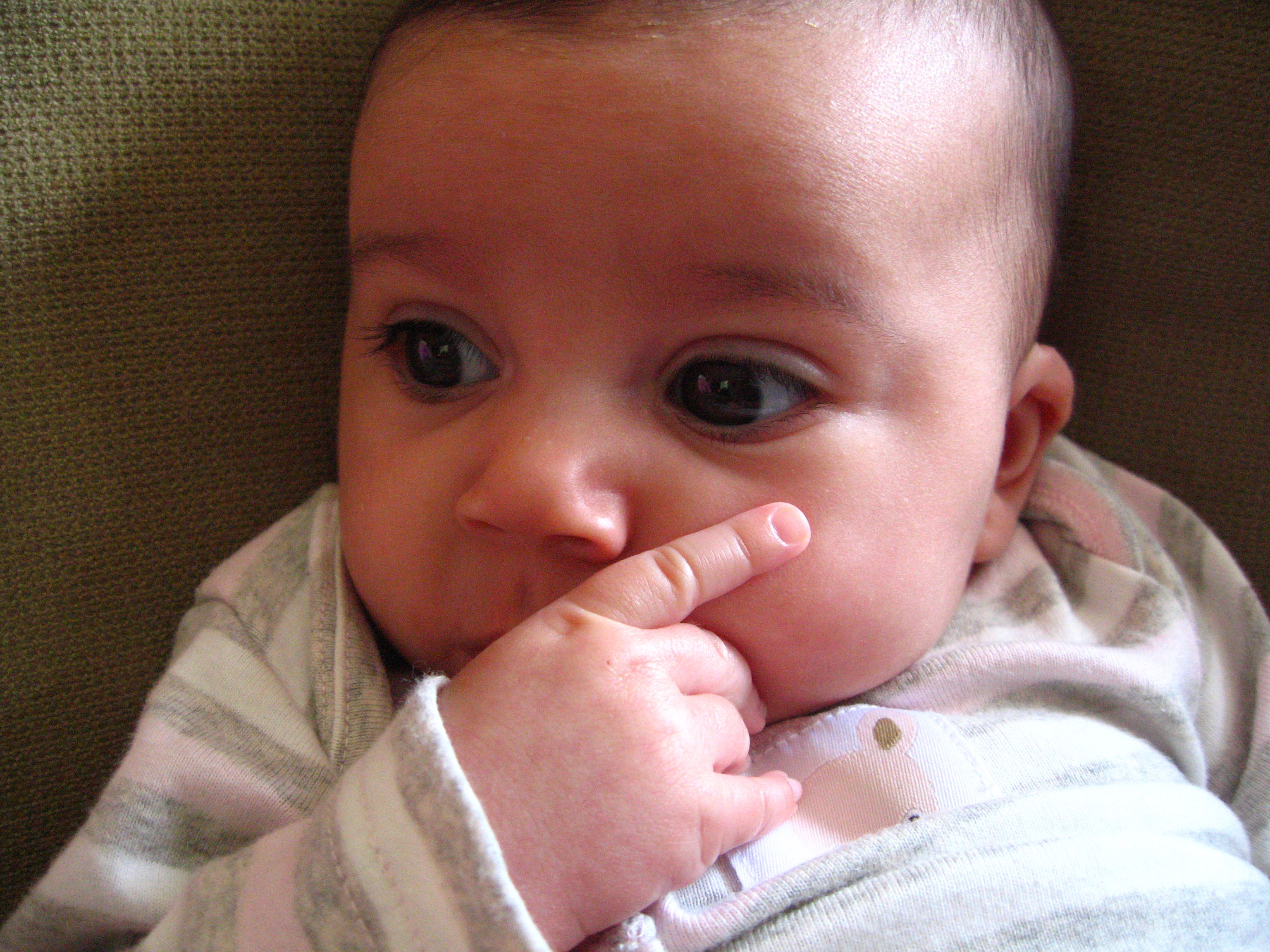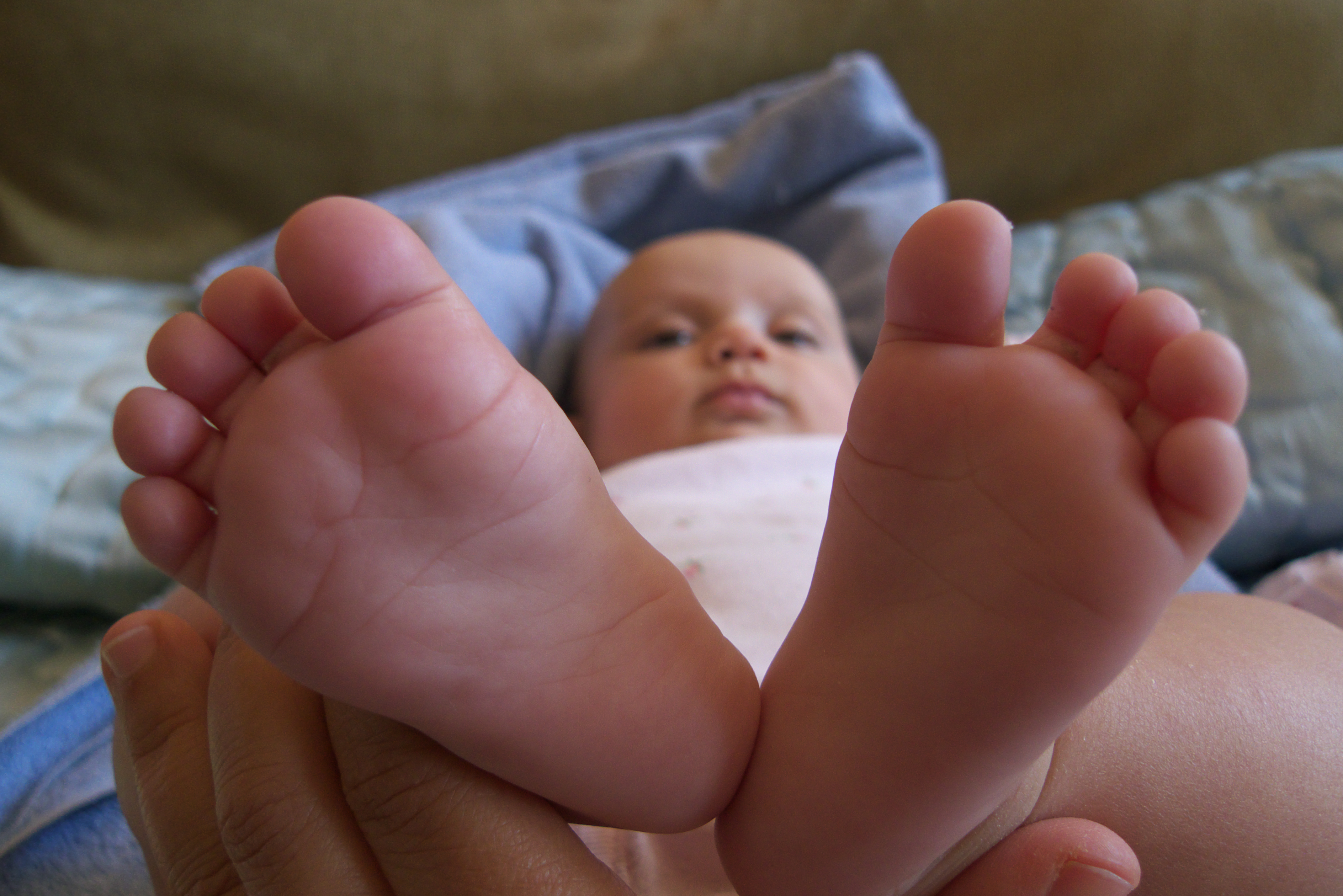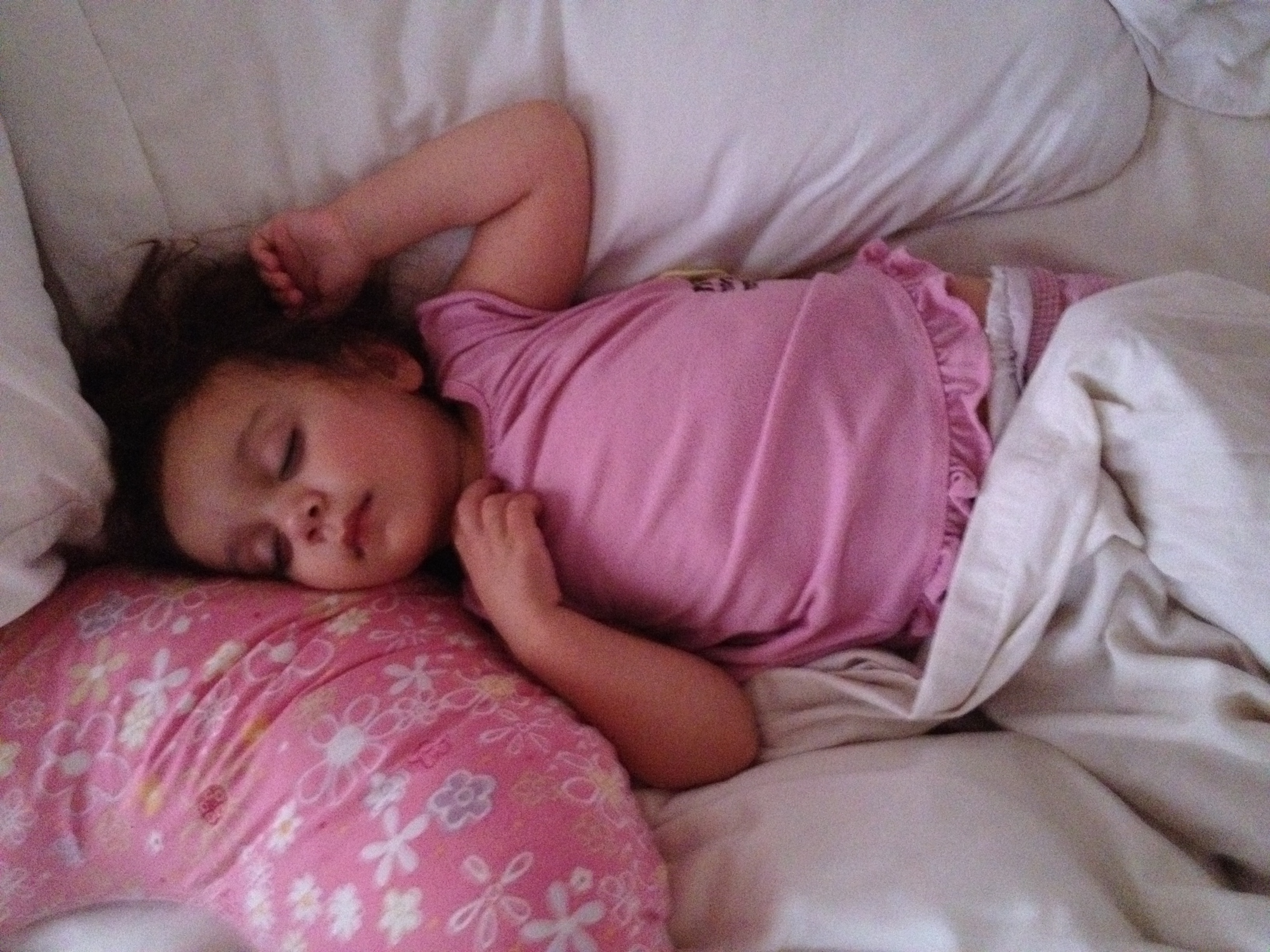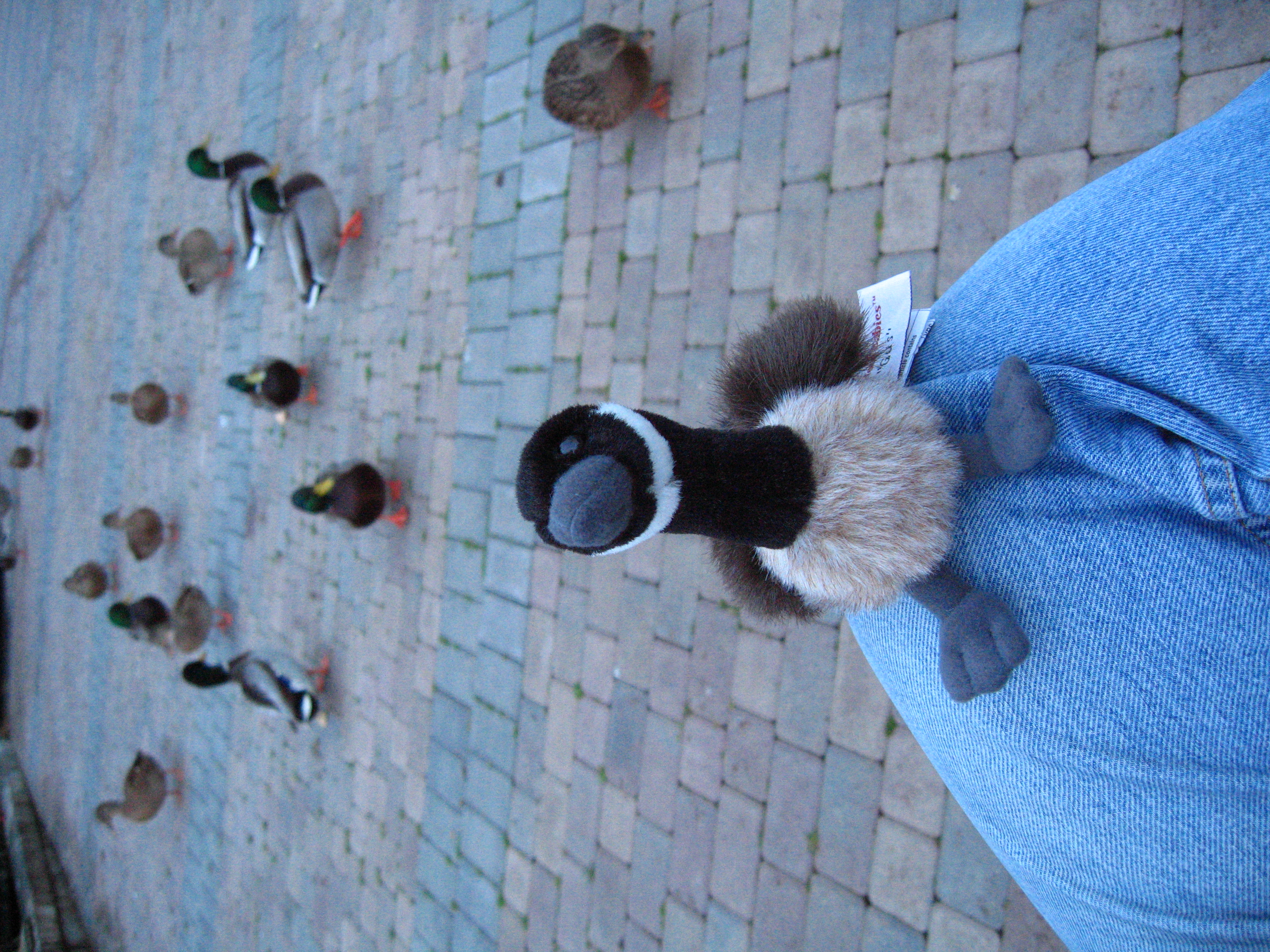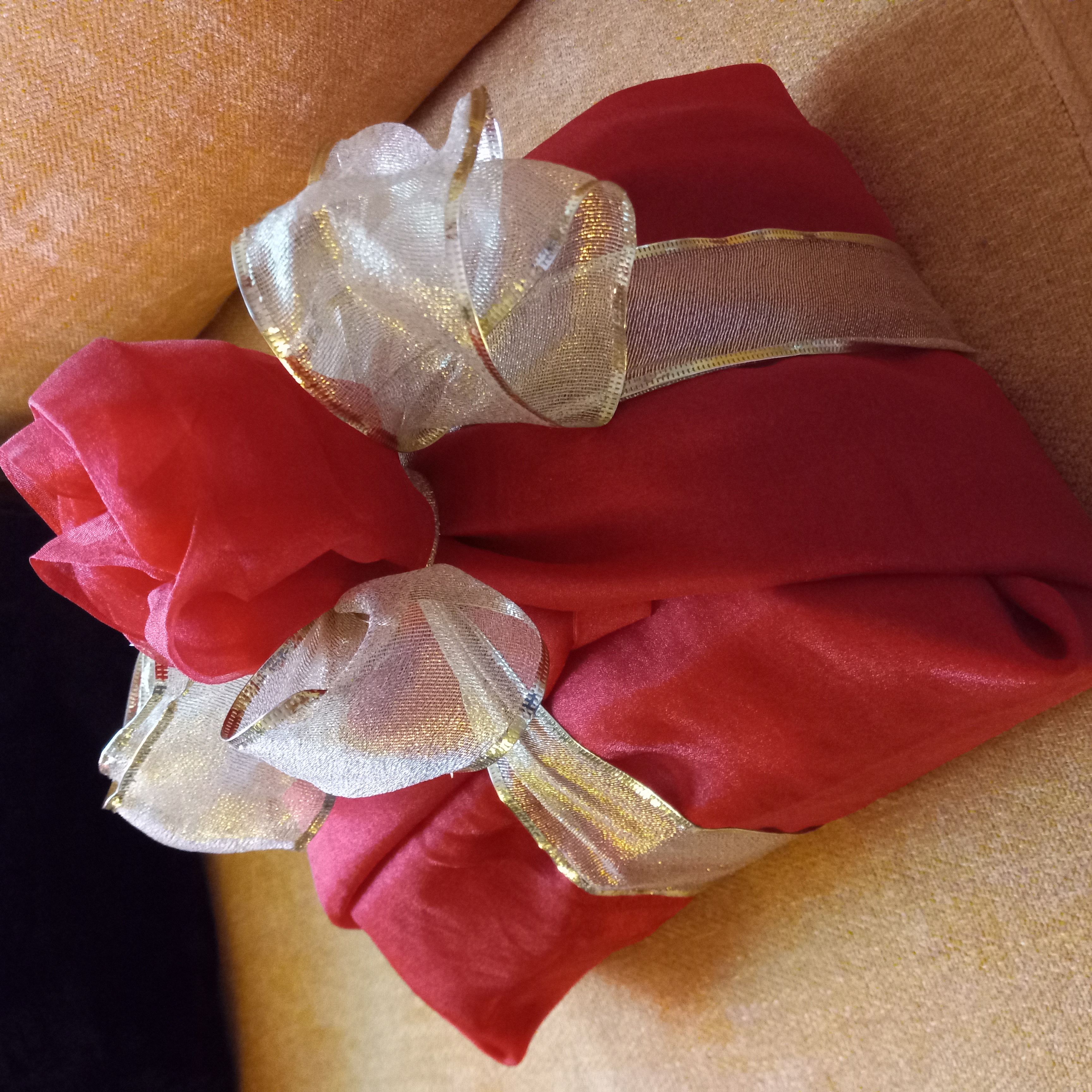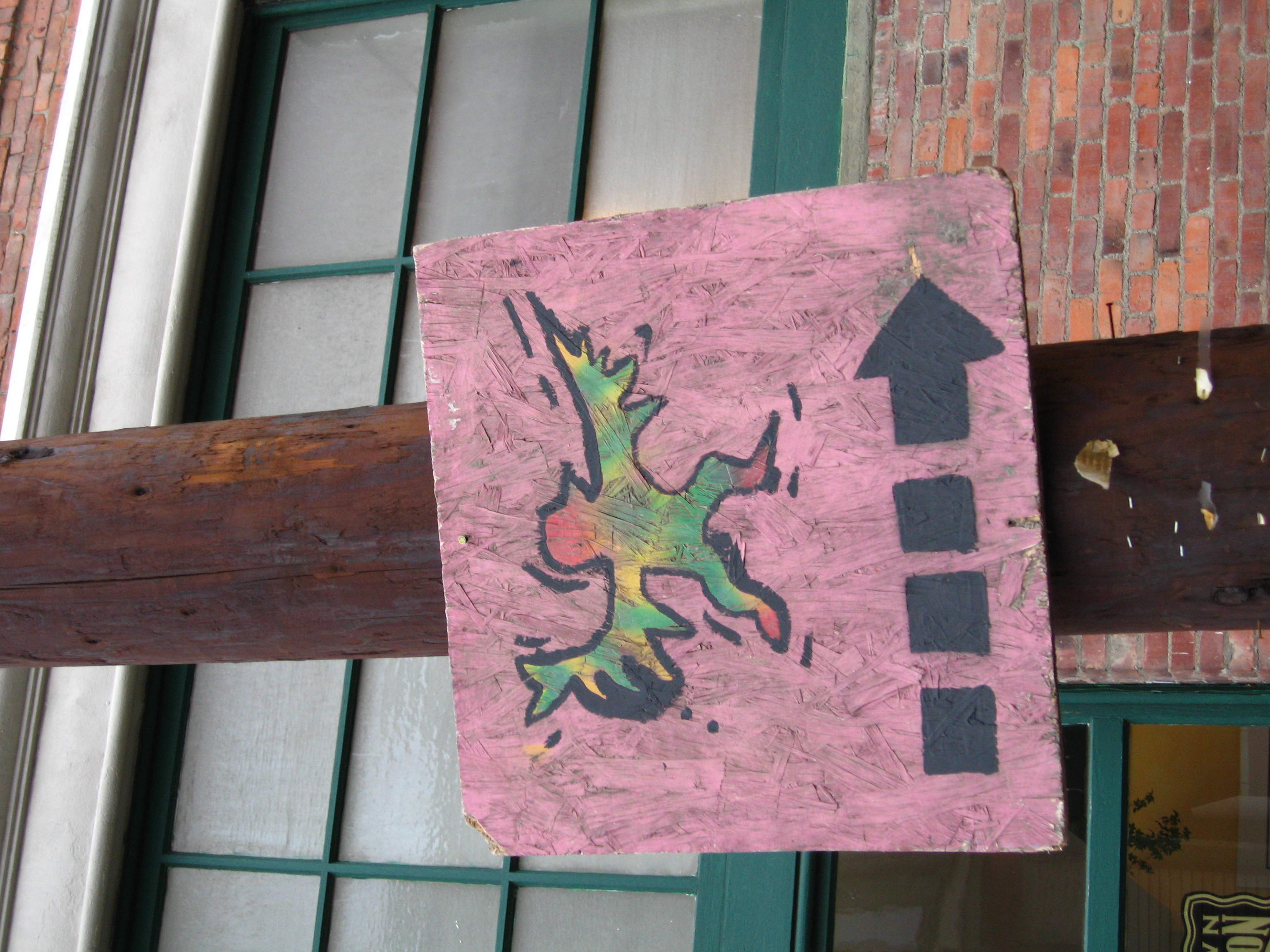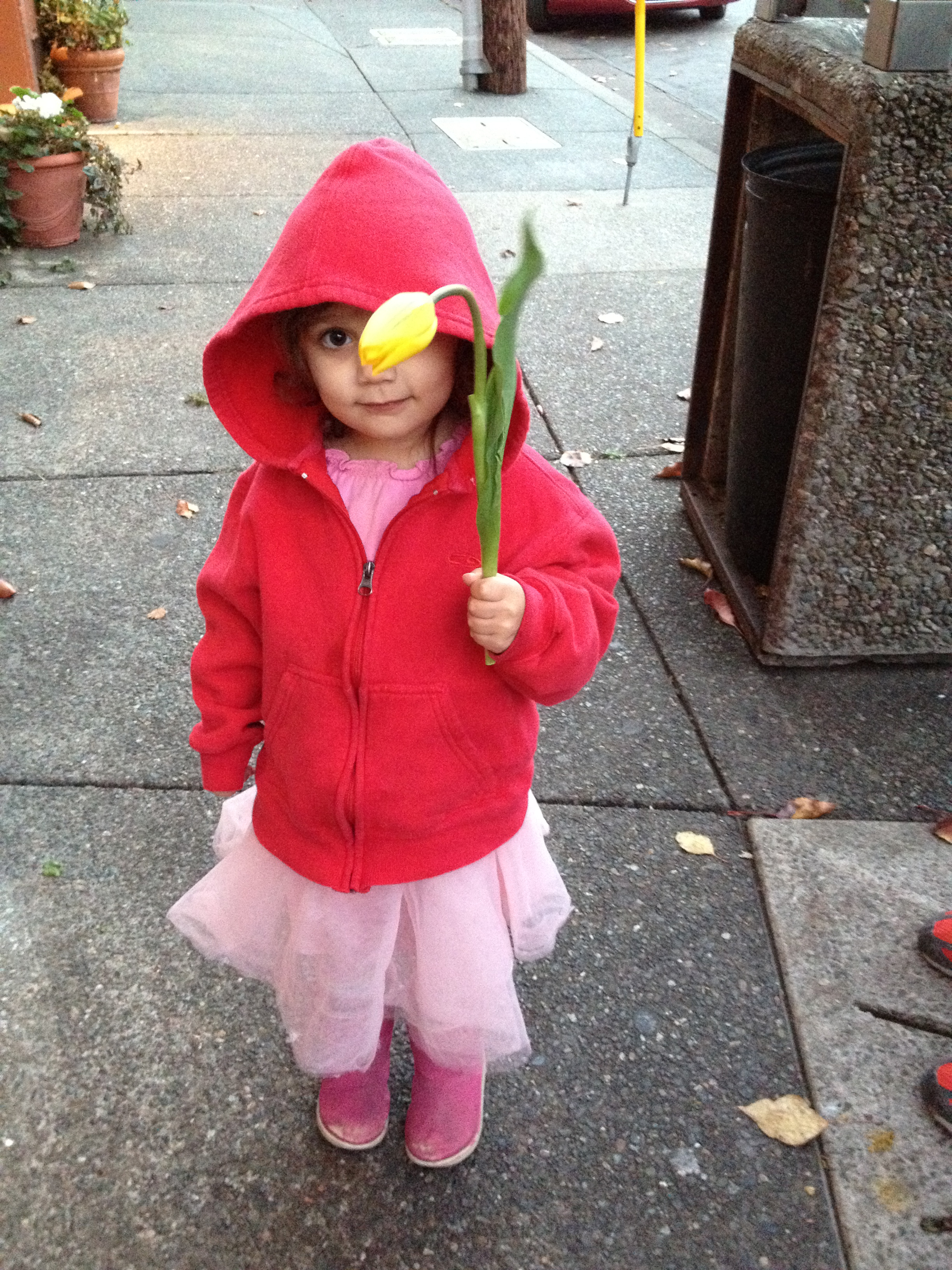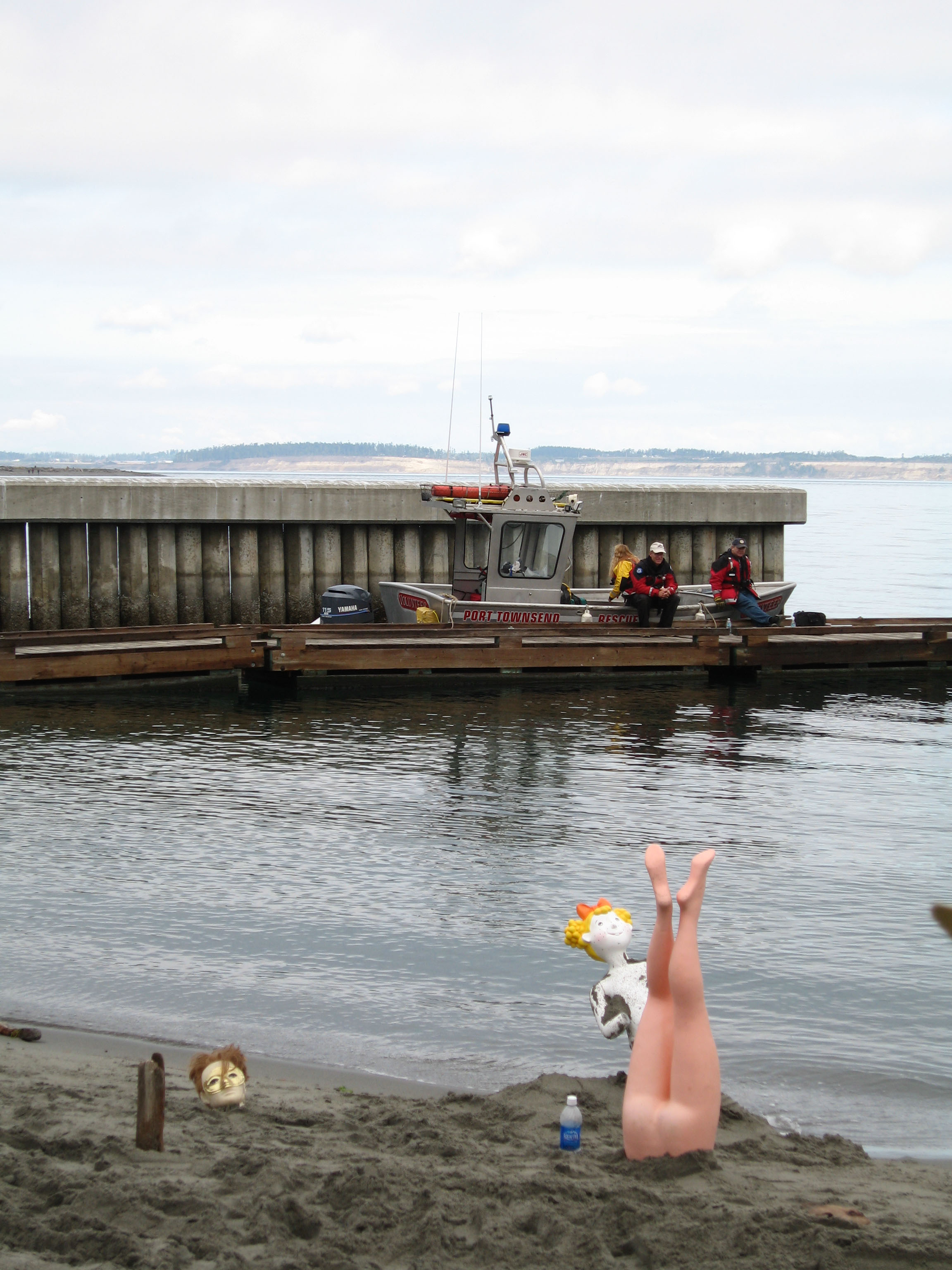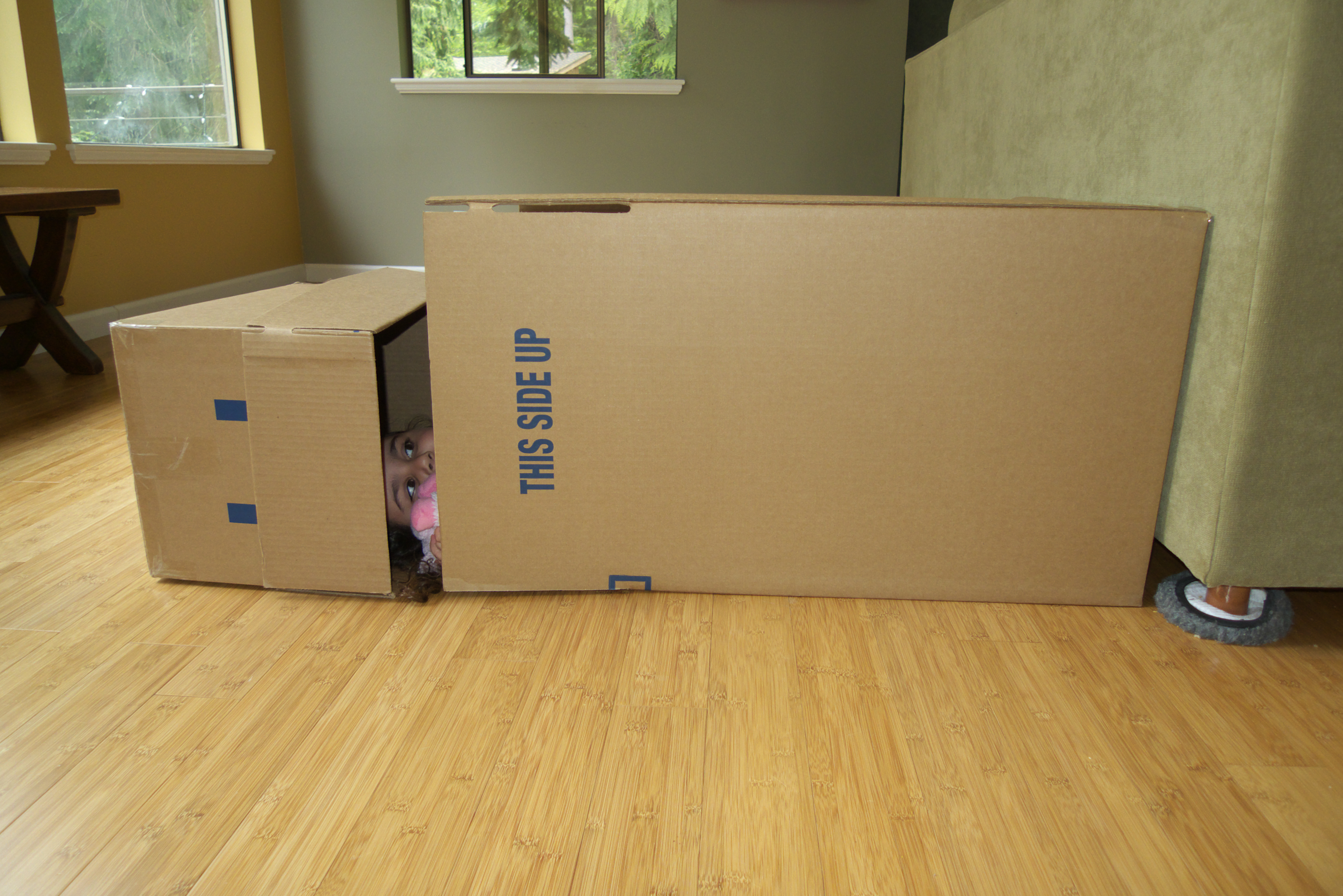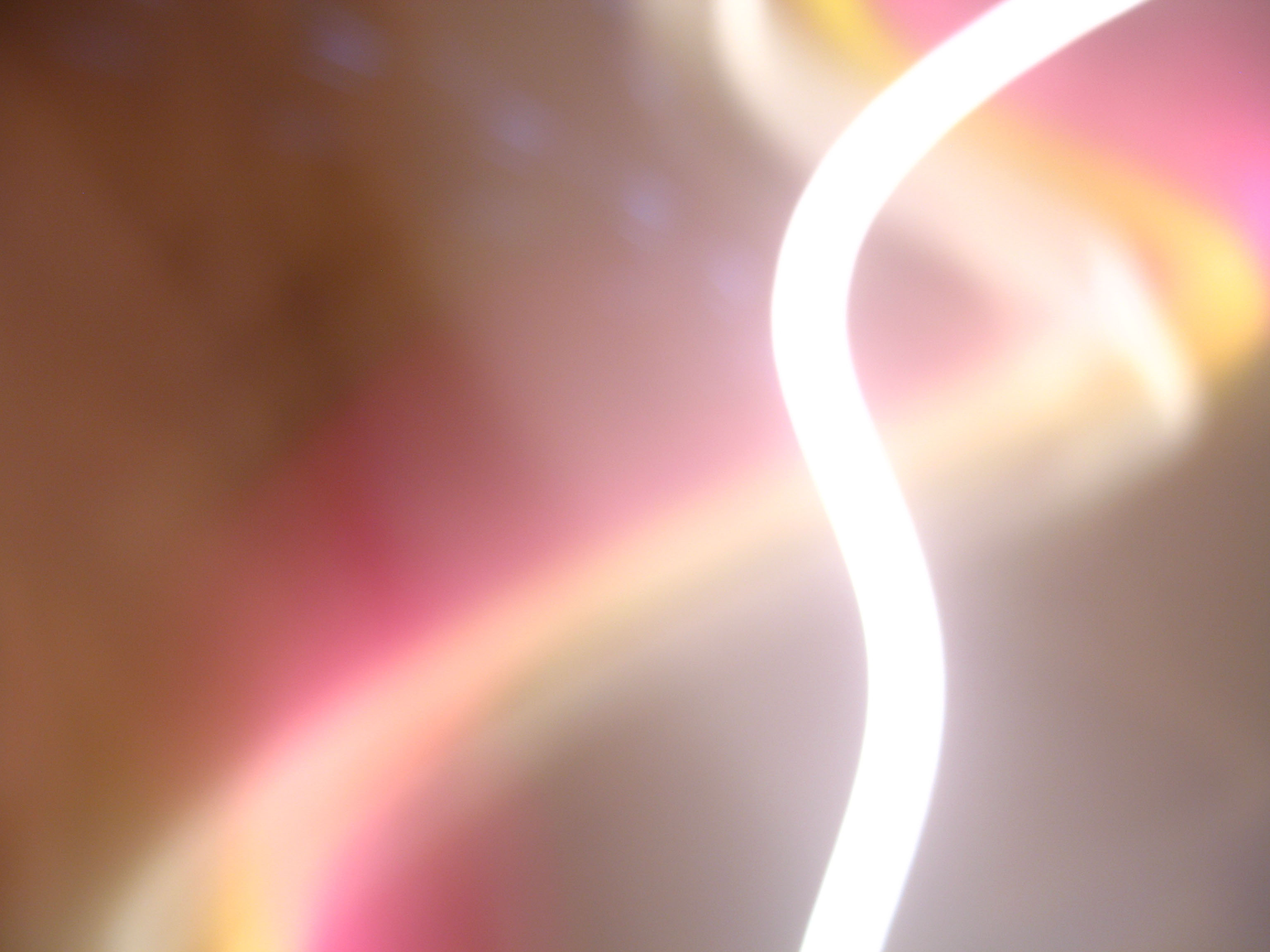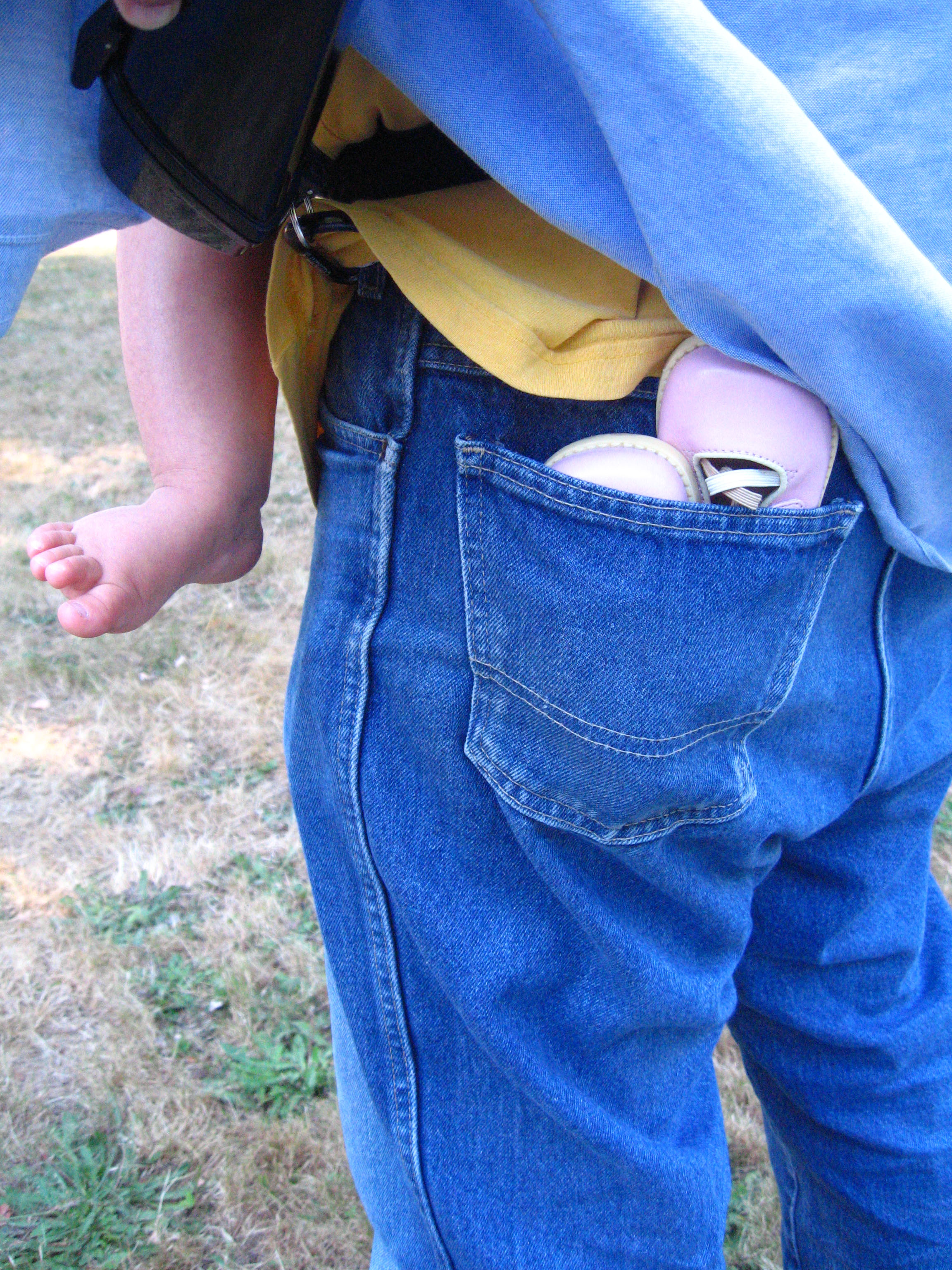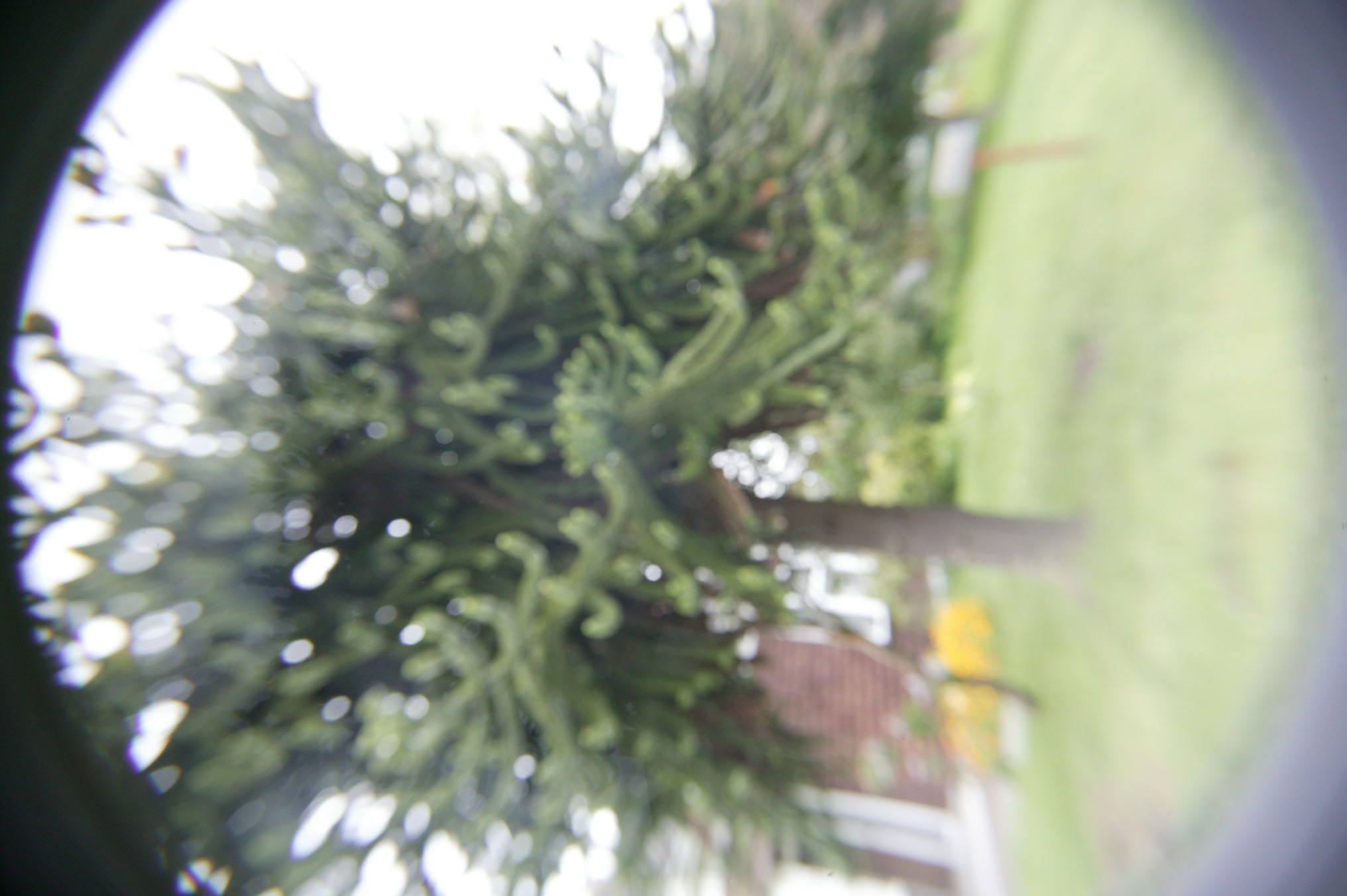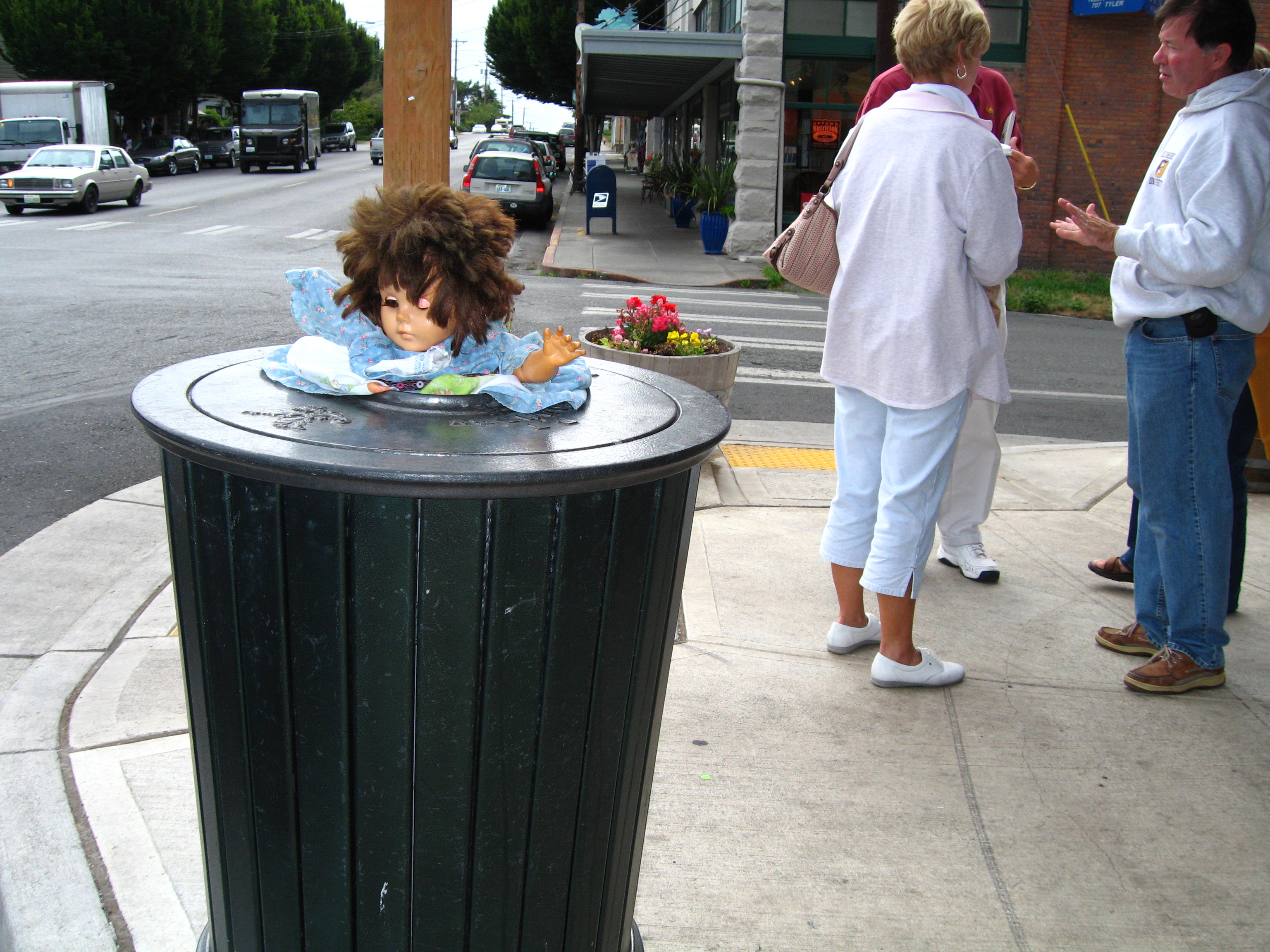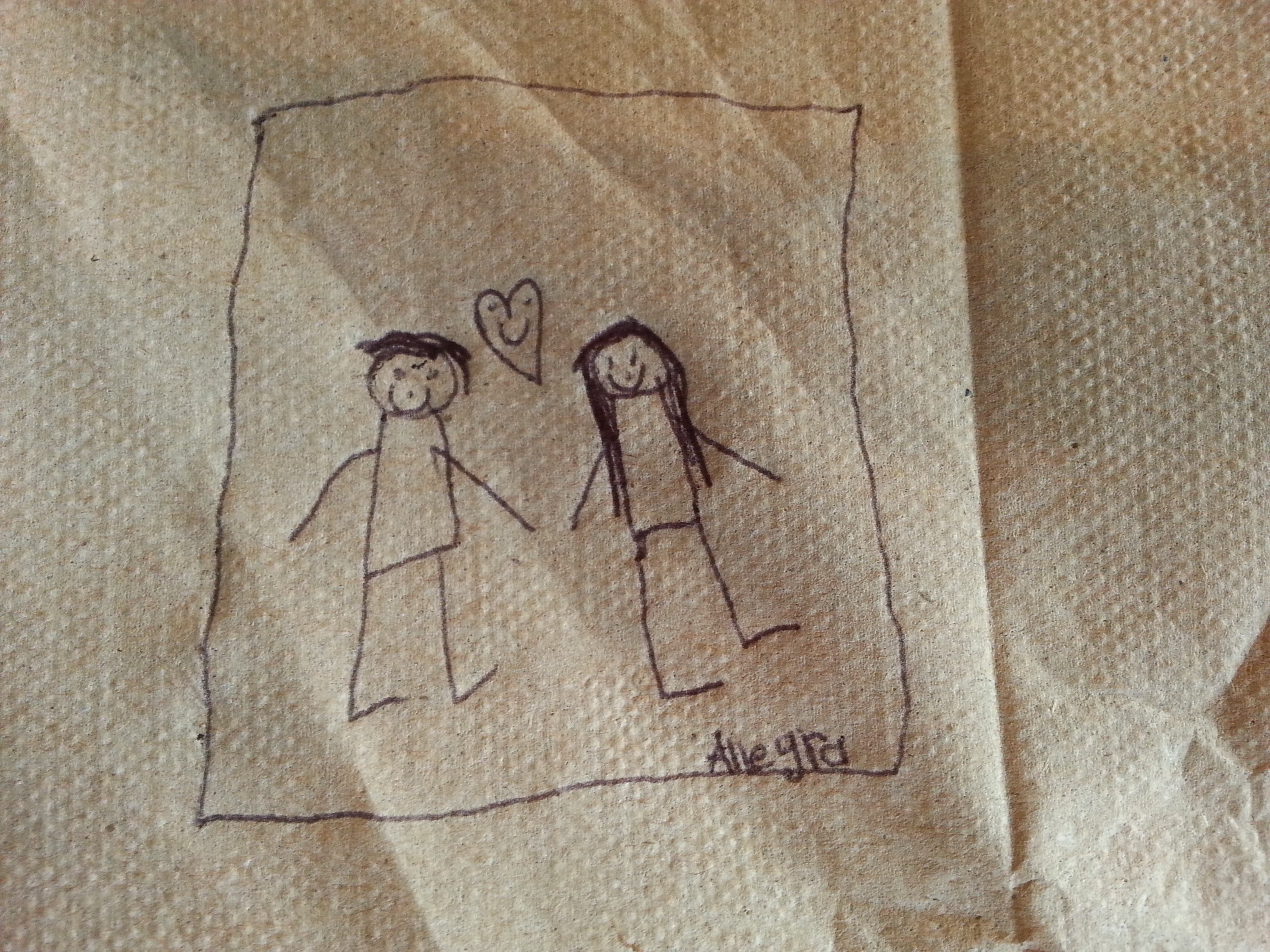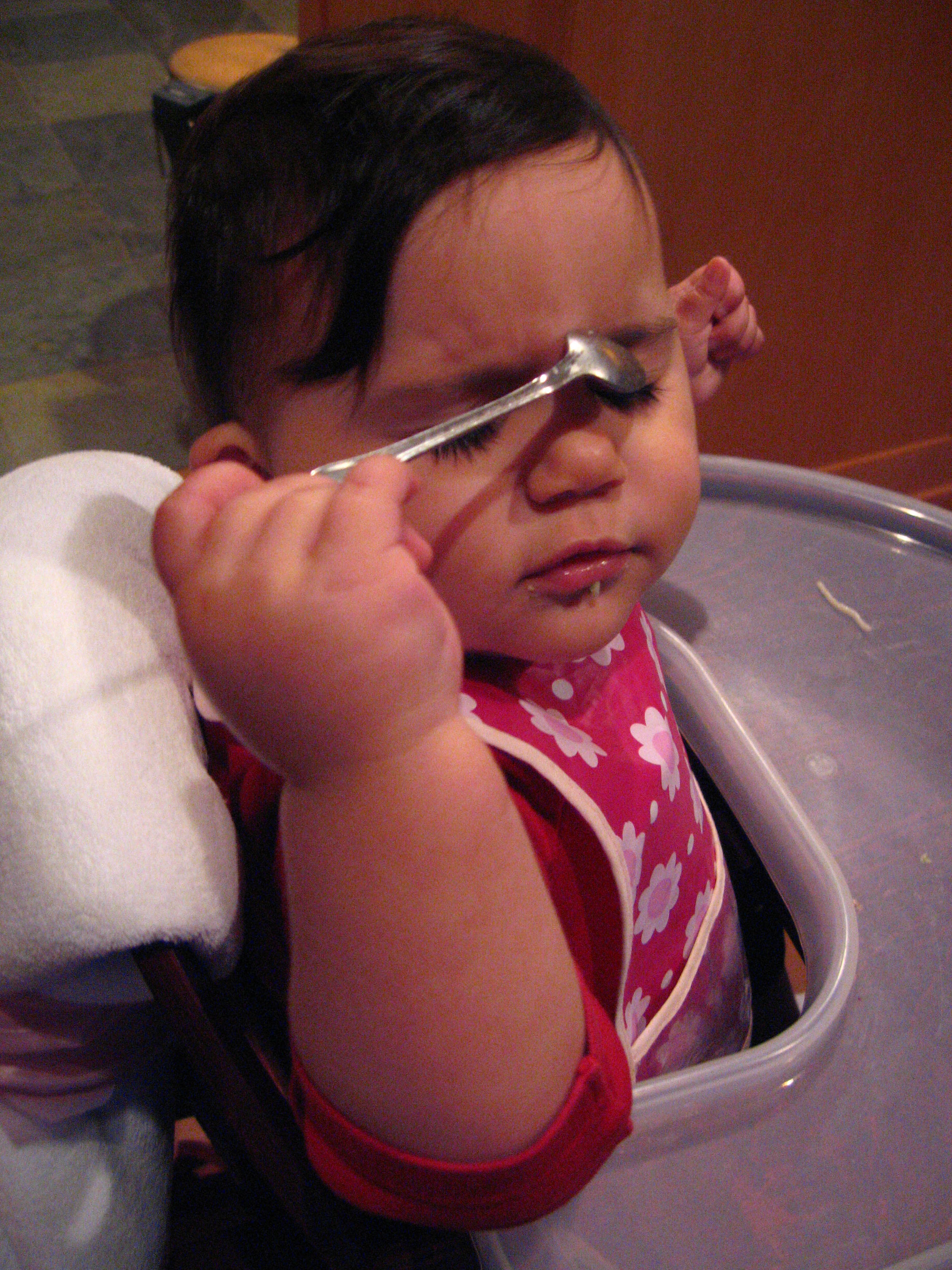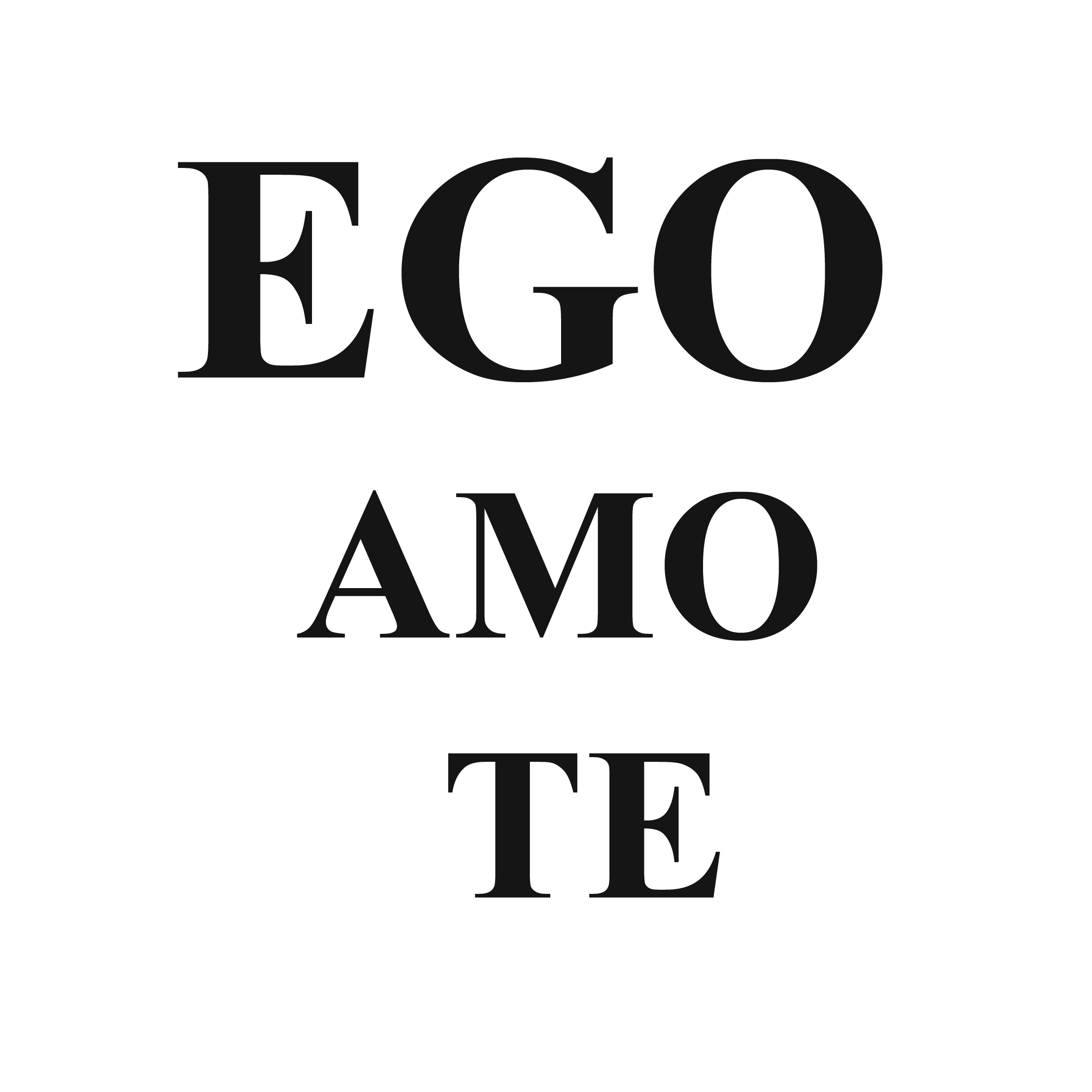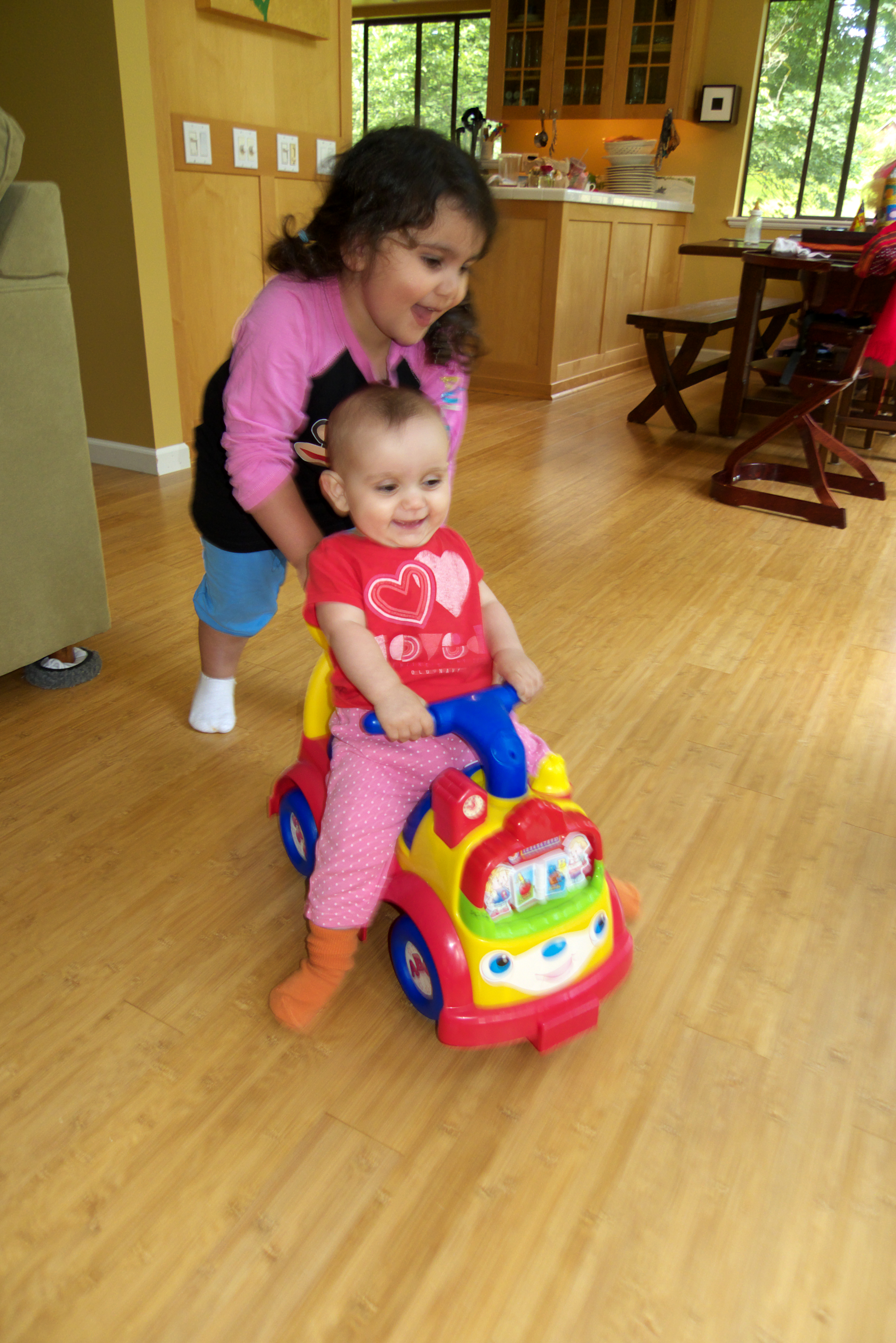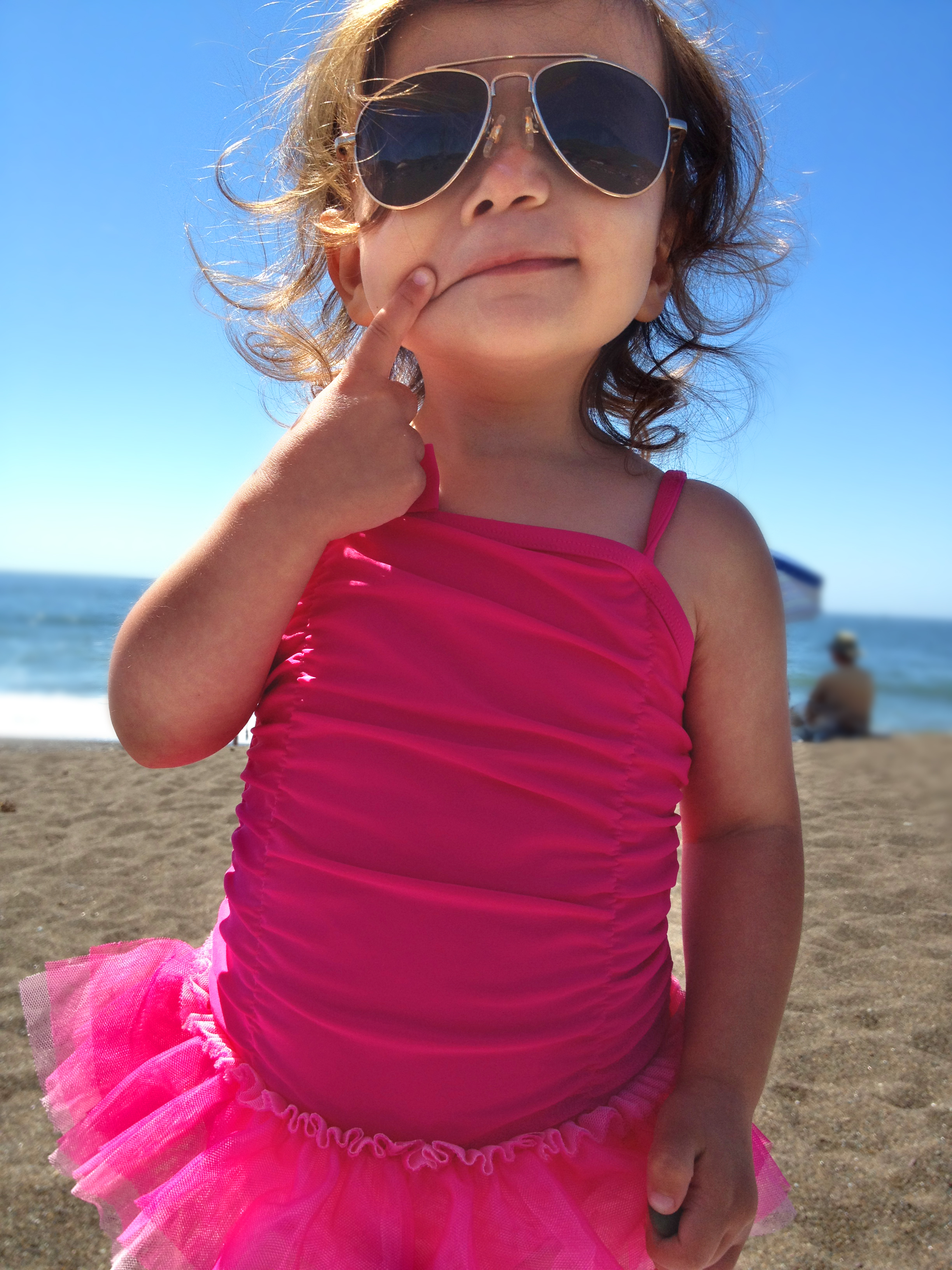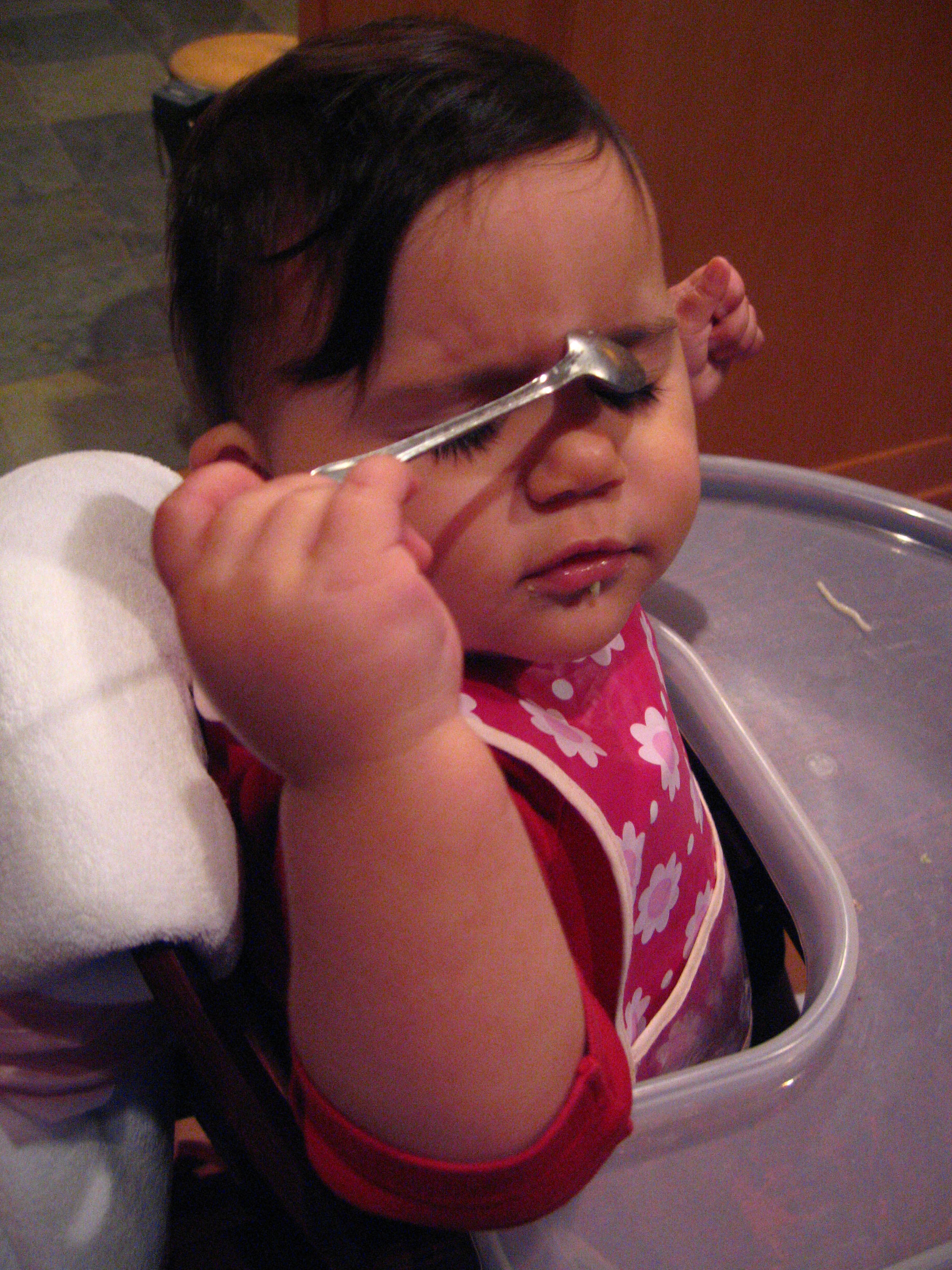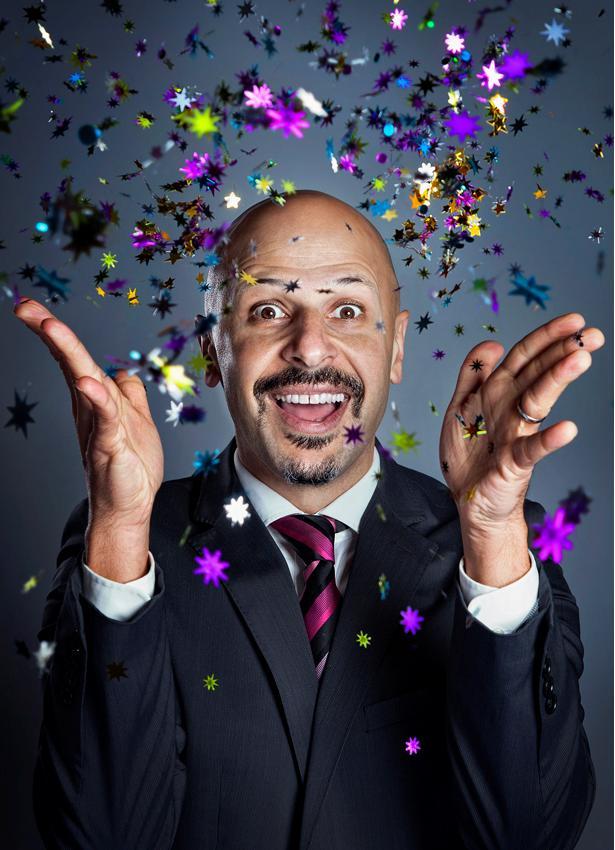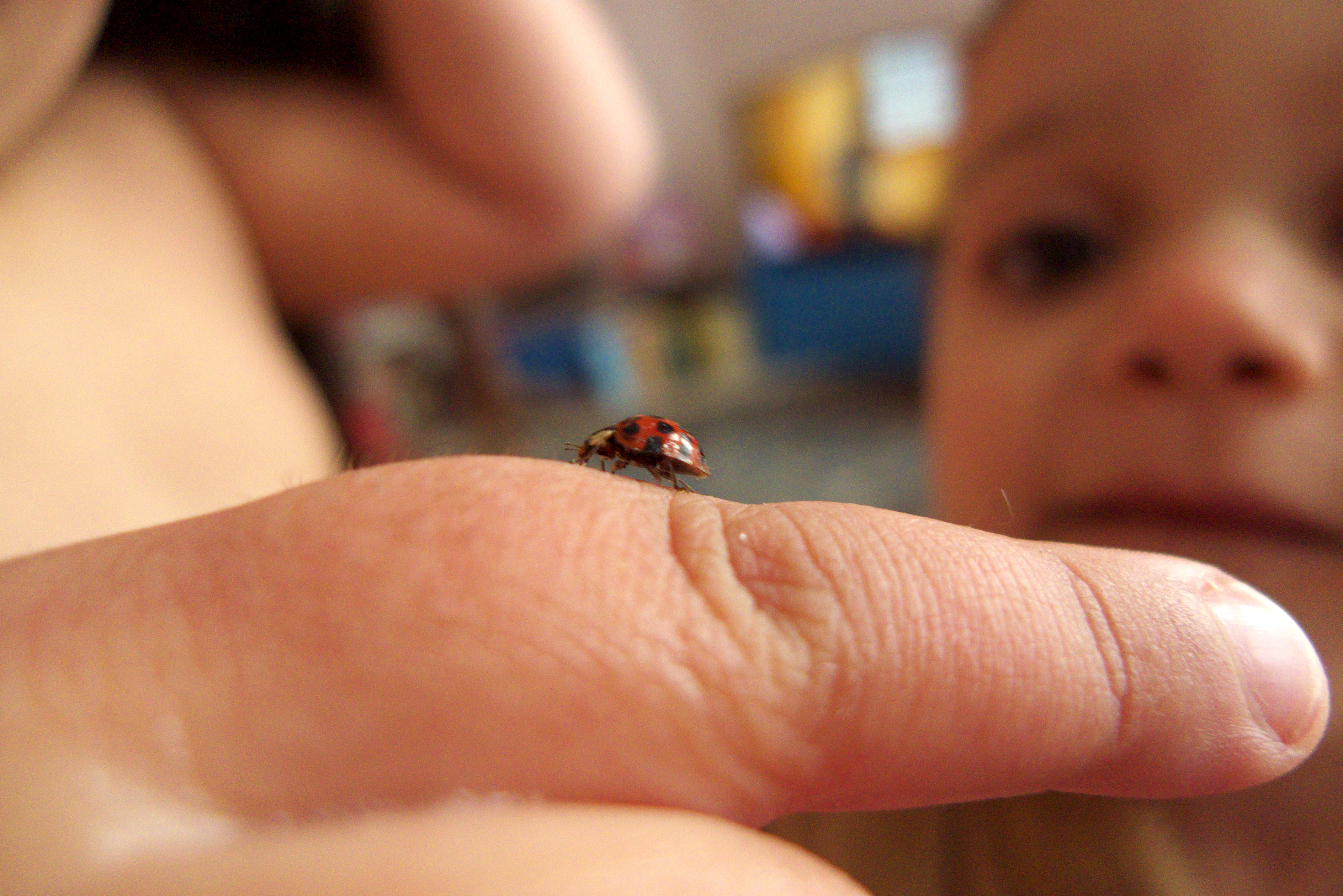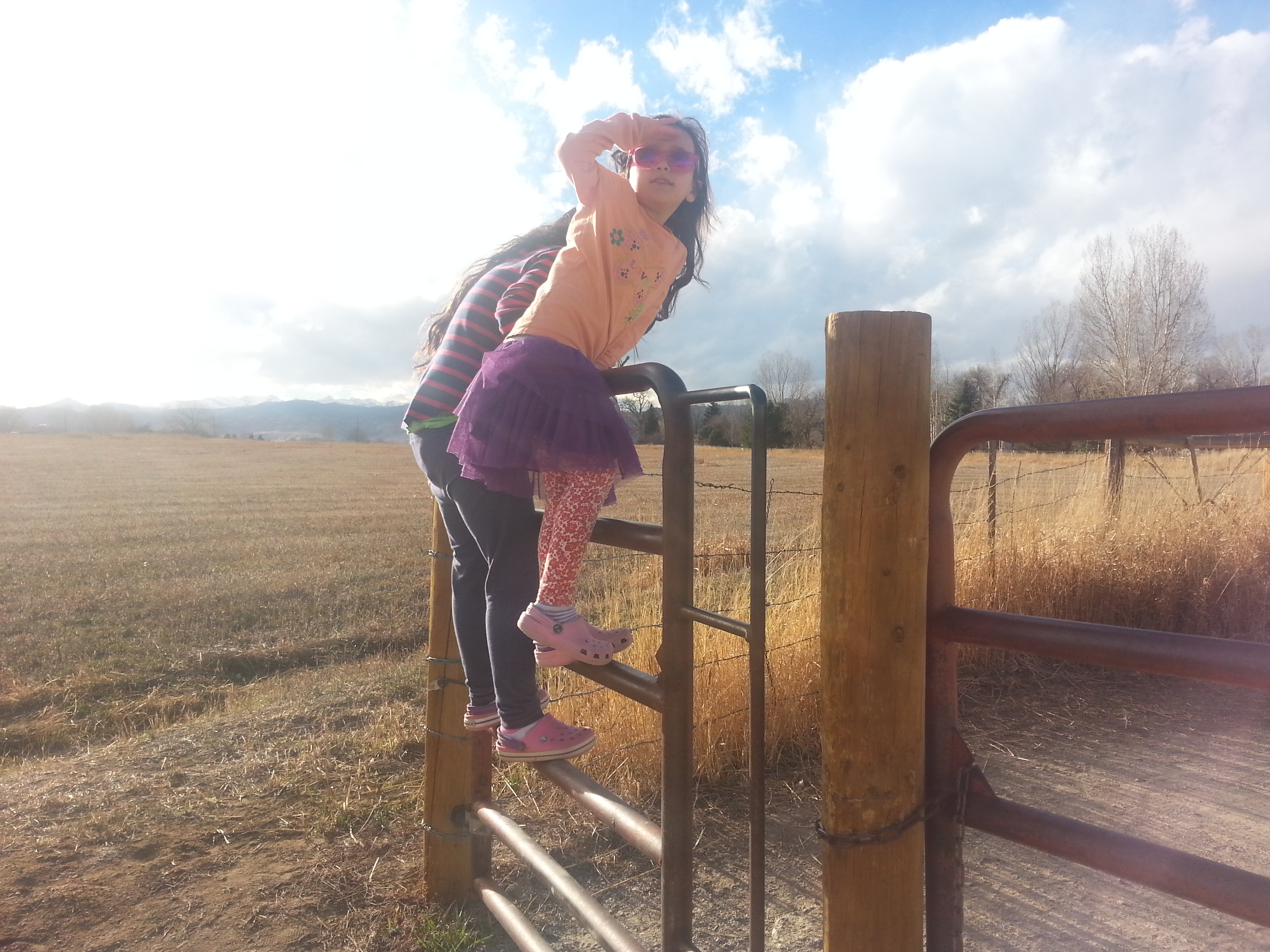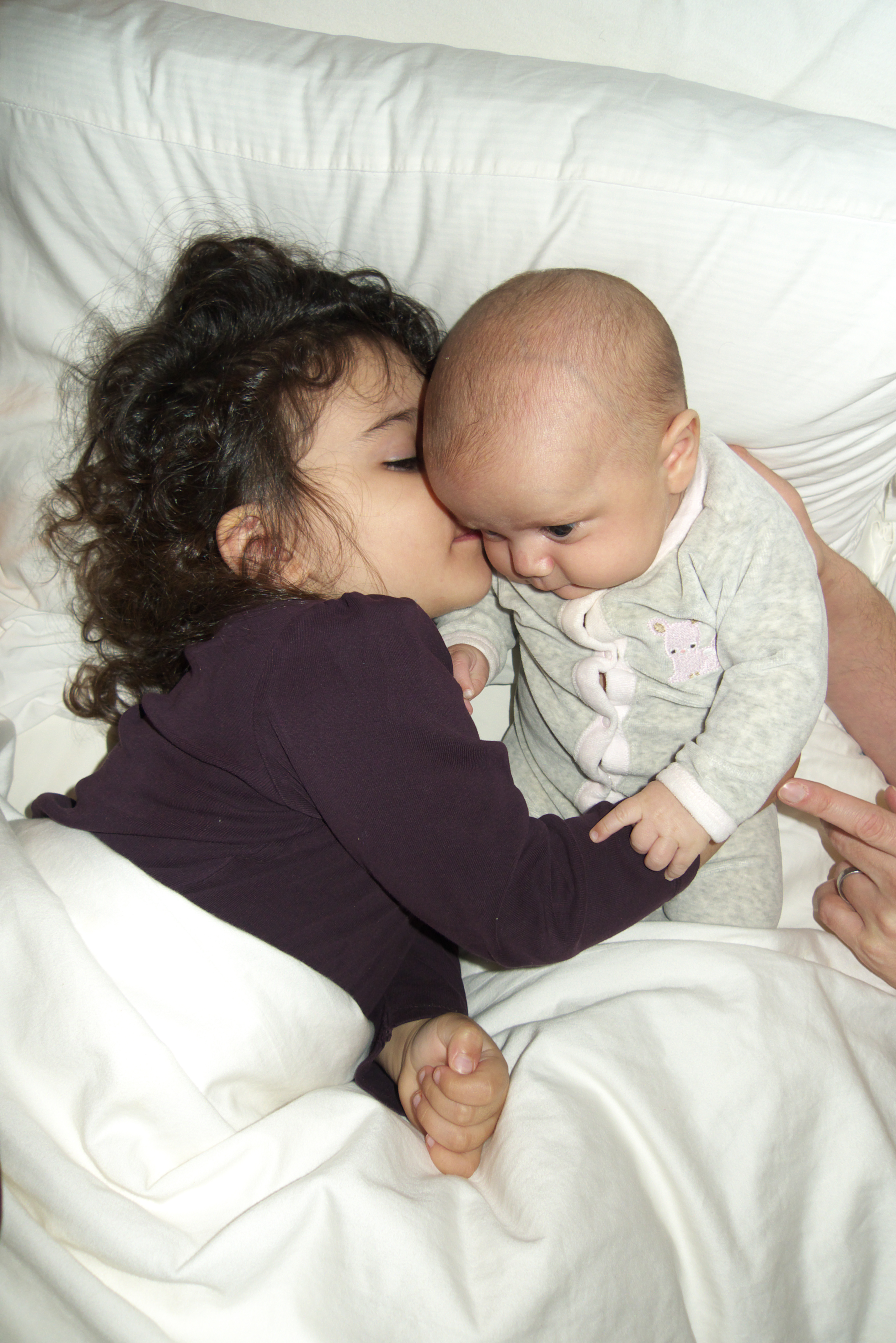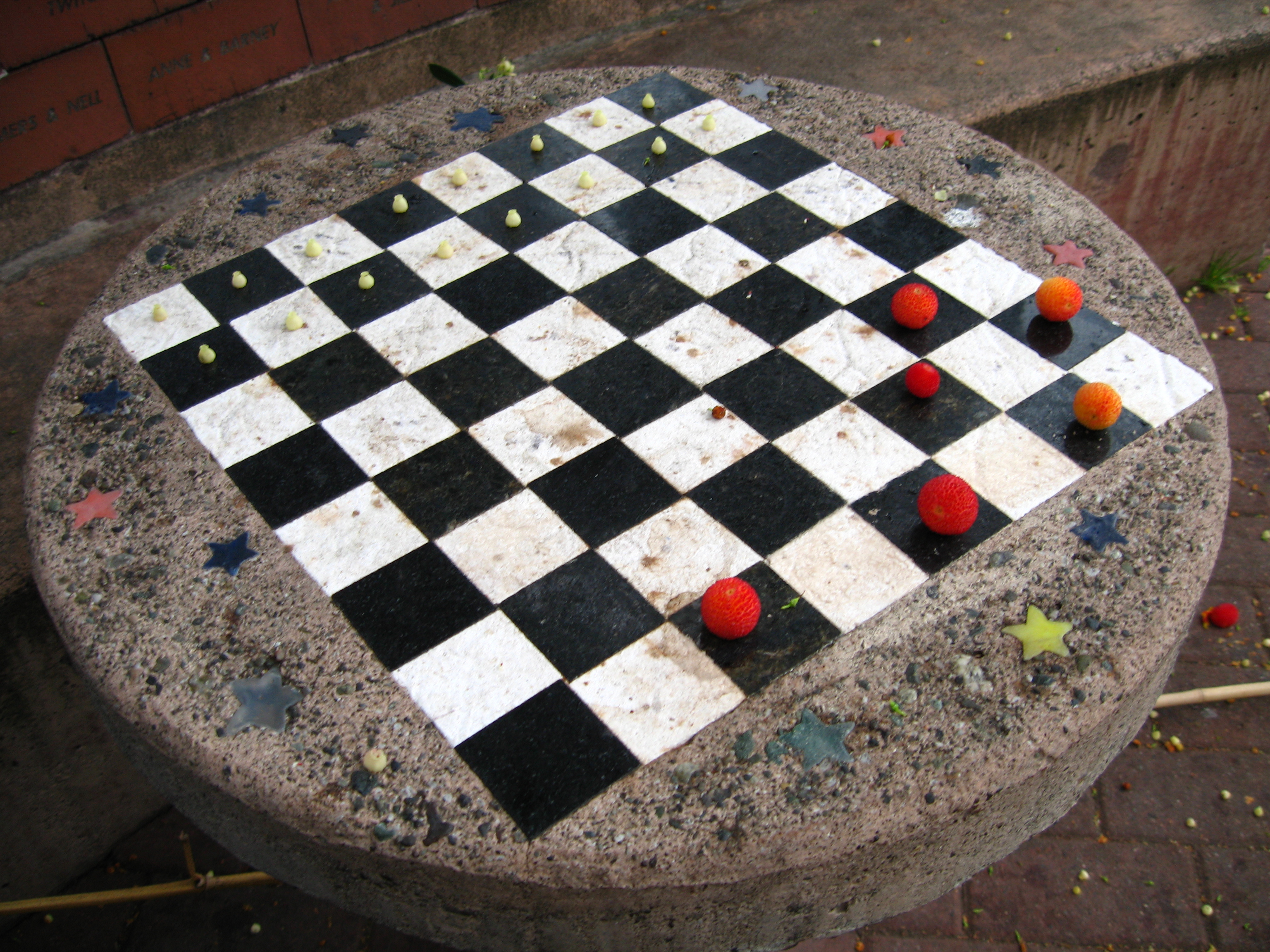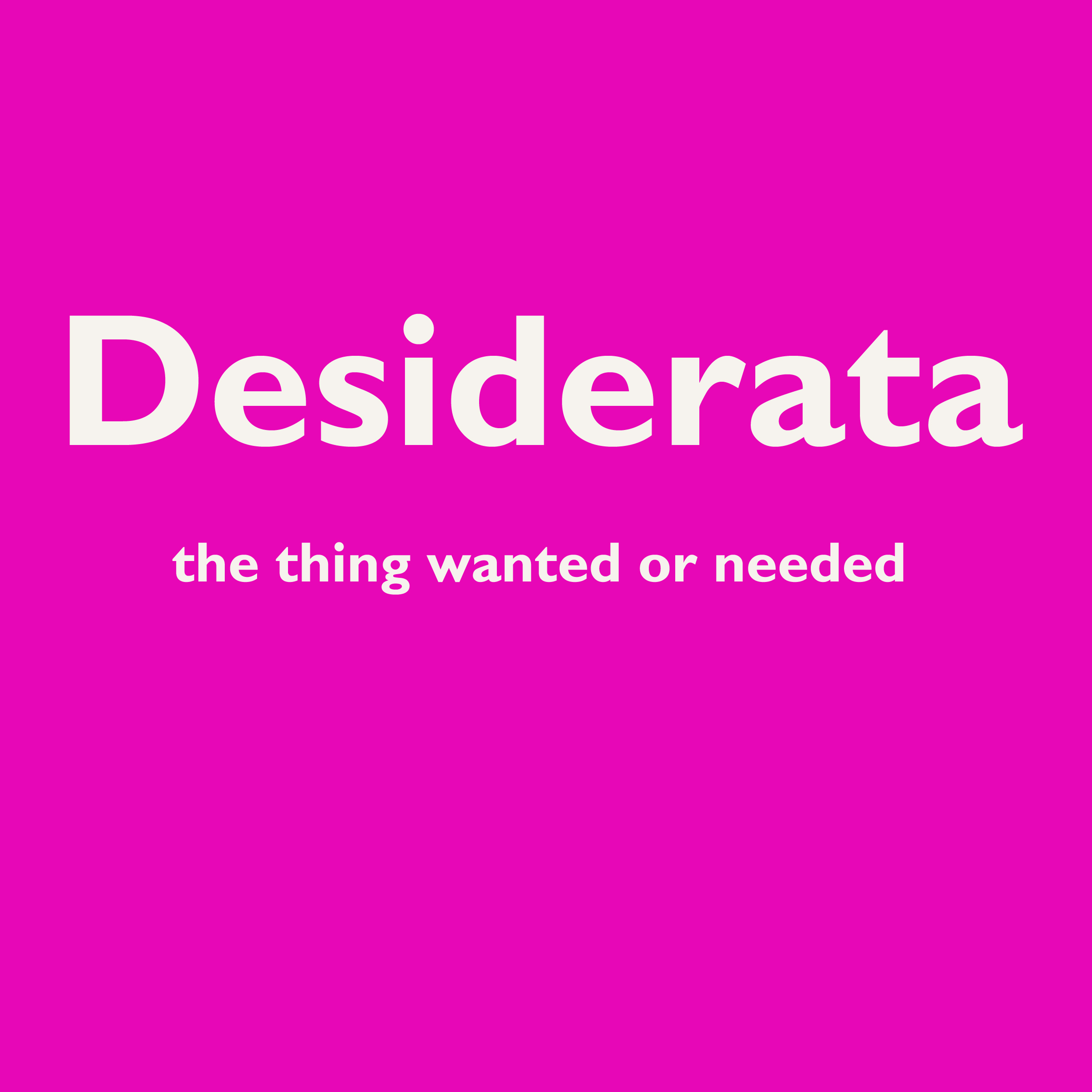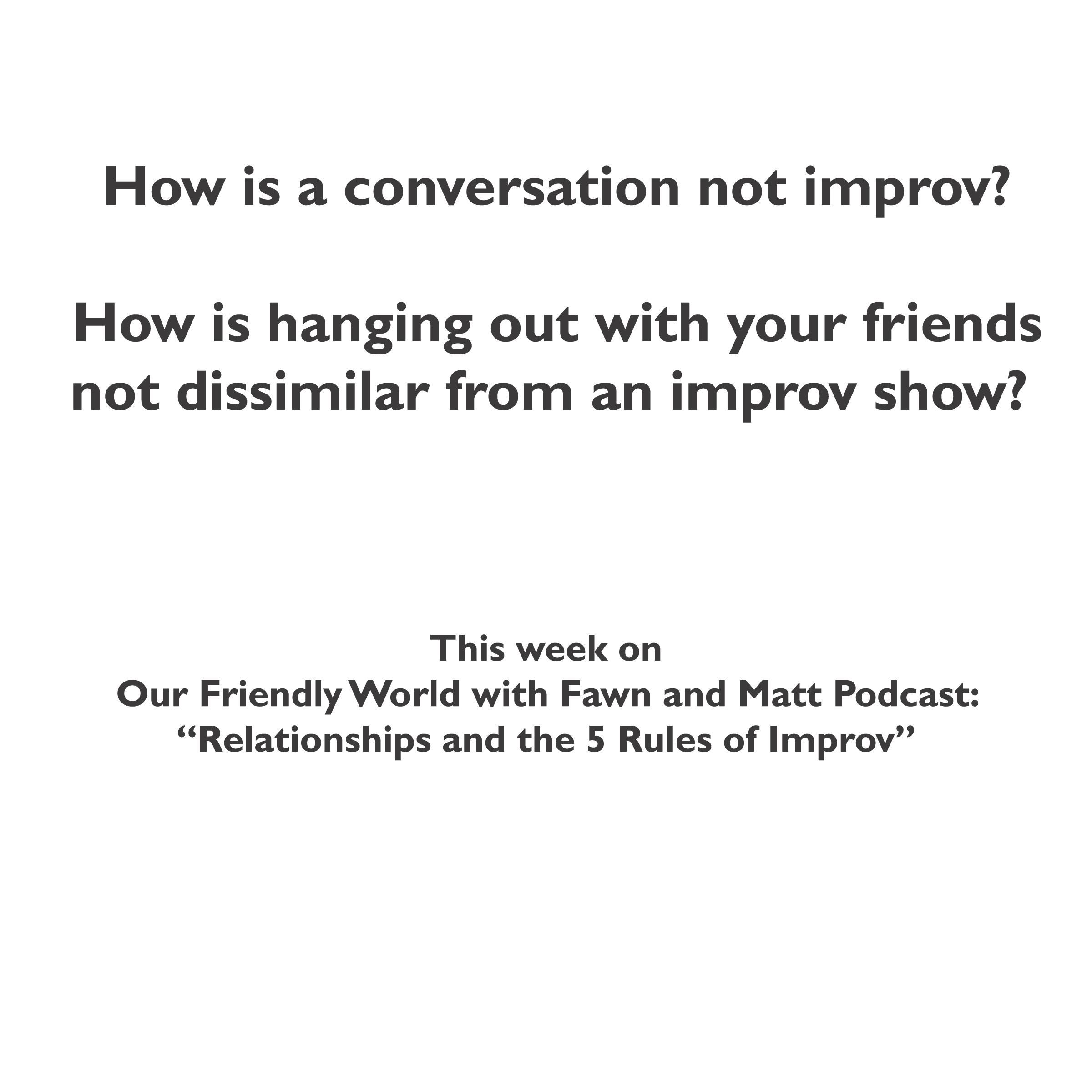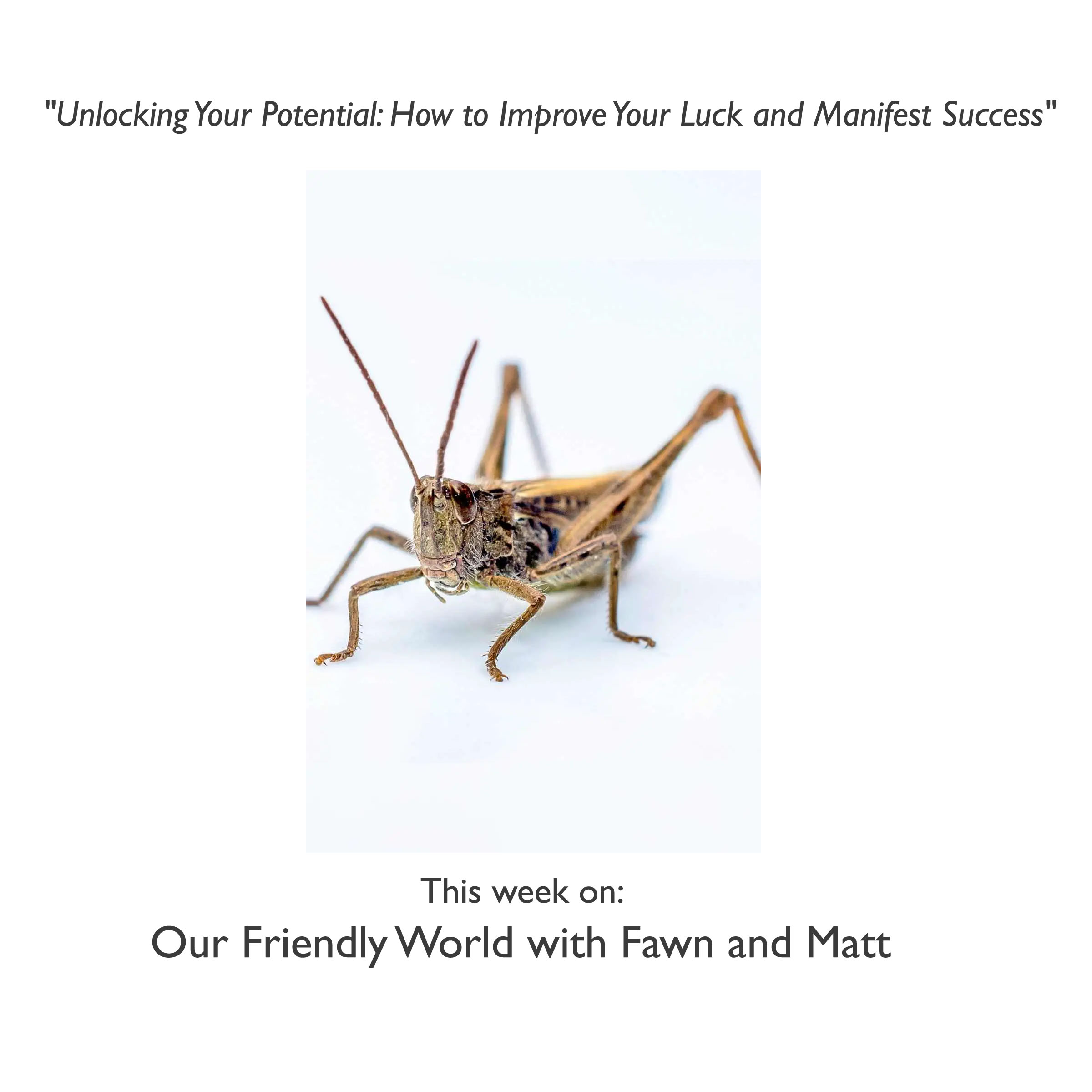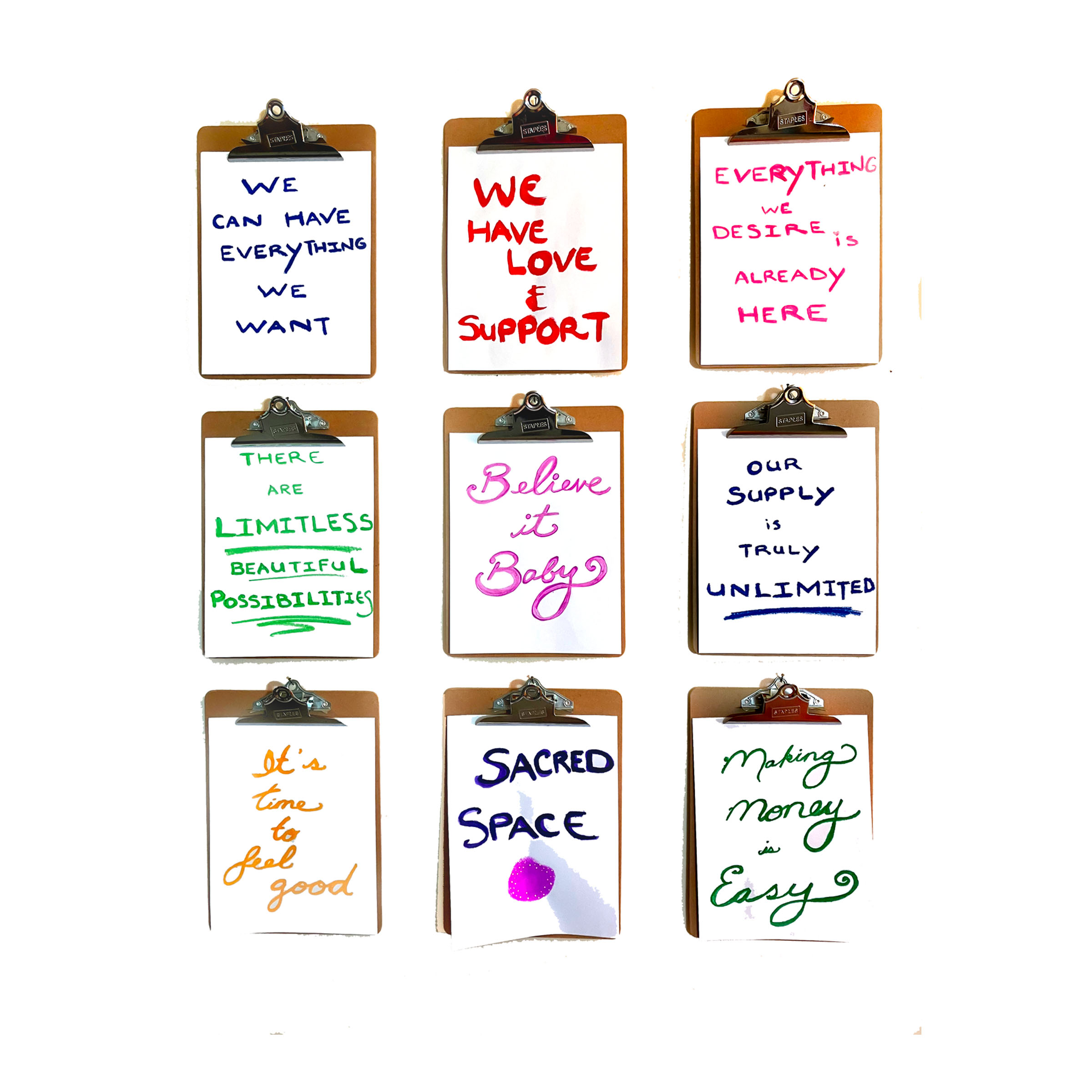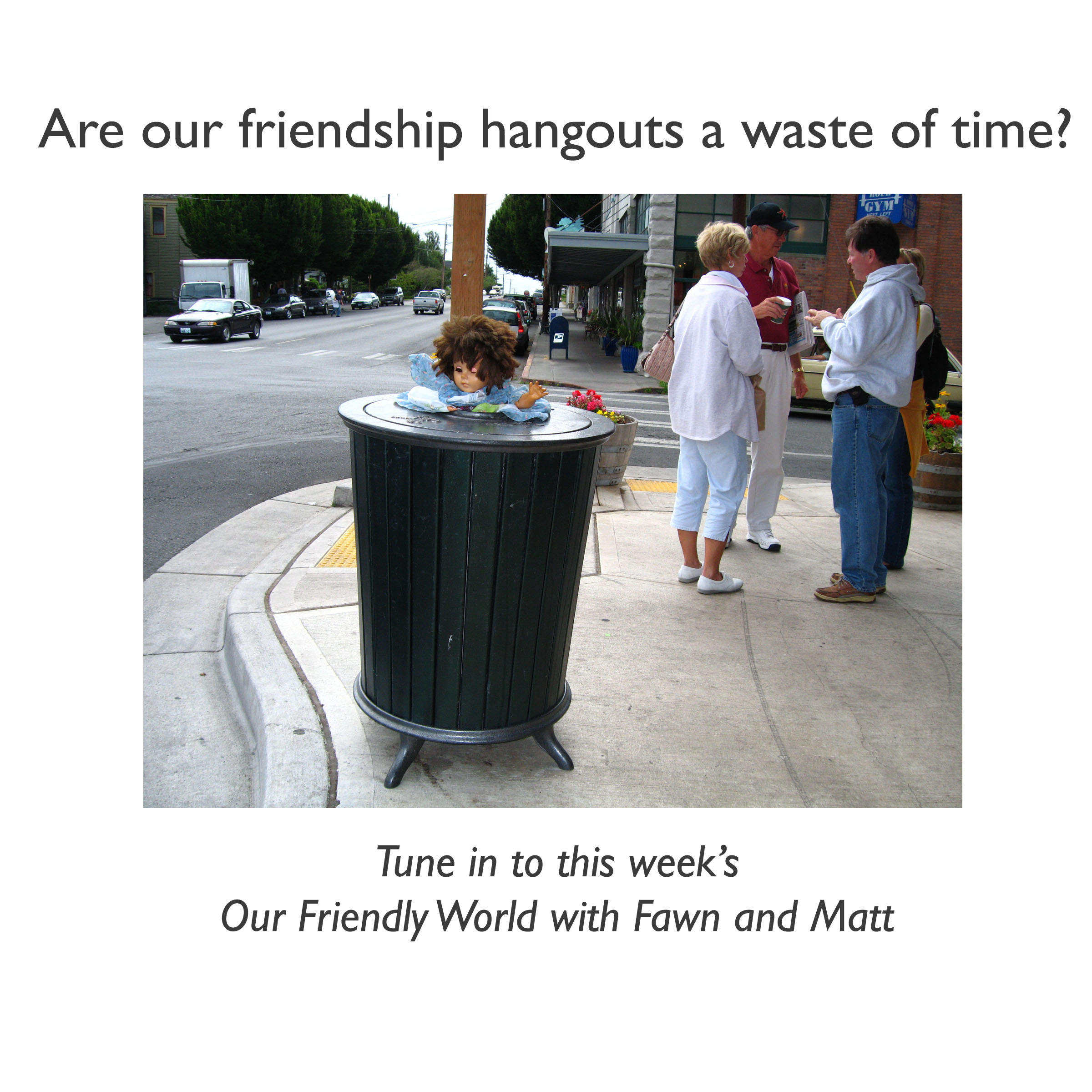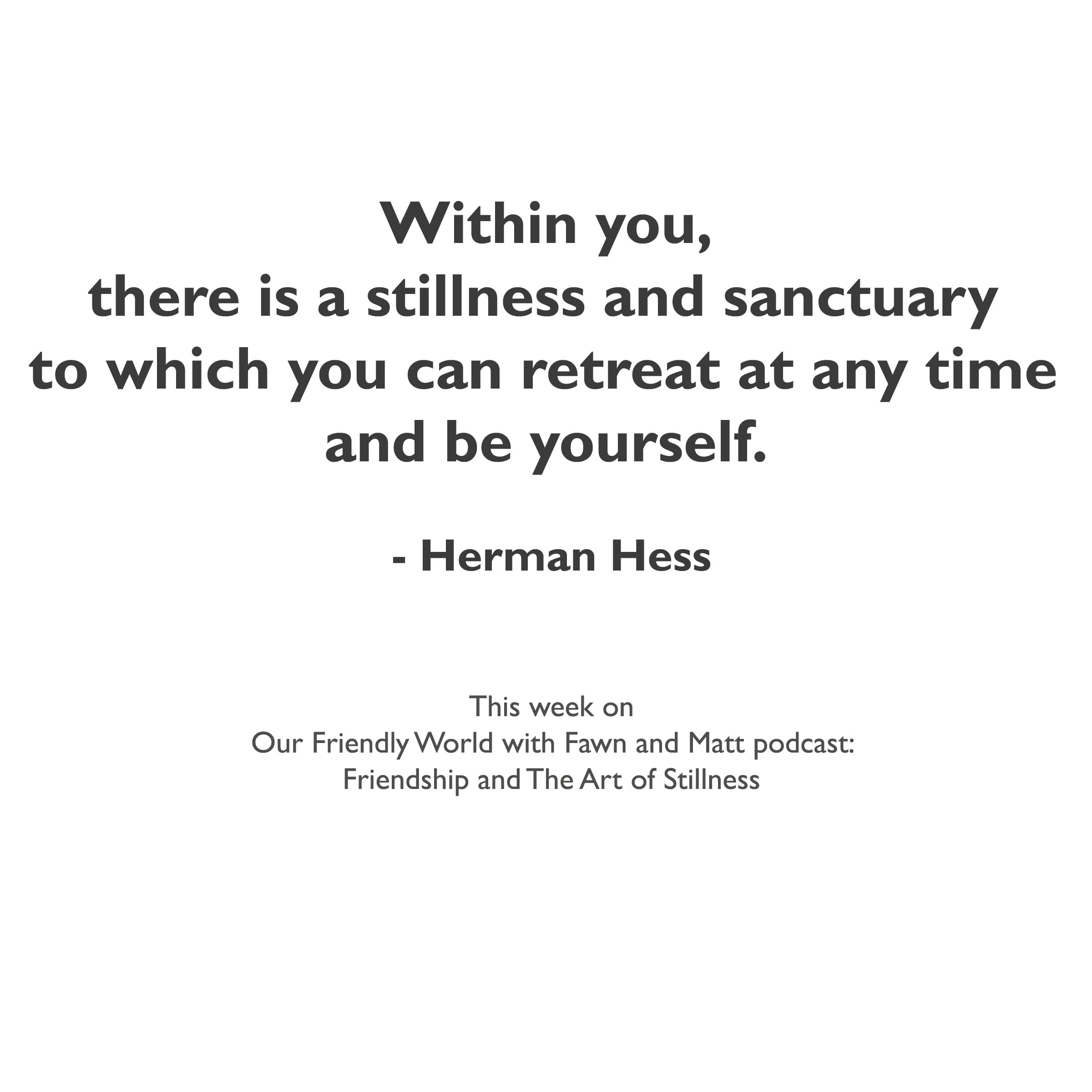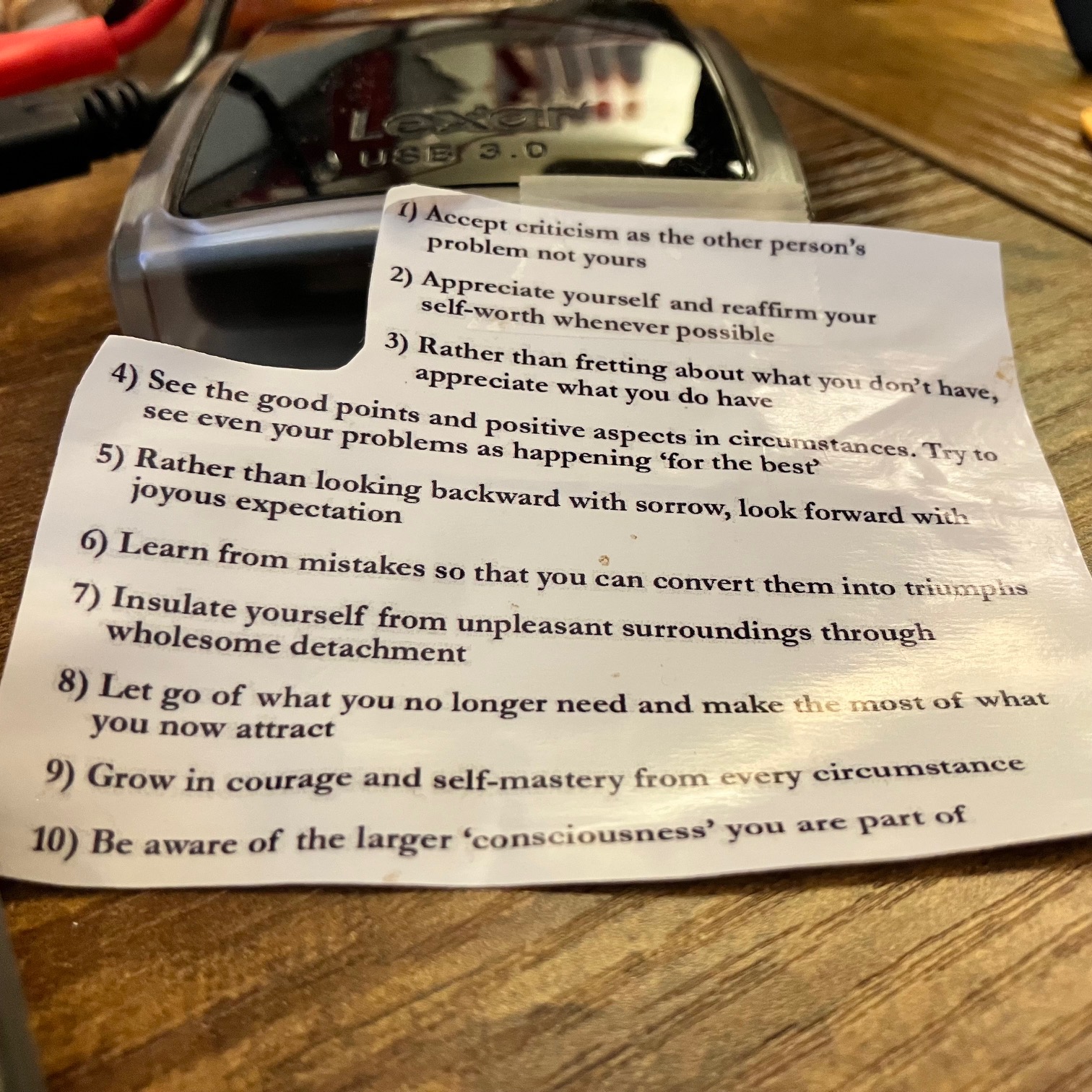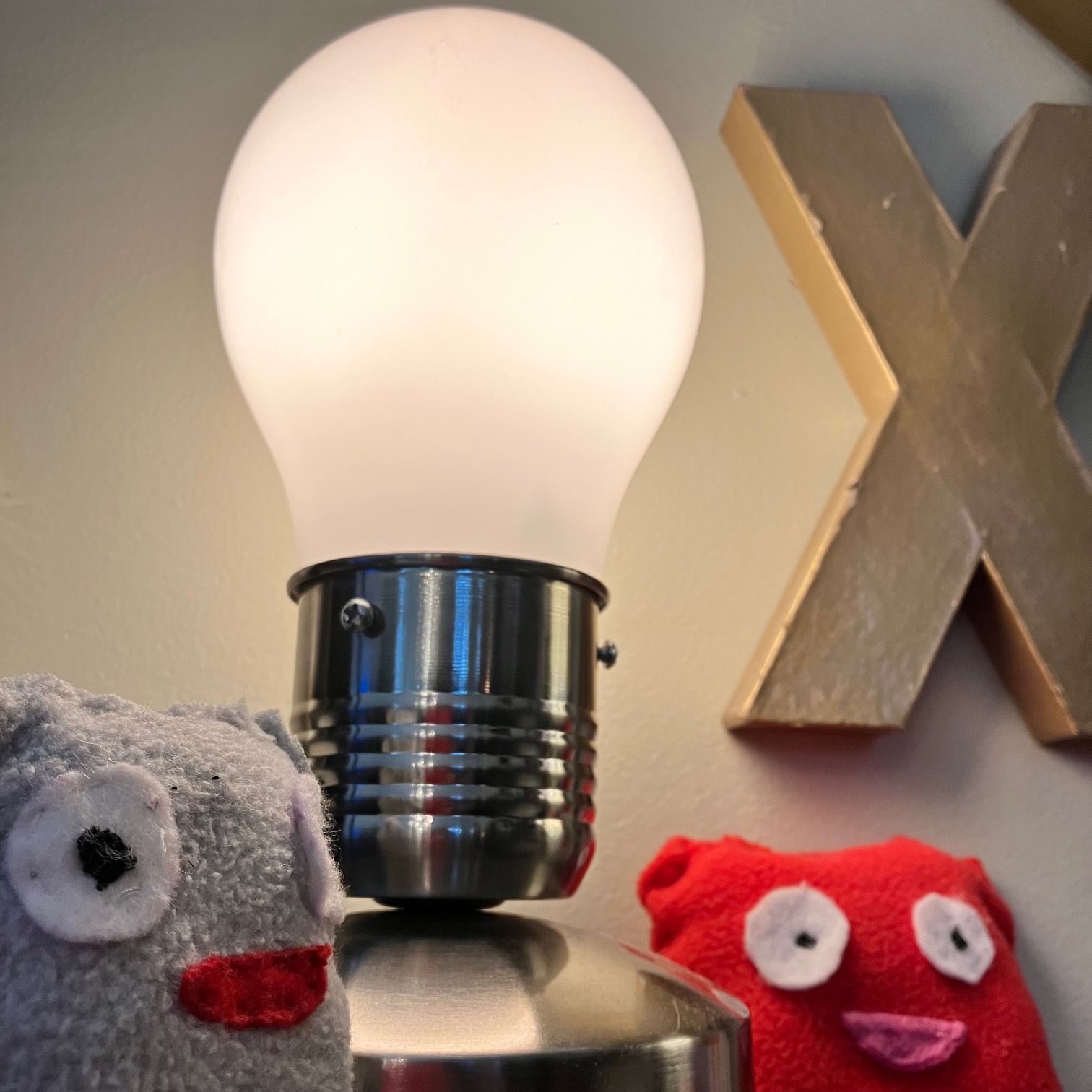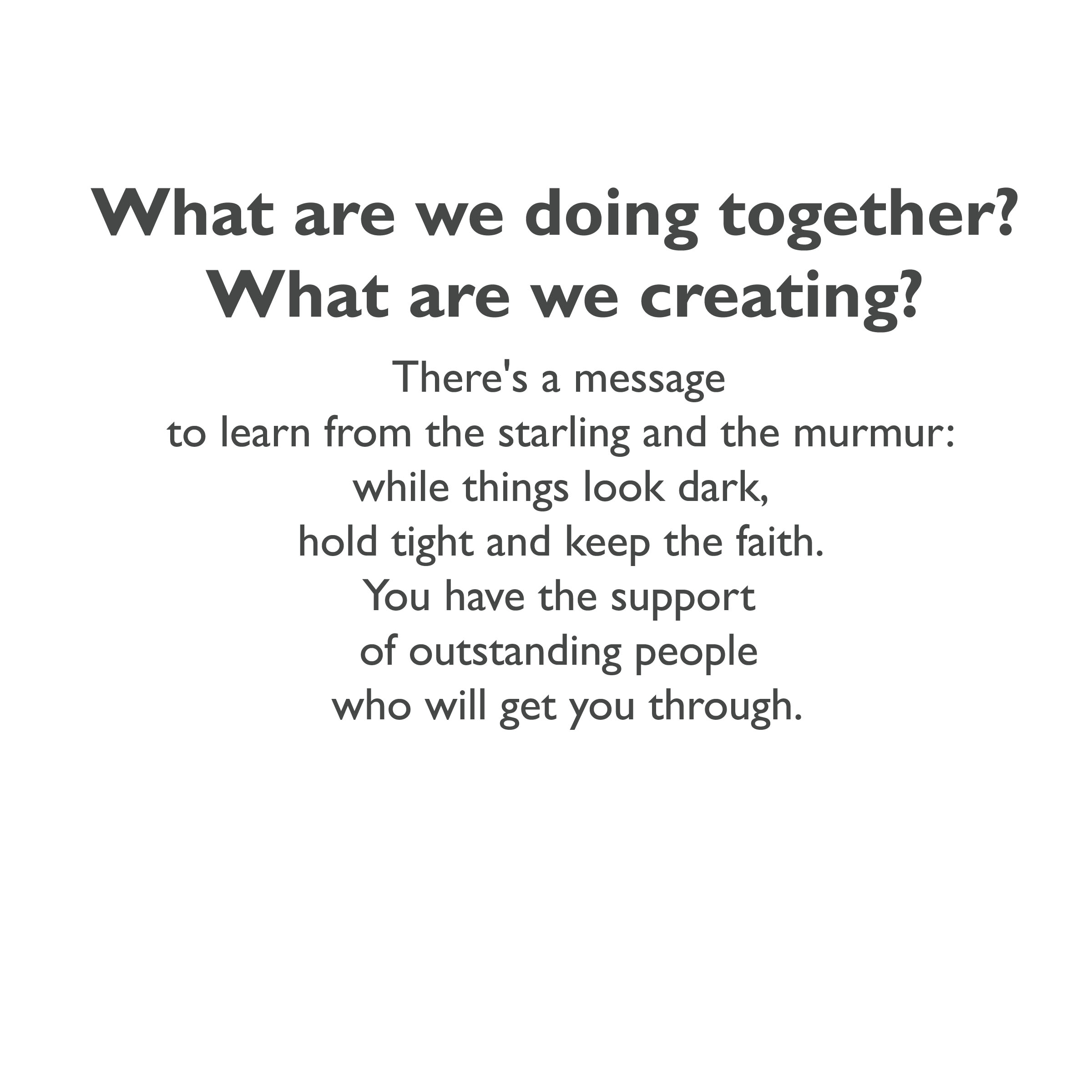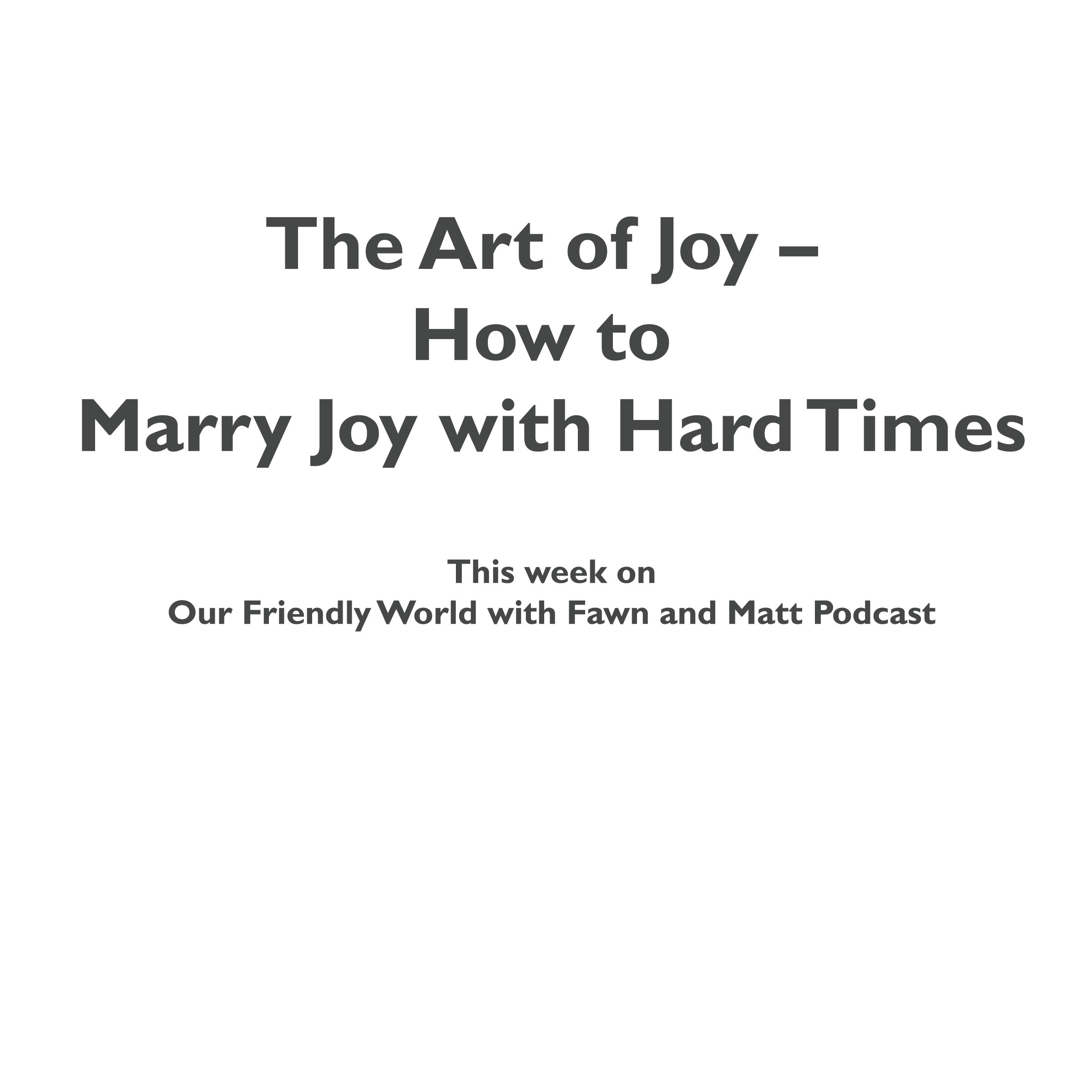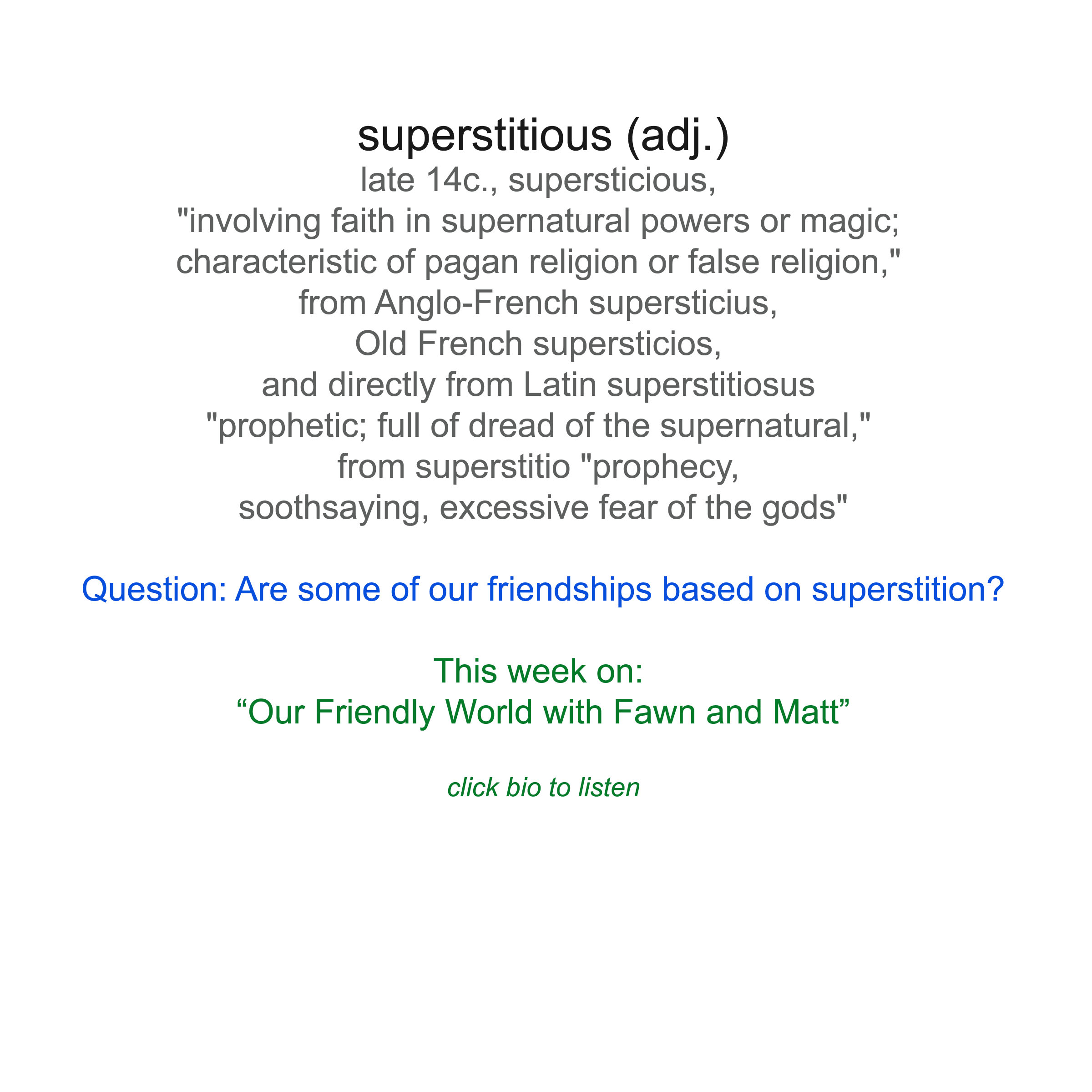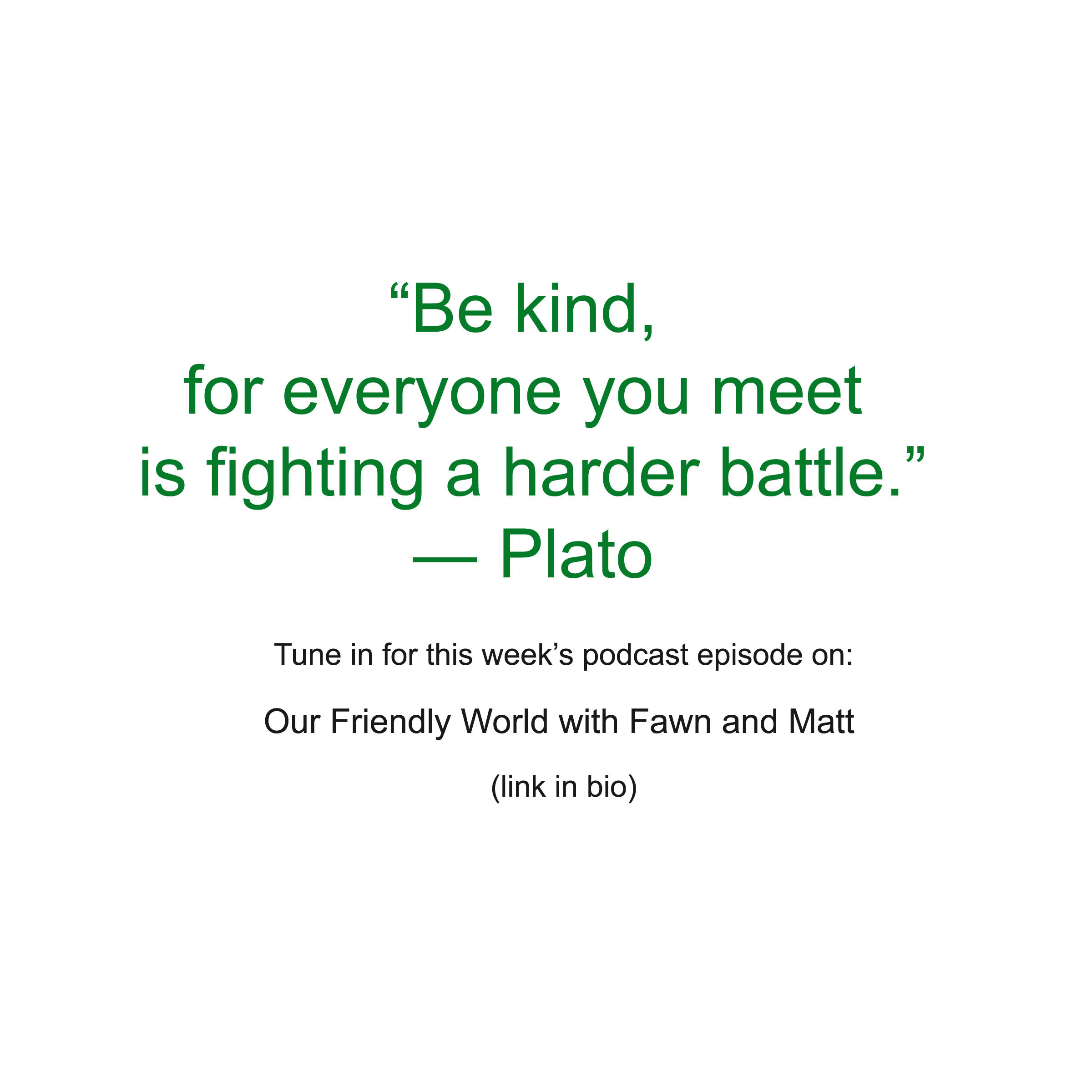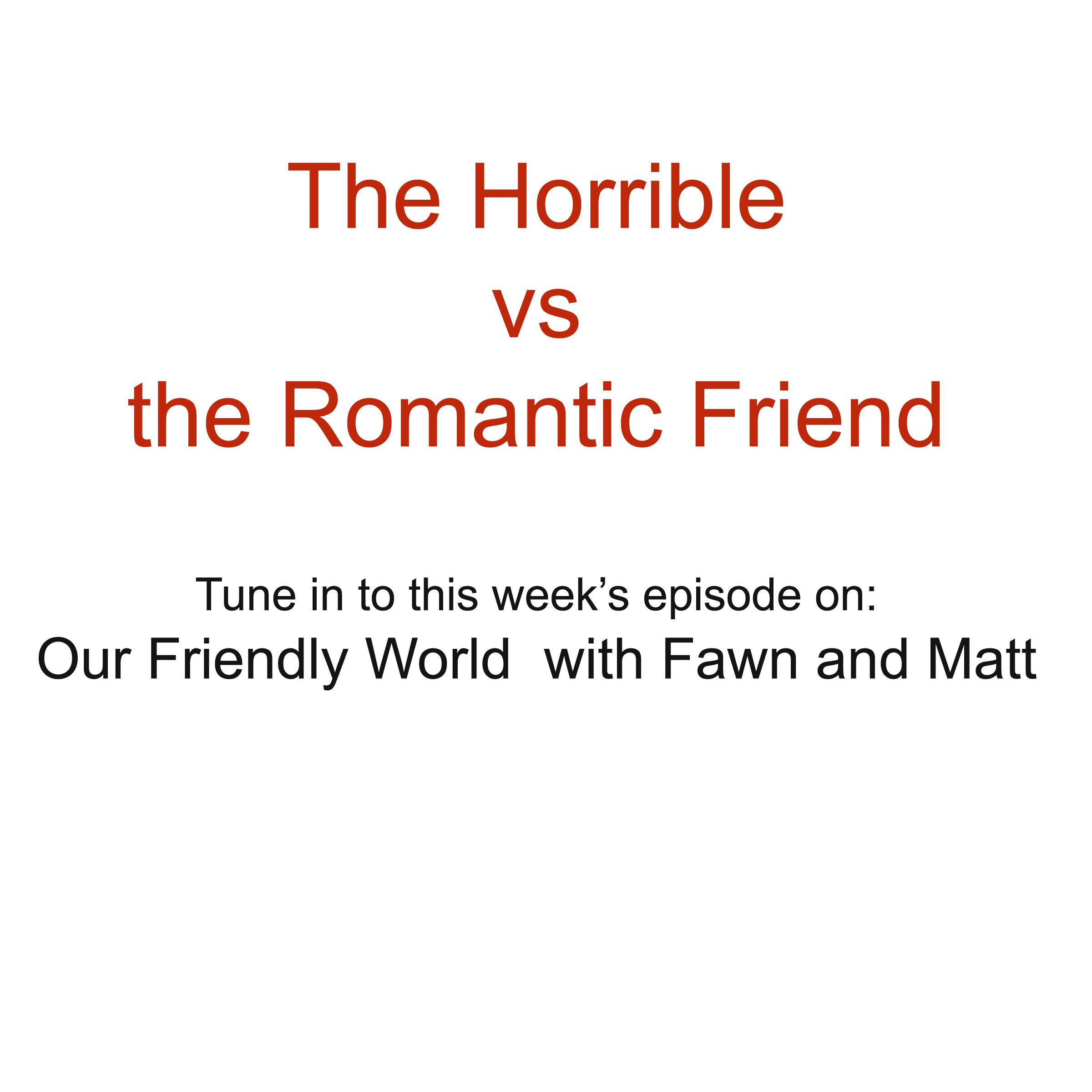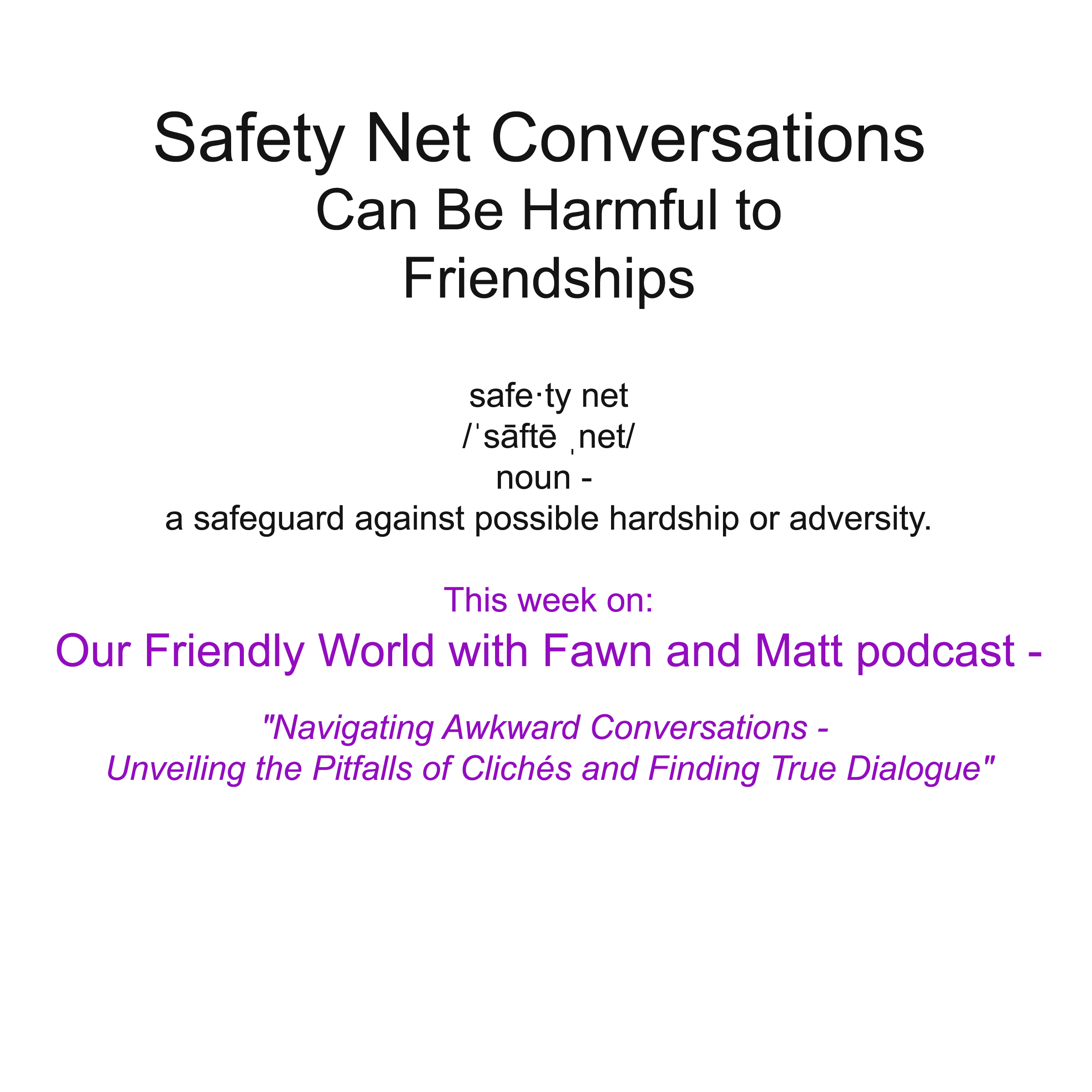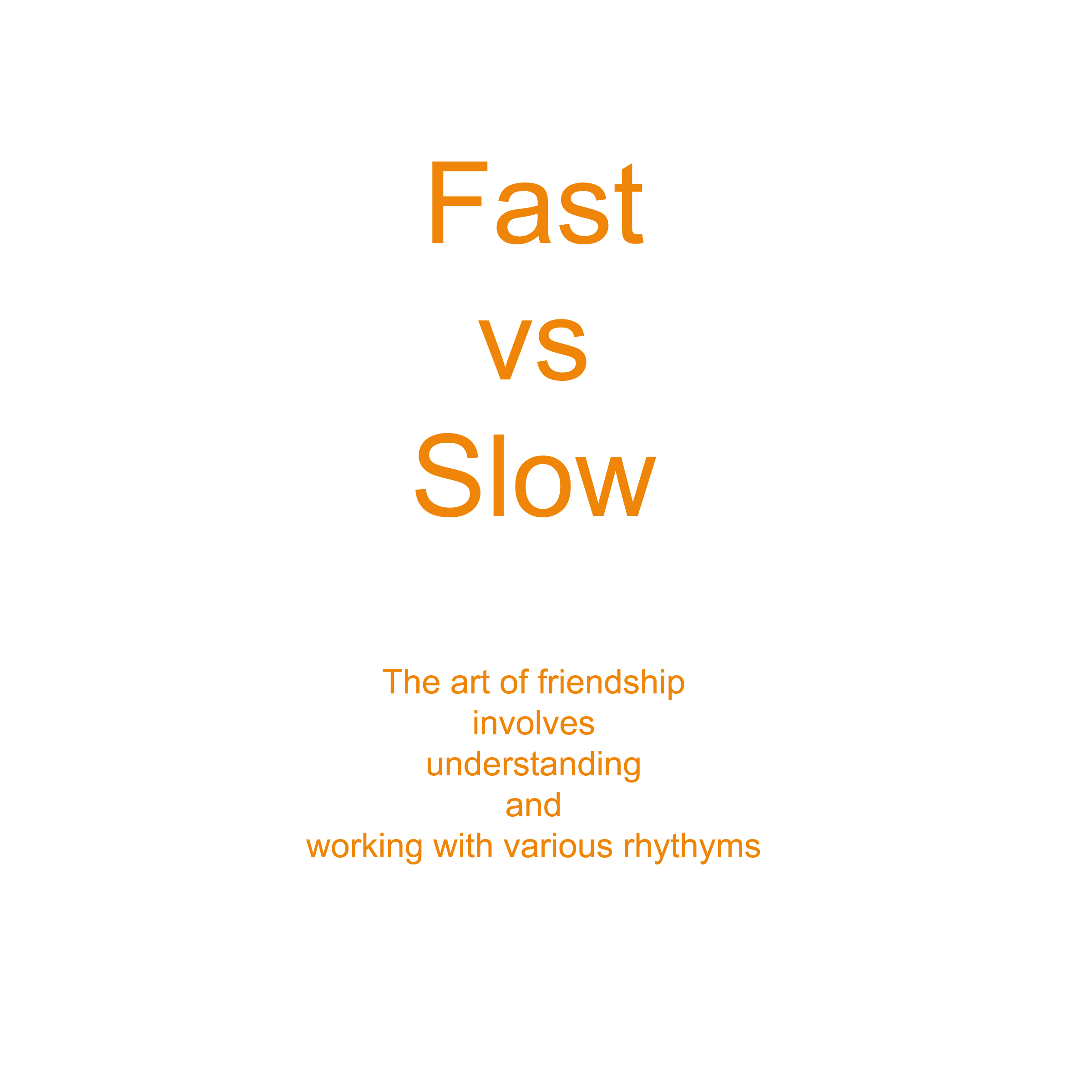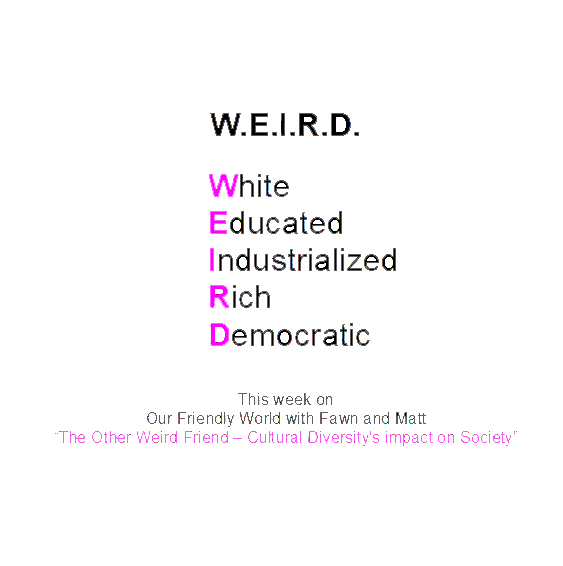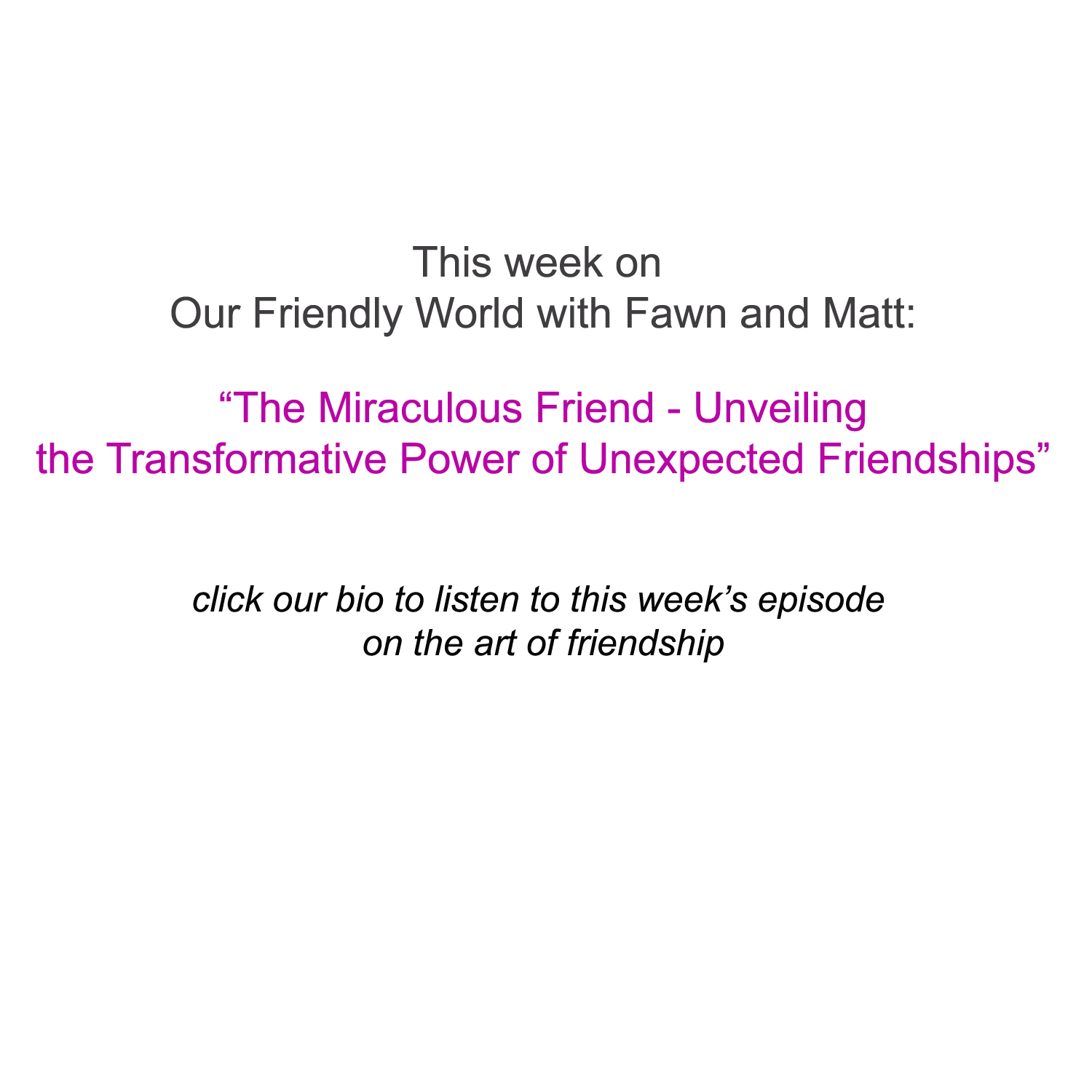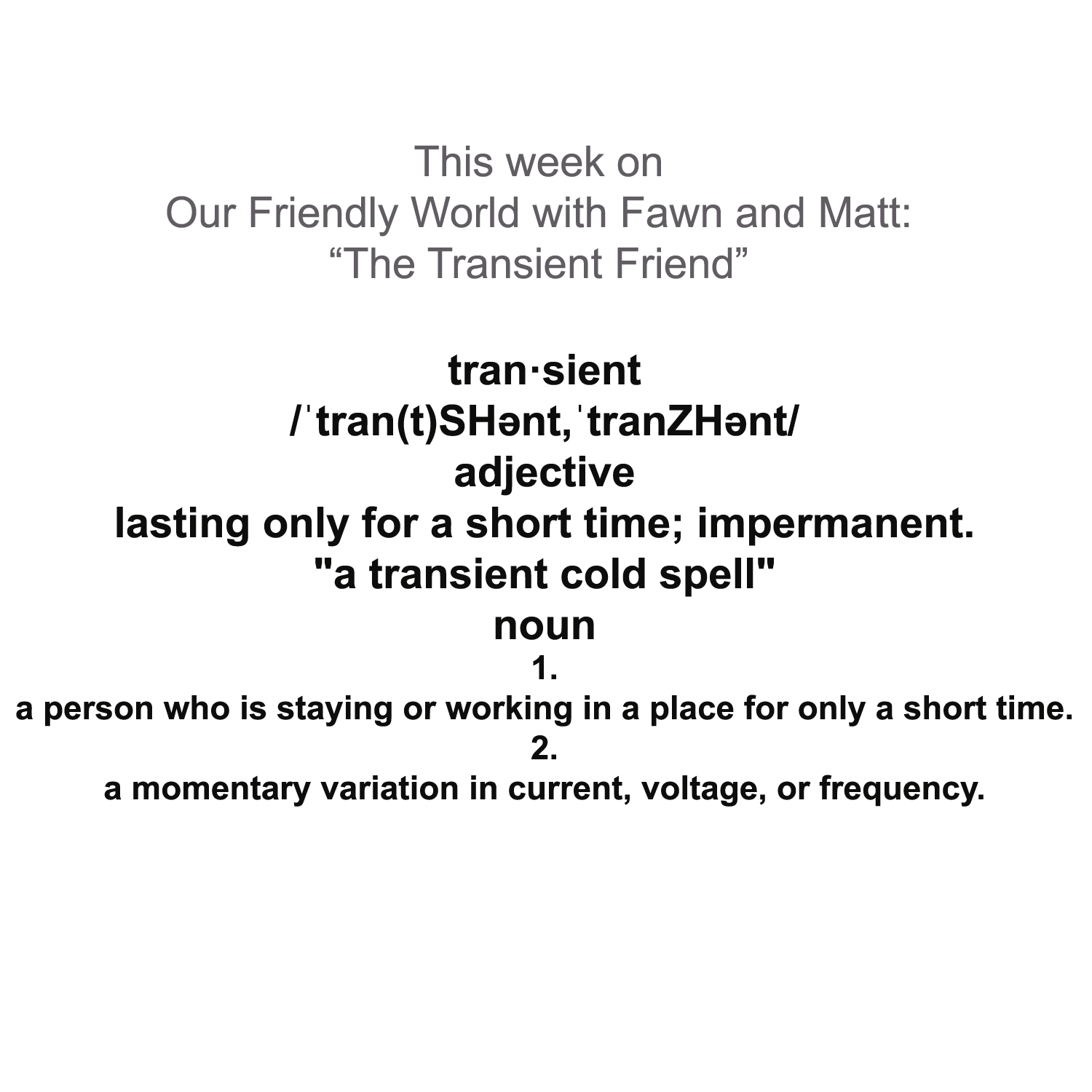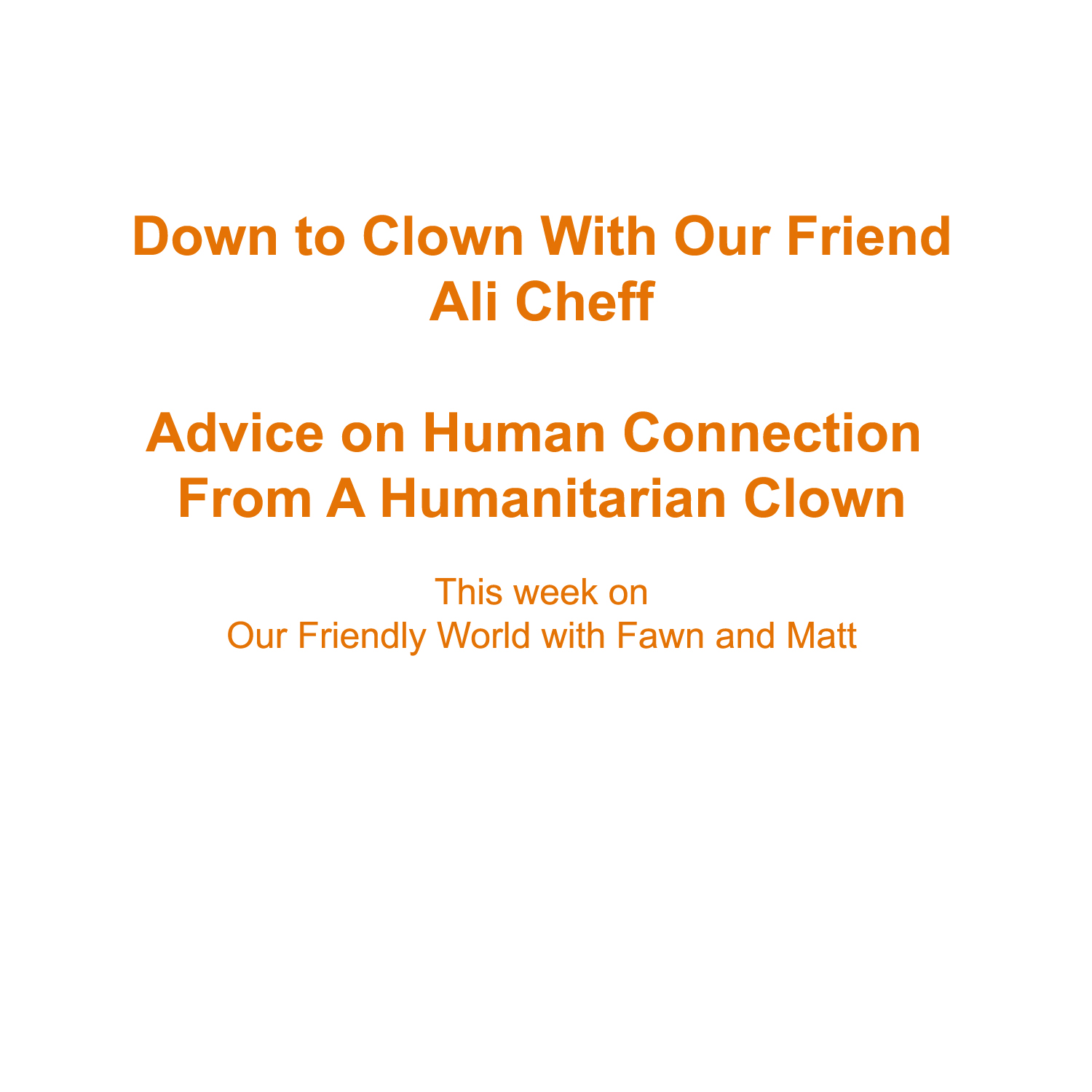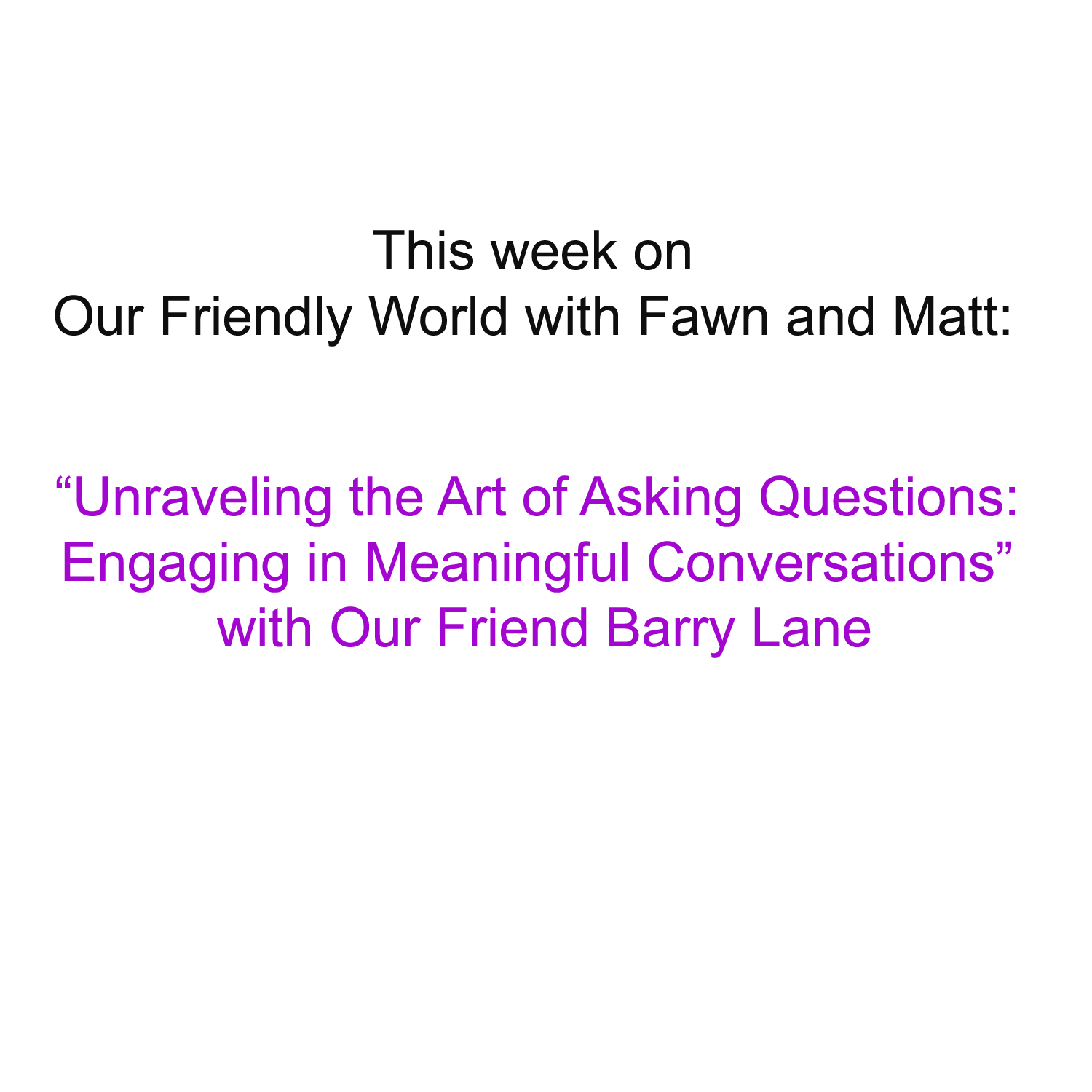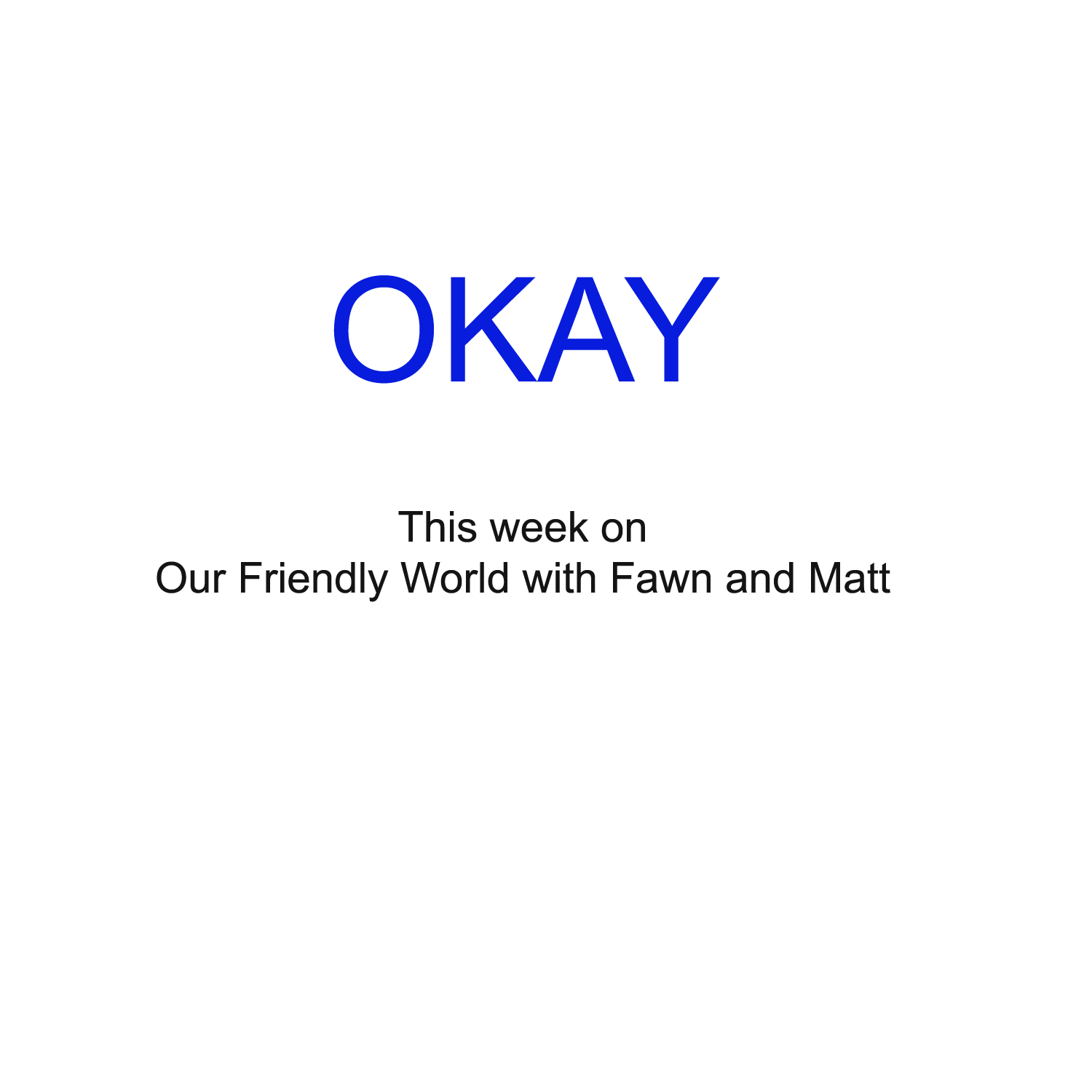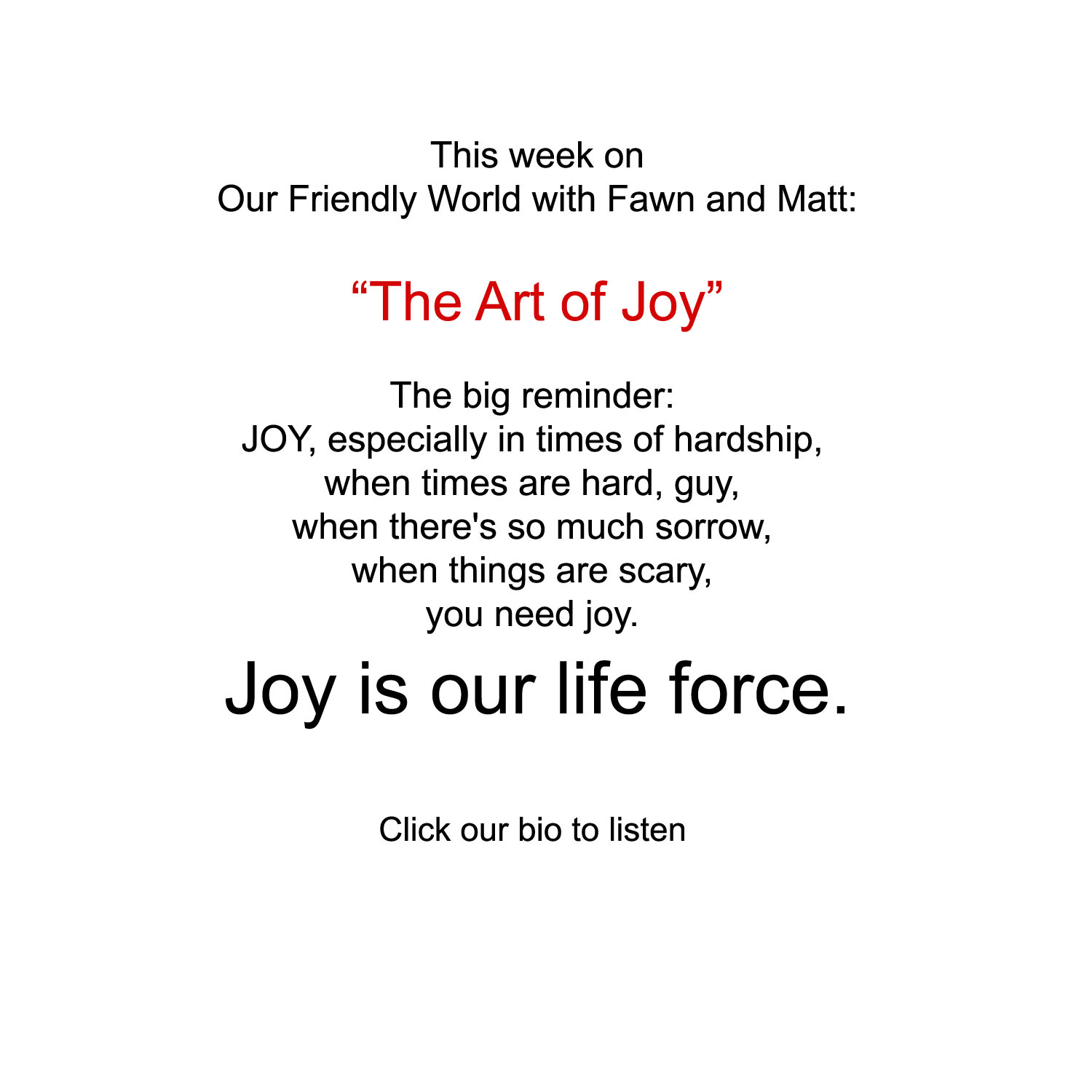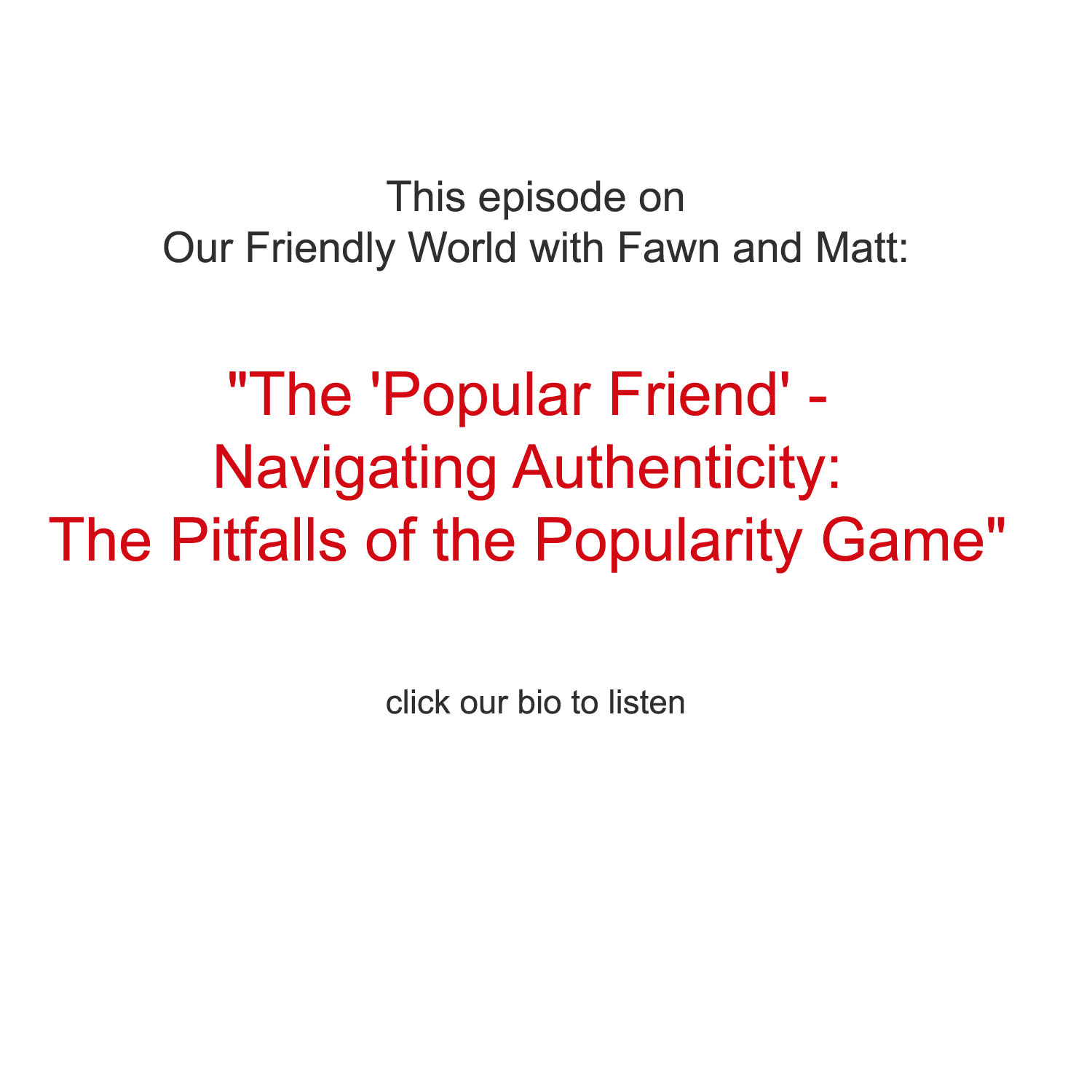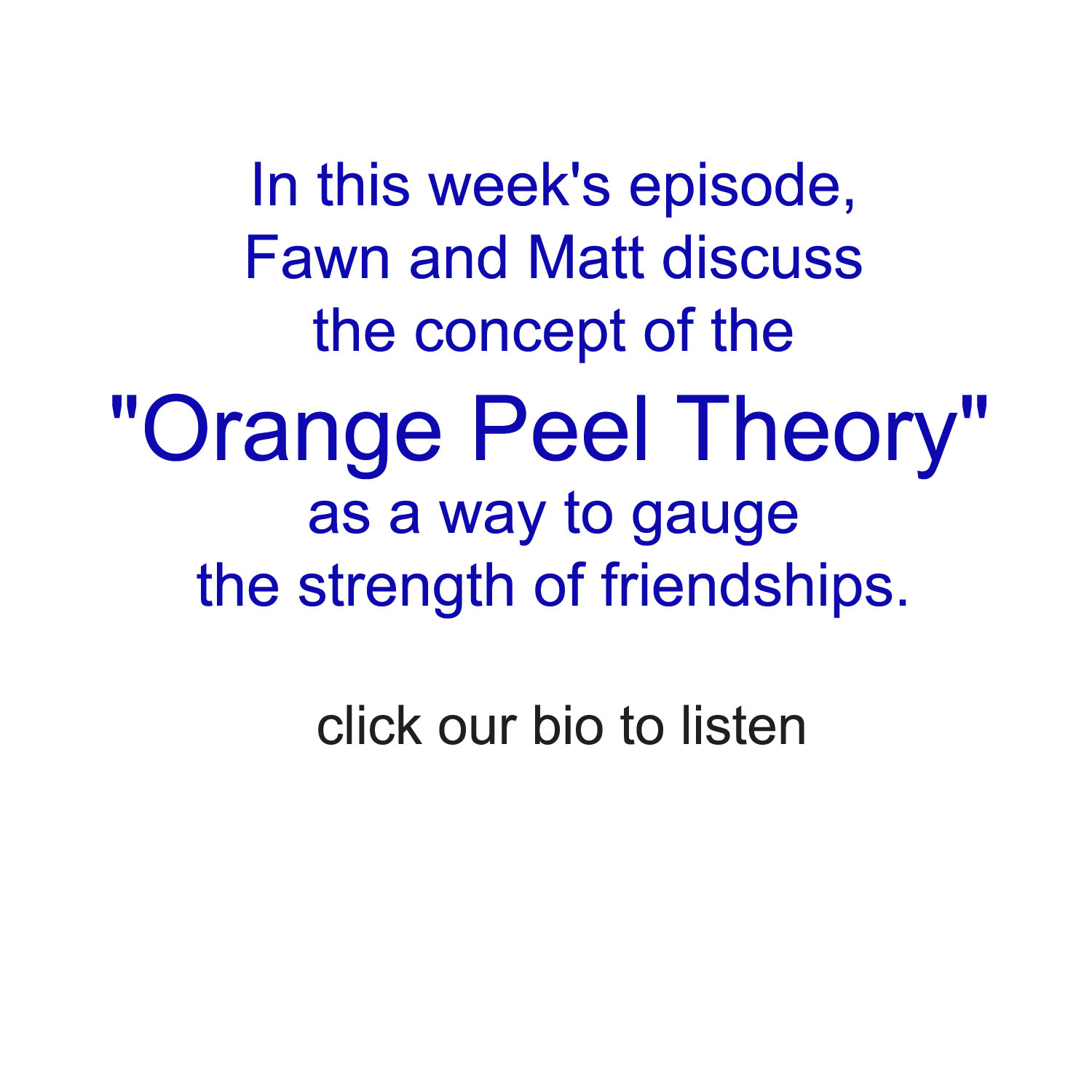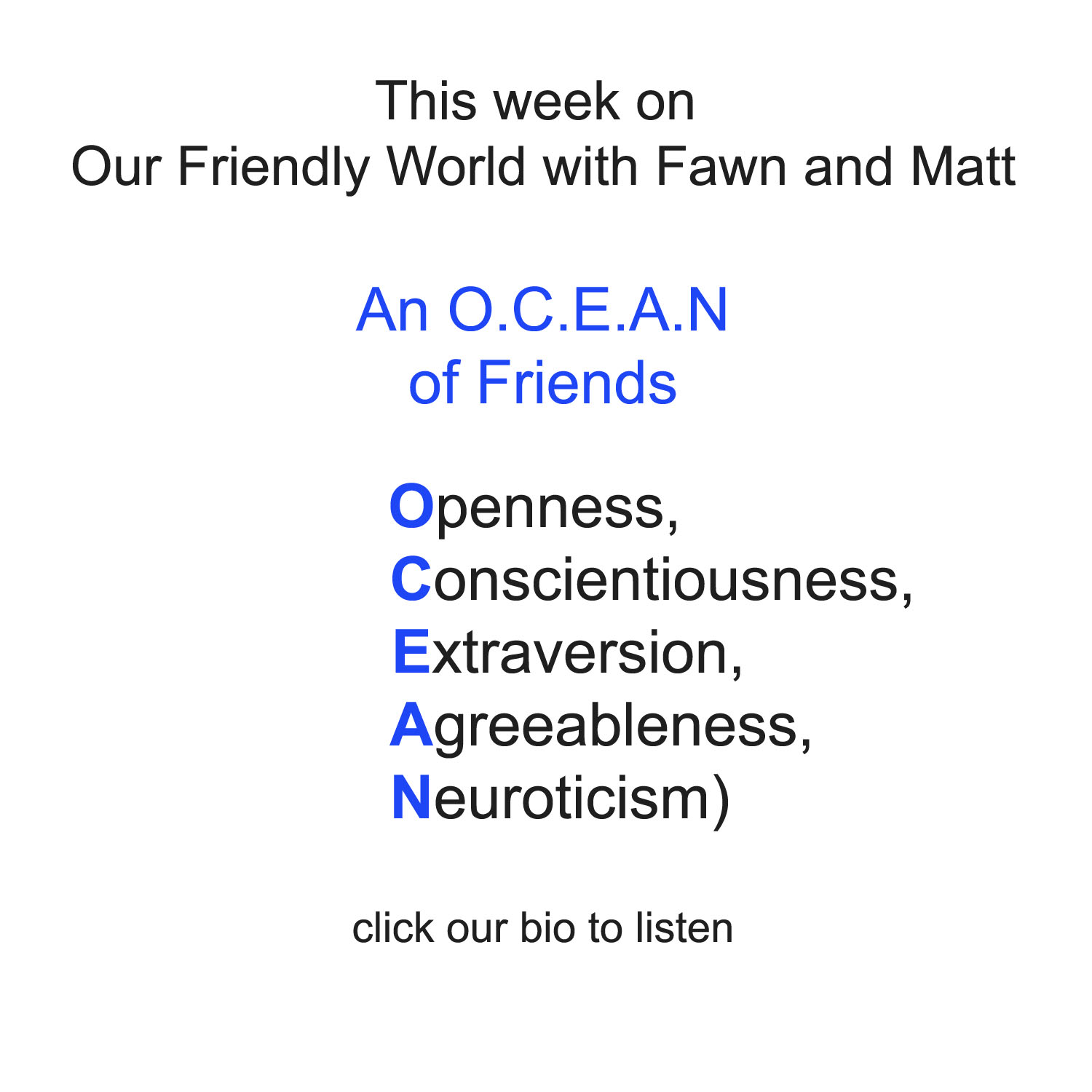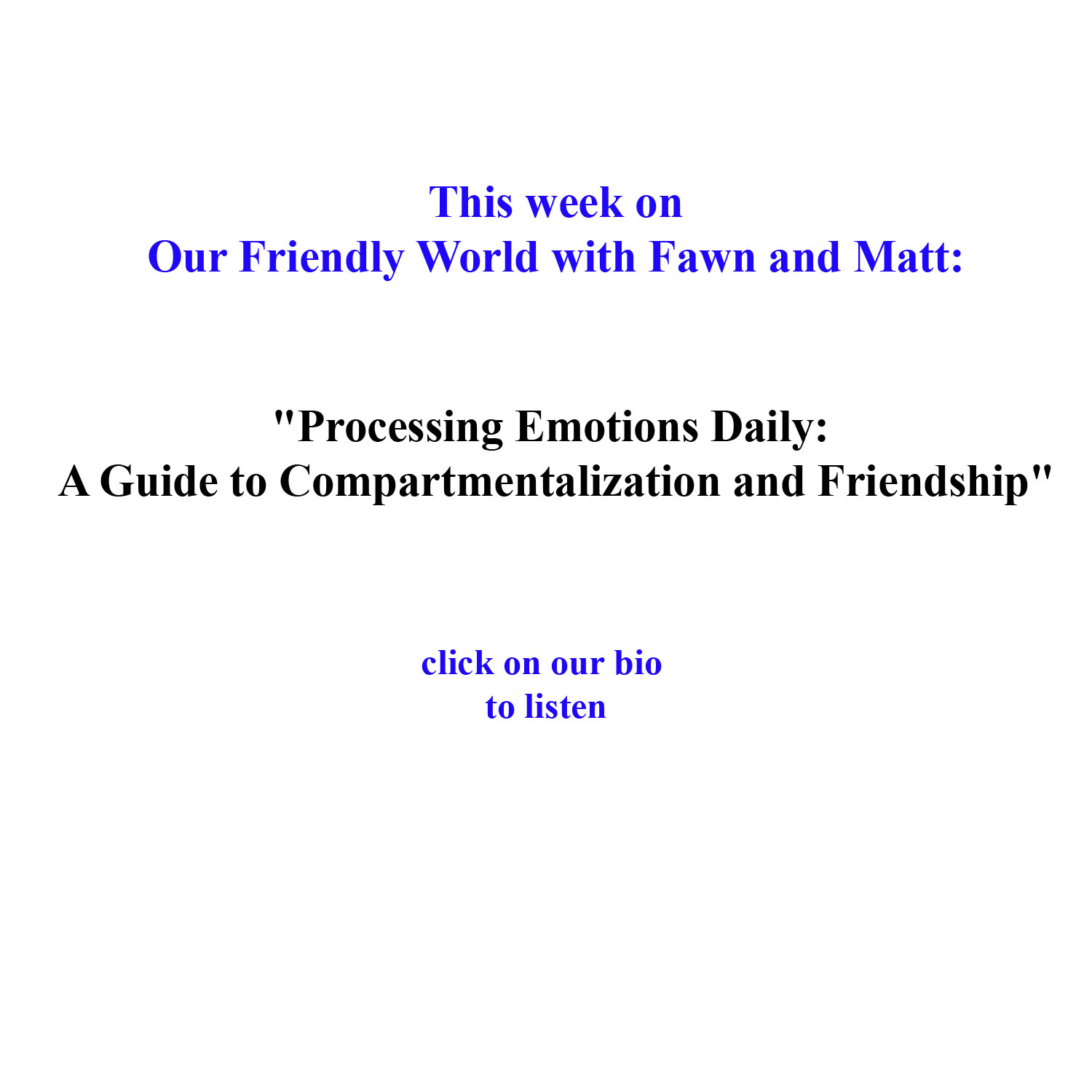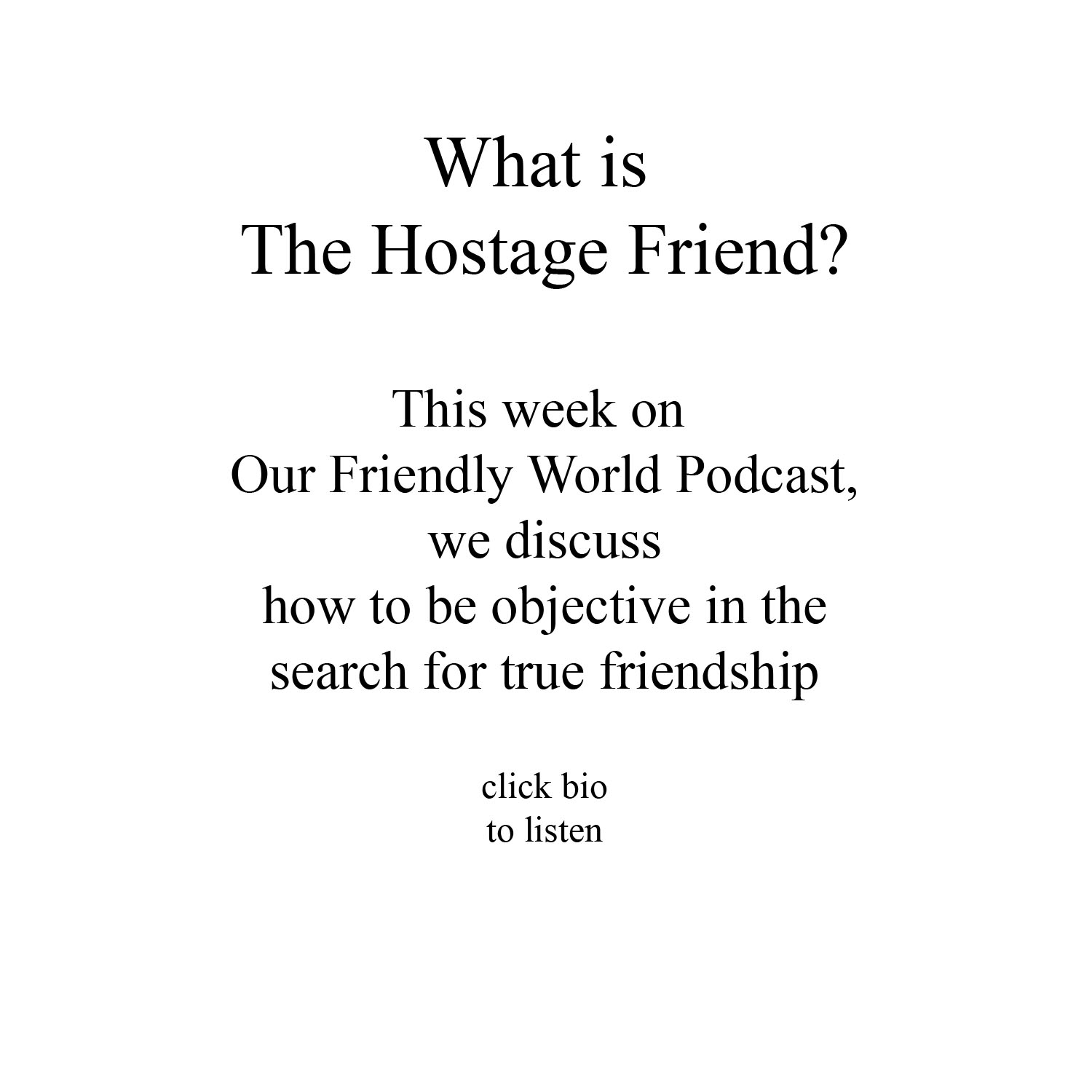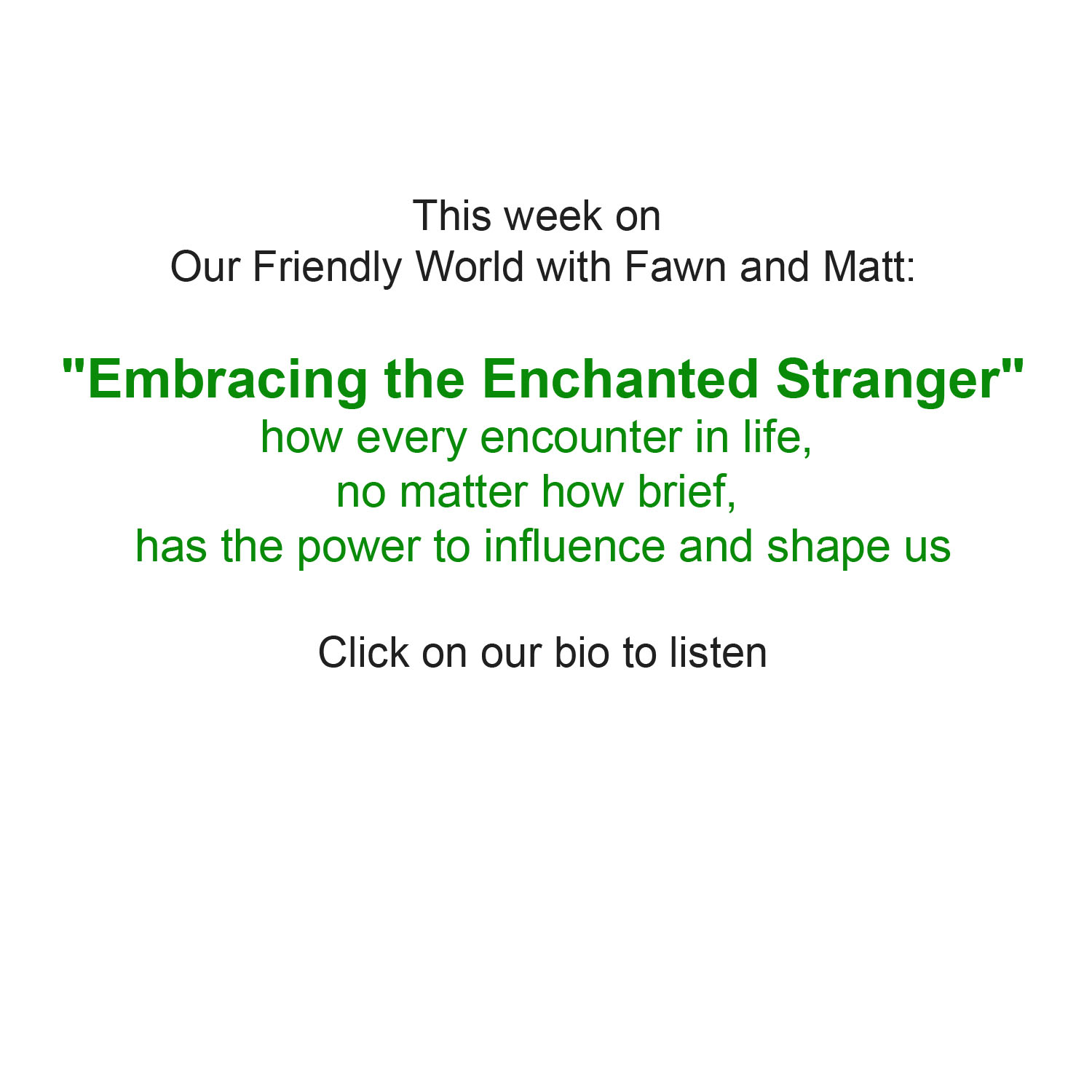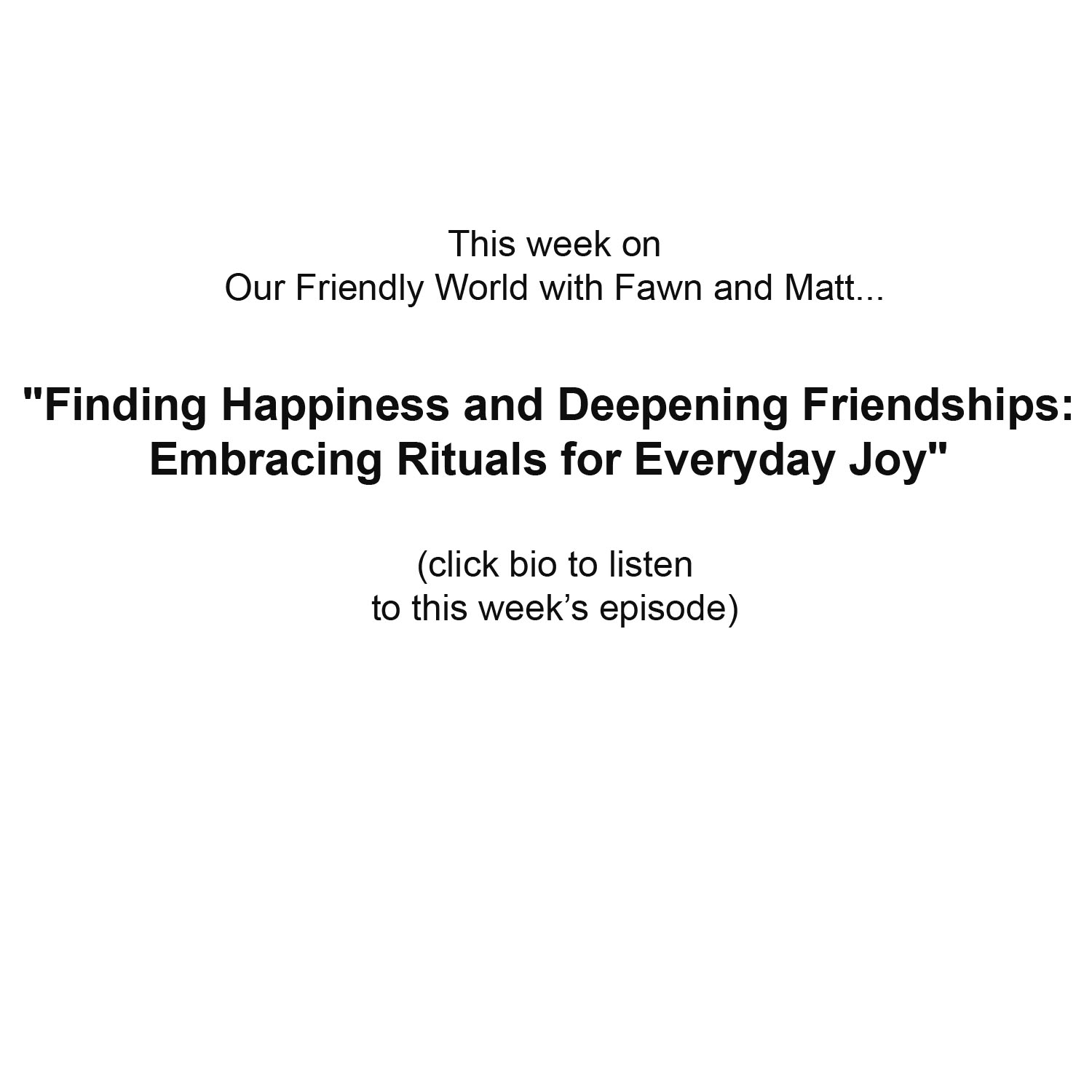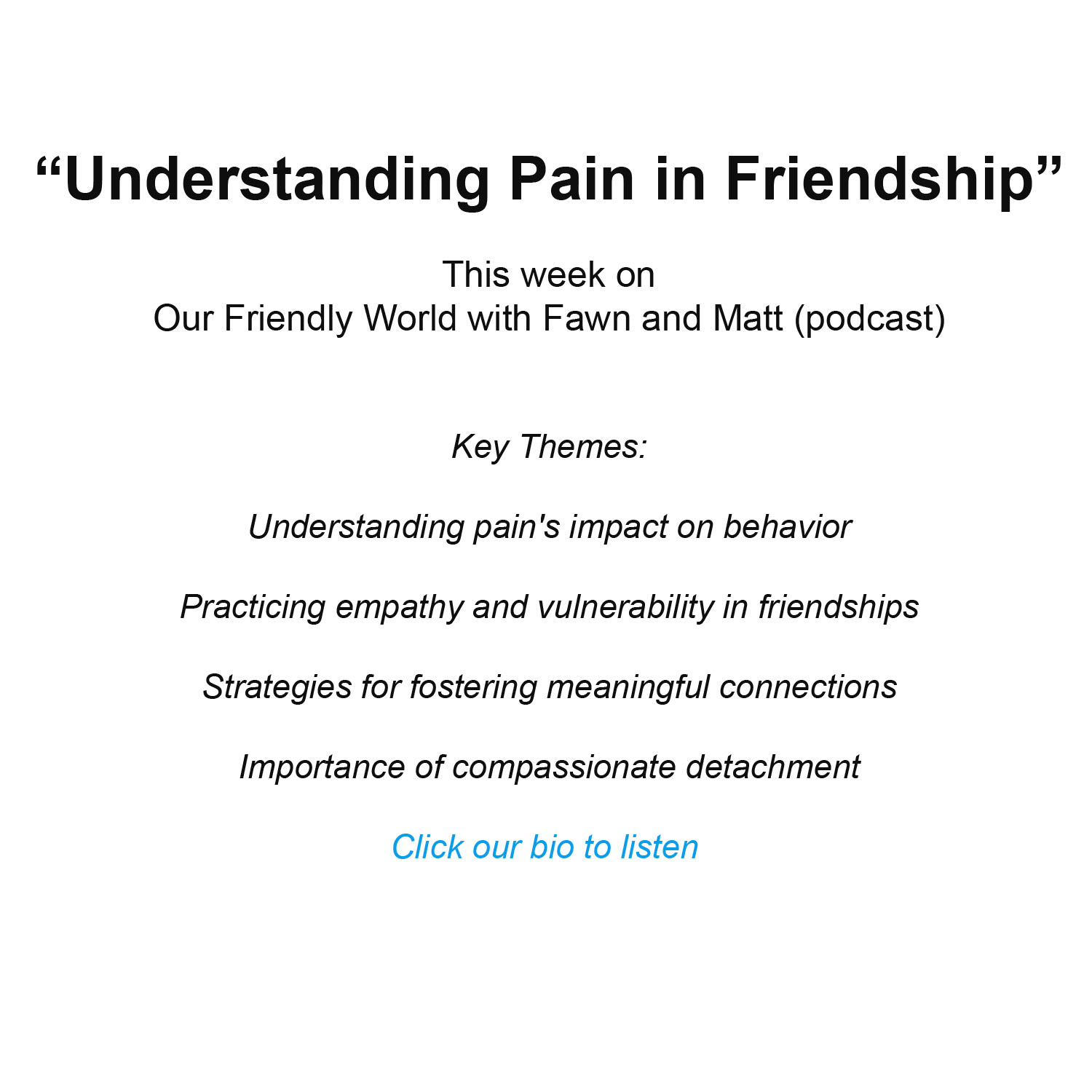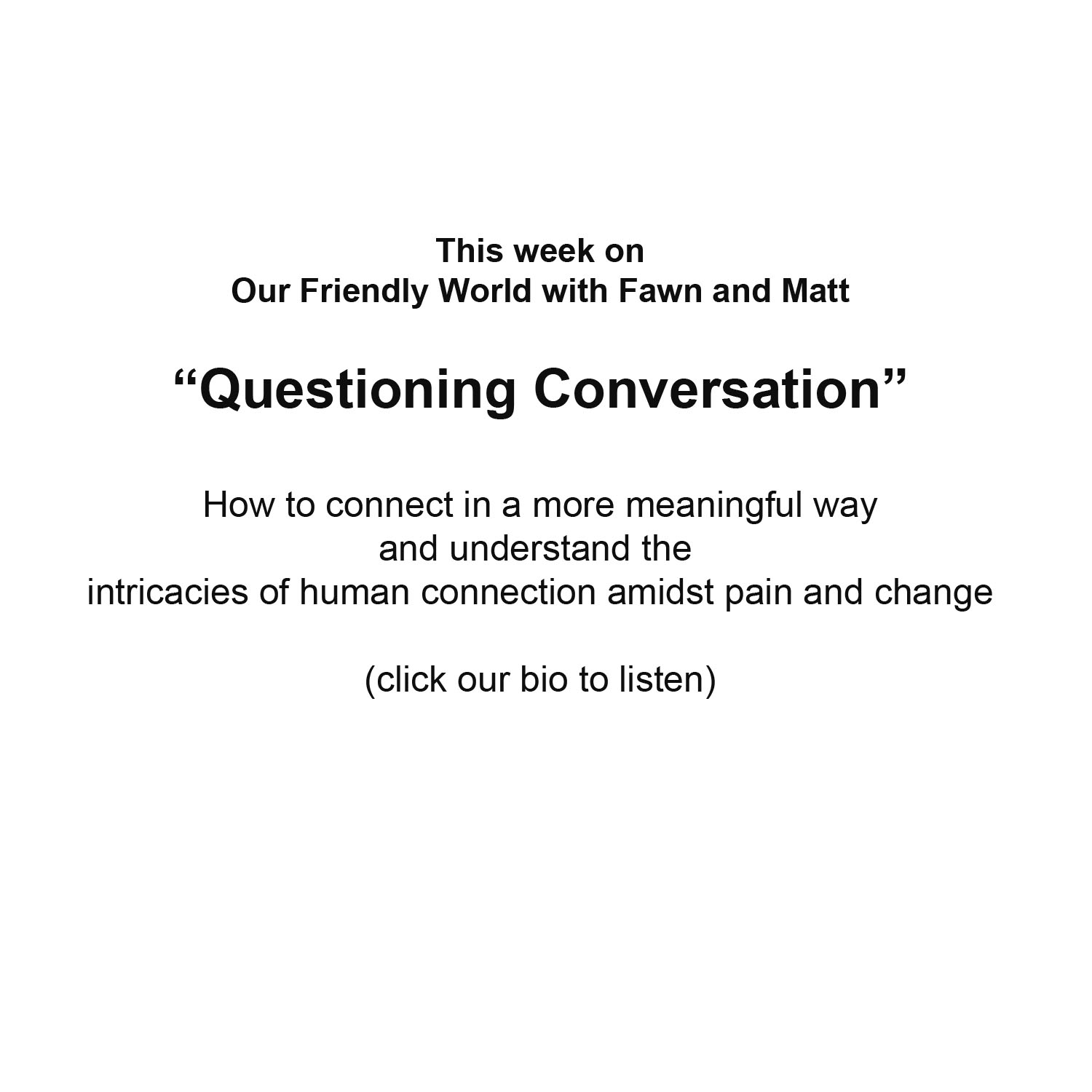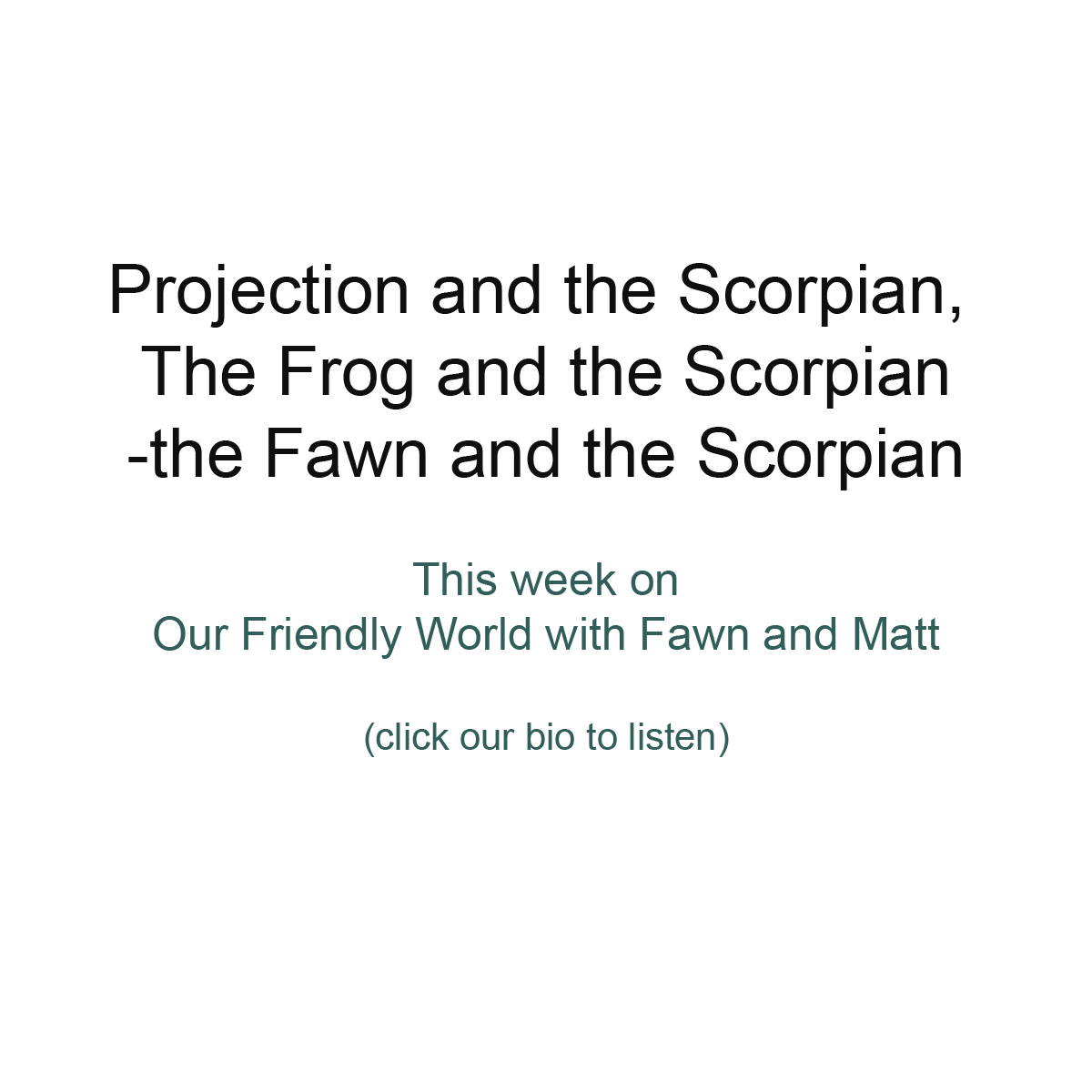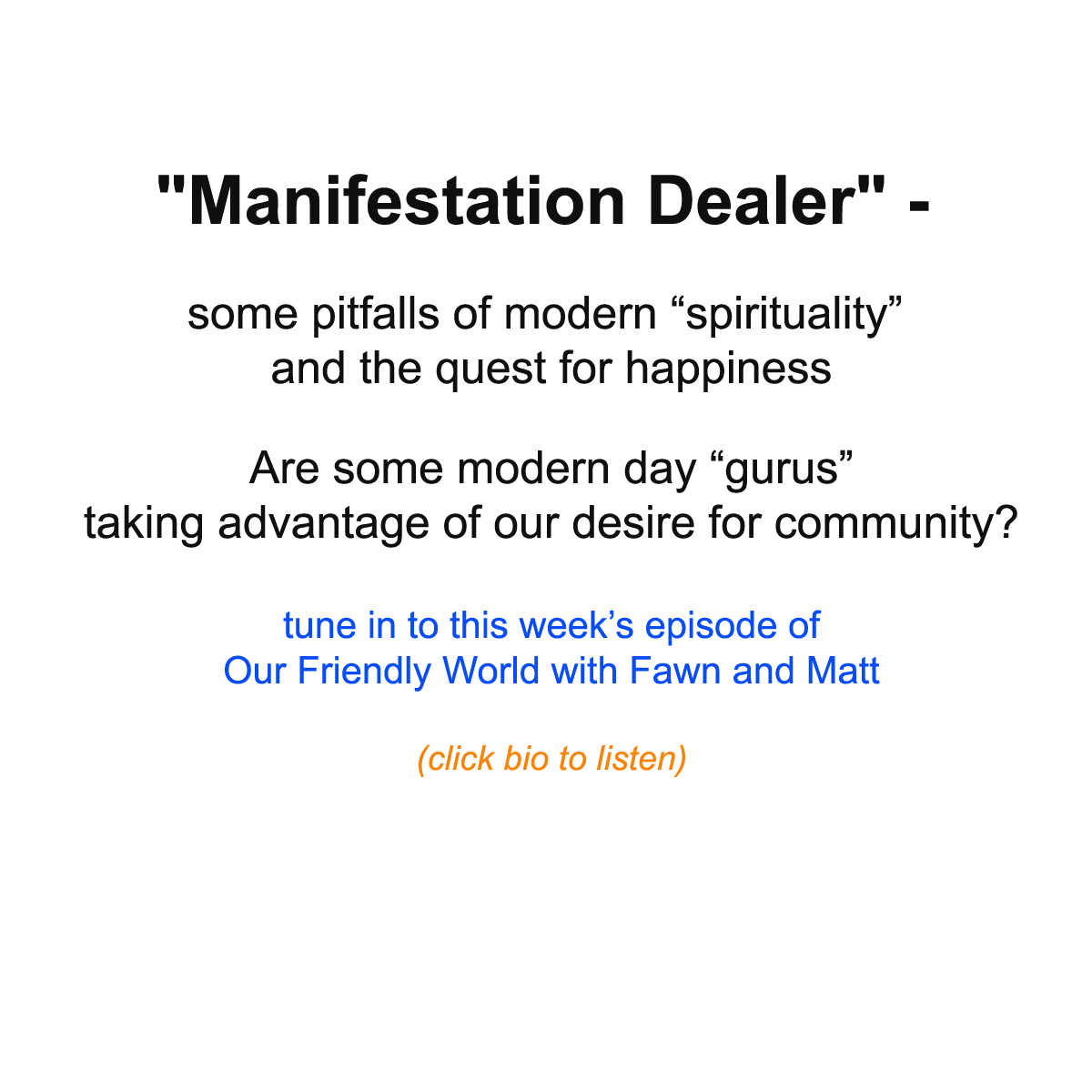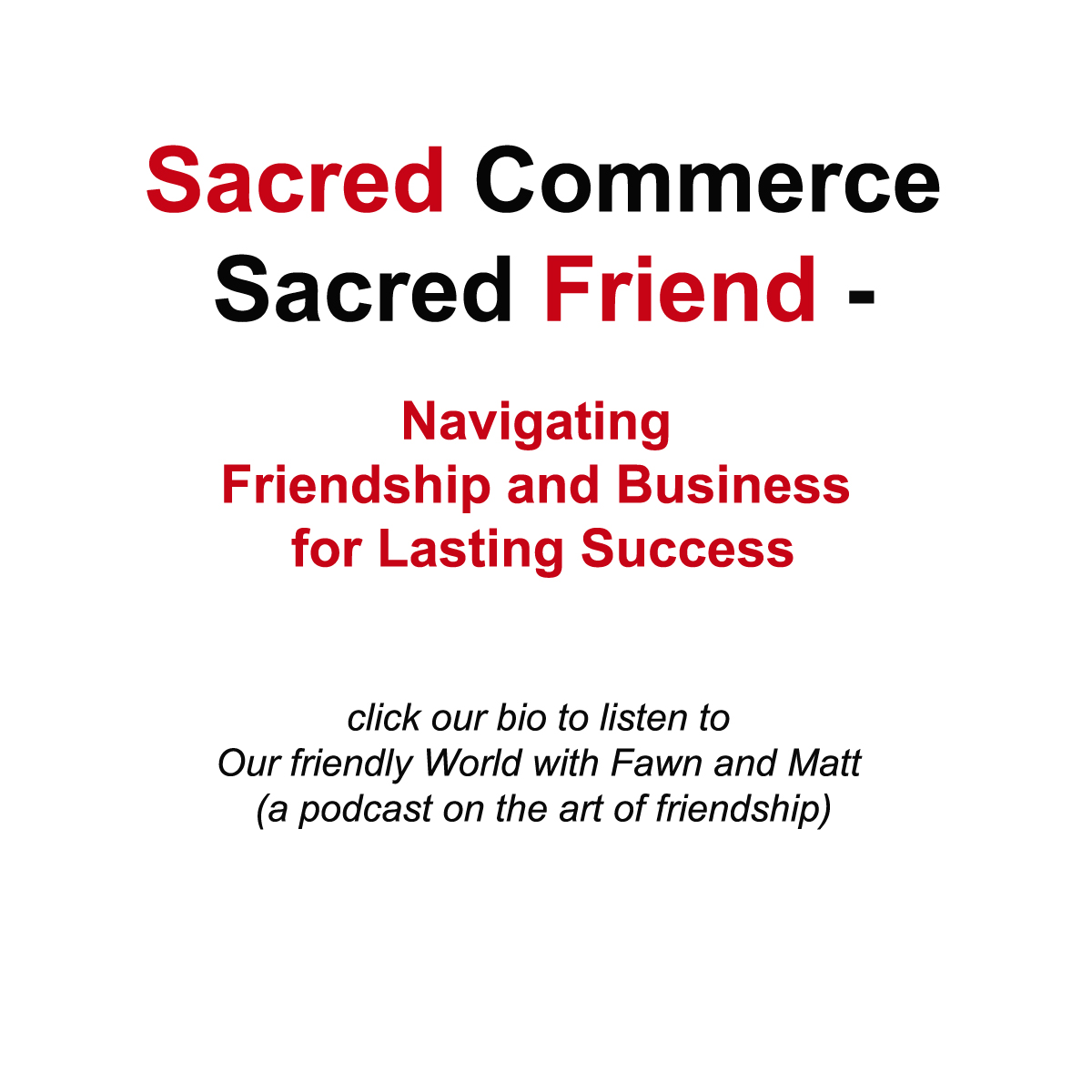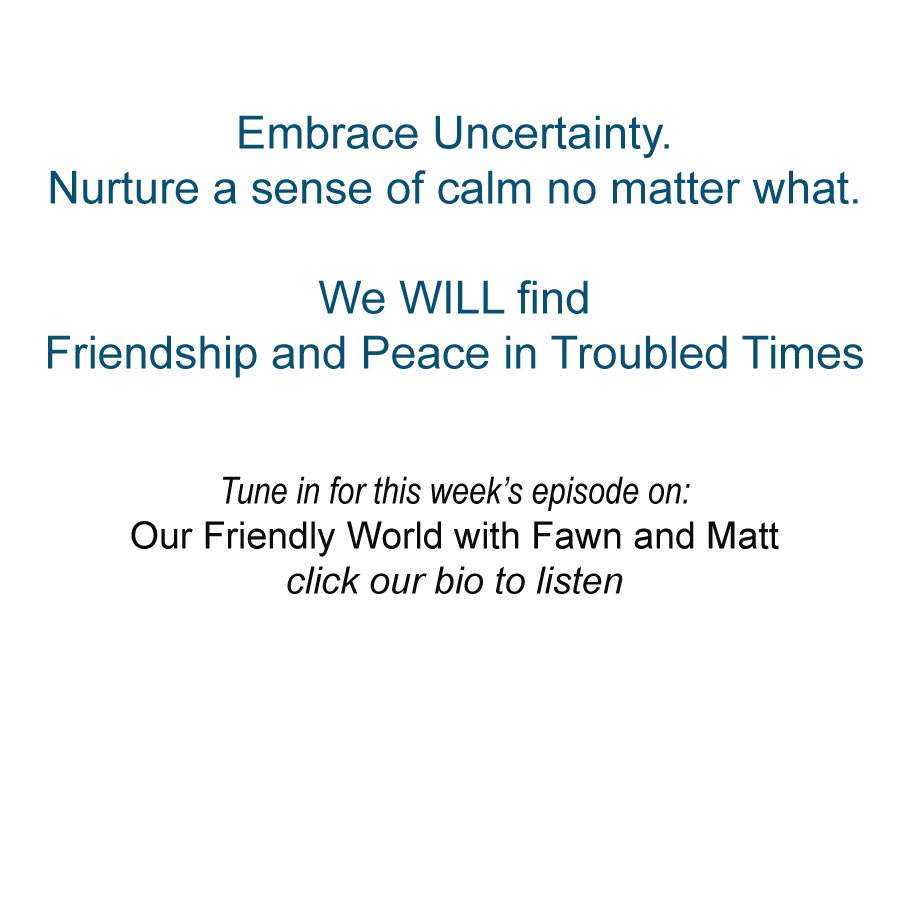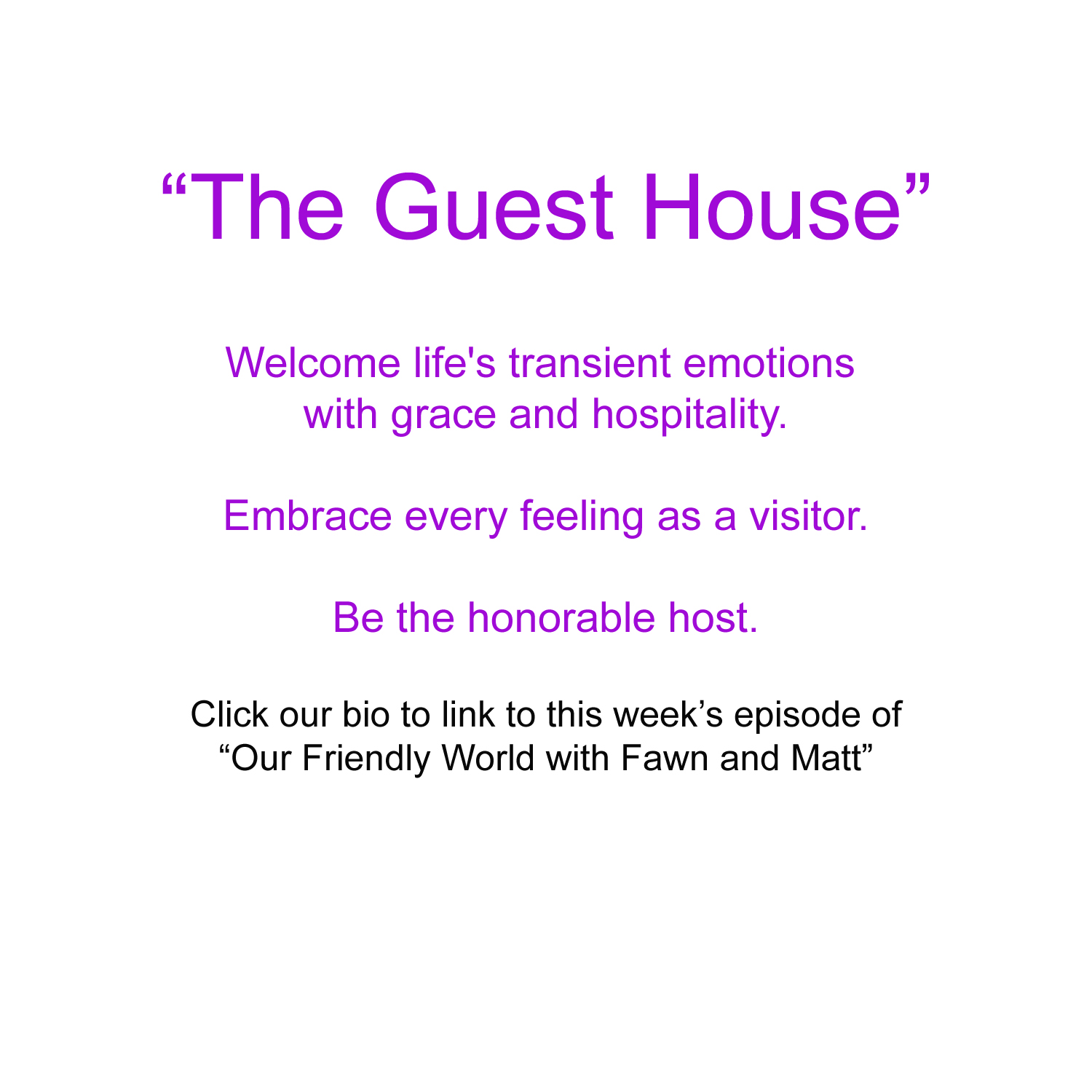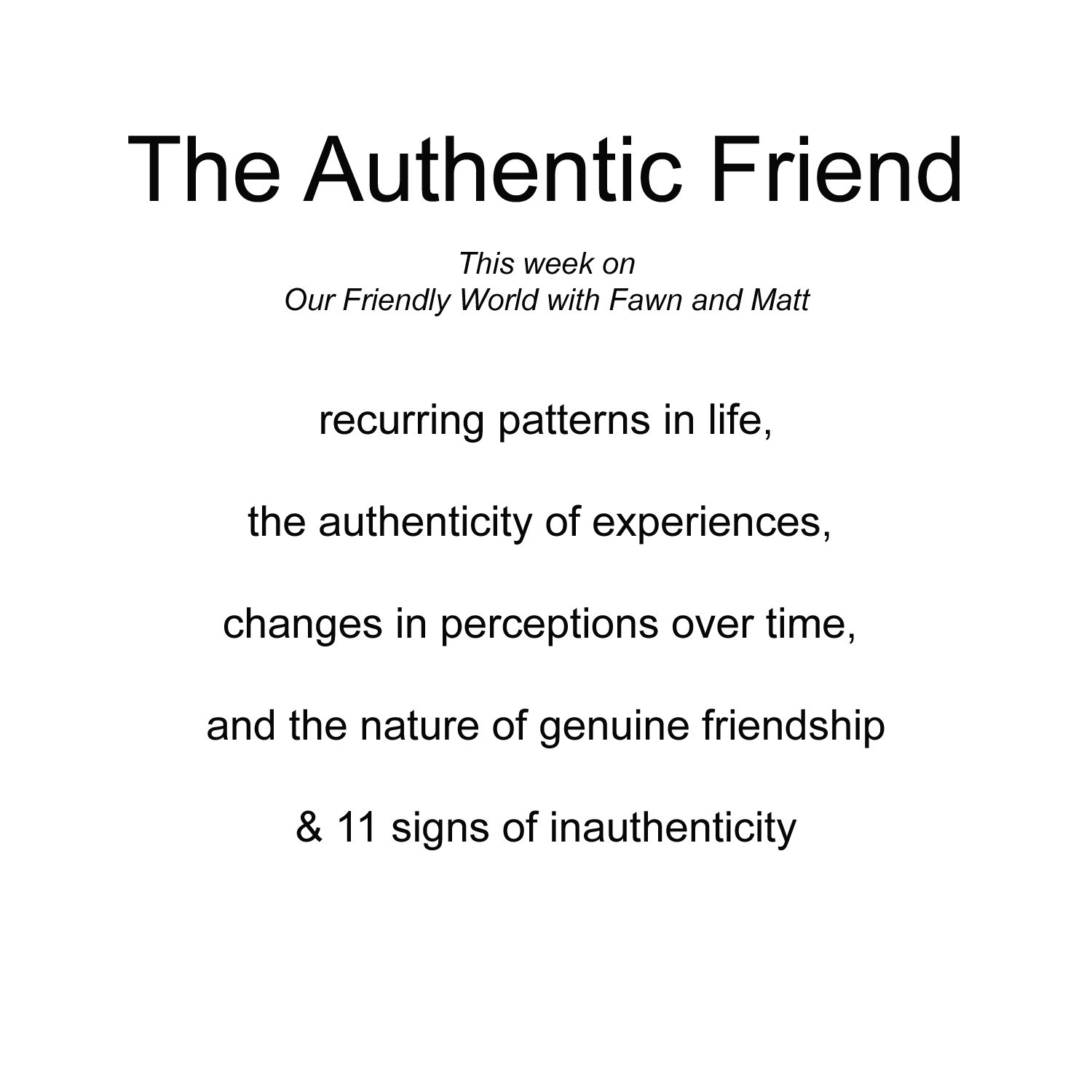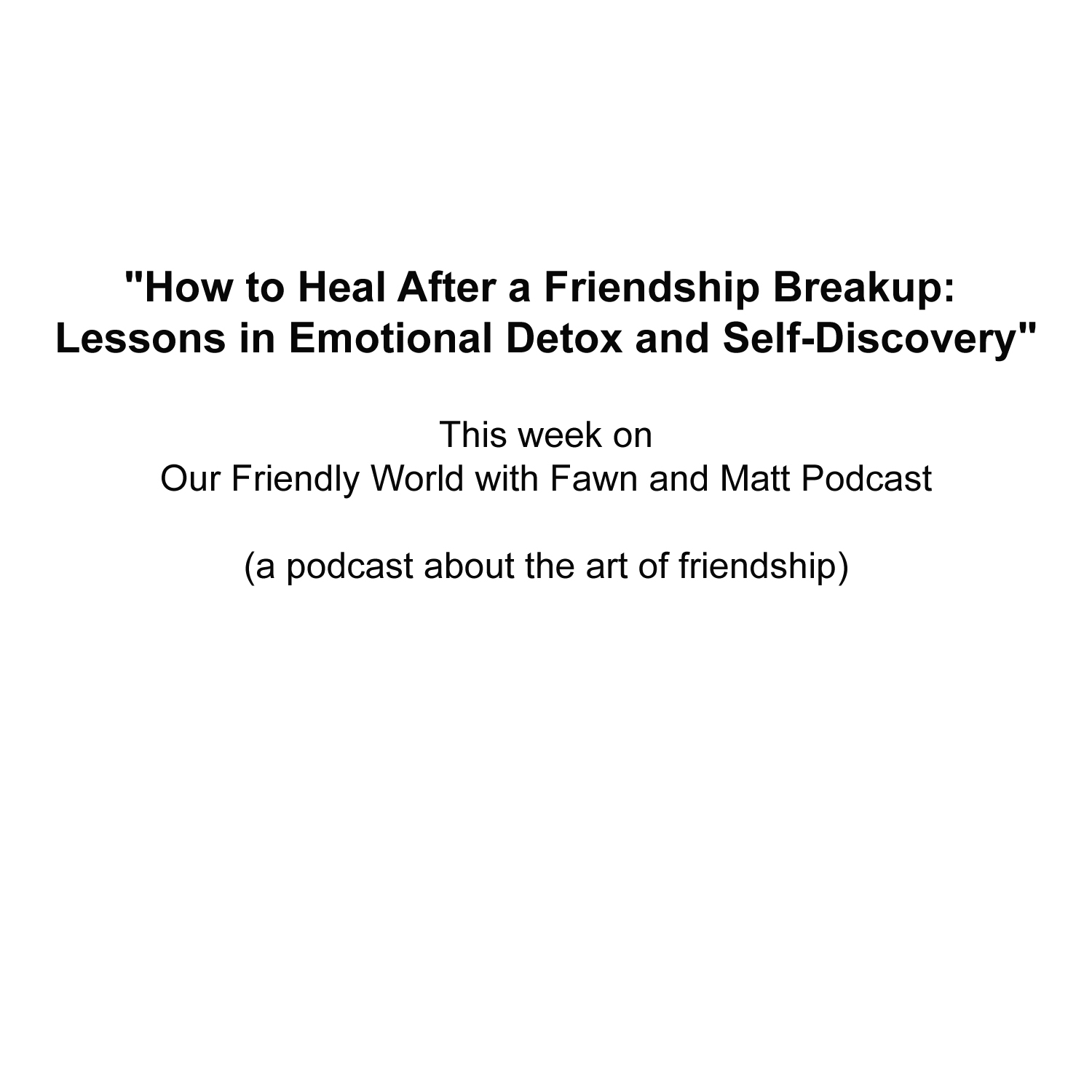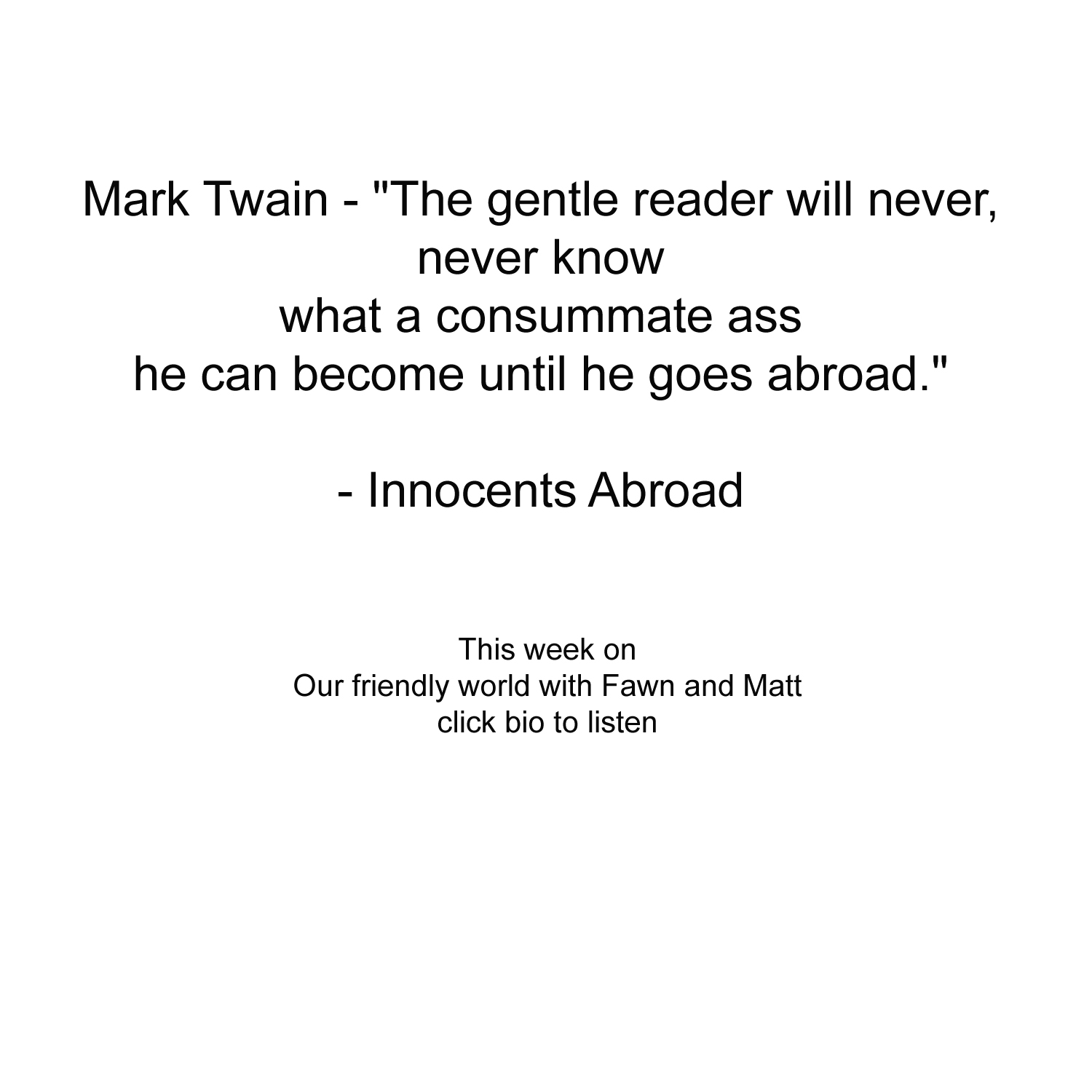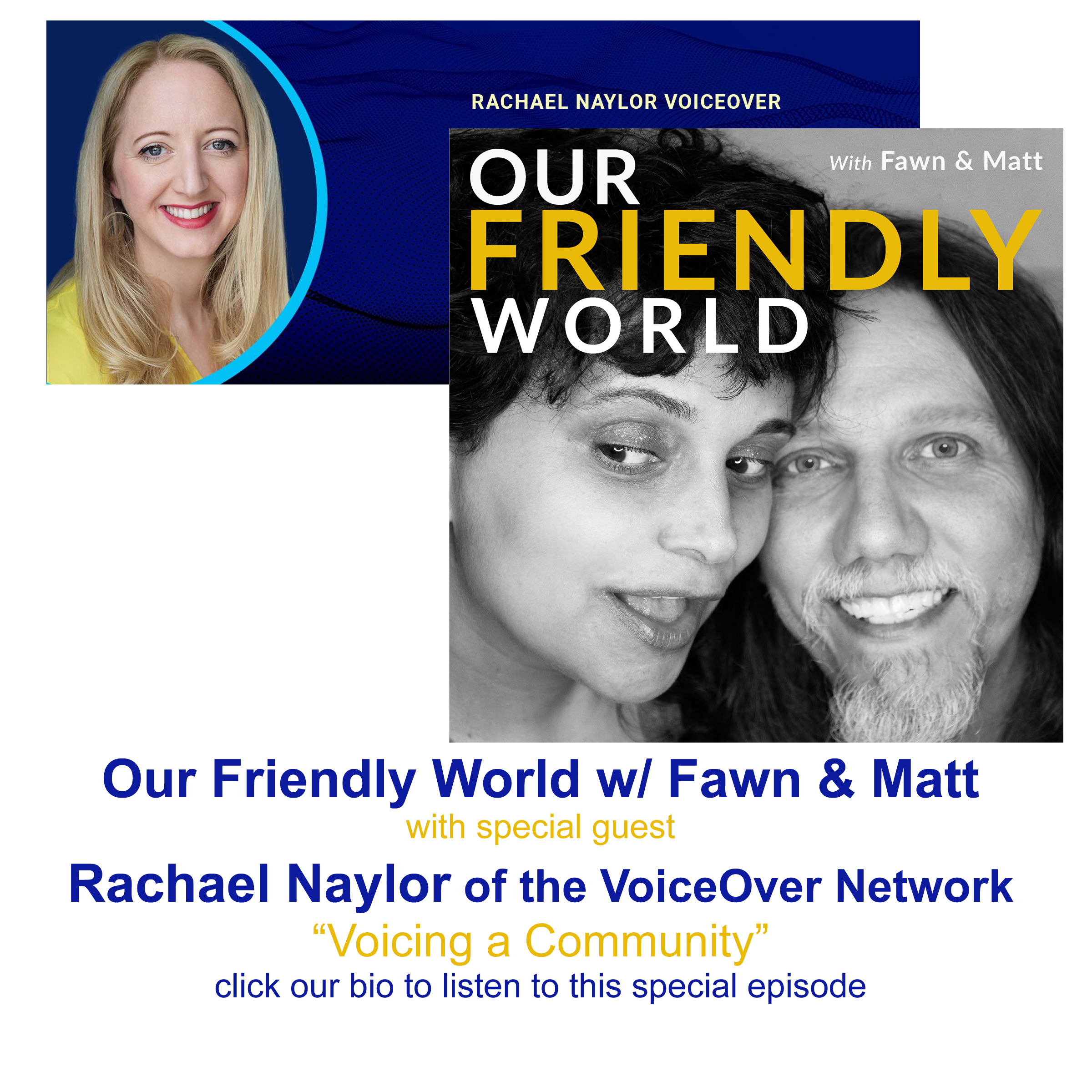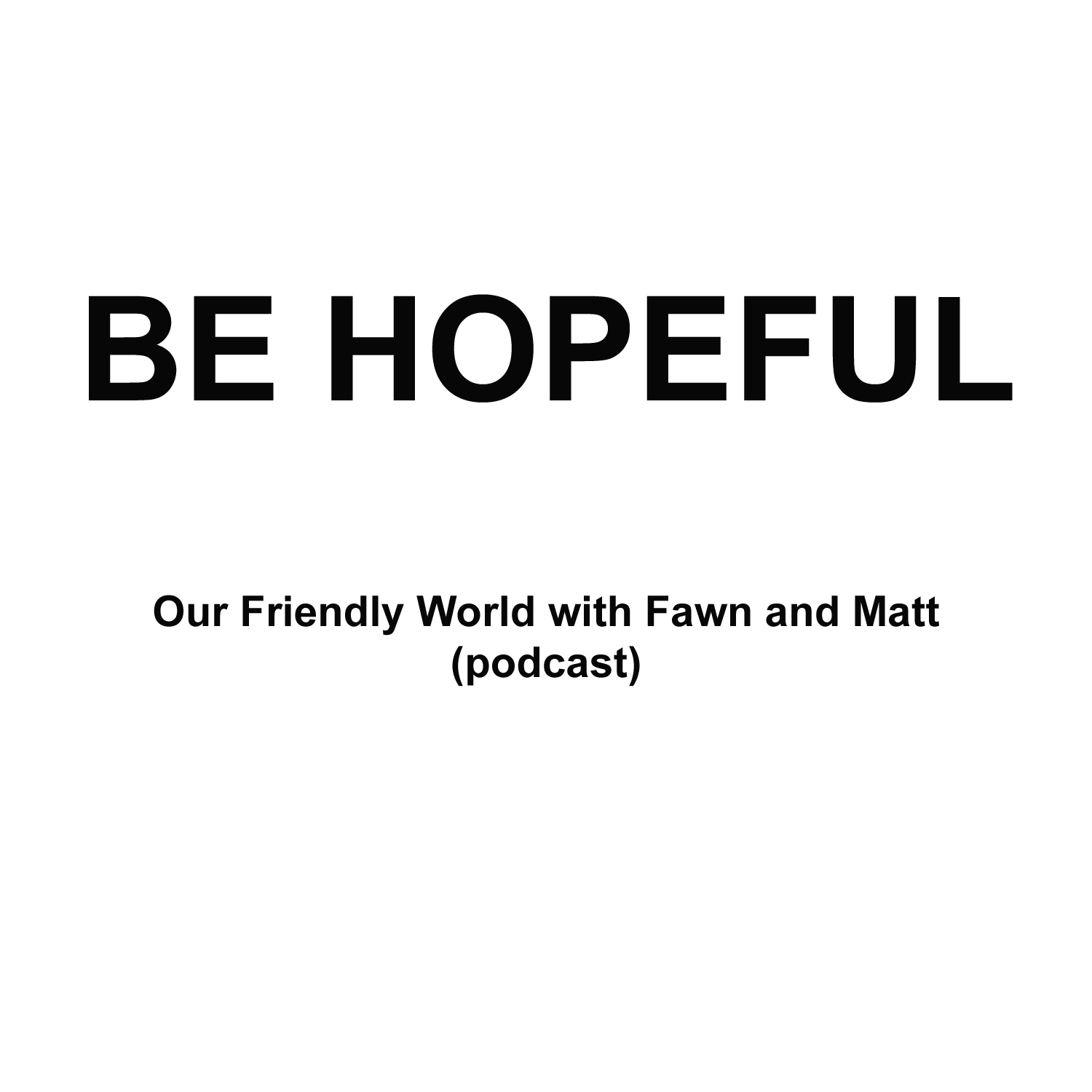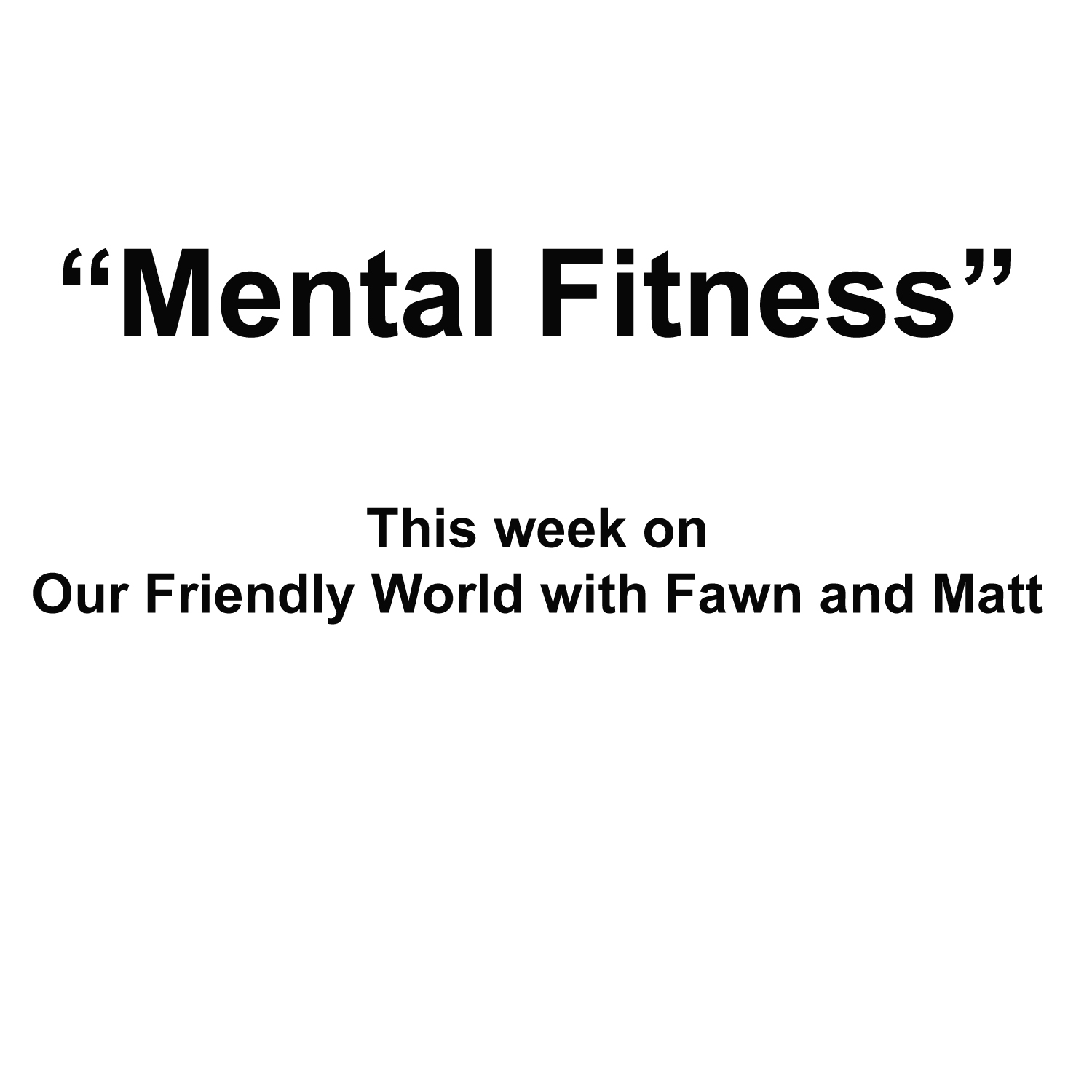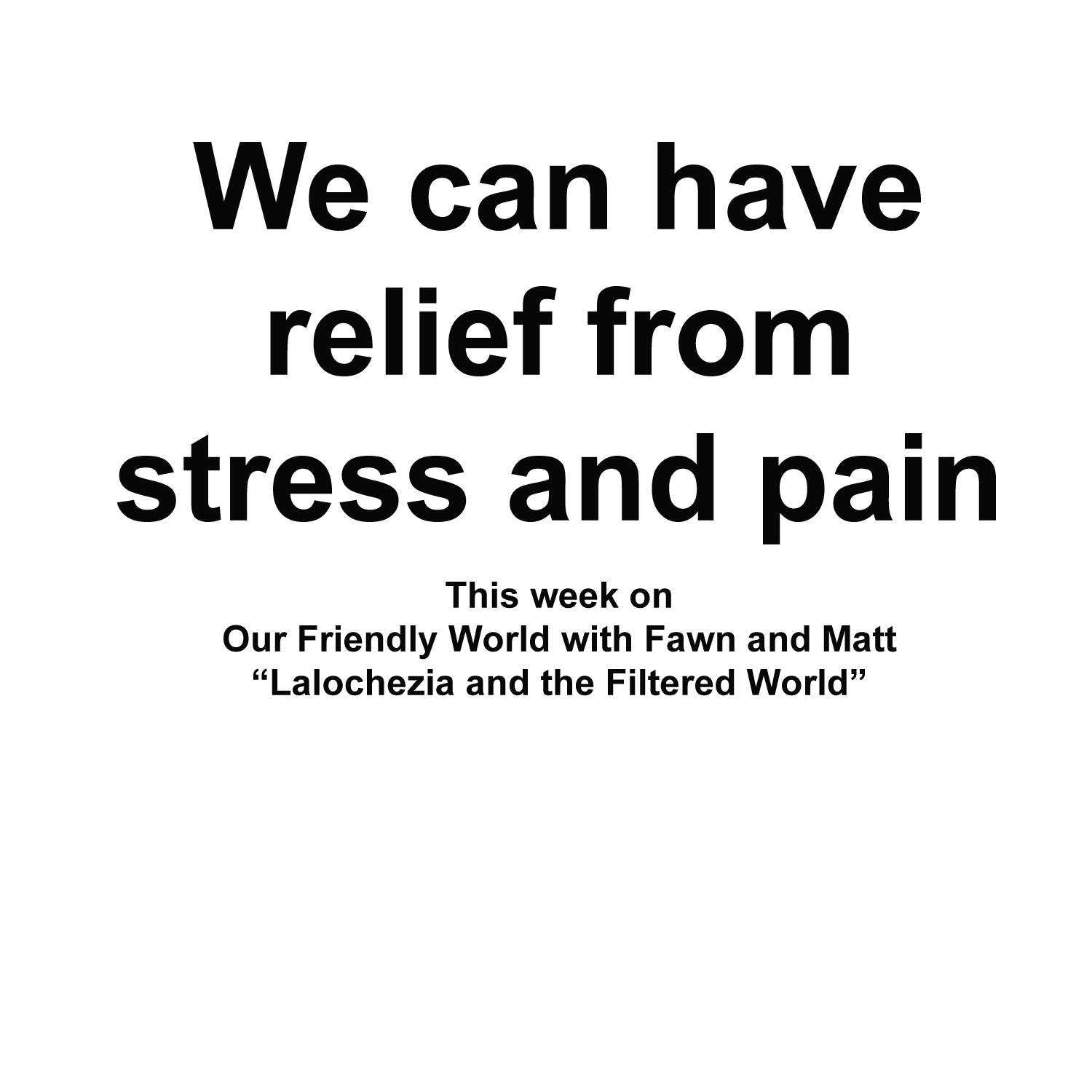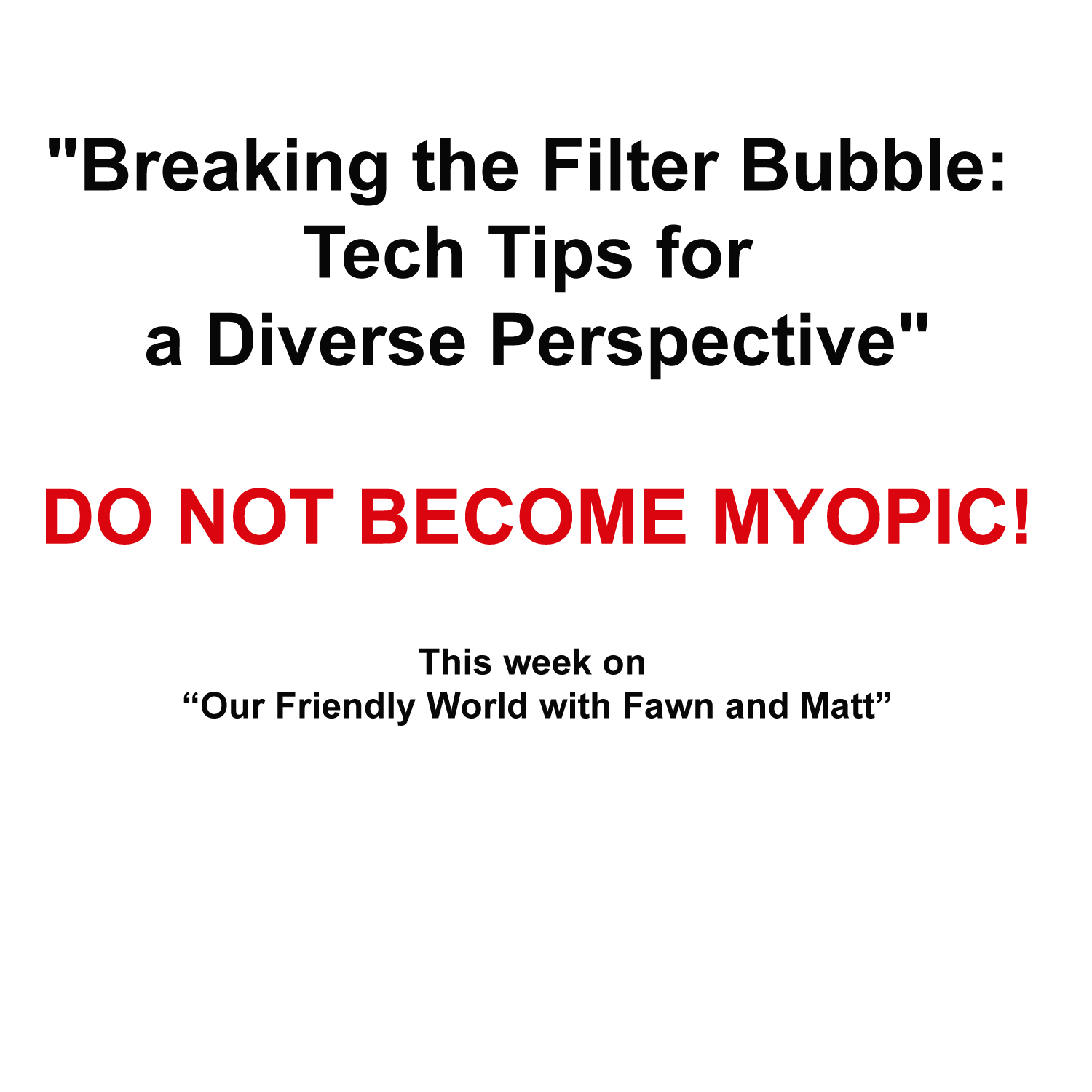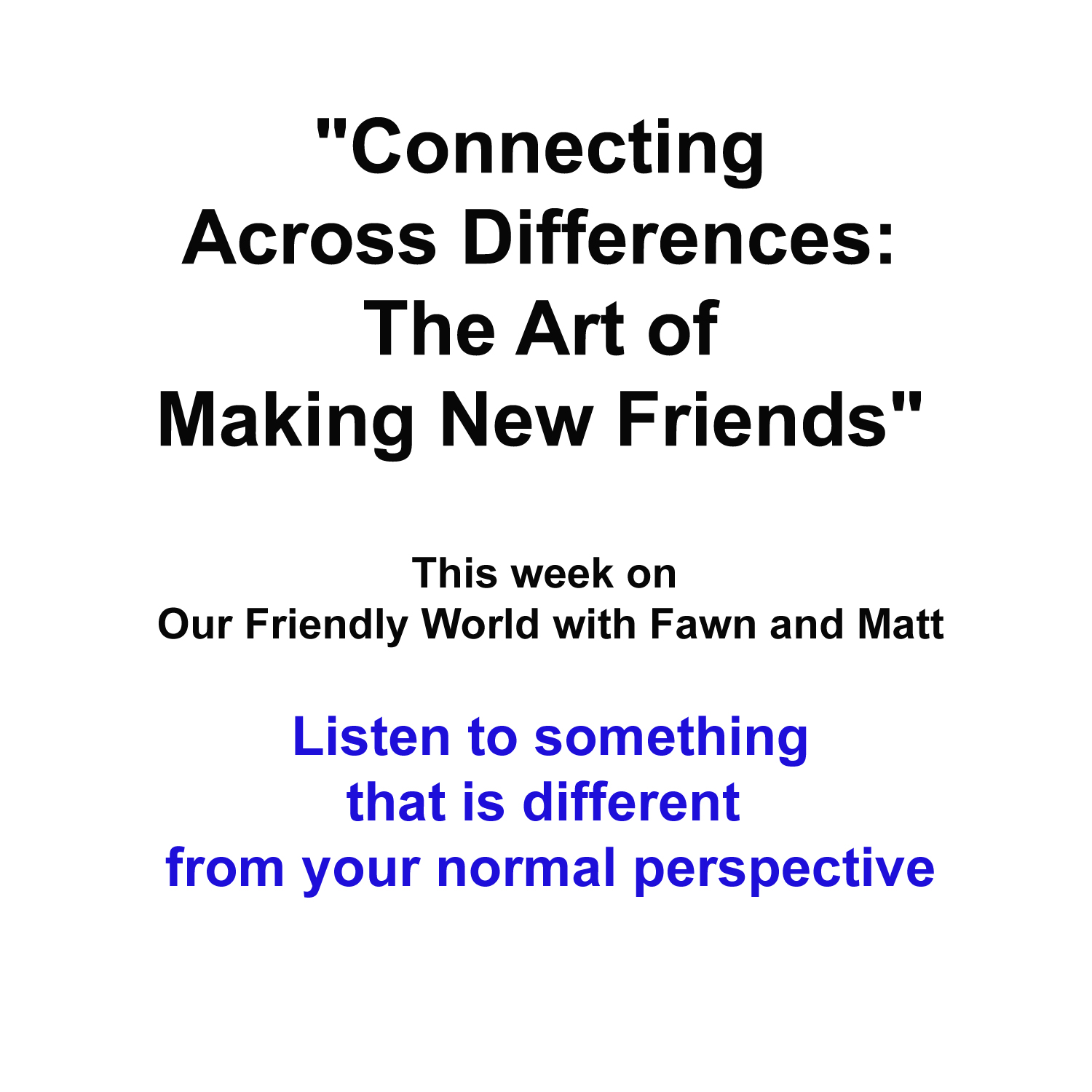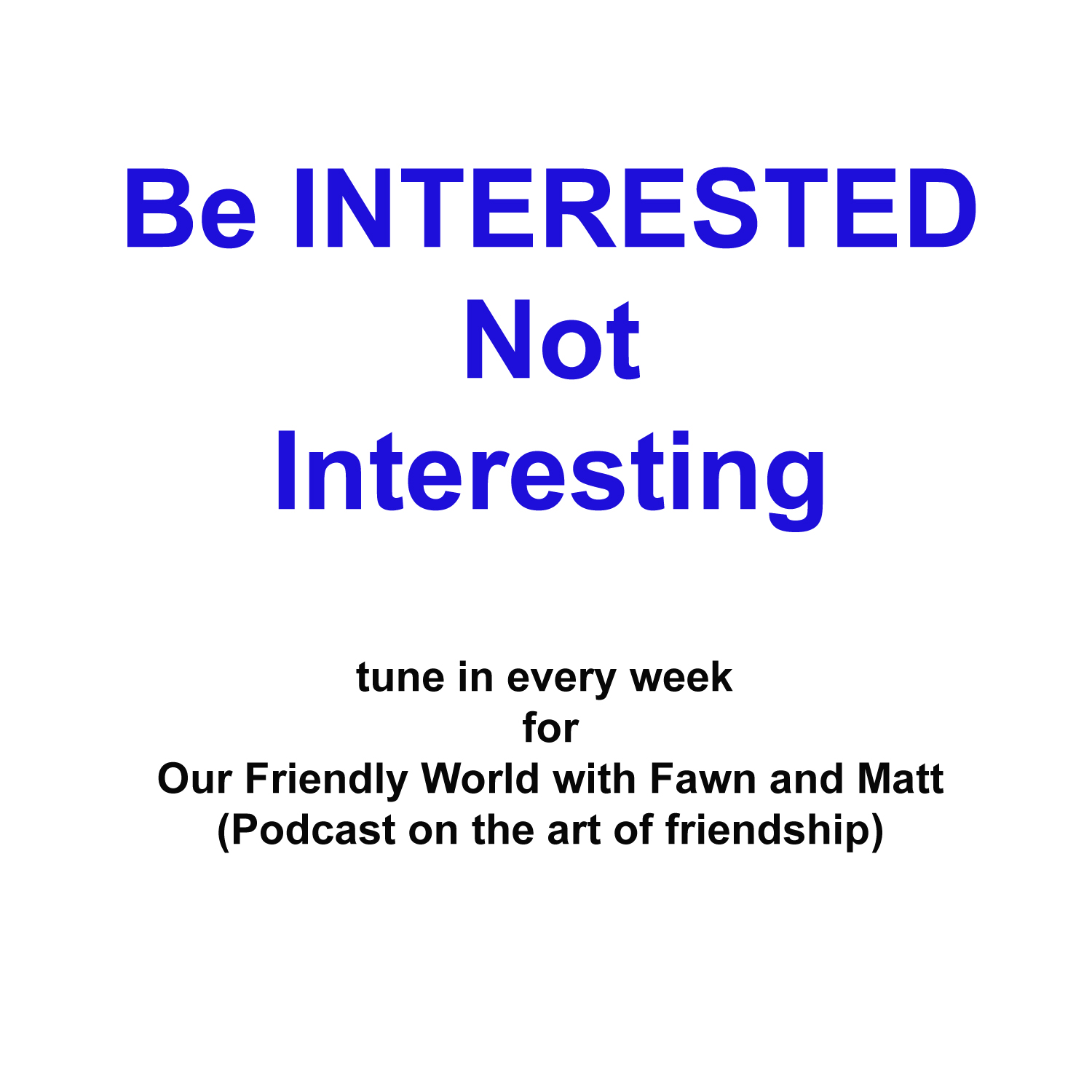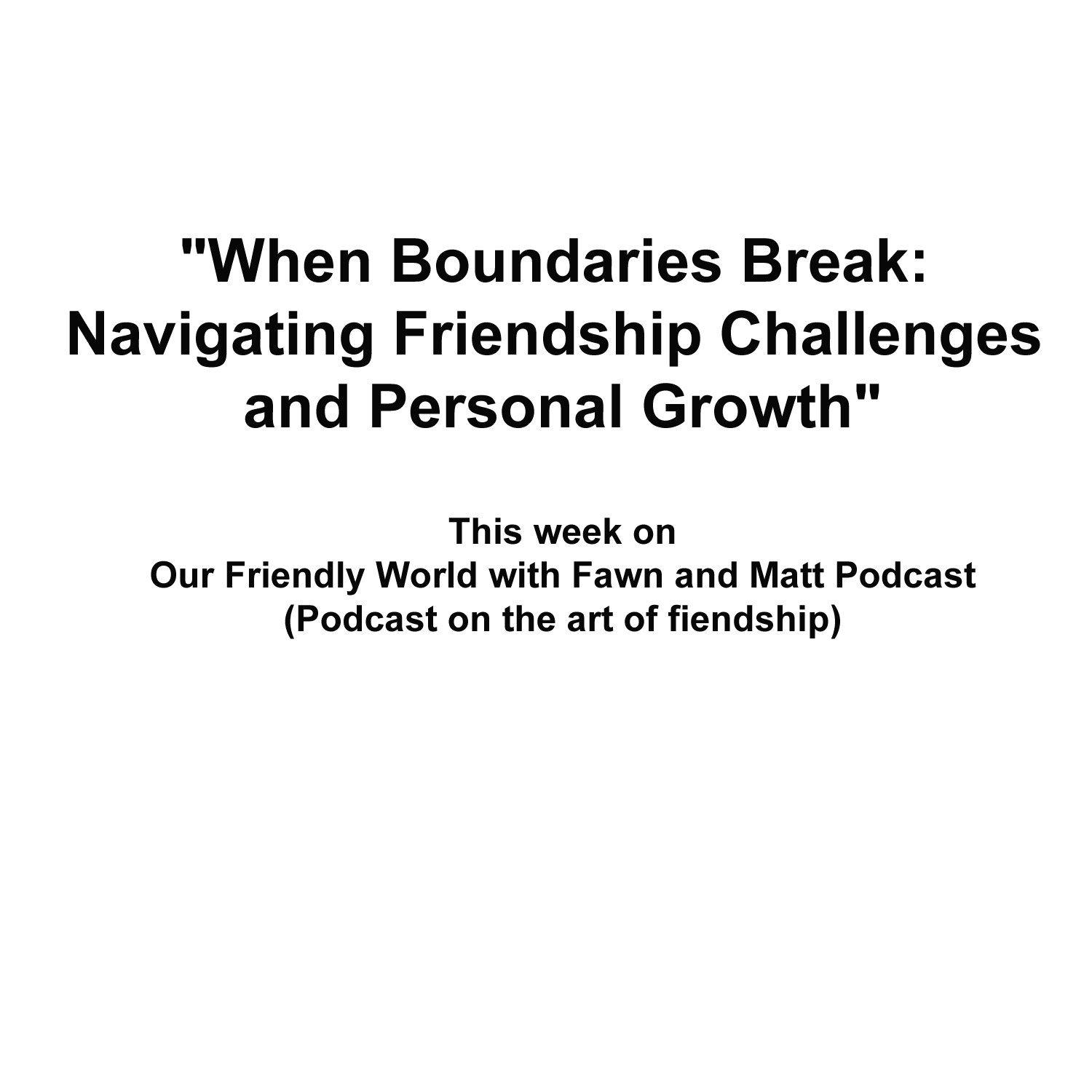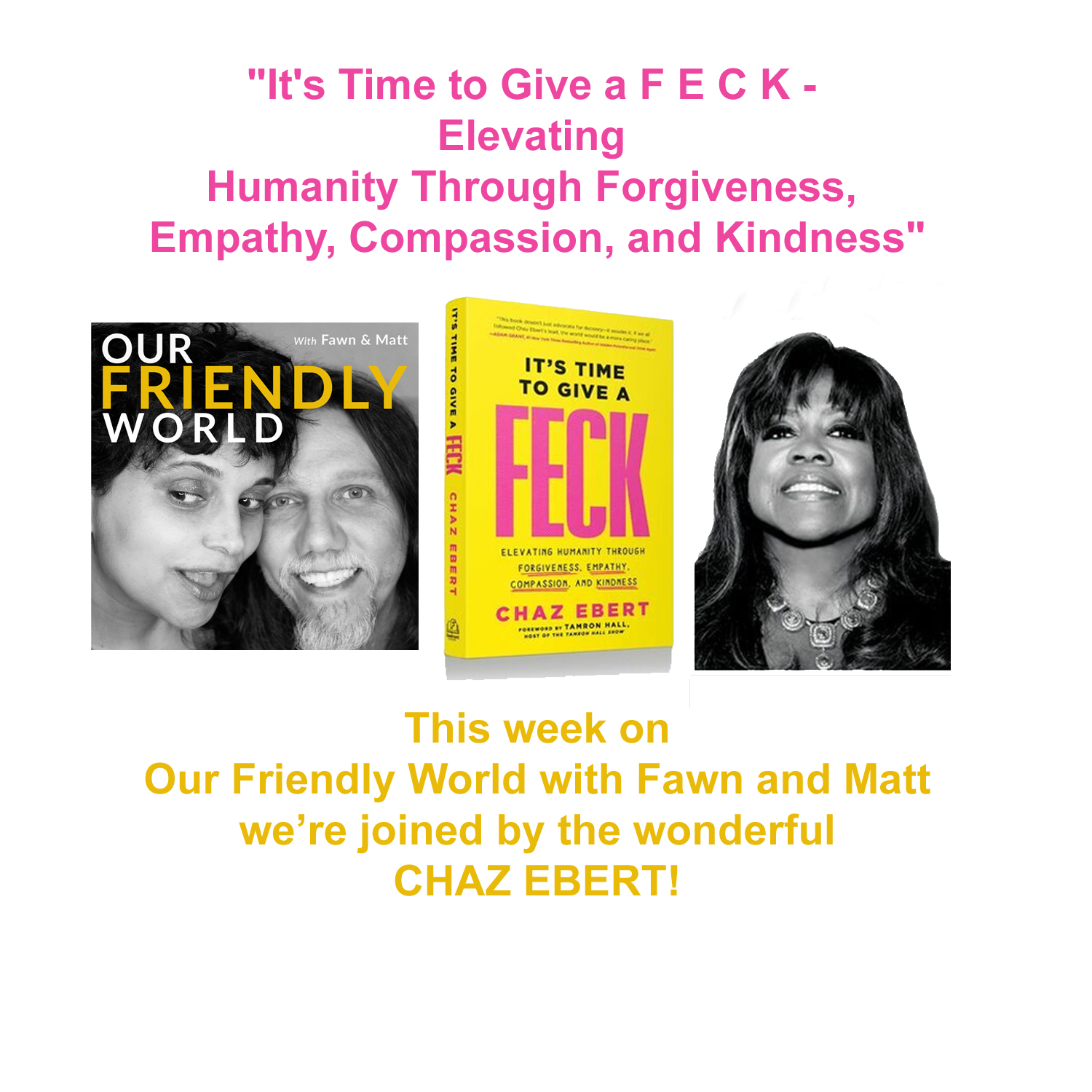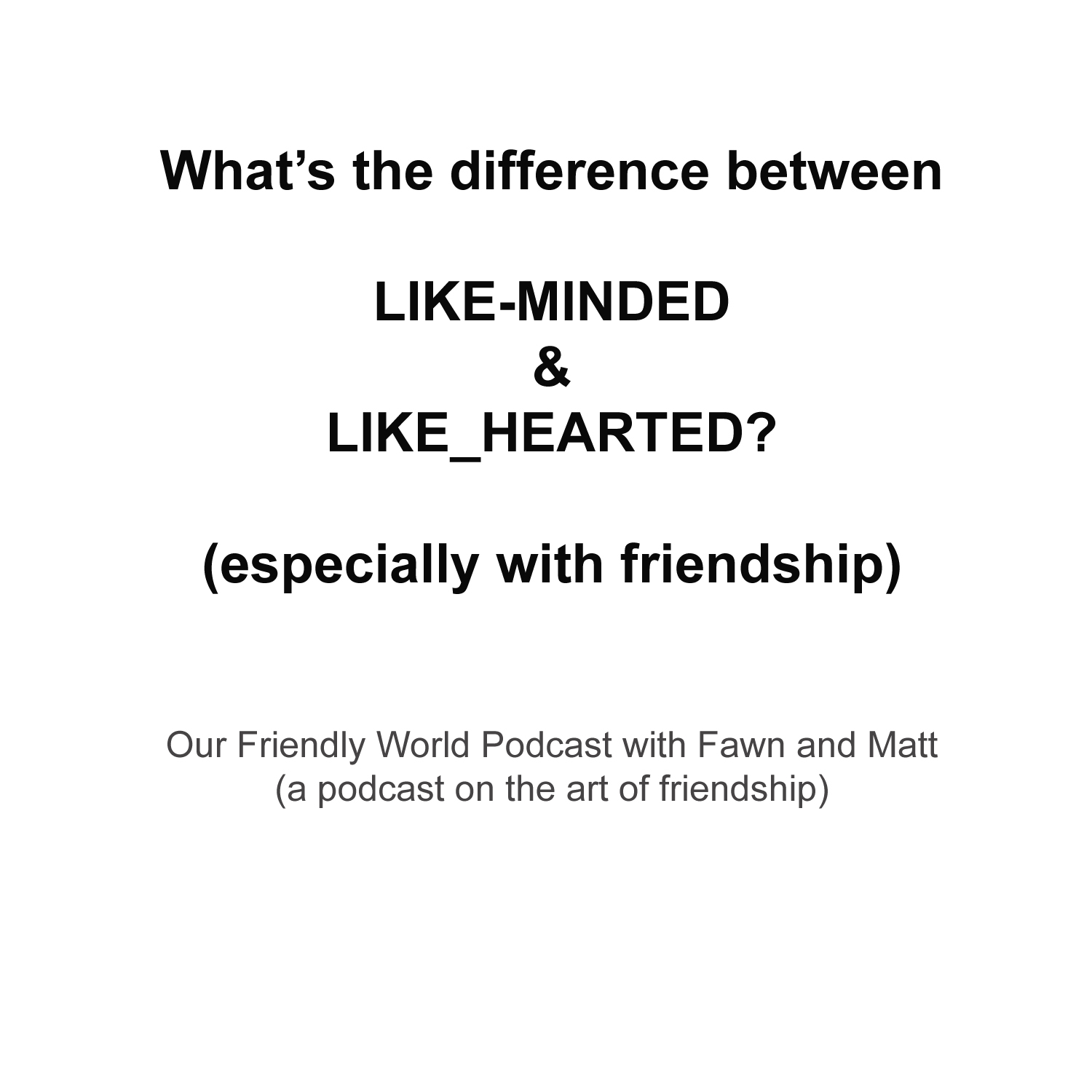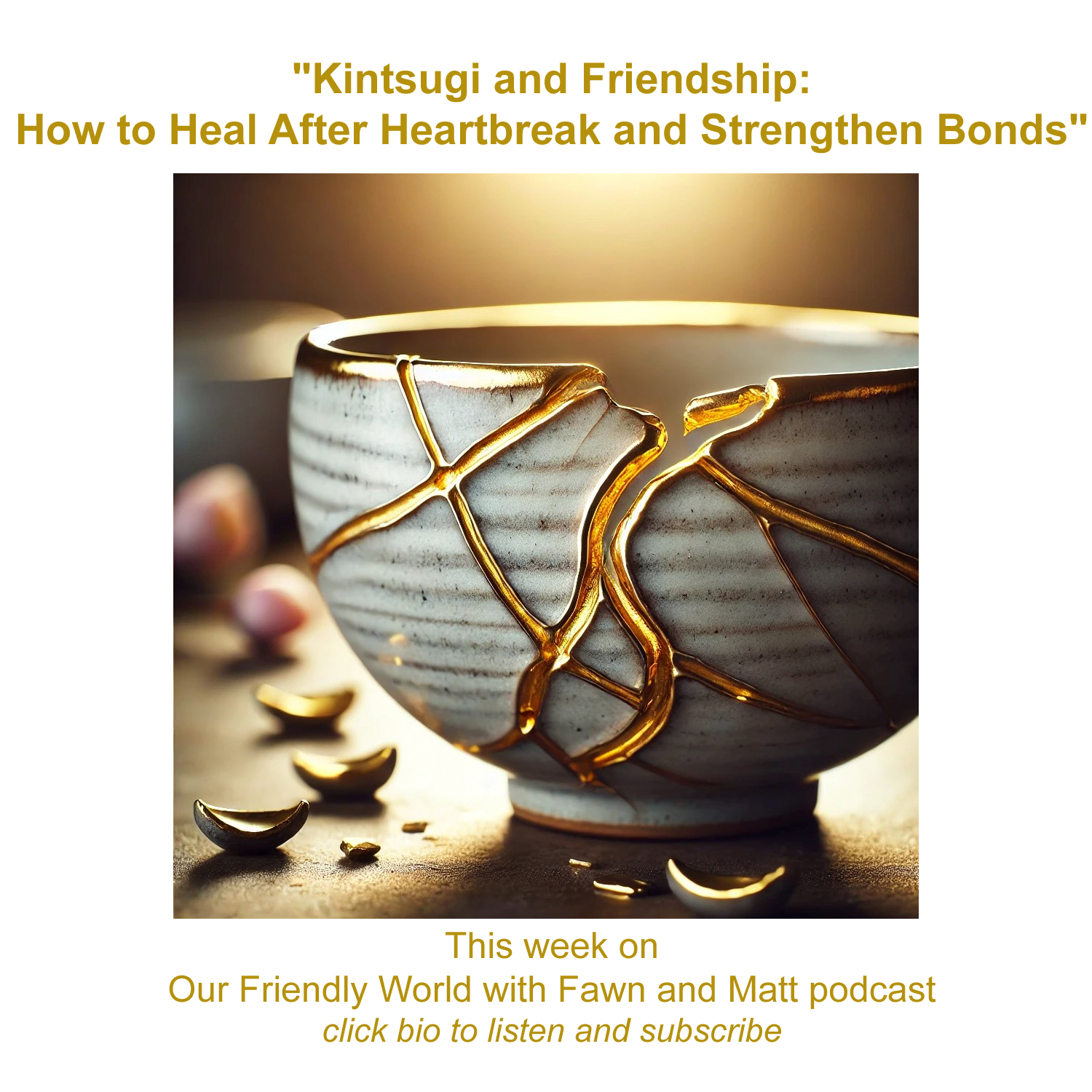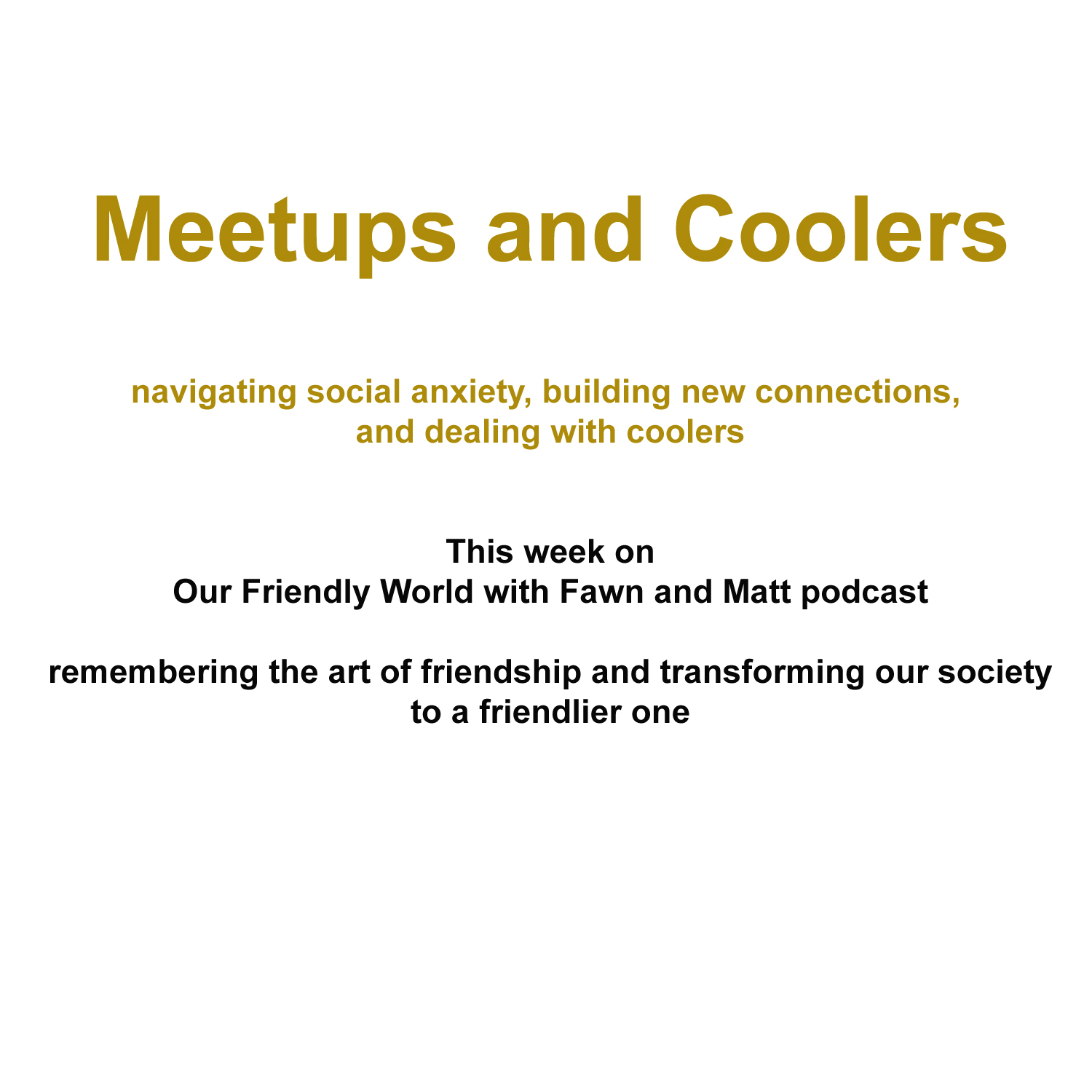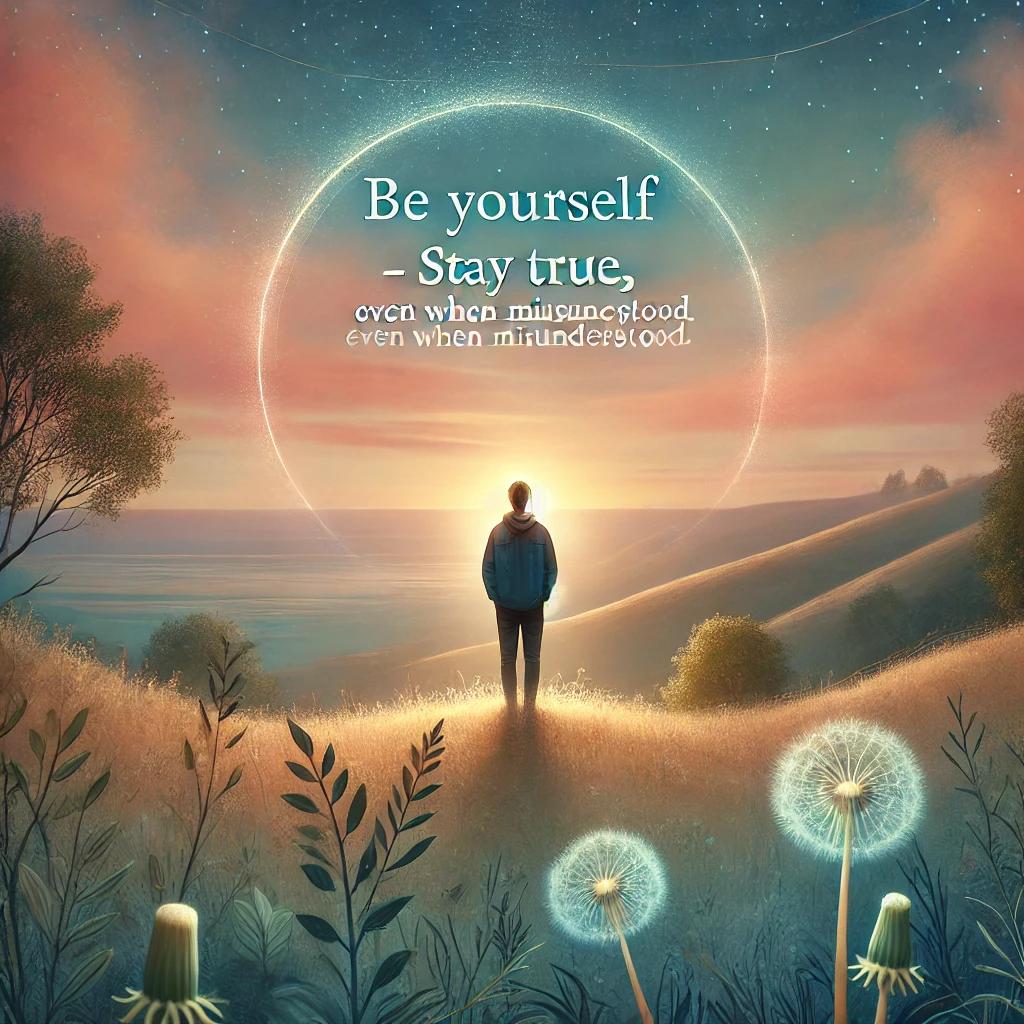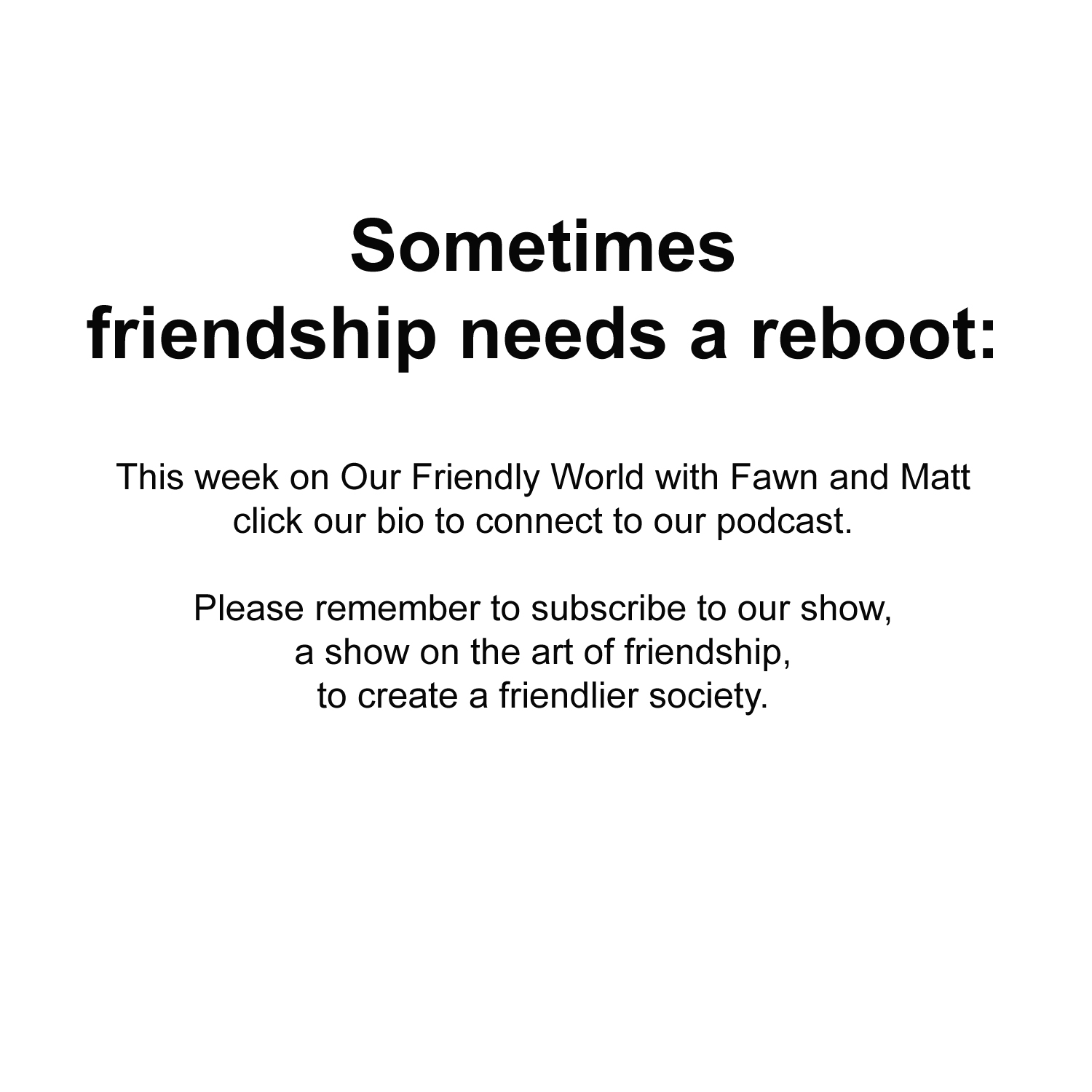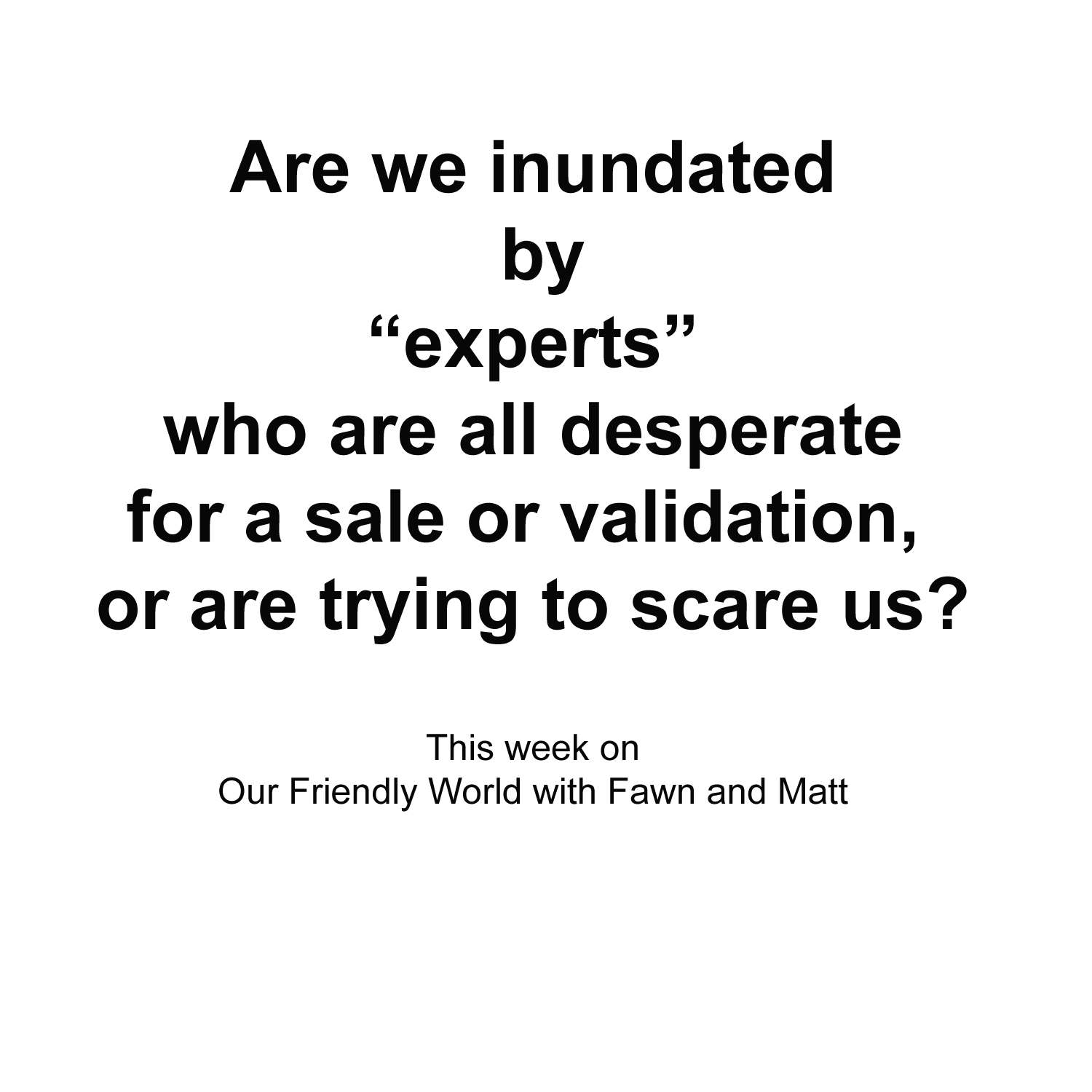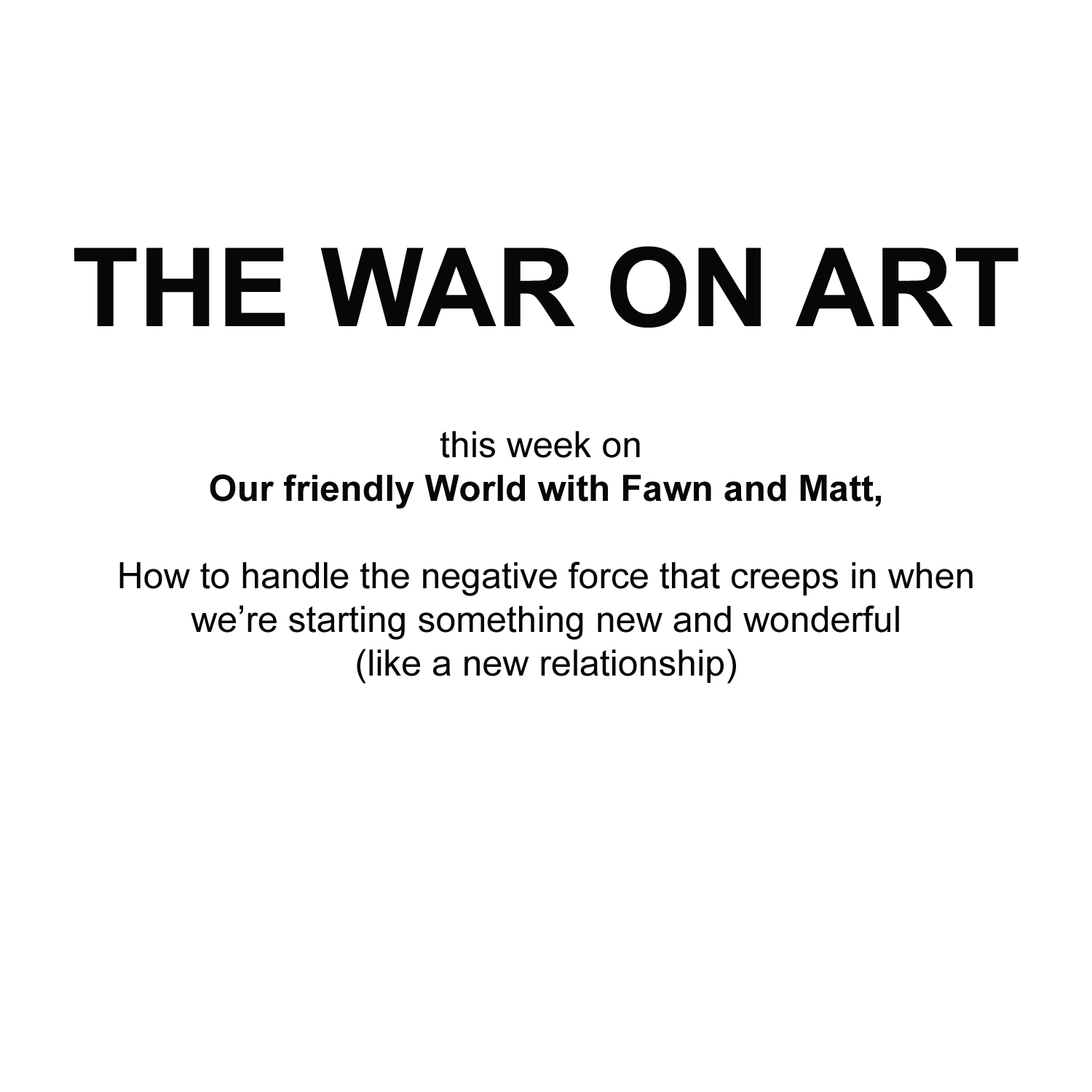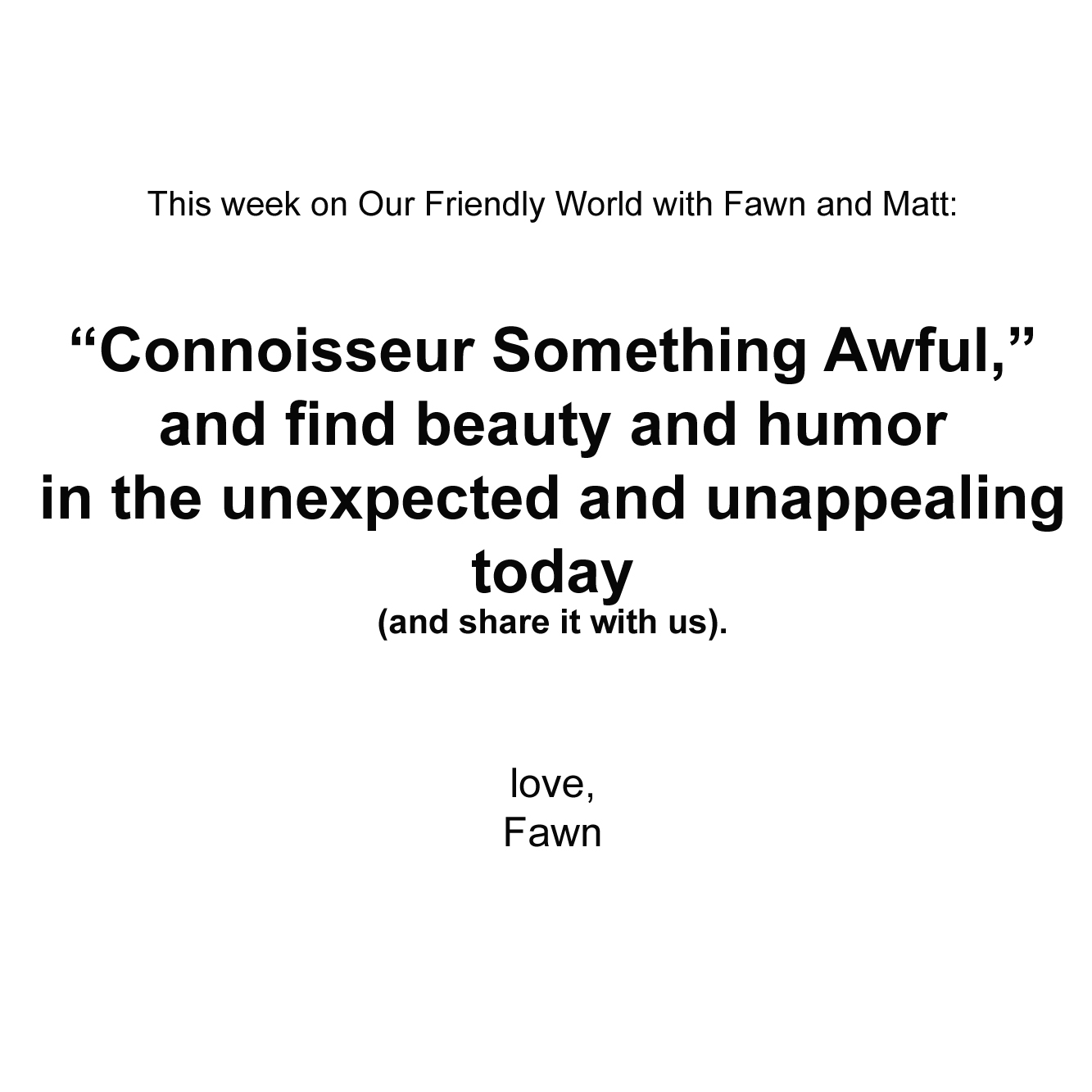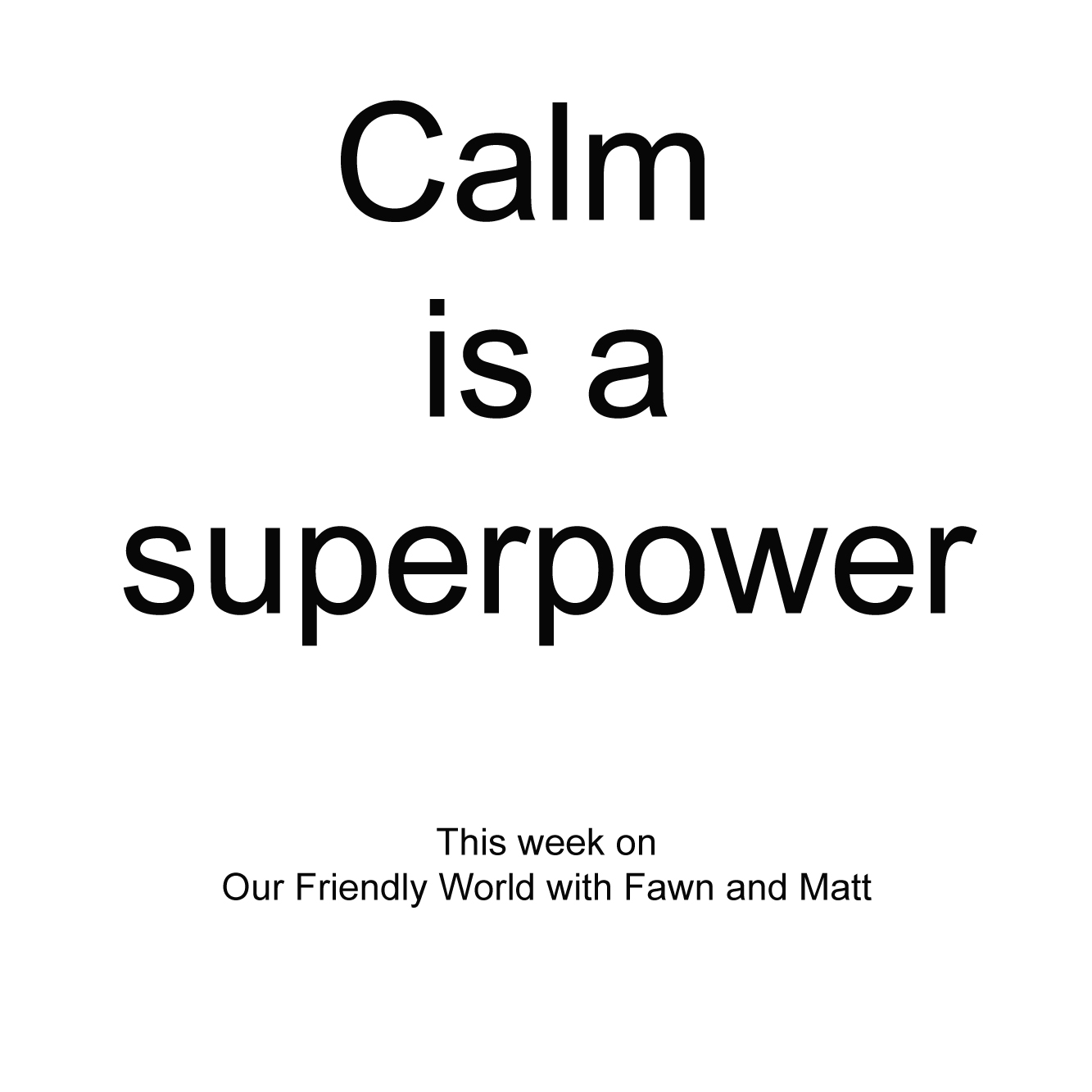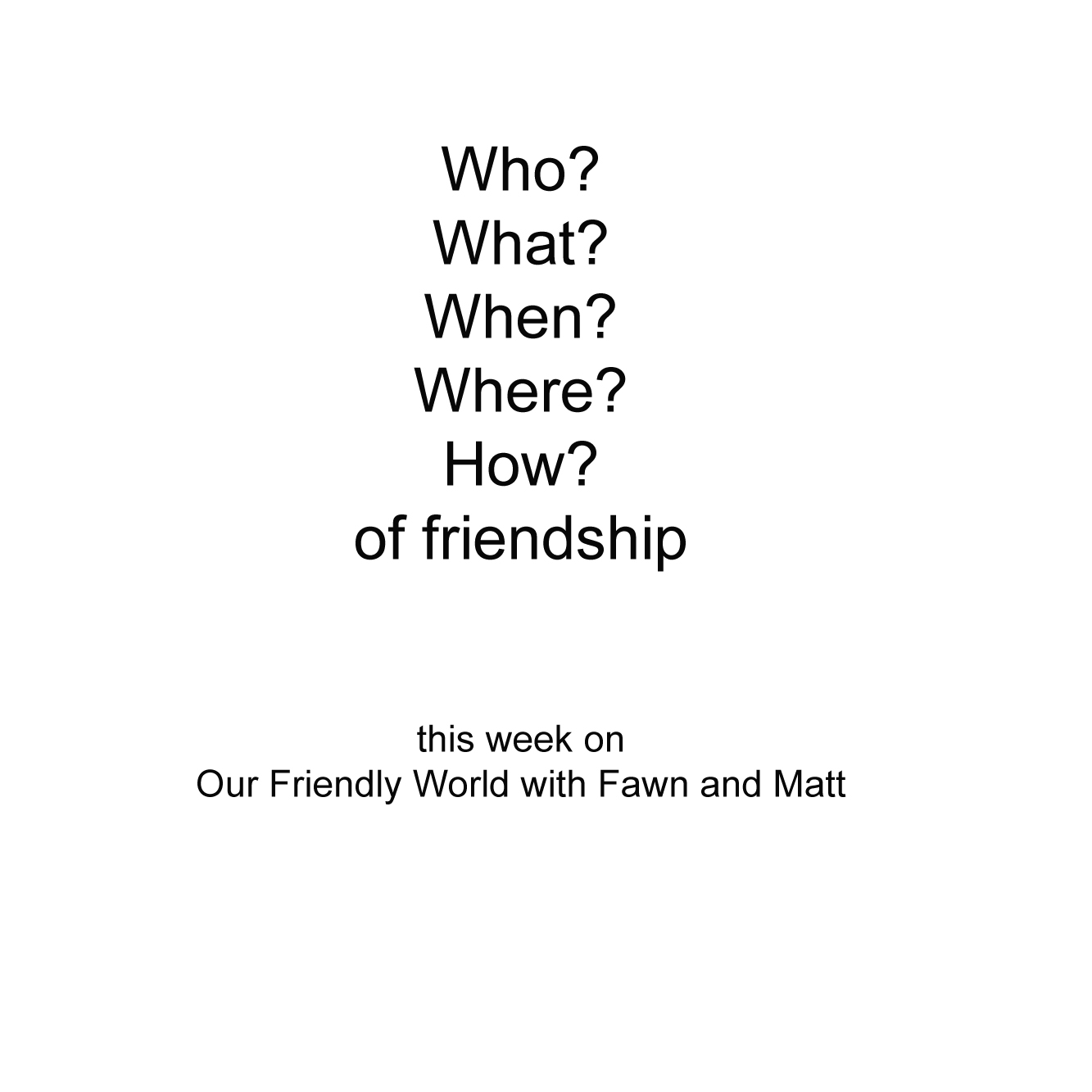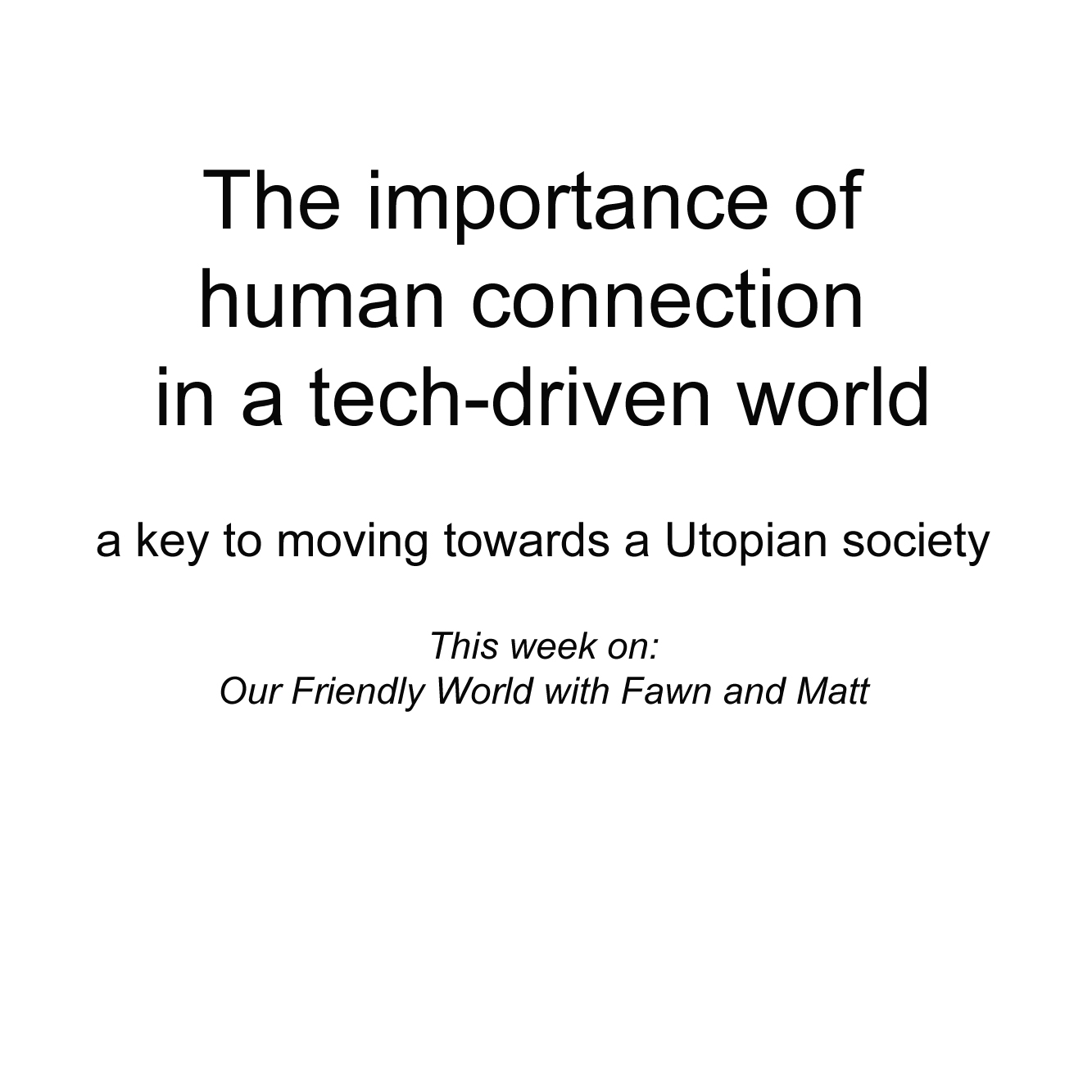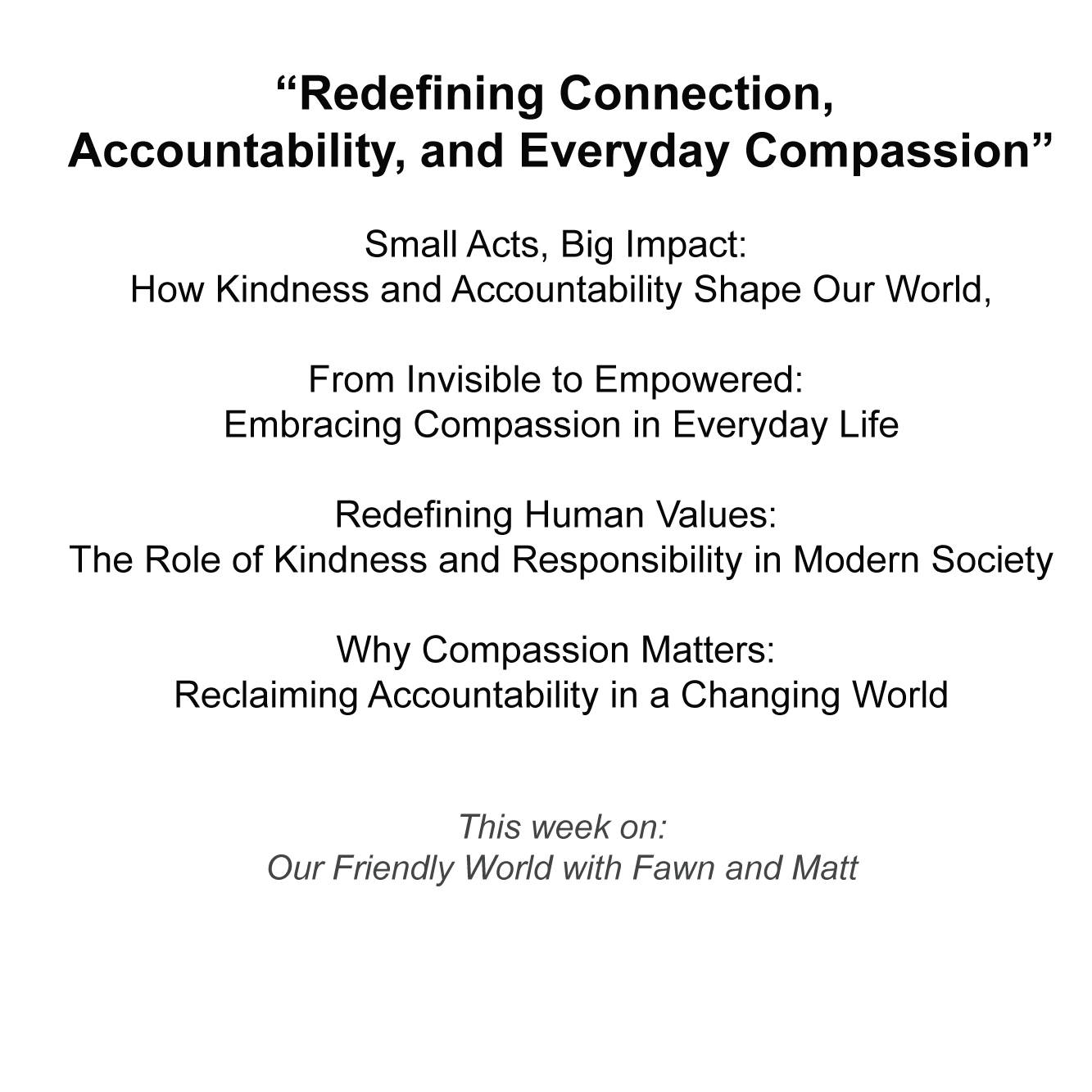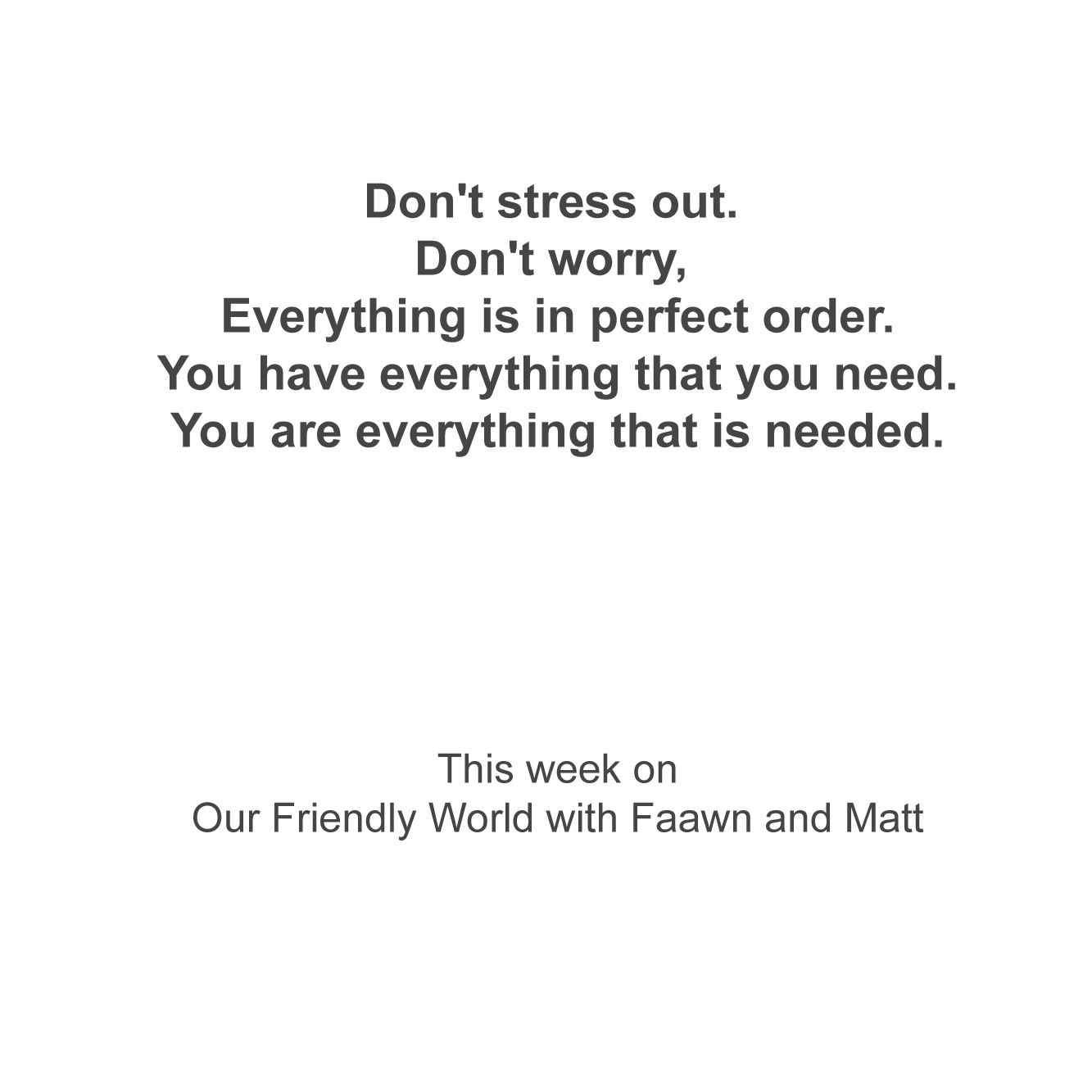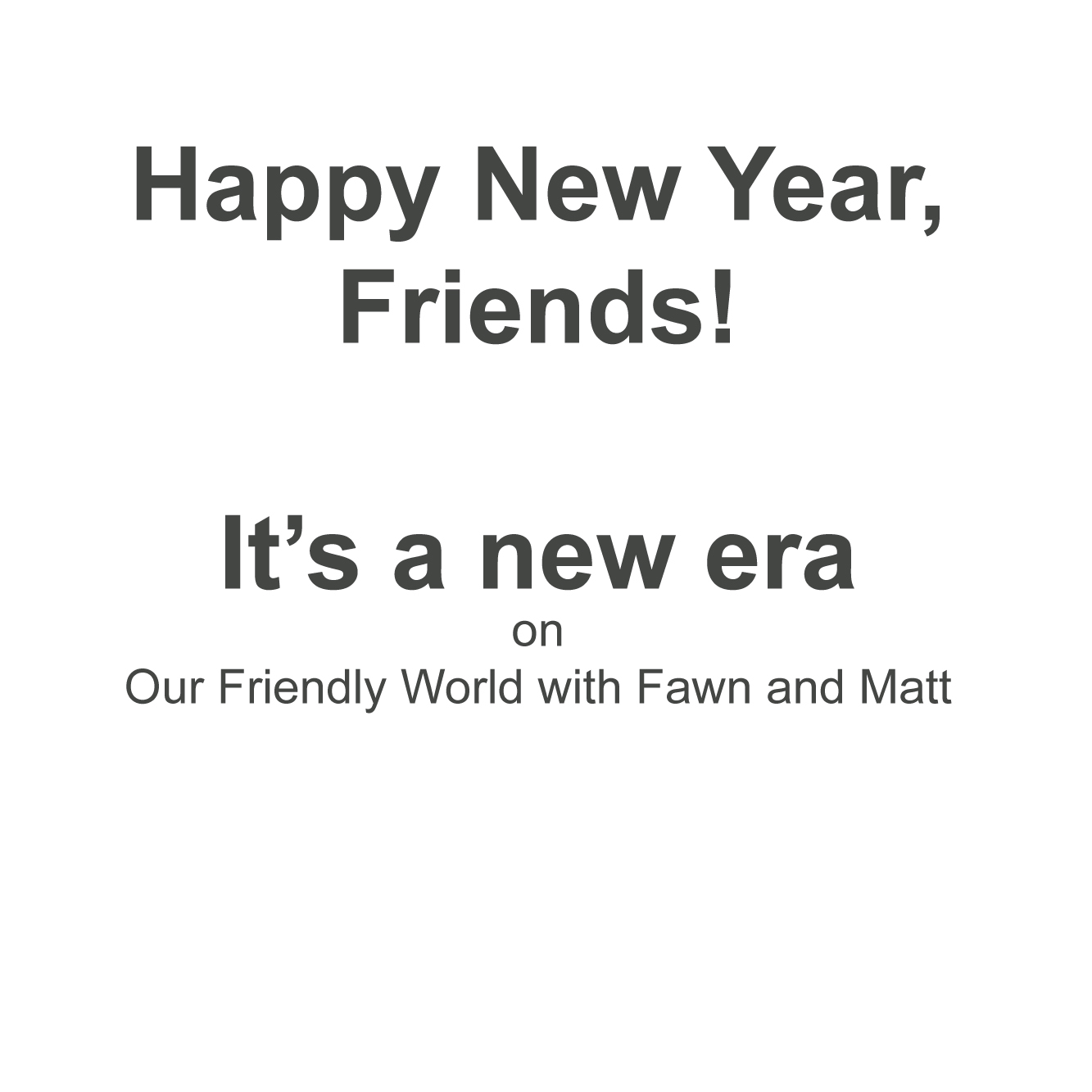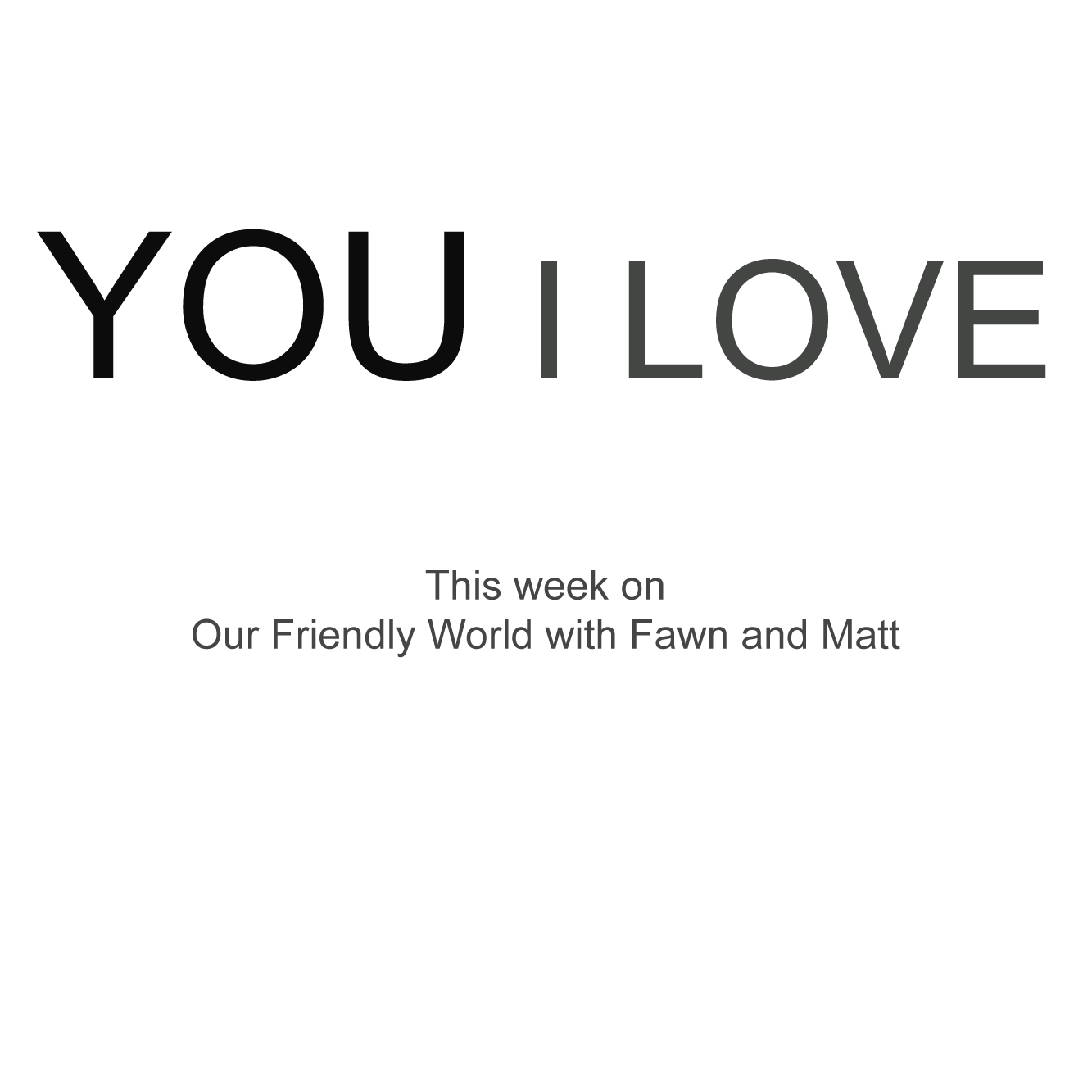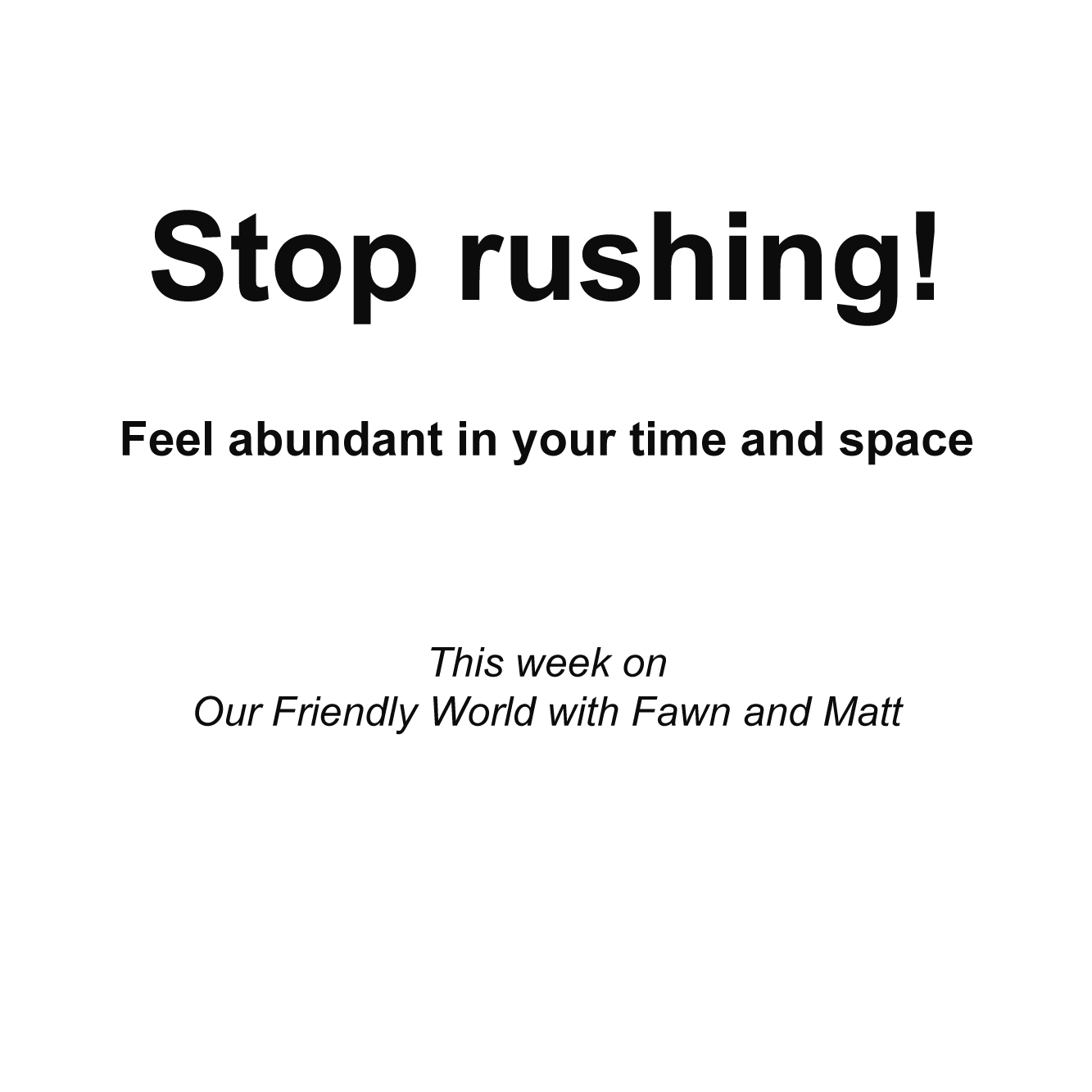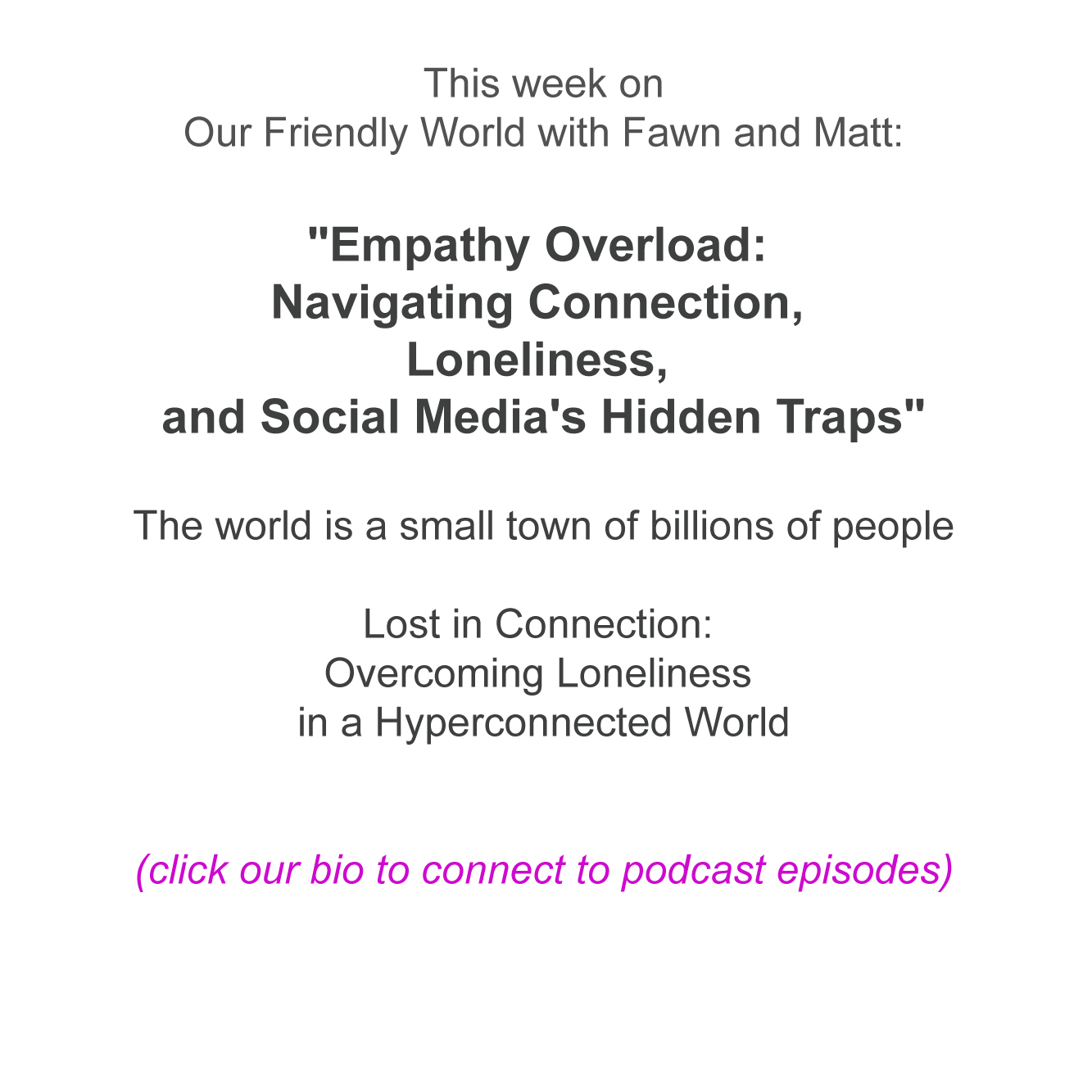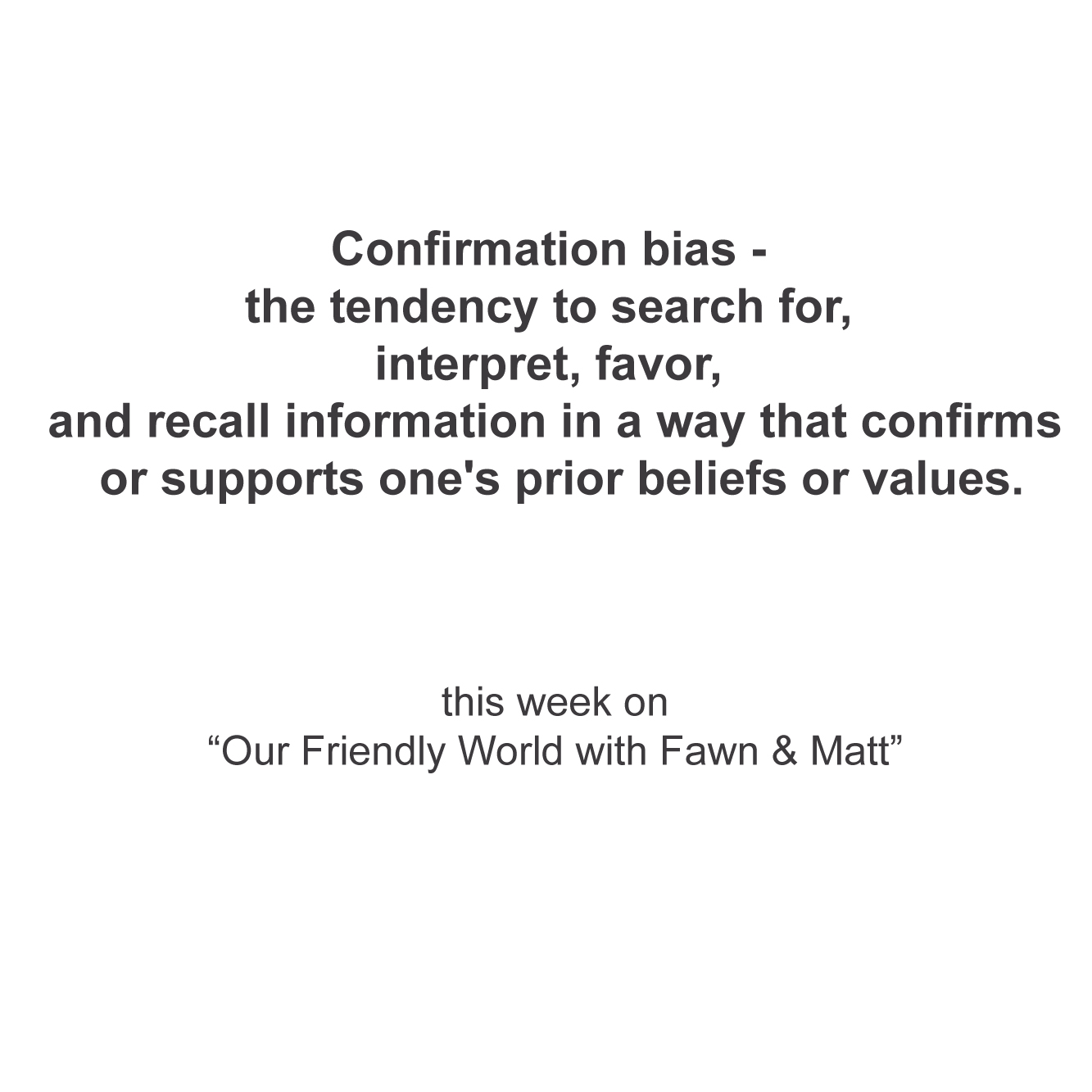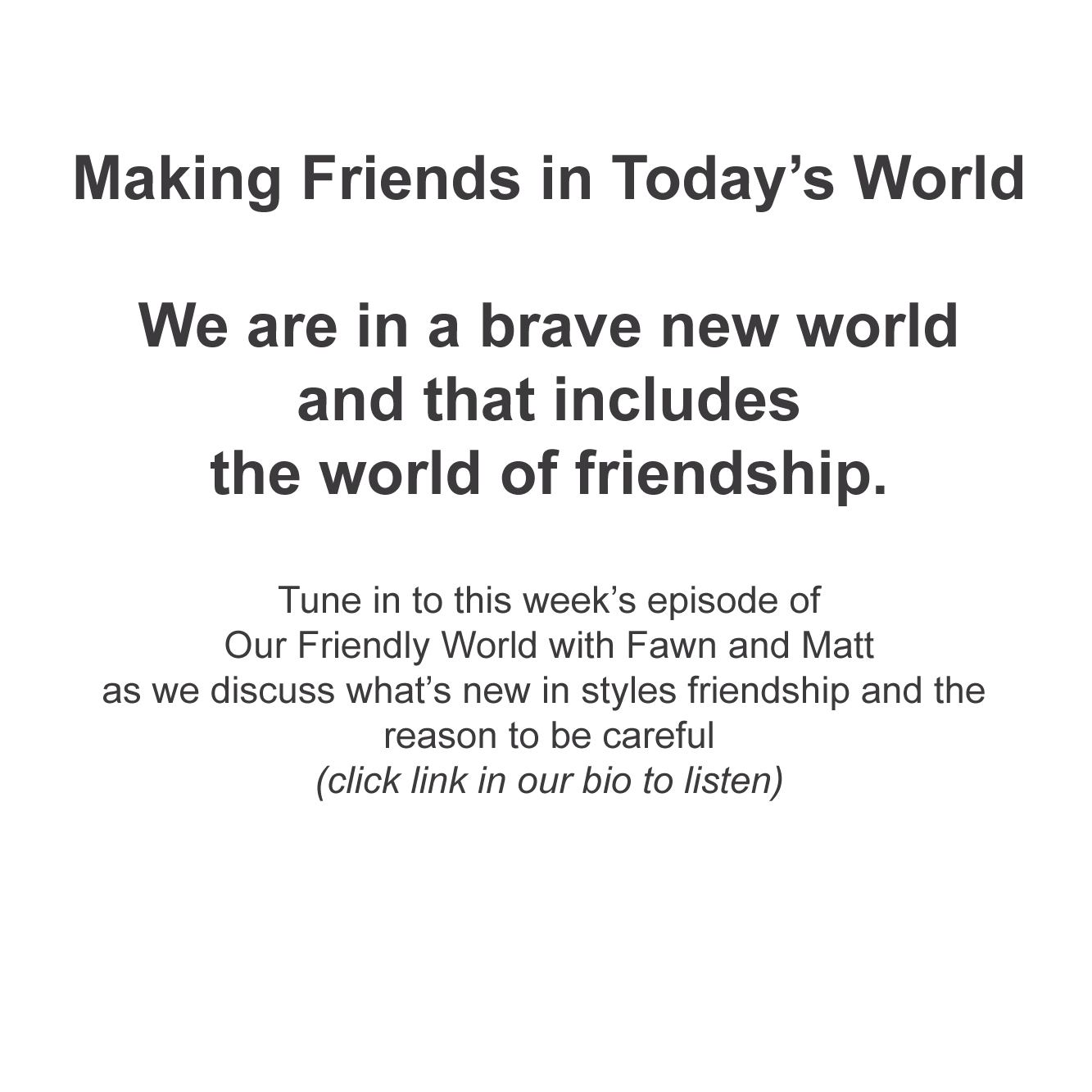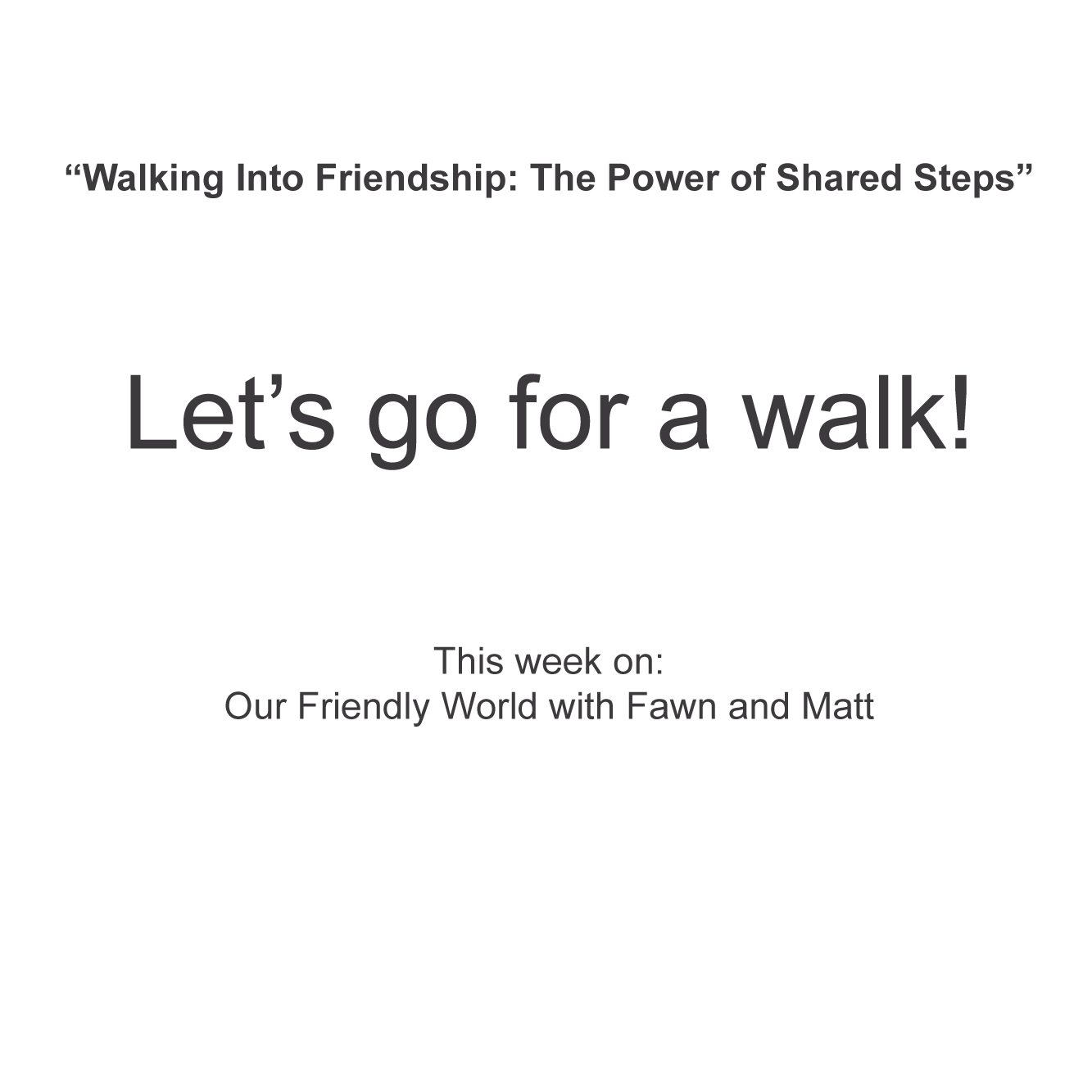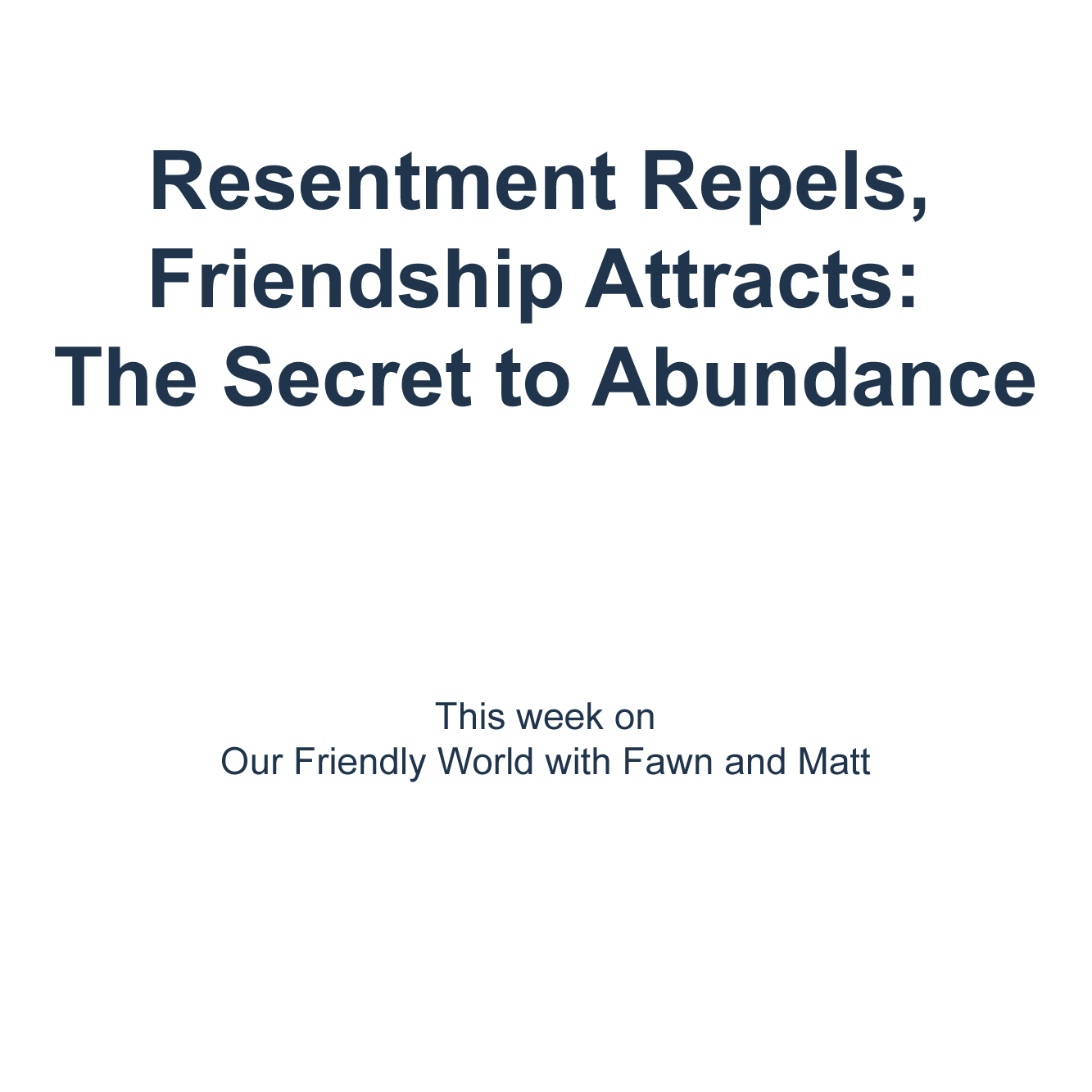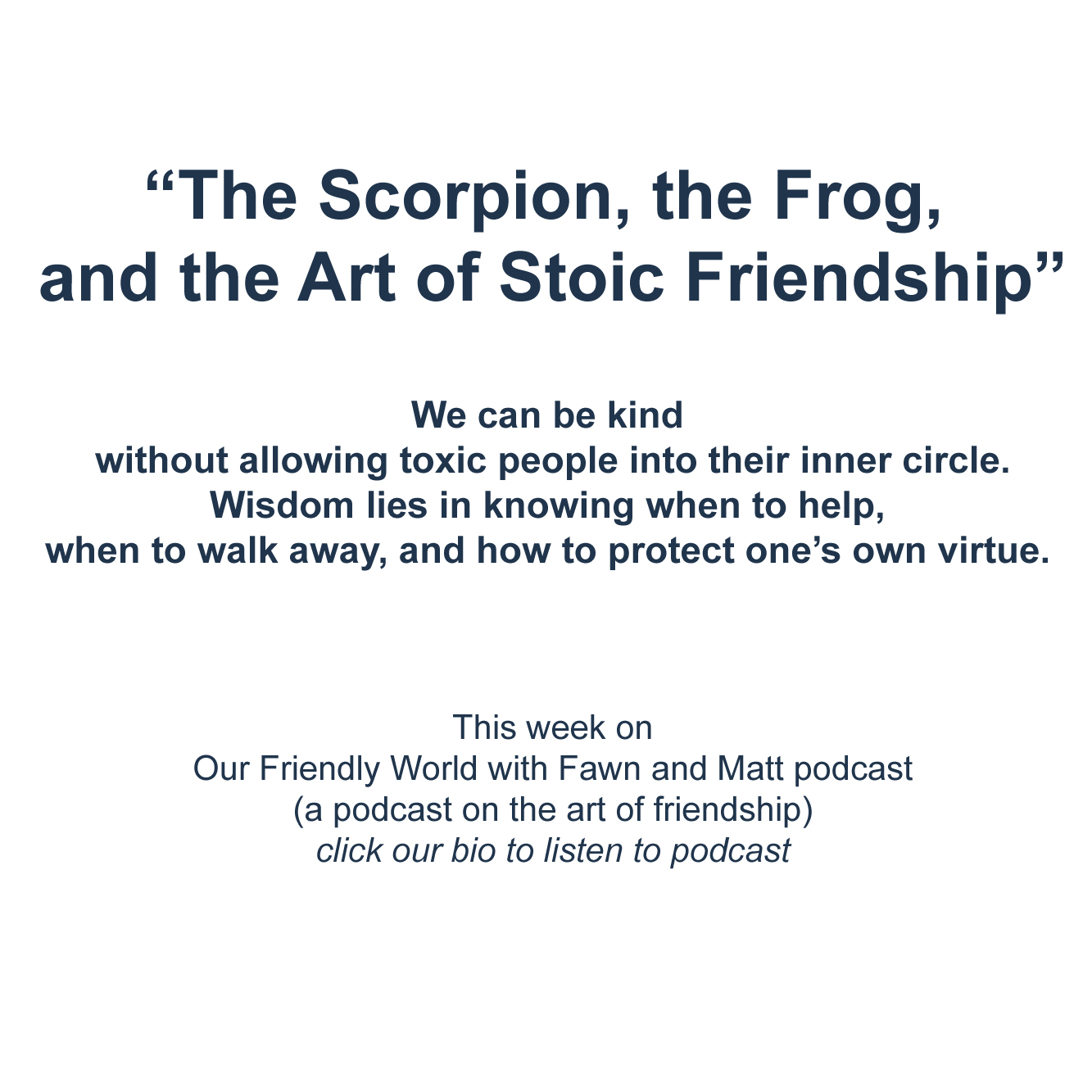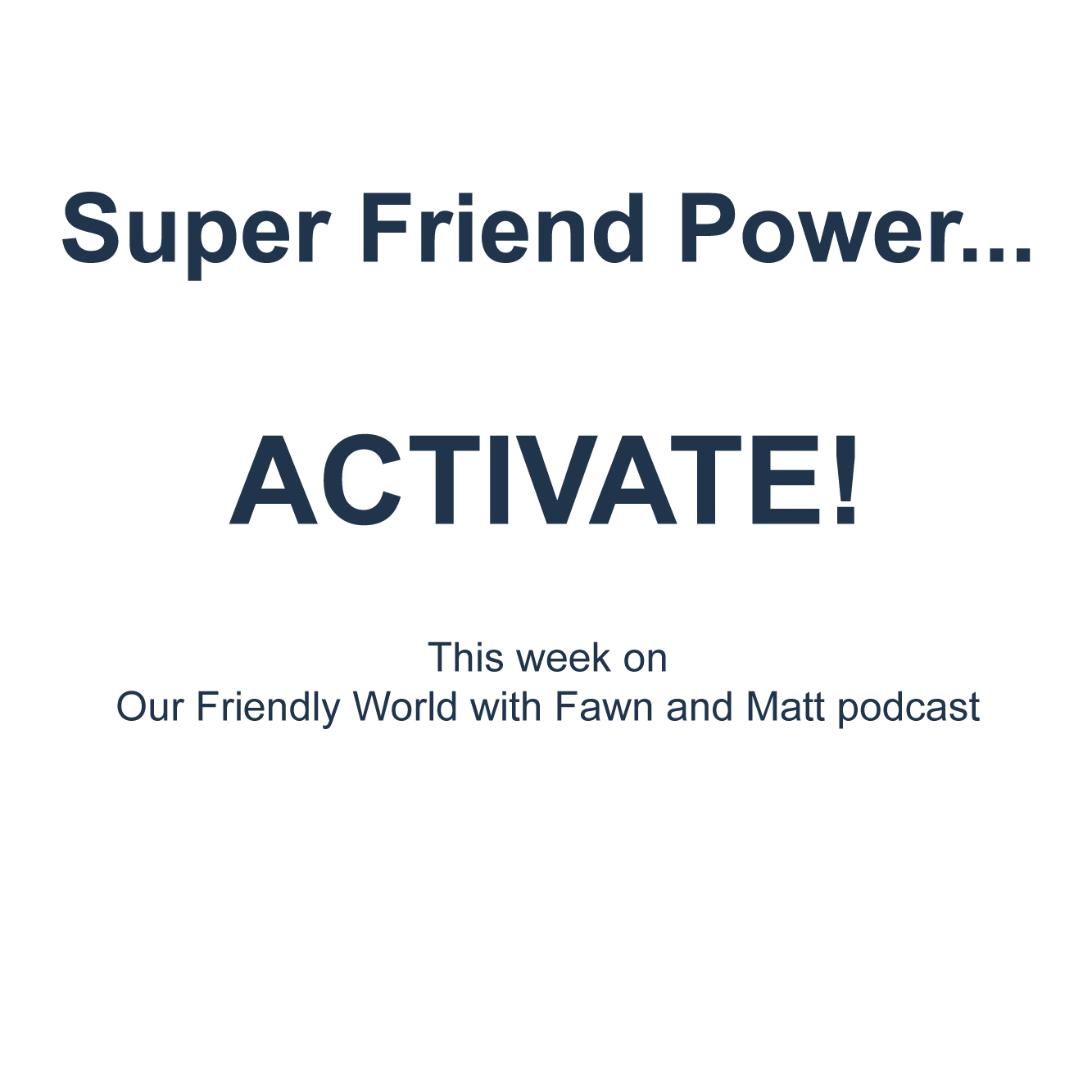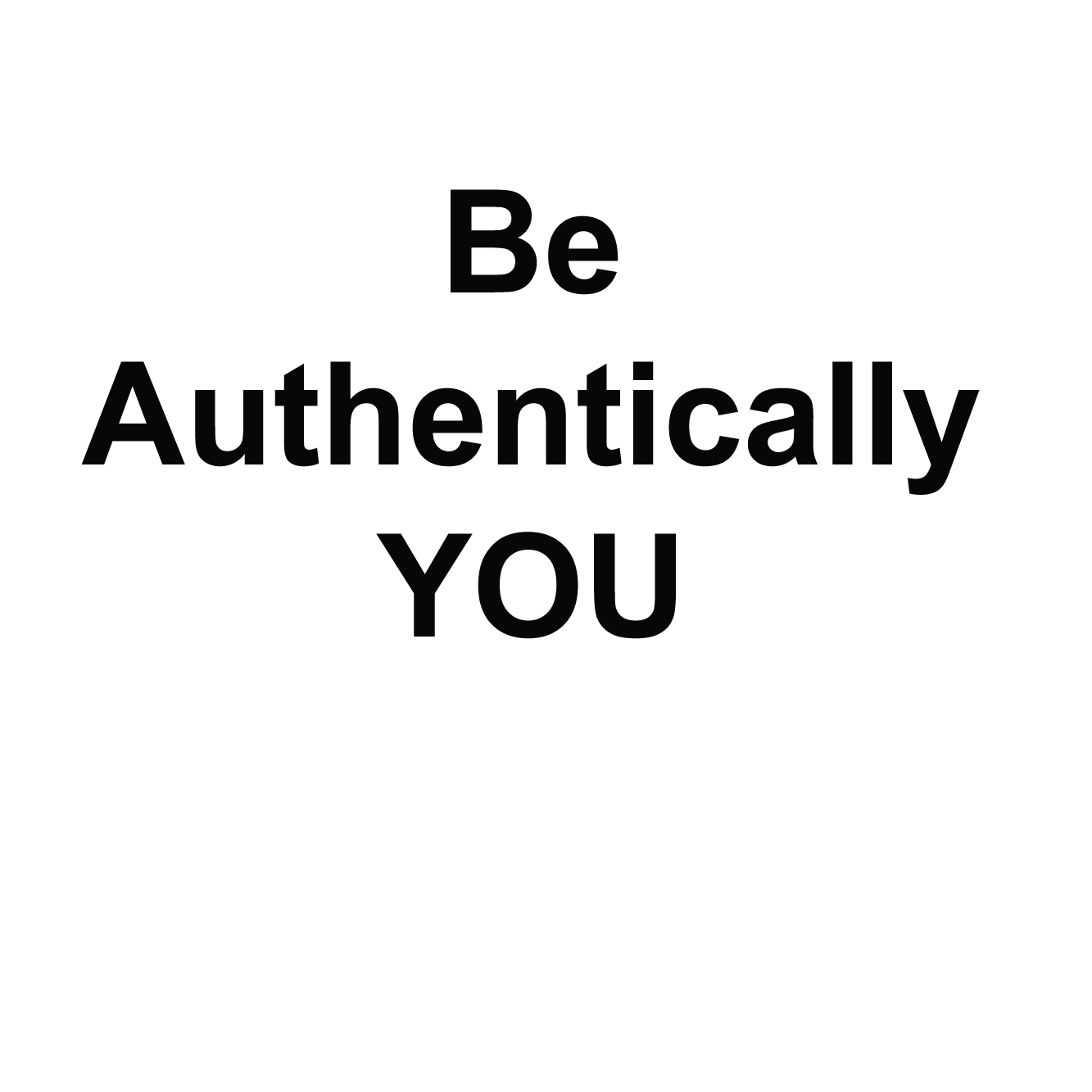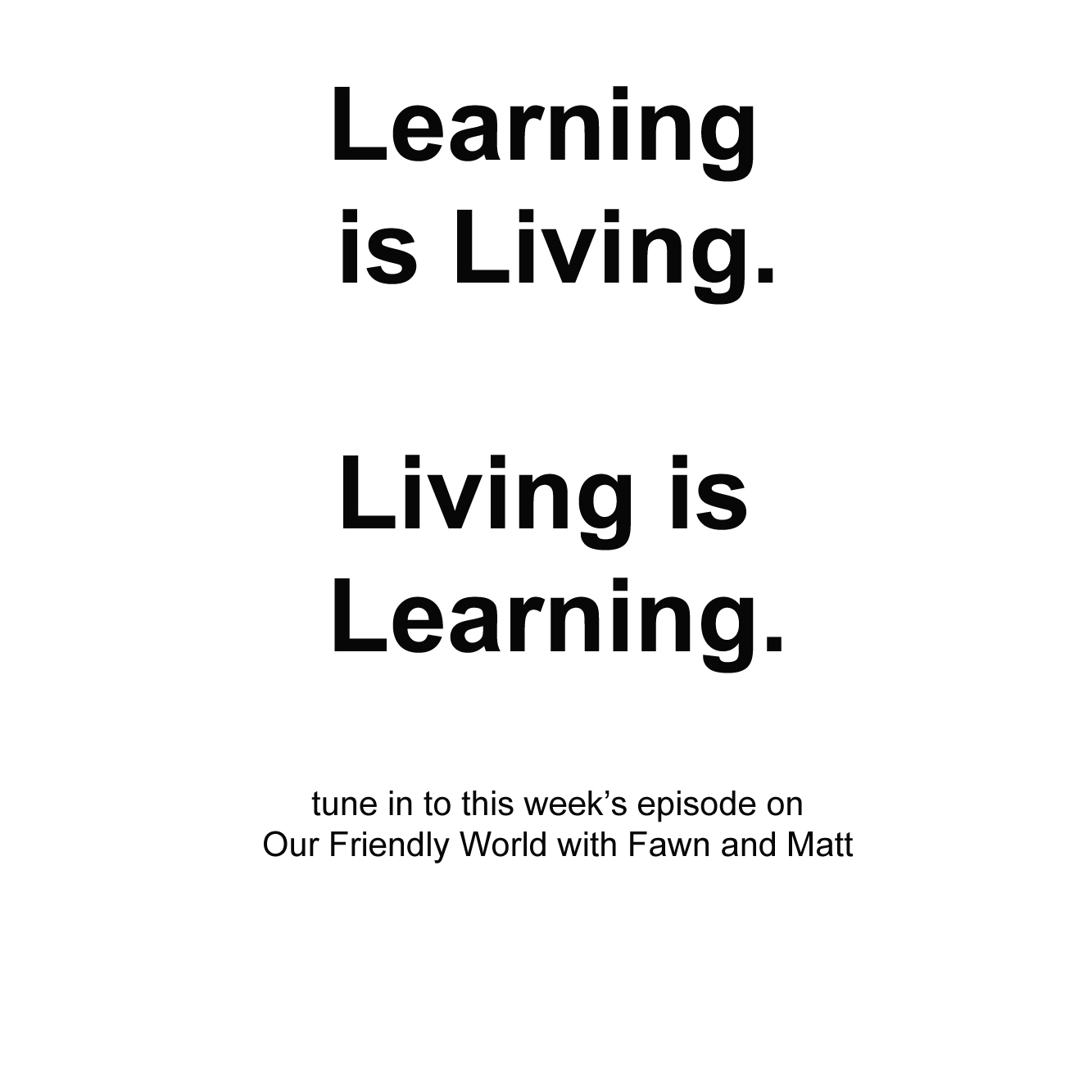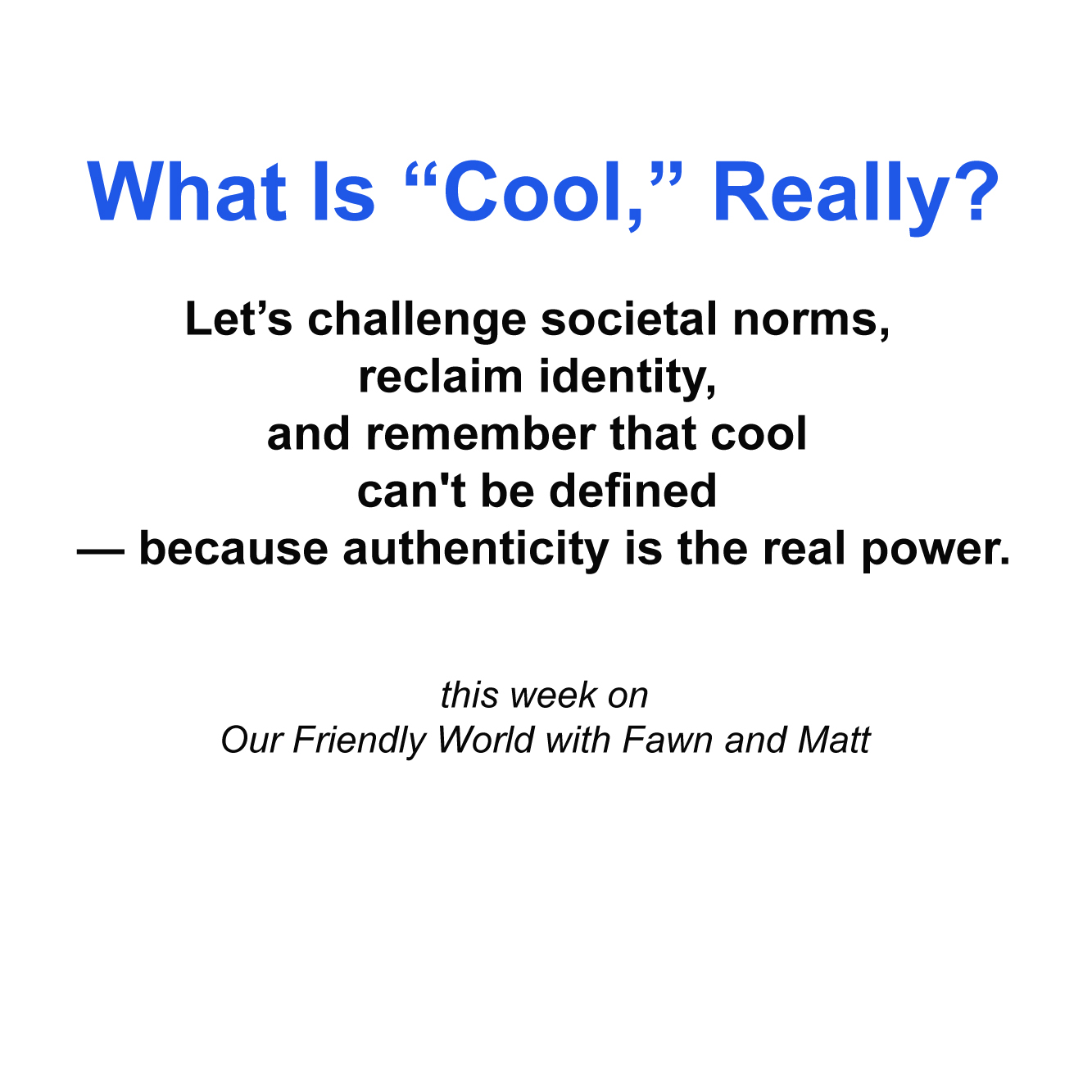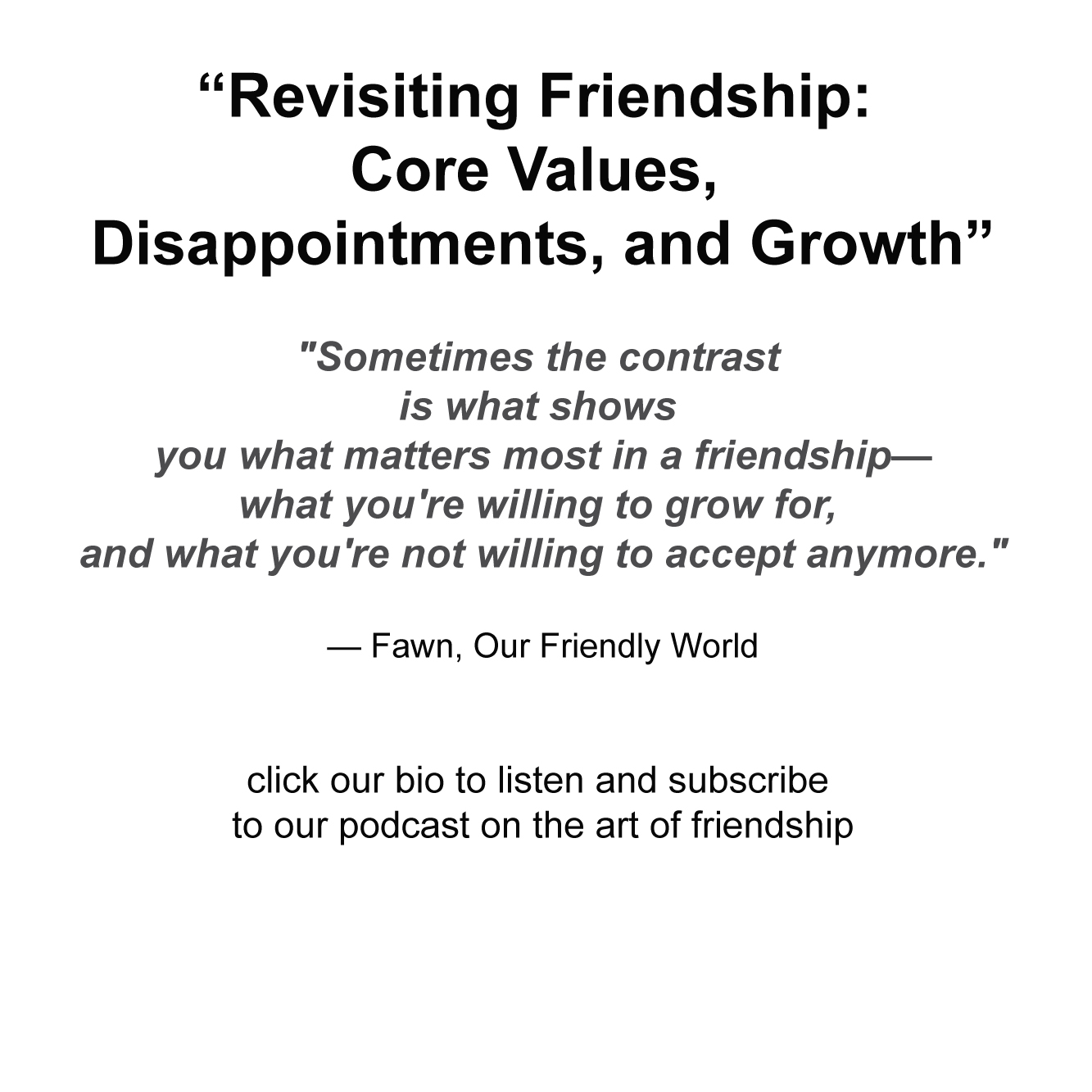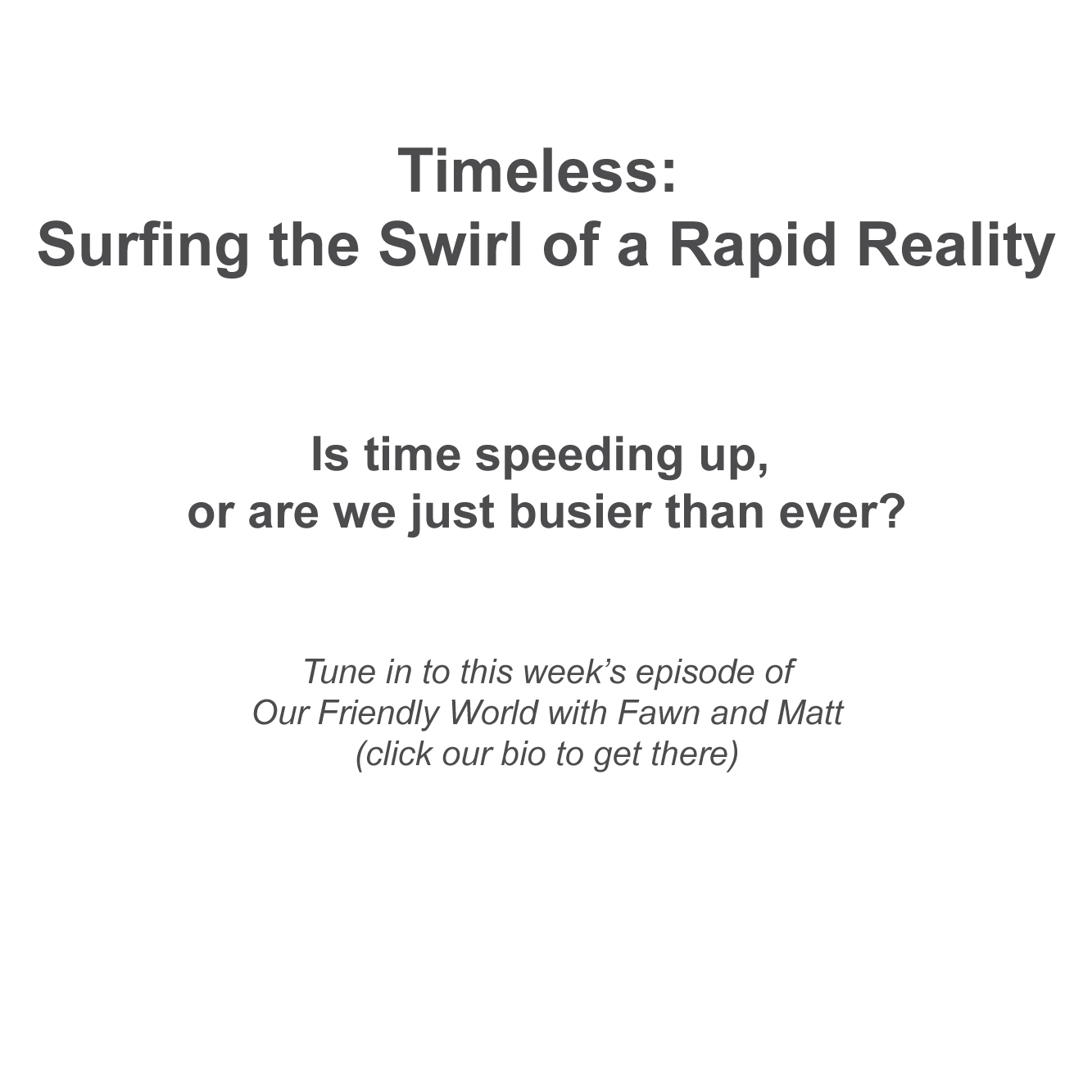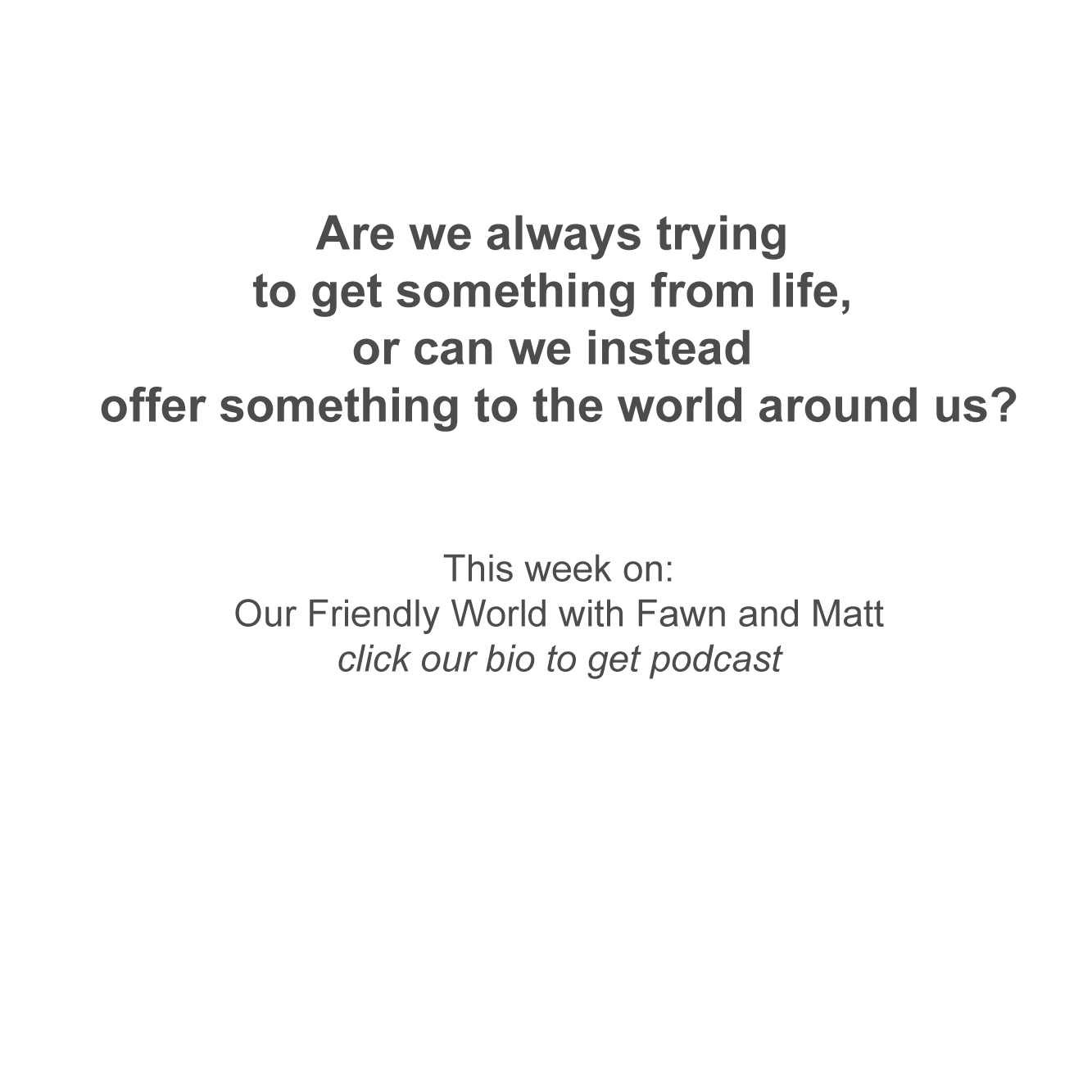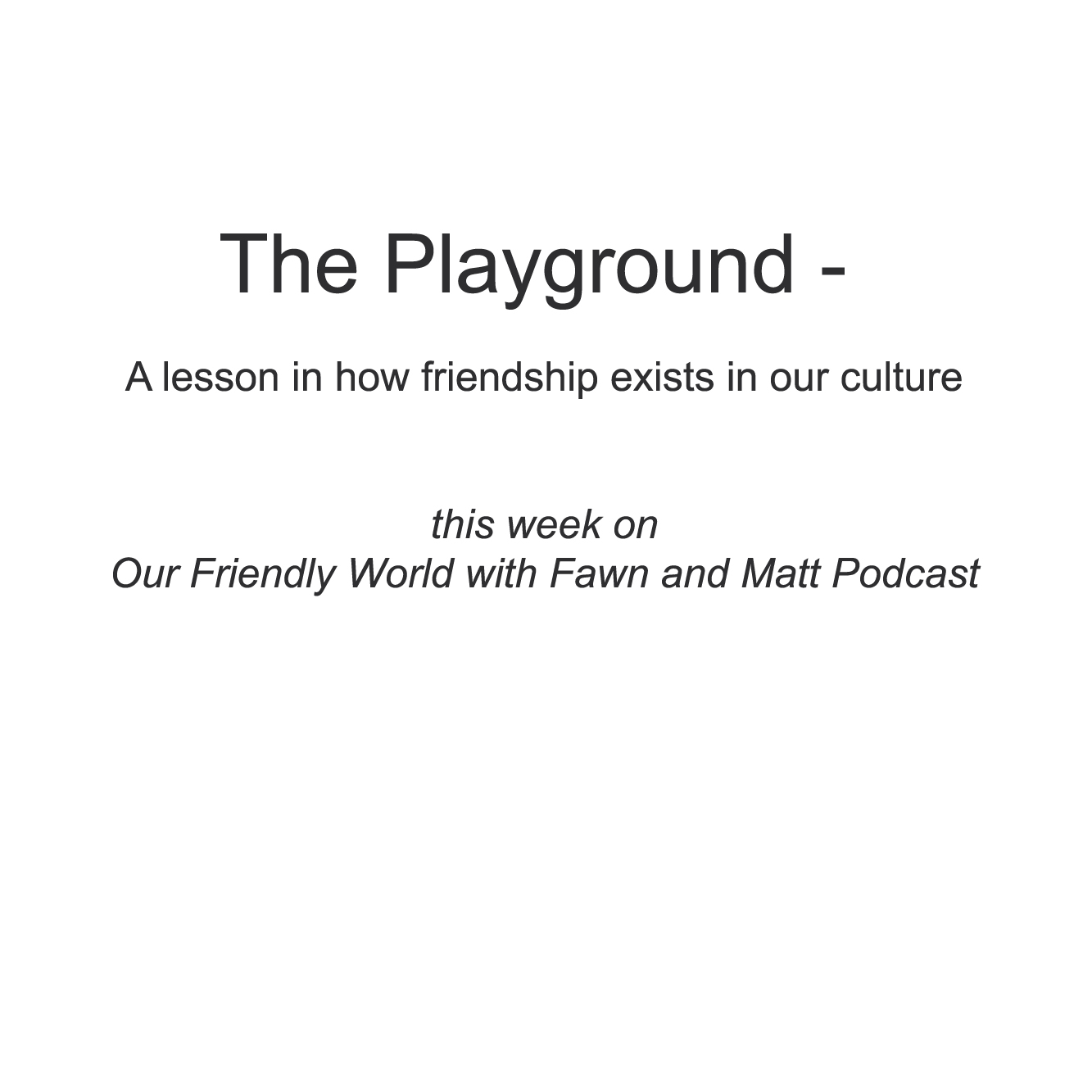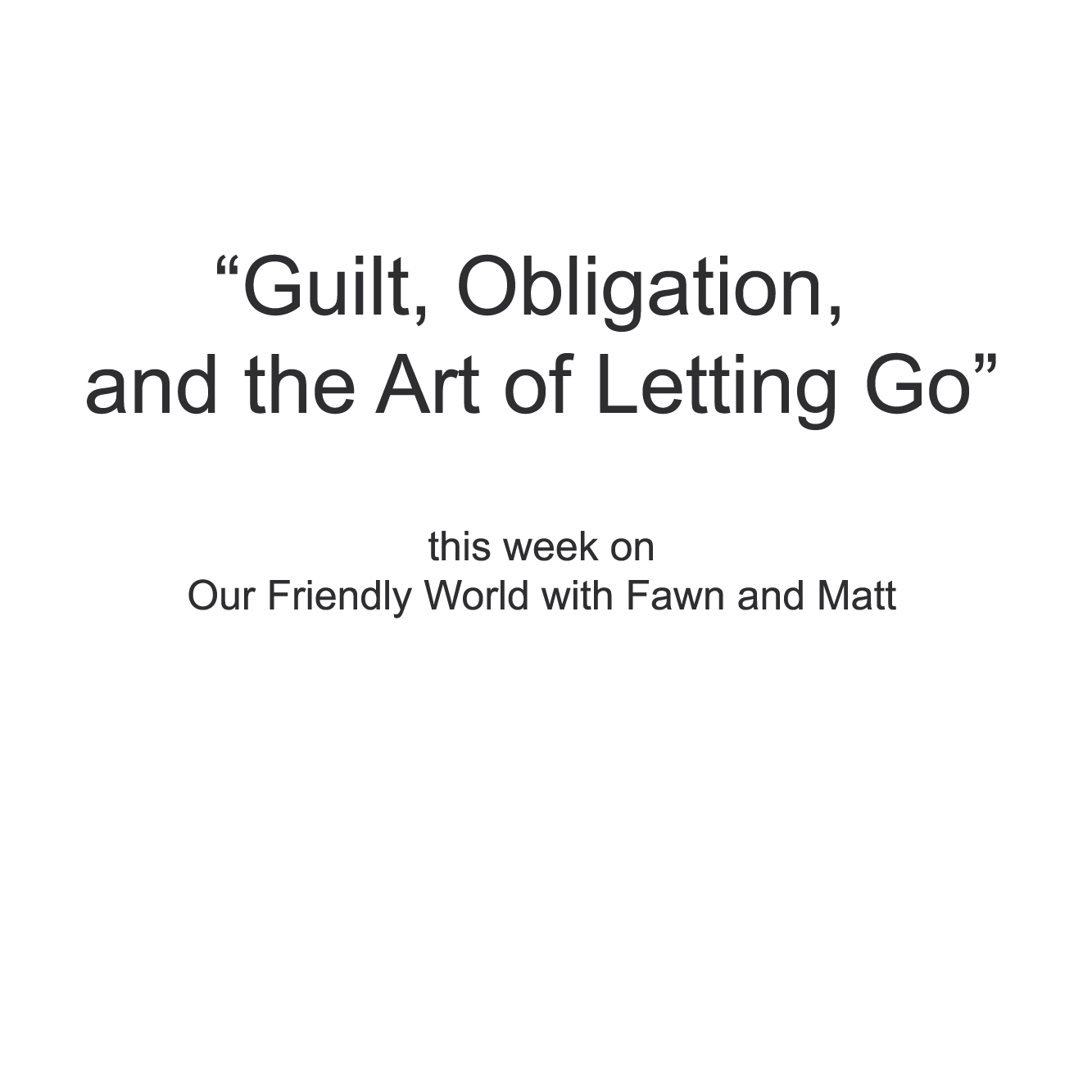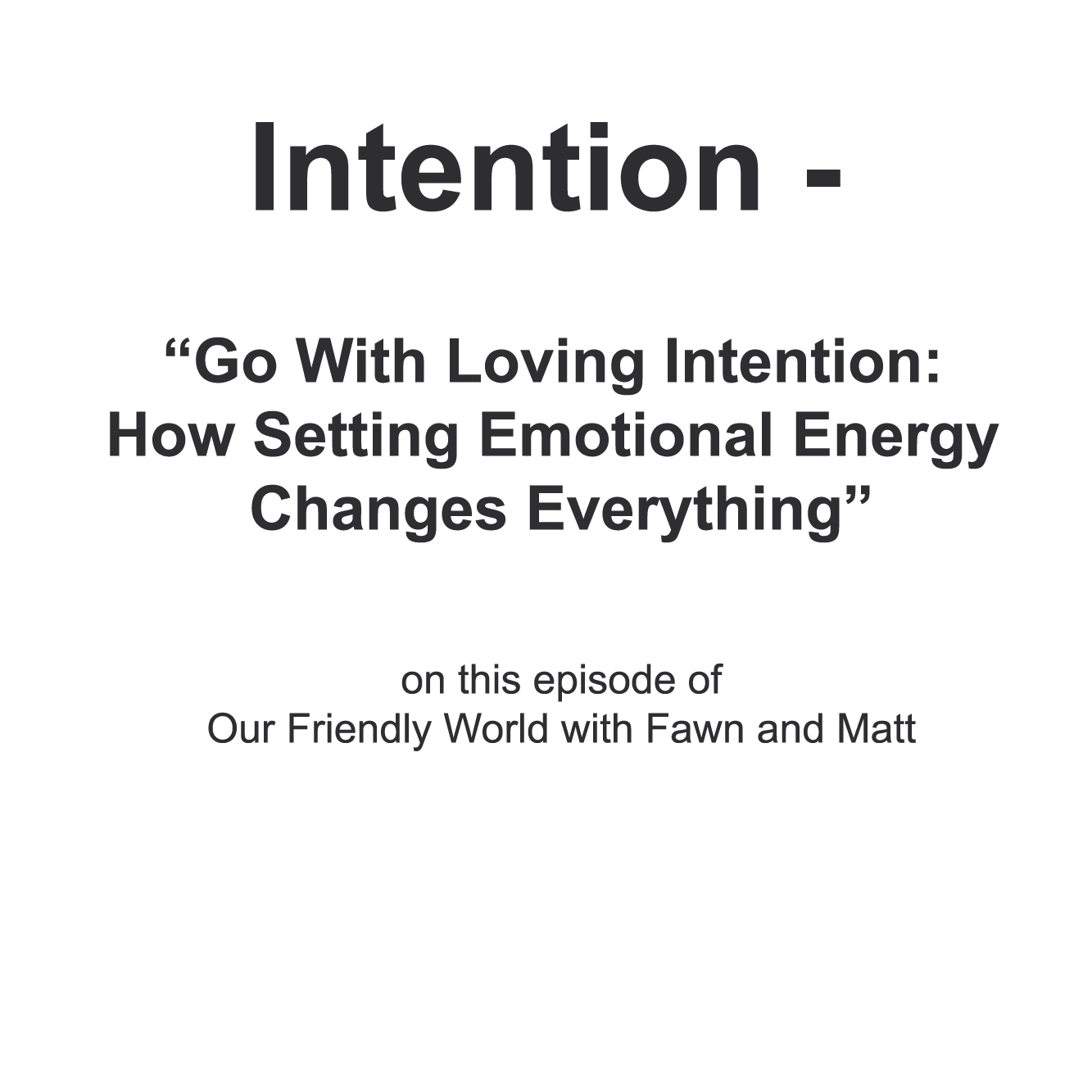A Kind World - Finding Freedom and Truth During a Tumultuous Time, with Barry Lane
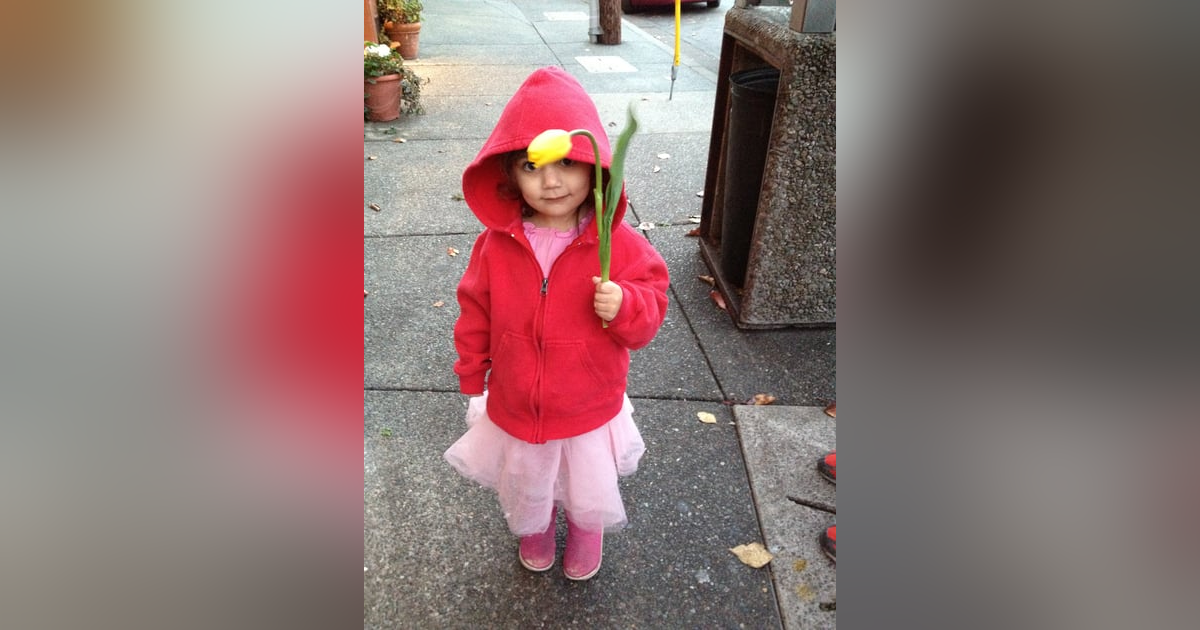
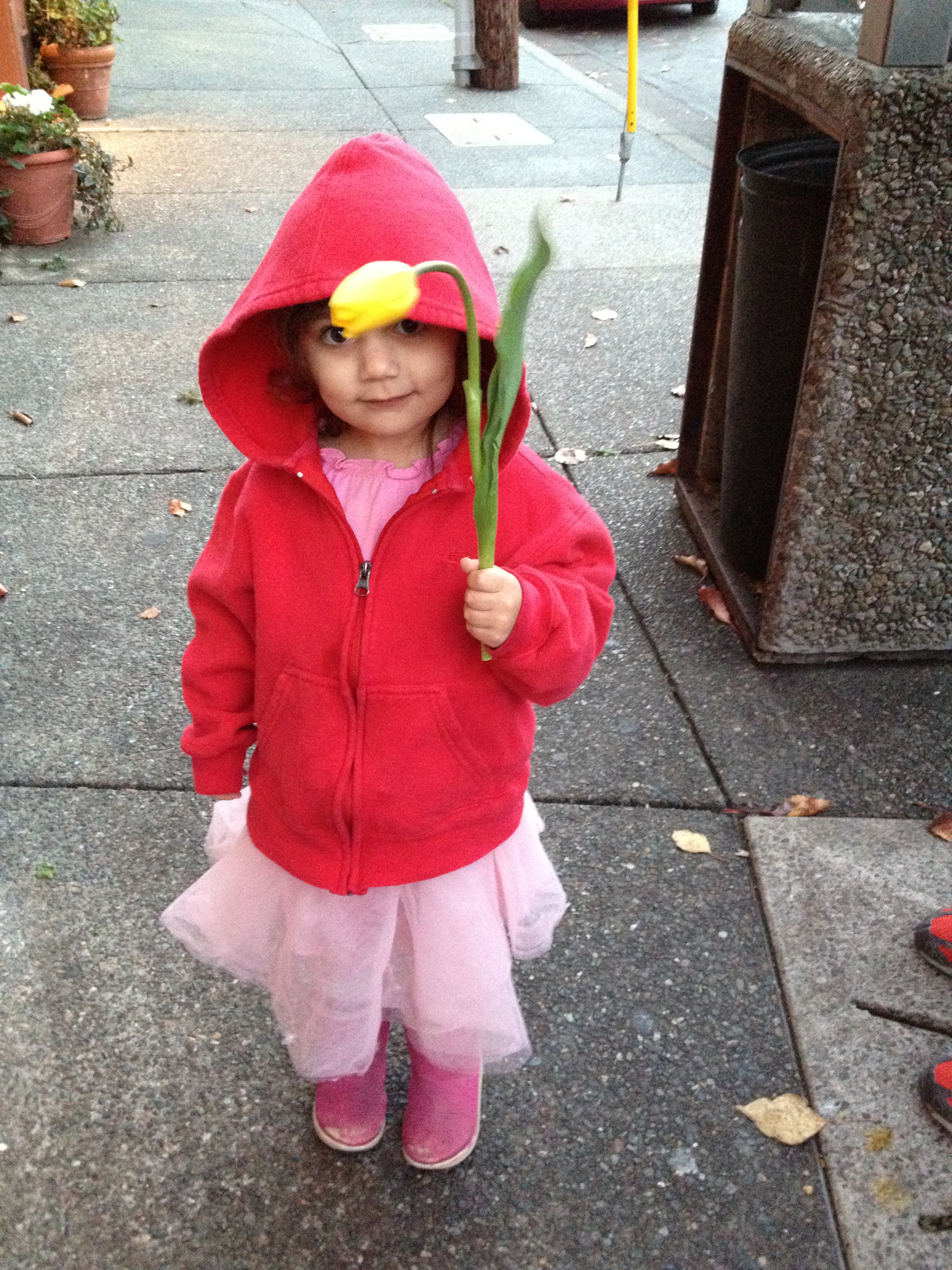
Our Kindness expert, Barry Lane is back to remind us that "Kindness is Truth, Kindness is Freedom."
Barry soothes our nerves with his sweet songs (two new songs as we record live in Barry's studio - the second song is way at the end, so make sure you catch it) and words of wisdom as we navigate a possible WWIII, Civil War, life... and shows us HOPE and reminds us that everything is going to be OK.
There are two new songs as we record live in Barry's studio - the second song is way at the end, so make sure you catch it.
Barry: https://forcefieldforgood.com/
Barry's book:
https://www.amazon.com/Force-Field-Barry-Colleen-Mestdagh/dp/1931492298/ref=sr_1_1?ie=UTF8&qid=1491102856&sr=8-1&keywords=force+field+for+good+barry+lane
Our Kindness expert, Barry Lane is back to remind us that "Kindness is Truth, Kindness is Freedom."
Barry soothes our nerves with his sweet songs (two new songs as we record live in Barry's studio - the second song is way at the end, so make sure you catch it) and words of wisdom as we navigate a possible WWIII, Civil War, life... and shows us HOPE and reminds us that everything is going to be OK.
There are two new songs as we record live in Barry's studio - the second song is way at the end, so make sure you catch it.
Barry: https://forcefieldforgood.com/
Barry's book:
Transcript
[00:00:00] Matt: Um, yeah. So how am I doing well? Um, yeah, um, challenging, um, to be honest, uh,
[00:00:08] Barry: what's going on?
[00:00:09] Matt: Yeah... So my mom right now is in hospice, so she's transitioning and I'm not dealing with it. Well, So an episode on kindness is going to be especially kind of challenging for me. Um, one of my favorite shows, which shouldn't be one of my favorite shows, but it is; it's "After Life" with Ricky Gervais , which is about a man who loses his wife and is falling over the whole time.
And the only time he cries um, in the show, cause he's, he's, he's a, he's just an ass to everyone. Like he has so much hate and so much rage and so much, and he just doesn't care anymore. And he's like, and he starts crying and they're like, oh, don't cry. He's like, it's not the world I have a problem with it's kindness
I can't handle.
[00:00:56] Barry: That's interesting.
[00:00:57] Matt: So when somebody is kind to him, it kind of tears apart, this big ginormous shield he has around him, so he can't be hurt. Um, and that's kind of where my head is at. I'm kind of going bouncing back and forth. Um, you know, my kids, they understand, but don't understand. And, and yeah, it's, it's, it's hard.
It's been, it's been challenging so
[00:01:22] Barry: Is your mom nearby?
[00:01:23] Matt: No, my mom's in California. And, you know, my mom has said specifically that she doesn't want the kids to see her in this state. So I've been staying away too. And it's not, it's not, it's not a case of unfinished business or you know, there are things I wish I would have said that I never said it's just sadness.
So anyways, so if you see me drinking a lot, drinking helps because if I drink something, then you know, I can compose myself better.
Oh, I'm sorry. Not, not, not drinking beer. Just drinking water or drinking coffee. It just helps me to recenter
[00:02:01] Barry: thinking is. Uh, are you going to go just
to see her soon or
[00:02:07] Matt: no, I probably won't know.
[00:02:09] Barry: Okay.
[00:02:09] Matt: And I don't think there's, there's an amount of vanity there. Yeah. And she's kind of 95% checked out right now anyways.
So it's, it's a very, all over the place thing. So anyways, I just wanted to make you aware of that. Yeah. If I draw away or I mute my microphone or any of the rest of that kind of stuff, I just, I don't want you to think as you it's so not you.. We love having you on the show and you know, it's going to be a great show.
Uh, cause you're a great,
[00:02:41] Barry: we talked about it yet yeah. But what I thought, what I was thinking is just, we do a lot of songs, different songs and stuff, but that we just kind of do it natural. If someone comes up, I could play it. That
[00:02:52] Matt: kind of thing. I gotcha. That makes sense. Yeah. Anyways,
[00:00:00] Fawn: Ooh guys, there is a lot going on. We need, we need a visit from Barry. We need our friend Barry Lane. Do you remember https://forcefieldforgood.com/ Barry Lane; professional children's speaker spreader of kindness, Barry lane
writer, illustrator, musician, Barry lane.
Remember
Barry, we need you. Welcome back Barry.
[00:00:31] Barry: Well it's great to be
[00:00:37] Barry singing: back.
We are one family.
[00:00:45] Fawn: Sailing on...
Sailing on
[00:00:47] Barry singing: blue sea deep blue sea. We are
[00:00:52] Barry: one family
[00:00:54] Barry singing: sailing up the deep blue sea, Be kind to be free. We are stars We are stars
[00:01:09] Barry: in one sky sky. We are birds. We are
[00:01:14] Barry singing: bird
[00:01:16] Barry: in one tree
in one
[00:01:18] Barry singing: tree
[00:01:20] Barry: We are stars in one sky
[00:01:24] Barry singing: we are birds in one tree, Be kind to be free
[00:01:34] Barry: take by hand, come with me, come with me.
[00:01:40] Barry singing: Dream of all we can be. We can't be
[00:01:47] Barry: Take my hand and come with me Love is truth
[00:02:02] Barry singing: Love is truth. It's the key. It's the key, know your heart, your heart. You will see, you will see. Love is truth Know your heart and you will see ...Be kind to be free .
[00:02:24] Barry: We are one family,
[00:02:35] Barry singing: family. hand in hand
[00:02:41] Barry: we all see,
[00:02:42] Barry singing: we see (seek said my Fawn) see
We are all one family Be kind to be free
[00:02:59] Barry: everybody
Be kind to be free.
[00:03:09] Fawn: Yay, Barry. Thank you. You guys, this shows you, when I hear a song, I hear completely different words. Like you were saying some other word. I was saying some other words you were saying the correct word Matt. And I was saying some other word. Oh my goodness. Uh, Barry, thank you. You know, there's a sign right by our door, Barry.
It was one of the last visits we had before the pandemic. I feel like. our friend Holly was going, going back home to California after visiting with us. Matt was at work and the girls and I were waving to Holly after hugging her goodbye. And we said, be careful out there Holly. And she stopped
She turned and looked at us and she said, guys, the world is a safe place. I'm like, oh, it struck me. Cause I'm like, be careful and be careful, be careful. Right. And so in that same spot that I was standing, I put a chalkboard up right by the door and it says the world is a safe place. And every time I look at it, it reminds me of what to focus on and what to bring in.
But it also, at the same time simultaneously I read while I'm reading the world as a safe place, I always in my heart, I feel like I'm reading the world is a kind place and be fitting. Totally. Why we're speaking with you is because you are the ambassador of kind, Barry, thank you so much for being with us.
There's so much, so much going on. The world is on the verge of, I mean, I can't believe I'm saying there's WWIII (World War 3), the country's on the verge of civil war, you know, even before that it was, it was already happening. I mean, a shooting every day. , it feels like emotions are running very thin and have been for years now around the world and it's become so volatile that it's really important for us to really gather around with our friends and focus on
kindness. And that is why we have our beautiful friend Barry here with us today. The show today is not really that thought out. We're just going to have heart to heart talk on kindness. Where do we begin? How, how do we, I mean, first making sense of it, you know, and then making sense of things that are happening around the world.
After everything we've been through as a collective with a pandemic and everything with social totals, like in everybody's face this time, social injustice, economic hardship, hardship. I said, heartship. Um, you know, what do we do? How. What do you do when in your face? It seems like things are hopeless.
Is it hopeless to have kindness rule around the world? Like, is it a possibility? Barry is smiling and that's why, why that's why he started looking at his beautiful face. I wish we had video. He's smiling. He is smiling, this knowing beautiful wisdom kind of smile. What are you thinking?
[00:06:35] Barry: I'm thinking that when I get depressed, I like to compare centuries.
When I go back to the 20th century and look up what was happening instead of 2022, 1922. And that was a time after world war one when the countries were, it had this giant, we were in had a world war in this century. So we're off to a good start. But the other thing is that the league of nations which was a very troubled enterprise, but at first, the first attempt to do something that we see now working very well, which is economic sanctions and the whole world, instead of ganging up with armies to gang, up with banks and all this other stuff to crush the tyrant, crush the, you know, this guy that's living in like Napoleonic Europe, in his head and who's trying to invade another country and, and wow, you know, what's happened is that the armies of peace are out there doing pretty good, you know, and I'm not trying to say there aren't a lot of problems, but boy, this is a great model to go on.
You know,if we can do it get this guy under control through our economic stuff,
[00:07:52] Fawn: you know, and you know, you know, what's so I'm sorry. I'm sorry to interrupt. Can you please hold that thought? But like, it just reminds me, but what's so weird is, as a peaceful kind of person, who doesn't want to fight, unless it's a martial arts kind of moment, then you know, then I'm all in.
If I have to, um, I'm cheering for violence, I find myself and then I feel really guilty, Barry. I'm cheering for the violence because you know, I'm seeing, I'm seeing these totally tiny little skinny ballerinas holding arms and going to battle. I'm like: Yeah. And then I feel terrible and disgusted with myself for, I feel like I'm perpetuating it.
Do you know, do you know what I'm saying? Yeah.
[00:08:40] Barry: I know what you're saying. I'm wondering if I would join the Ukrainian army if I was a Ukrainian man, man, I probably was. I was point cause it's self defense people like Pete Seeger and Woody Guthrie back in the day they, they said we got to put up, we got to stop fighting for unions and fight against the Nazis
now when they, when they went to war over in Europe. And I think this concept of a just war is when it's about self-defense, you know, when you kind of the difference between defending yourself versus, uh, kind of being kind, um, just self self-defense versus kind of, um, uh, the kind of wars that we've had, which are just kind of almost Imperial enterprises, you know, go off to Afghanistan or those kinds of things,
[00:09:27] Fawn: different.
The Canadians
[00:09:29] Barry: marched on the U S right now, or something like that. Canadians with a no. All
right.
[00:09:36] Fawn: Yeah. You're like our neighbors, our family. I mean, that's, what's happening is, and it's always, what's happened. It's always going to war with family, your, your brothers and sisters. It's it's in the Bhagavad Gita.
It's the same thing. It's going to battle with people really that are your brothers and sisters, and it's wild to
[00:09:57] Barry: yeah. The first victim in any war is truth. Right. And love is truth. So love is the first victim in any war. And, you see what's happened in Russia, they've gotten rid of all the news channels and stuff and all these great stations, uh, people that were spreading truth about what was going on and, uh, truth wins in the end.
Always wins in the end. I believe.
[00:10:24] Fawn: Thank you. I will, I will hold
[00:10:26] Barry: on. Gandhi's famous statement, you know, there'll be tyrants and for awhile it will seem like their mind is, you know, it's a house of cards. Russia's a house of Putin is a house of cards I should say. And, um, that it's going to, it will be it, the sad part is what's happening.
That the amount of suffering that has to happen, it appears has to happen.
[00:10:52] Fawn: Part of the suffering is also the confusion and the polarity of it all, you know, for example, like I said, I'm here, here. I am thinking, yeah, I would fight. Right. And then here I am also looking at the grandmothers that are totally throwing down and fighting. Grandmothers.
Right. And I'm looking at women. , I saw some footage of women taking the Russian soldiers. Like they had them in custody. And they were feeding them whatever food they had and giving them something hot to drink. And you could see the soldier was clearly beaten up. Right. And here they aren't totally nourishing them and saying, look, this is what's really happening.
The soldiers didn't know what was happening. They didn't know that they were caught up in lies also. They didn't know what they were doing. Right. And so these women were explaining, look, this is what's happening. And using their own phones to give to this Russian soldier, to have him call his mom and let her know that he's okay.
It's beautiful. Right. And that, and then at the same time fighting and killing these people like killing each other. It's I think it's that kind of, um, polarity. That really messes up everyone. If you think about it, it is so confusing and it's, so this what's the word combobulated, discombobulated combat.
I can't pronounce that word. discombobulate. Is it a word? It, this, this, we use
[00:12:30] Matt: it for, I've used it forever. I don't know if it's a real word. Um, but like, in my mind, it's like, it's so hard to be kind to like the Russian army. It's hard. It's hard to even contemplate being kind, but it's easy to be kind to this soldier in the Russian army that's standing in front of me because we're just people.
[00:12:56] Fawn: Um, that's kind of where my head that's where again, Aikido comes in, right. You're there to protect your attacker. Say what now. That's what Aikido teaches us. Our martial arts. Oh, my goodness. So Barry, like,
[00:13:12] Barry: so the
positive again, I'll say it w we have the re the fact that, you know, that story that are, that everybody is a journalist today with their phones.
If you see these remarkable videos, all that is is helping, you know, yes. It's showing truth what real truth and the Russian people are starting to get it too. I mean, it's, even though their media is so,
[00:13:36] Fawn: so I think that love, I really want to research the whole truth business. It is really complicated and, oh, by the way, another thing was a grandmother who took down a Russian drone with a jar of pickled tomatoes,
[00:13:54] Barry: she,
[00:13:55] Fawn: she flung it at it and brought it down.
[00:13:58] Barry: Yeah. That's kind of like, um,
those are the images that stick with people and, show that. That people have this great power and truth is like, is a power. and, there's love that, during war you don't think of, uh, of love Mr. Rogers, when he talks about looking to the helpers to everywhere you look, you see this incredible solidarity of people in the Ukraine.
And if we could get that at a time when it's not war for the whole world, we'd have a lot of, you know, that would be a very hopeful thing for the whole world. Some aliens attacked or something. The whole world would become the solid group of people, but, uh, war brings out the worst and the best in people.
[00:14:47] Fawn: it is the perfect timing for kindness because it's when. Things are really, really bad is when kindness is most powerful. Isn't it Barry?
[00:14:57] Barry: Yeah. And some of the memes on the internet. I don't remember the exact wording, but it was something like war is people who don't know each other, killing each other because of people who know each other, but don't get along.
And, and, um, uh, the famous world war one, truce, you know, 19 whatever year it was. Uh, do you remember that Christmas, the Christmas truce, these guys were killing each other, the Germans and the French, and because of Christmas, they took a three-day break and they just got out of their heads. They exchanged addresses, they played soccer and they actually, um, the officers had to actually force them to get back into the trenches.
Cause nobody at that point, everybody kind of knew each other. And, and um, so I think that, uh, One example of just how outdated war is as a thing, the more information people get, the less likely they are to go to war. That true information
[00:16:00] Fawn: that is true. And I think that's, that's the problem today.
And that is the biggest weapon is truth. It's the biggest weapon on both sides. For example, you know, everywhere, especially in the United States, truth is just, uh, it's a trigger word because what is truth? And nobody knows because we're also faced with so much propaganda. And so, so many versions of truth, if you will.
I don't know. But one of the, like for example, I was listening to an interview with this young man who has a young family and he was calling his father in Russia from the Ukraine. His family is in Russia. His parents are in Russia and he was trying to explain to him what just happened and what is happening that their house was bombed that, you know, all this stuff is happening.
And his father said, no, it's not. And he's like, dad, I'm, I'm seeing it with my, with my I'm right in the thick of it. Like, and his dad kept saying, no, you're wrong because his truth was so different than his son's truth, his son. And, and he was saying that he had, he just had to stop talking to his dad and he's, you know, he could have been dead the young man the next time, you know, there w there may not have been a next time, but lucky enough, he actually called again called his dad again and kept doing it.
And little by little, very little by little, his dad started to be open to believing him, but for, for a father, for a parent, not to believe their child's truth, that is deep. I mean, that is the worst kind of weapon to, to have, have, and look, what's happening to the United States. We're all so divided over what truth is.
[00:17:59] Matt: Welcome
to the world of the moral imperative though, because everybody in order to, I think stay sane, not be crazy in the clinical term. We have to believe that we're doing, we're acting in a moral way when we know we're acting in an immoral way and we know we're acting consistently in an immoral way inherently, we know that that's wrong, whatever moral means to a given person, right.
Because yeah, morality, unfortunately, or fortunately it is an absolute, but it's sometimes impossible to quantify. And by the way, for those few people out there who are heavy metal fans, I have to say Sabaton released a new album, "The War to End All Wars". It's about the great war. It's about world war one.
And they have a song called the "Christmas Truce" and they do talk about that event that happened. And it's, it's quite a beautiful song, but wow.
[00:18:55] Barry: Look that up.
[00:18:56] Matt: It's one of those like, Ooh, I don't know. Definitely not your style, Barry.
[00:19:02] Fawn: I was, I was wondering how you were going to bring heavy metal in, into this episode.
[00:19:07] Matt: Well, no, I was, I was actually going to mention the Christmas Truce before, before Barry did actually, because yeah. What we're seeing with the European war, we're seeing a lot of, yeah, it's, it's
very eerie.
[00:19:19] Barry: Those are courageous acts of kindness. And the funny thing is even the most insane dictators are leader like Hitler or Putin, they have to create lies that create truth, their own version of truth. You know, um, you know, the famous one was in Poland, you know, the same area of the world, actually back in world war two, when there were went to invade Poland, he couldn't do it because there was no reason to, so basically Putin's using the same playbook.
He says that a German speakers that live in Poland that they're being persecuted. And, there was a German radio station that was attached and they got the Polish army uniforms. They got, and they brought all these concentration camp prisoners and they dressed them in these uniforms and then killed them all, put them by the radio station and then said that, you know, it had been attacked by these Polish soldiers to start the war.
And the name of the, uh, operation, the code name was "Operation Canned Goods" it's like there was this, uh, so even people with no moral compass, they realized that they can't influence the world without having morality. So they actually use their, um, they play, they play the world course like a con man does.
Right. But they know that they believe in truth too. They don't really believe in it, but they believe that everybody believes in truth. So they, they, they need an excuse to do their terrible things and so forth. And, uh, and, uh, and, uh, so I have a song that's called, it's a new song called "Manners Politeness and Love."
And it sounds incongruous to be singing at a time like this, but there's a point there's a line of the song that I love, which is be kind to be free. and the world will see that love is truth and hate is just a lie. I think that, uh, there's a kind of a bravery, it takes what I was saying to Fawn, we were talking earlier in the week that there's a bravery to be kind; a courageousness in a world that's gone really to the dark side. And, uh, so this song is about the everyday things that we can do to, when I talk to kids about this, we talk about what manners, politeness, and love are. And they're basically, they're not just rituals, you know?
And I was in the south one since everyone's so polite that I'm here, we were talking to this guy who said, "yeah, you'd be polite too if you've got a backhand across the face, as two year olds just said something rude",
not that kind of polite, this the kind of true politeness, uh, one of the things that Tim Snyder in his book on tyranny says is the 20 things to do at a time like this. One of the things he says, look, make eye contact with people, especially people that you don't agree with constantly be, be there for them.
So they see you're a real person. And it's true that what's really true is what's happening between you and I, not what you heard on on the radio or something. So it goes like this: (Barry begins playing the guitar and singing)
manners
[00:22:38] Barry singing: politeness and love
shine like the stars high above
when the sky grows dark, is it light you must think of
manners, politeness, and love
how are you
today? You're welcome.
Don't worry. We'll find a kinder way.
Open your heart to the sky. Remember your when
and your why
Be kind to be free and the world will see love is truth and hate is just a lie. Thank you. Sorry. How are you
today,You're welcome don't worry. We'll find a kinder way.
Yeah.
[00:24:11] Fawn: Thank you so much, Barry. Yeah, we will find a kinder way. Barry this is why I love talking to you. Anytime something happens, I get a text from Barry, after the major shootings here in Colorado at the supermarket Barry sent me the kindness notes in the midst of it all.
Like when things just seem so unkind and horrible, Barry always sets us straight. We will find a kinder way. Let's just remember that. And, and the truth, you know, your heart always knows the truth. You can feel it. You can always feel when something is not true. Don't you find like a long time ago, I had a friend who was very, very spiritual, um, religious, she's east Indian.
It was actually in India, we were walking around and out of the blue. She's like Fawn. And for those of you that are not religious, just bear with me, just think about it on a, on a universal scale. But like, out of the blue, she like got really thoughtful and we were shopping for saris. Do you know what I mean?
Like, we weren't at a temple or anything. We were shopping and she, she looks at me she's like Fawn, do you know when something is from God? Like, and I was, I was, I was thinking of how to reply. She's like, let me tell you, so I'll tell you what she said. She said, you know, it's from a place like that because you feel a lightness and, and I think that's the truth.
Isn't it? Barry? Isn't it meant like when you, when you are faced with something. You always know in your heart what the truth is, for example, you know, I don't know if it's me just being super psychic, but do you all feel this? Not that you're not psychic, but like bear with me. So someone is telling you something and it's an obvious lie.
Don't you find that your brain kind of like a computer pauses?
[00:26:22] Matt: (Matt laughs) As we all pause.
[00:26:27] Fawn: No. Do you, do you feel a pause because something doesn't quite click together,
[00:26:33] Matt: right? Well, I don't necessarily pause, but you're right. I enter into the state of very, very confused, especially if this is somebody whose opinions and knowledge I trust and they're telling me something, I know isn't true.
It's. You hit that world where it's like, wait, something doesn't fit. There's a puzzle piece. I've got one puzzle piece left and it doesn't fit in my puzzle.
So what's going on
[00:26:54] Fawn: and it doesn't have to be this like, um, propaganda kind of stuff. Like you ask someone, how are you, your friend? How are you? Fine.
I'm fine. Hi. How are you? And you know, that's not true, right. Even if you don't know what's going on, you're like, whoa, really?
[00:27:09] Matt: Right. And then of course, then the person makes the decision whether or not to actually tell you what's really going on, but
[00:27:14] Fawn: you know, you know, in your heart.
[00:27:17] Barry: Okay. And you're a total psychopath, but most people aren't.
And, uh, the, uh, one of my favorite things to watch on YouTube is "The Behavior Panel" I don't know if you've ever watched that these, these four guys. Oh, they're amazing. Therefore guys that consult all around the world with world leaders and their interrogators and they, they do videos. They show videos of people and they just tell you
uh, whether they see deceitful behavior and their eye movement to Nick, it's kind of like that show lie to me that was on TV or whatever, but they, uh, they're very good at it. But one of the things people do when they lie, like people who have done horrible things, they, they start doing this thing where they, they move back and forth or they stroke their arm.
It's called self soothing and behaviors. Cause people are like, uh, they're afraid. My feeling about that is people are, um, truth is like a safety in a way, you know, and it's unsafe uh, to be in a world without truth. And so they sooth themselves, this is why villains have nervous ticks, I think in movies, in this kind of a, a thing about it.
And that, that makes them kind of feel uncomfortable. Even people who know, they know they're lying and that kind of thing, and truth is something much more, um, uh, you can live there. Uh, it was, uh, I don't know who said this, but you're only as sick as your secrets, in life, you know? And, you know, Dostoevsky they ask you, you're talking about Russians and "Crime and Punishment" a great novel about a guy who figures out he can murder his landlady and get away with it. And that would be in life. And there's all these justifications for it. Just kind of, not a very nice person and that kind of thing, that whole novel is about uh, basically this guy who has to reckon with what he's done. And so it sort of rips them apart and it becomes redeemed in the end, but it's like he needs faith to even, to be able to reveal the secret and that kind of thing.
And it's really, one of the great Russian novels . And I think one of the things about Russia is there are a lot like America in a way, it's a big country and they think big, even though they never had democracy, when they do , they're going to be a great democracy. It's a funny thing to be saying right now, but, um, they're going to be a country like Ukraine in a few years, I believe.
And, uh, I think we made a huge mistake after the Berlin wall came down. We should have done much more to woo them into the European union. It was so bizarre. I lived near Portsmouth, New Hampshire. There's Russian submarines off the coast, still patrolling, and you know, and we're still the Soviet union's gone
and yet there's still all these things happening in the world. We haven't done enough to dismantle all that nonsense, you know? And what Putin did almost seemed like a guy doing like a comedian today doing mother-in-law jokes or something. It's just seems so out of time, you know, what he did in the Ukraine, is so 19th century, you know what I mean?
It has the quality of that man. And as a country, as a world, um, peace does not come by everybody singing kumbaya, that kind of thing, people are still going to be part baboons part bonobo. They're going to, they're going to be part peaceful and part nasty. And, but peace comes when the peaceful part becomes a real commitment to the whole world.
And if you don't want to look at something positive, you know, you can look to that. Um, you know, that, that family, that family, that fed the Russian soldier, but you could also look to all these companies that are actually losing huge profits by pulling out of Russia and doing all this stuff. This is huge.
I mean, that's like a very positive thing. And one of the things that we're so upset about is we have so much more information too today that we know about, we're much more conscious of all the things that are going on in the world, so that doesn't really make it any better but I think it makes it, uh, you know, when Victor Frankl who wrote the "Man's Search for Meaning" was in the concentration camp, you know, one of his, uh, it's the only positive memoir, uh, of that experience that I know of; positive in that you walk away going, wow, this guy learned a lot there.
One of the things he did is he imagined himself lecturing about that experience, 10 years later and which he actually did. He wrote a book about it and so forth. And I think that's one way to find peace is to look ahead and then look back and say, WOW This was a time when the entire world, except for China, that's another story, but got together and basically said, you know, enough, this is not behavior that we can have in our world.
And, uh, that's a great model for peace.
[00:32:28] Fawn: Yeah, I mean, am I wrong? Did I hear this right? But like when the fighting started, even the Taliban said, whoa, we don't need to be doing this. The Taliban!
[00:32:40] Barry: Yeah, yeah, yeah.
Yeah. I think that it's a, that's the positive part of the story, I think. And, uh, the history of what this is going to be.
This is a really important period. And on a bad day, it feels like history is going to end, you know, but on a good day, we can look back and say, wow, this is where we learned that you can, one person, just one person in the world can't destroy the lives of millions. They can try, but we're gonna, you know, fight back ,
should have a song about
[00:33:17] Matt: that. We're going to fight back and we're, we know we're going to be shown that we're not alone in standing up to this, I think is also key
[00:33:28] Fawn: and there are many ways to quote unquote, I don't like the word fight here, you guys, but there are many ways to create a better world. You don't necessarily need to pick up arms unless they're your own arms.
And you're hugging somebody. And I sound like a total outdated hippie. I'm sorry, but do you know what I'm saying? Like, there are ways, there are many ways you may be in the midst of battle, but you can at the same time hold what you want in the future. Hold, the feeling of kindness and hold the feeling of a harmonious society.
It's very easy for me to say in our kitchen right now, a kitchen that is stocked with food and
[00:34:15] Matt: coffee,
and we can't hear conflict in the distance or
anything.
[00:34:18] Fawn: I mean, we can feel it. Yes. And I mean, we still see conflict. I mean, you know, here too. I dunno. It's hard. And then the guilt thing comes up and what you were saying at the beginning of the show, Matt is then when you do face kindness, when you do see kindness, it breaks you because you just want to
weep,
[00:34:40] Matt: I don't think it breaks you in.
Uh, okay. So it seems like it breaks you in a bad way, but I think it breaks you in a necessary way. Yeah.
[00:34:50] Fawn: And necessary a way like a, how a mother or, you know, a parent, a loving person holds a baby and the baby starts sobbing, you know, like when you fall and you skin, your knee, when you're little, right. And then someone is really kind to you, that's when you start crying.
Right. That's when you realize, oh, that's right. I have so much pain. You know, there's always that pause where you hold it together. And then as soon as you're met with an embrace and maybe that's why, what, you know, Barry, you were talking about the villains, how they rock back and forth, or like they fidget like that.
It's kind of like being embraced by, by a mother and by mother, I mean a loving source
[00:35:34] Barry: yes
[00:35:35] Fawn: everybody's seeking.
[00:35:37] Barry: Yeah. It's like the villain's lulaby. It's their nervous twitch,
[00:35:42] Fawn: oh my God. The villains lullaby.
[00:35:44] Matt: Oh man. See, I just continually think about the time where you were in deep trouble and you just played with a piece of lint in your pocket.
[00:35:53] Fawn: Must you bring that up? Oh my God.
[00:35:55] Matt: I'm not going to say
what it is. I'm just going to say that's what you notice yourself doing as a kindergartner
[00:36:00] Fawn: hold on. Now we have to explain what that is. We can just go, we can't leave our friends out there. Not knowing. This is very, very embarrassing and disgraceful about me.
Something about me that is very disgraceful. Do you guys want to hear it?
[00:36:16] Matt: No
shows about kindness not meanness
[00:36:21] Fawn: well. Oh, but I have to now I'll just, I'll just make a brief, I won't get into the gory details, but I was in kindergarten and I beat up a little kid for no reason, but. I just had a villainous kind of thing come take over me over an eraser at the table. And I beat up this kid and then I walked away like nothing ever happened.
And then later that kid comes like stumbling back, holding his head. Cause I beat him on his head and the teacher was right there. The whole class was against me. And the only comfort I had was going in my jacket pocket and just holding my lint, the lint in my pocket was my only, only friend. But in that time, although I was the total villain, I, I knew I had what I had done and I knew the injustice that I was responsible for and I really needed comfort.
And I think that's why I ended up lashing out the way I did was because things were so bad in my life at that point.
And, you know, some people don't have a lint to turn to. I had my lint,
[00:37:33] Matt: well, I think everybody finds some thing once they come to that absolute breaking point. And for some people, you know, this is why people get so devoted to their pets or because they do provide some element of that soothing,
[00:37:51] Fawn: unless you don't like a Hitler or Putin,
[00:37:56] Matt: Hitler loved
dogs,
[00:37:57] Barry: Hitler had a dog.
[00:37:58] Matt: I mean, and that's the most messed up trivial thing to remember, but, and there were concentration camp guards who fed birds and, you know, on and on and on, uh, Yeah, it just, there's, there's a lot of really messed up things we can talk about and, and these kinds of trivial kind of things, but, you know, in the face of so much, I think just moral sense of wrongness that kind of sinks into your body.
You need to do something to feel good. Hmm.
Or at least something to say you're not alone or something to S to, to be brave. Or, you know, now for me personally, and I tell people this and nobody ever believes me, but I don't believe in quote unquote secrets. If I tell you something and you tell the whole world, I feel like that's on me for even like thinking maybe I could trust you with it or whatever.
The fact that I tell somebody means that I need it to get out for whatever reason. And what that person chooses to do with that information or what that, whatever, I mean, you know, if they choose to broadcast it to the world, then that's what they choose to do, because I've already made a choice to share that information with someone else.
So, you know, I, I, you, you kind of lose control and this is one of the things people it's, one of the really insidious bits of truth is that there's such a desire to share truth. And there's such a hunger for just genuineness and truth in the world that on some level, doesn't matter if it's like really evil or scandalous or anything else, it's just, it gets out there.
And for me to then what, be mad at somebody that I cared enough about to share a truth with. Wow, that seems like just it, you know, I, I always say poor on me, but it's it's yeah, it's just. It's hard to explain, but that's kind of my philosophy. I just don't believe in
secrets.
[00:39:52] Fawn: Do you think that's why bank robbers end up telling people what they did?
[00:39:56] Matt: Well, there is a again, yes, there's a desire to share.
[00:40:00] Barry: This is, uh, uh, one of the Bahai writings is probably hidden words. It's one of the, is, uh, I forget I don't have it right in front of me, but it, that justice is, is God's gift to people because through it, you'll see through your own eyes and not to the eyes of another.
and that it's sort of a gift because it allows you. It's something that exists. That truth actually exists in the world. Yes. Yes
[00:40:31] Matt: he does. Once
[00:40:33] Fawn: Barry's dog my goodness.
[00:40:36] Matt: Hello
[00:40:37] Fawn: It's Barry's dog, everybody.
[00:40:38] Barry: Well, when it gets too small, this is like one of those things and it's just, I'm afraid of I'm choking on it. Right?
[00:40:45] Fawn: What is your dog's name?
[00:40:47] Barry: His name's Rishi, which means Ray of
light in Sanskrit He's part Bichon and part shih tzu. So I call him a shit's on,
but he's a beautiful doggy
and
dogs are like in cats. Now, there there's such comfort in times like this, It takes you out of yourself and They take you out of yourself and, and just simple compassion, you know, um, I have a song called be kind that I do with kids. And one of the lines is teach your kitty how to purr, scratch your neck and pat her for help your doggy wag his tail.
Your sweet love will never fail. There are ways of practicing love, you know? I mean, and I imagine in war time, it's more, it's more than probably a may, will accentuate that, you know, that because you're literally protecting them. Were meant to,love and it's what makes us feel safe now, whether it's a puppy or some lint in your pocket, ,
[00:41:56] Fawn: it's.
I was going to say, or just finding beauty, finding beauty, bringing beauty in in some way, I always go back to Martha Stewart, who right after nine 11, someone asked her, what do we do? And she said, well, go find a flower, bring it in, put it in a vase. Whatever you're surrounded in, like wherever you are, try to make it as beautiful as possible.
Start with your immediate surroundings and make that better. So it could be, it could be taking care of someone you love, like your dog, right? And it could be taking care of a plant. It could be taking care of just something really simple whenever you have, make it better and nourish it. So nourish your home, nourish your own self, nourish your loved ones, with whatever you can find, whatever you can create.
[00:42:52] Barry: Yeah,
[00:42:53] Matt: absolutely. And, and providing comfort to people around you. Like I want to say the high point for me this past week was me sharing interesting information with people. I used to work with people I haven't, hadn't connected to in a while and actually giving them information, that's going to help them out.
That was the highest point of my week. It wasn't getting something or, you know, having an awesome pastry or anything else, you know, that was the high point. And then, you know, kind of the second high point was getting, getting a hug from one of my little girls.
[00:43:29] Fawn: Can I tell you mine too? So I had a high point because of what, what obviously is happening around the world and within our family, with the passing of your mom and everything, you know, I, um, you know, there's so many things that have been happening at the same time.
And so my kind of high point came from one of the low points and, you know, I always say it's really, it's really important for you to figure out the people in your life, what role they play. Is it a number one, number two, or number three role in friendship, for example, what kind of friend are you and what kind of friend do you really have going back to again, Aristotle and the Nicomachean ethics of friendship.
Like there's a friend, who's friends with you because of how they feel around you. There's the second type of friend who is friends with you because of what they're getting from you. And then there's the third friend who is friends with you, regardless, because they just love you. You're ugly. You're happy.
You're upset. It doesn't matter. They're just in, in love with you. And that's the true friend. Right. And it's hard because sometimes even me it's, you know, even though I've been working on this for a long, long time, it's hard to realize, oh, this person is not what I thought. Right. Which is fine. Everyone has a kind of friend that is that particular kind of friend for this thing or that thing.
Do you know what I'm saying? And
[00:45:06] Matt: there's nothing wrong with having a huge quantity of these kinds of what do you want to call it? Level one and level two friends.
[00:45:12] Fawn: Yeah, absolutely. Nothing wrong. Yeah. There's, you know, there's room for everybody, but if you're thinking, oh, this is my number three friend. And then things happen and you're like, ah, Oh, well, so for example, my low point this week was I texted two of my friends that are like sisters to me.
Right. And I said, first at first I sent a GIFF, a GIFF or JIFF, whatever know I sent them the little tiny moving pictures and it was this cartoon character, totally sobbing, crying like inconsolable. And then after that, I said, I feel so alone and scared right now. And all I get is a text that says you're not alone.
And I never got another text or anything again. Right. Crickets, crickets, yet people I didn't expect to even like be there or anything. They were there constantly with phone calls and texts with prayer. With healings. Right. You know, like, and I didn't even ask them, you know, I didn't even like tell them, Hey, I feel alone.
[00:46:33] Barry: I think
that, uh, yeah, I think that we learned about friendships through the ones that evolve. The ones that are transactional turn into something else, you know, um, you know how friendships can be like, that person is dependent on you, but you're not dependent on them. You know, they go, you don't go to them when you're vulnerable.
And I had a friend like that who, um, you know, we were friends, but a lot of it was me being like, uh, a sounding board to him, you know, to whatever. And then my dad died suddenly. Um, right after my second daughter was born and it was very, it was really painful time. And he came to the funeral and we went for a walk and we still remember. I knew exactly where we were the swing set, where like, when we used to, when I was a little kid, I used to hang out and he just he's, he was, he just sort of put his arms around me and I just wept, you know, and it was like, uh, you know, I, I didn't even know I was going to do it.
You know what I mean? It was like just this moment. And, and that transformed a friendship from then on, of course at that point, um, you know, and I think today with texting and all the nonsense that we have, there's a lot more transactional relationships, you know, they, oh, I read this book called "Reclaiming Conversation" by
Sherry Turkle and she talks about how people will go through their texts and they text back to the people that are more high status first. And then they go down the line. If you hear from him in two days, you'd know that you're low on their friendship list, that kind of thing. And I think that kind of transactional stuff is so much easier to do through texting.
Right. But in real life, you know, you know who those people are usually, you know, people that show up and those that don't, you know, that kind of,
[00:48:38] Fawn: but at the same time I have to defend the texting Barry because that's all we have.
[00:48:44] Barry singing: Yeah.
[00:48:44] Barry: I'm not saying it's bad. I'm saying it can create that kind of world to
[00:48:50] Fawn: make it more easier.
I have some friends and you know, all we have is text and WhatsApp because that's what we have because we're so far away, distance wise, like physically. But I feel them holding my hand. I feel their embrace. Wendy, I'm talking to you, Martine. I'm talking to you, you know, I, you know, yeah. I don't, I don't want to tell you, I want to embrace that as well, because you can feel it much like the truth.
You can feel a genuine friend holding your hand. You don't have to be there physically. And I think that's what trips people up sometimes. Like they disappear because they feel like, oh my God, I have to do this grand gesture that I don't have the capacity for. But really all it takes is a simple text, but like just something to acknowledge that you're still there.
You're there with them. You know, I am still holding your hand through this mic. I am holding your hand to you listening. I'm holding you. I'm holding you. I'm I am embracing you. I'm not going to let go. Feel that, 'cause that's the honest truth. Well, much like truth, you know, like, you know what uplifts you and you know, what's a lie,
so in a text you can tell there's discord or if it's holding hands, why are you looking like that again?
[00:50:20] Matt: I hear a, I hear a clock.
[00:50:22] Fawn: Yeah. I've been hearing a tick, tick, tick.
[00:50:24] Matt: Are you wearing, are you wearing a wristwatch?
[00:50:27] Barry: Oh, oh no. What it is and take this thing out. Hey, putting this was cluck in lake office.
[00:50:36] Matt: I'm sorry.
[00:50:37] Fawn: I just started hearing it as an editor now of, you know, a podcast. I hear everything and I've been noticing it this whole time and I've found it quite, um, soothing, soothing. Yeah. Oddly, oddly Erie at the same time, because of what's happening in the world.
[00:50:55] Matt: Right. Well, no,
[00:50:57] Barry: it's going to sound like an episode of 60 minutes during this
[00:51:01] Matt: and there you go.
I'm sorry. I just completely derailed us . We need to get back.
[00:51:05] Fawn: No, that's fine. That's fine. It's all. It's all good. It's all good. It's all conversation. So Barry. Oh, Barry help
[00:51:14] Barry: I could do like
a song. There's two songs I wanted to do, but one, maybe I do the one that I did. You talked about a little earlier, which is called, "Be Kind"
it's really simple. It's a Calypso song and it kind of has a beat by
[00:51:30] Barry singing: we'll try it.
[00:51:31] Matt: Oh, he's pointing at us. I think he wants us to do.
[00:51:34] Barry: Yeah. Yeah. You guys slap it on the table.
[00:51:38] Fawn: Oh, I can't hear the beat. I can't hear you thumping. No, it's funny. It goes out the sound good. Yeah, the sound
[00:51:46] Barry singing: goes out.
[00:51:47] Barry: I'll just try it, see how it goes
Be
[00:51:57] Barry singing: kind.
[00:51:57] Barry: Be kind to someone
[00:52:05] Barry singing: cut
out to her
for.
How does smile
to someone
sit beside me. I'm the rock.
This girl or boy
will know what's right then
car.
[00:54:34] Fawn: Yeah. Hey,
[00:54:38] Barry singing: it's a Calypso
[00:54:38] Barry: song.
[00:54:40] Matt: And you know, honestly, when I'm kind on a, one-on-one kind of like. I get this like mischievous, like my brain, different parts of my brain fire that don't necessarily fire in some and by fire, I just mean neurons. But, um, that, you know, when you're kind of just doing what you're doing, you're just kind of going through your day and doing whatever it is you're doing.
There's a certain, I don't know, there's a not fun-ness to it. And there's a funness to kind, there's an uplift. There's a mischievous for me is mischievous. I don't know if that's for everybody. Totally. But I always feel like I'm doing something a little bit naughty,
[00:55:17] Fawn: actually the random acts of kindness, or you do something and you run
like random acts of kindness. It just uplifts you for a while. Yeah. Yeah. Why does it feel mischievous? Cause I know exactly what you're talking about. I feel the same way I'm like, and then I have to run. Why what's that? That's that's that's another topic that's deep. That's deep.
[00:55:44] Barry: Yeah, it could be the just there's
no, I think a lot of what people do in life is transactional.
You're doing, trading things with people, but kindness for its own sake, sort of like, uh, it's uh, the line in my other song, open your heart to the sky. Remember your, where in your why. Where are you? Why are you here? That kind of thing. And I think that kindness is a way of saying that you don't work for it.
You're not an employee of kindness. You're not a friend who trades things with each other, but you're doing it out of just a pure, there's like a purity of motive that I think makes us realize our, why, you know, I think that that's, that's one of those and the mischievous part, I think that's kind of like.
You're a rogue. You know, if you're living in a world where everything is, you're thinking about it, people get set to pay a hundred thousand dollars to go to college. So they be in debt and fearful their whole life about money and all these other things that prey on our lower brain that make us feel fight or flight response to the world.
Whereas kindness as a way of escaping that. When you're kind, you don't need money to be kind, in order to be happy, you know, to a certain extent, we need kindness. Kindness is like, uh, I think, it, fulfills an existential primal need.
[00:57:09] Fawn: That is perfect.
That is the perfect way to hold that thought. Let's just stay here right here. This the world needs you. The world needs. Help the world to be kind. And remember, make eye contact. It is all about what is happening between you and me. Hold it right there. That's where kindness lives and that's the ripple that will be created and go all around everywhere.
Let's just hold that and we will talk again in a few days, Barry. Thank you. Thank you for this beautiful reminder. Thank you for the truth. Thank you for your kindness. You are an exceptional, beautiful, loving friend. We are so lucky. We are so lucky, Barry, thank you
[00:58:11] Barry: to be with you guys. So thank
[00:58:13] Fawn: you. We love you so much.
[00:58:15] Matt: Absolutely. And if this isn't enough for you, because God knows it isn't for me, we do have an earlier episode with him.
[00:58:22] Fawn: We do, and it's, there's a link to it right in this episode. And remember, go to forcefield for good.com. You will find Barry's work. He is an amazing speaker. He goes around and speaks with children and he, he he's, I'm telling you, he is the ambassador of kindness.
I'm not kidding. He is an amazing writer, illustrator, obviously songwriter and a musician, a phenomenal human being. https://forcefieldforgood.com/. Check him out, get his music.
[00:59:01] Barry singing: Thanks guys.
[00:59:02] Barry: It's been really a pleasure just hanging out with you at this real difficult time. I know that, uh, in the end everything's gonna work out great.
That's
[00:59:12] Fawn: what I think kindness will prevail Barry.
[00:59:16] Barry: Yes. Kindness will always prevail if we let it. And I think we have to practice it. It doesn't take much, it can get a kitty or a dog to start and starting your neighbor next. It's something that grows in time and protect your ability to love because that's where the, that's the heart of who you are.
[00:59:42] Fawn: Yes. Protect your ability to love very much. Love you guys. Thank you so much.
[00:59:49] Matt: And remember you're not alone.
[00:59:51] Fawn: Make eye contact. It's all what's happening between you and me. Love you.
Barry Lane
When we help children to recognize and act from their “higher self, they take pride in their good behavior and encourage others to do the same. Kindness is its own reward, not simply a way of avoiding punishment. In this talk author/singer Barry Lane shows how his songs help transform a rule-bound, anti-bully school culture, into a joyful place where students act freely as individuals to create a “Force Field for Good”. Songs and assembly information can be found at www.forcefieldforgood.com . Follow @barrylane That amazing troubadour of joy, hope, and song is coming back. He tells me a school without music is a prison not a school. Barry wants us to know music heals, music inspires, music matters. Most of all Barry Lane wants us to know music belongs in our public schools.
Love is Truth. Kindness is freedom. Be kind to be free. In this talk author/singer Barry Lane shows how songs can create a greater degree of self-awareness that helps students and schools move past a compliance model of kindness, to one where students are encouraged to act from a place of intrinsic nobility. When we help children to recognize and act from their “higher self”, they take pride in their behavior and encourage others to do the same. Together we weave a Force Field for Good.
https://forcefieldforgood.com/ https://www.youtube.com/watch?v=vzimmQaLzo8















